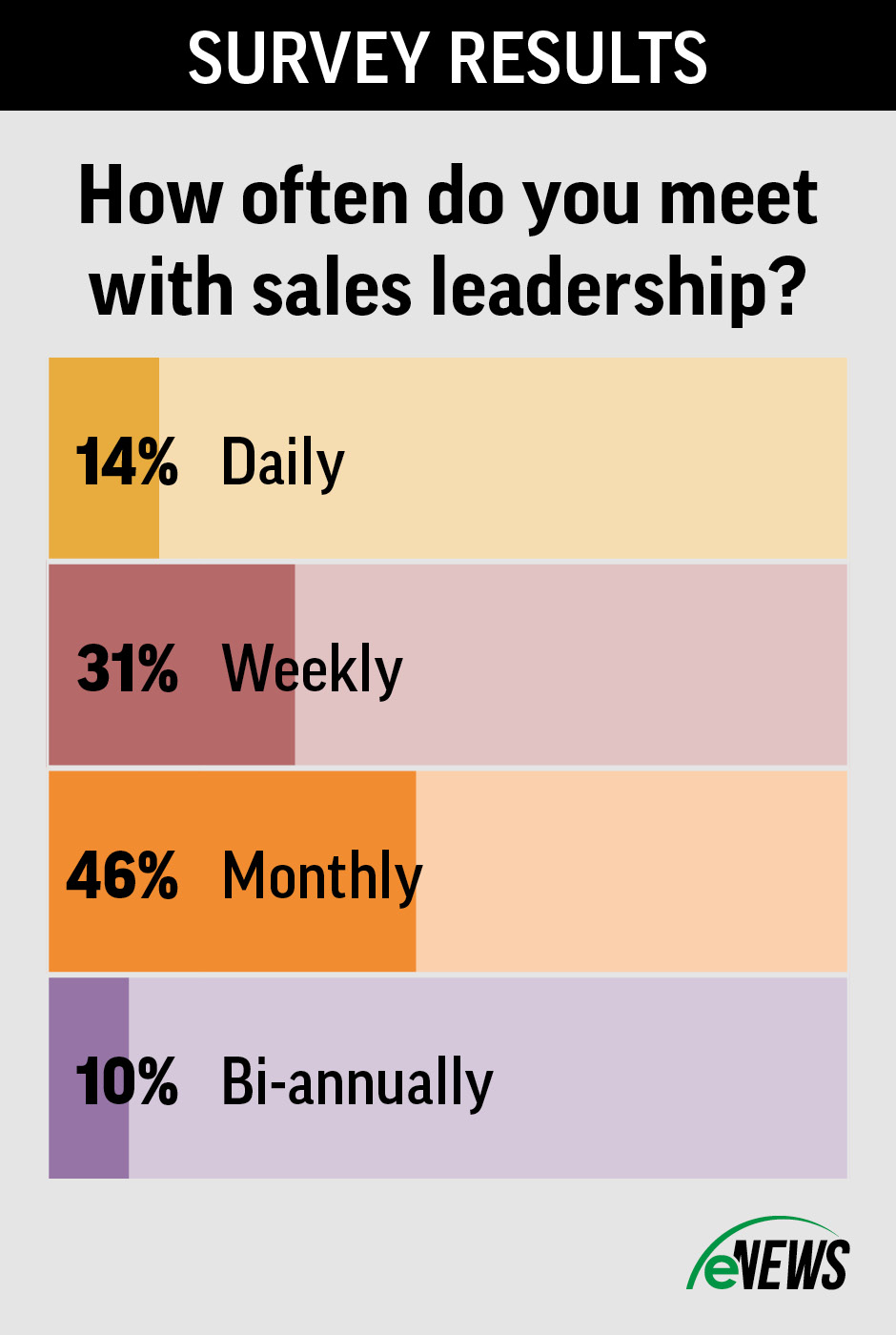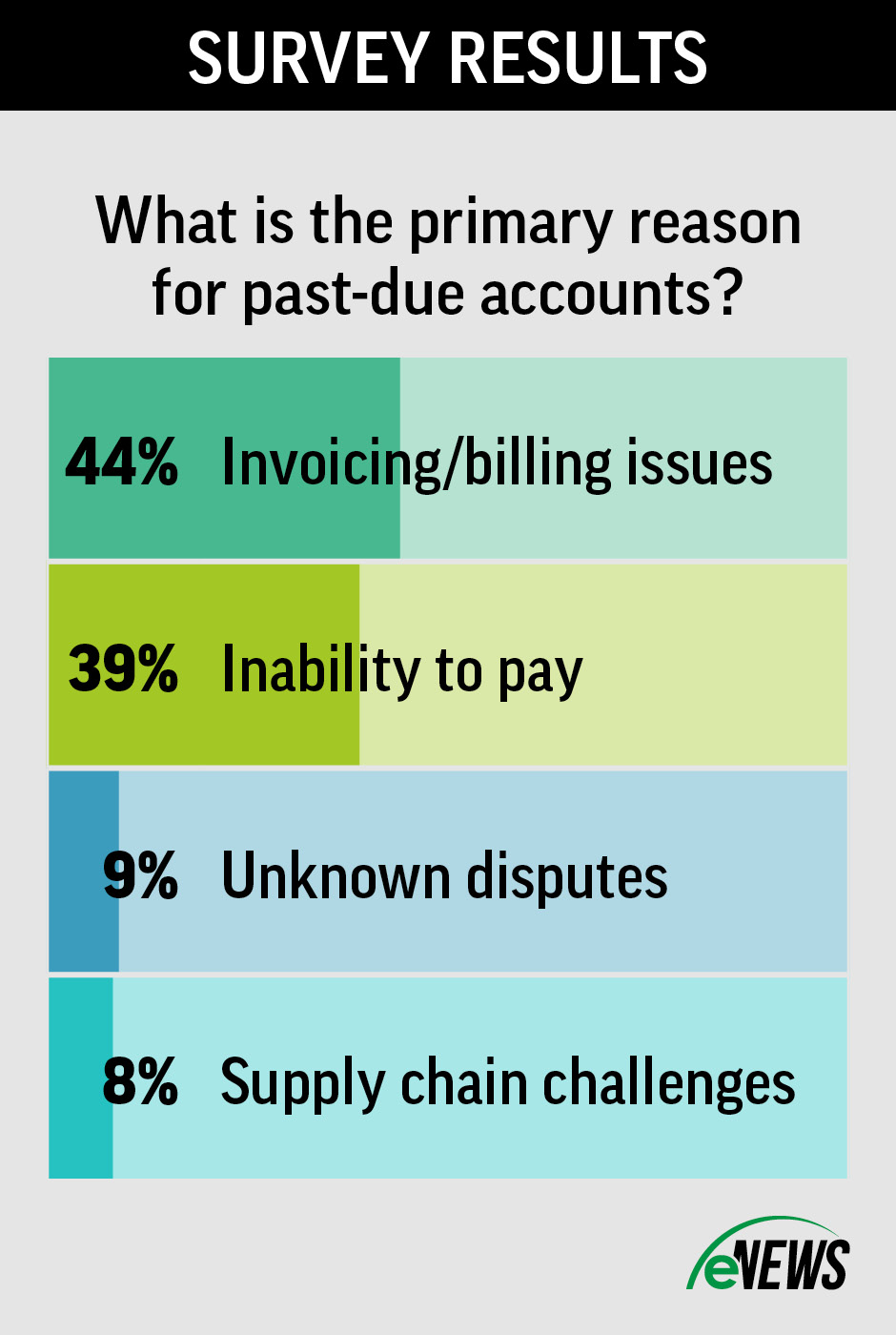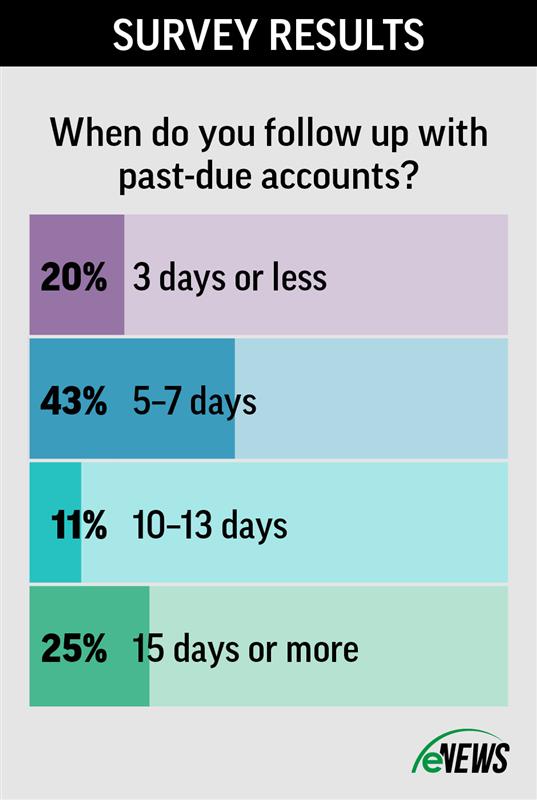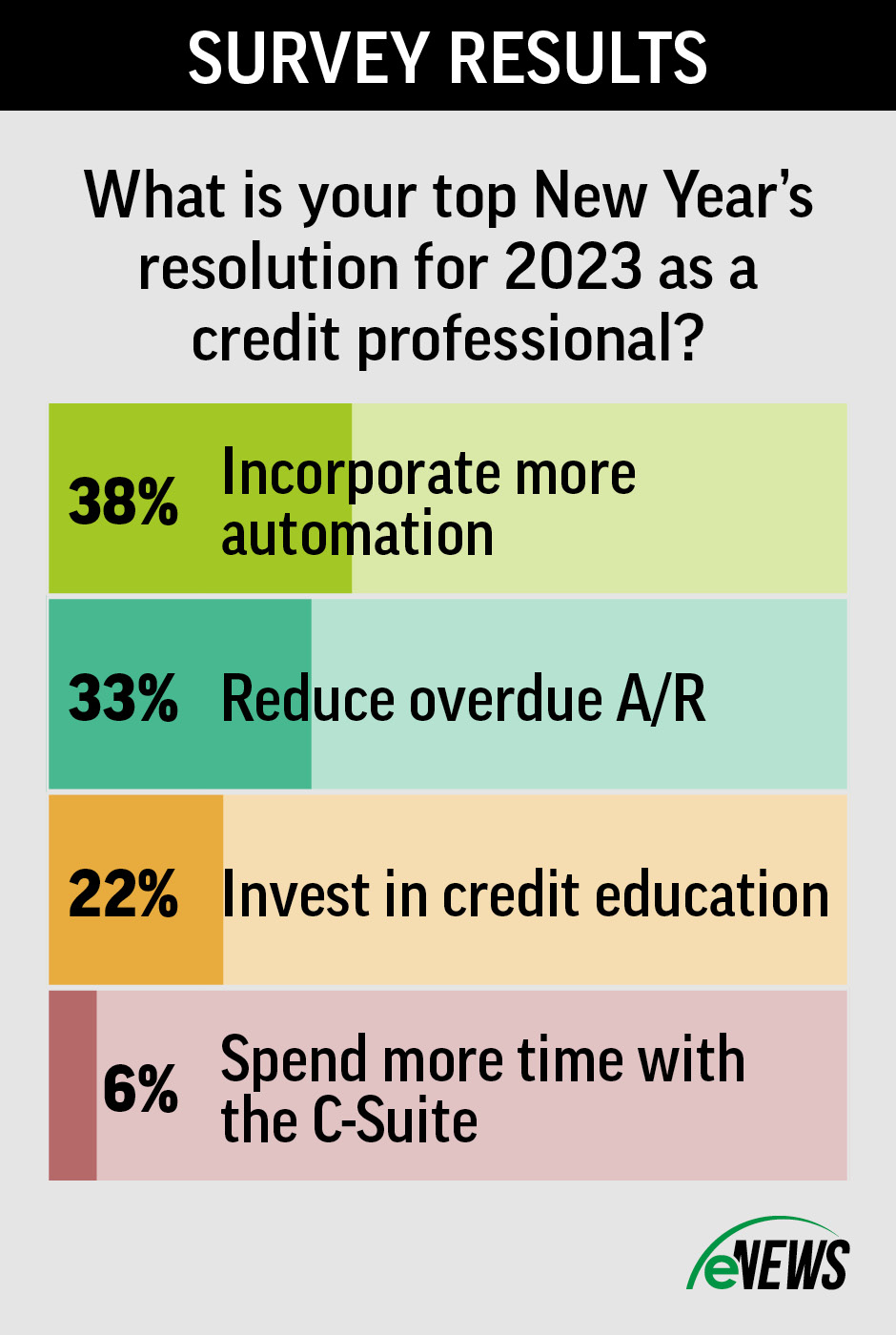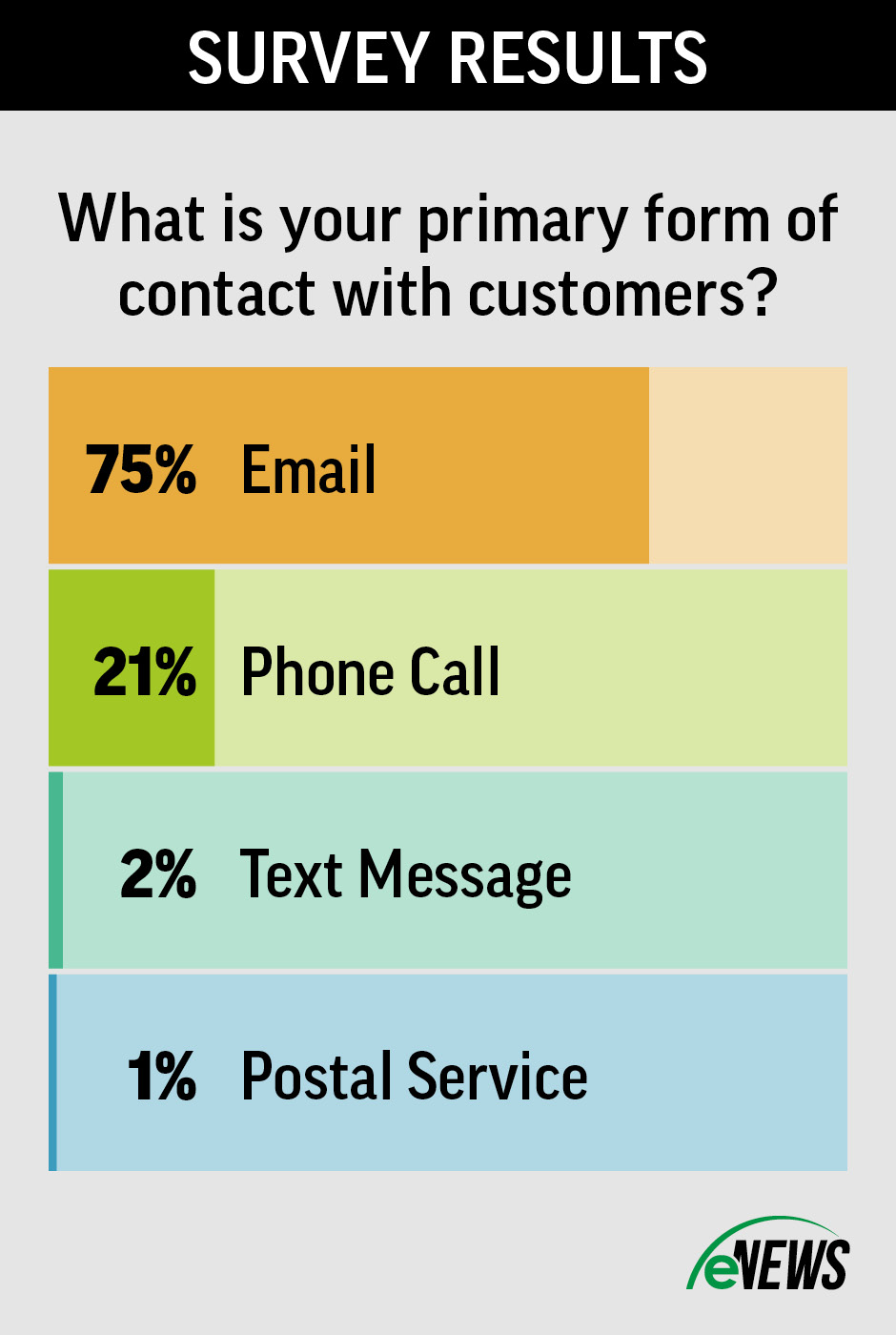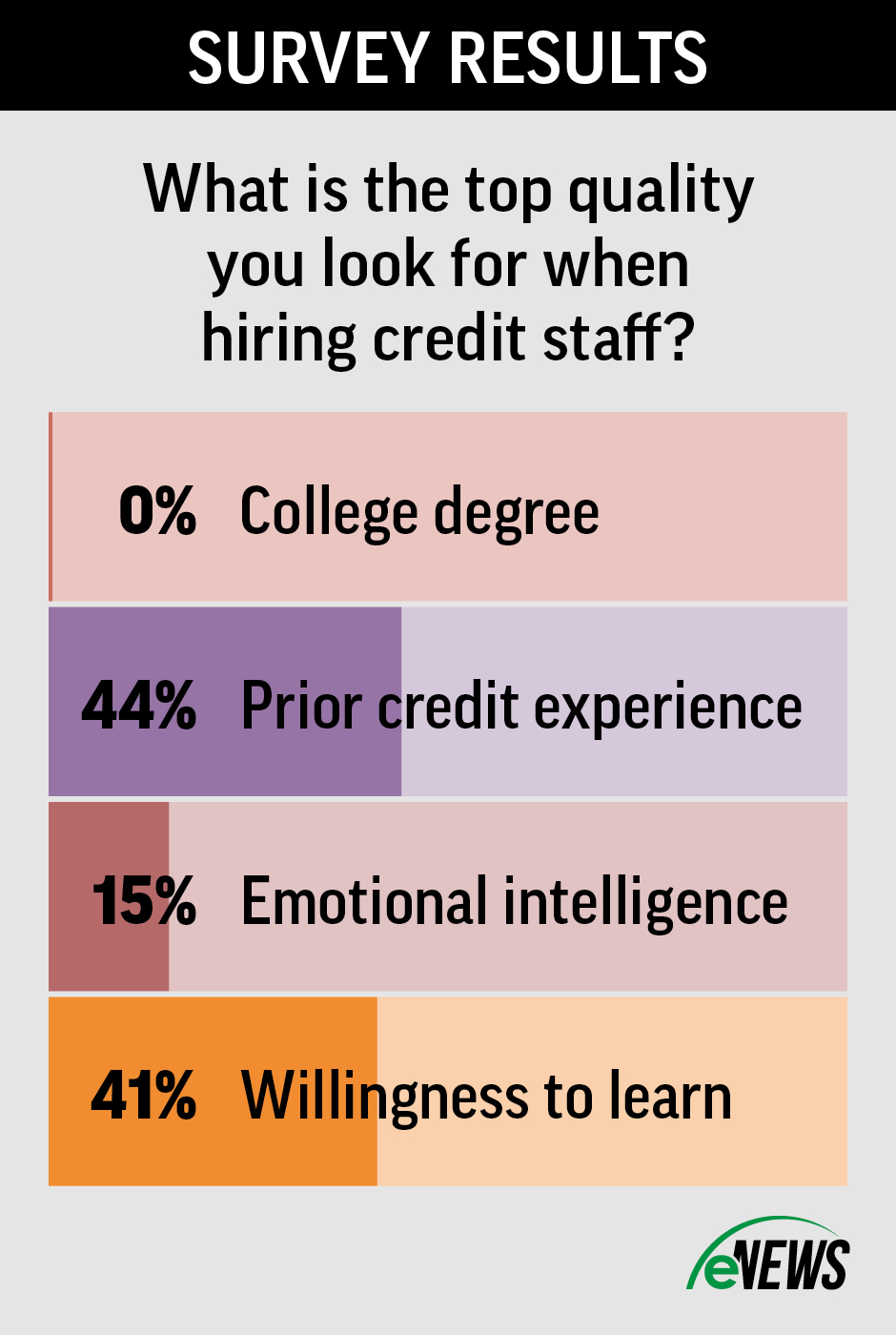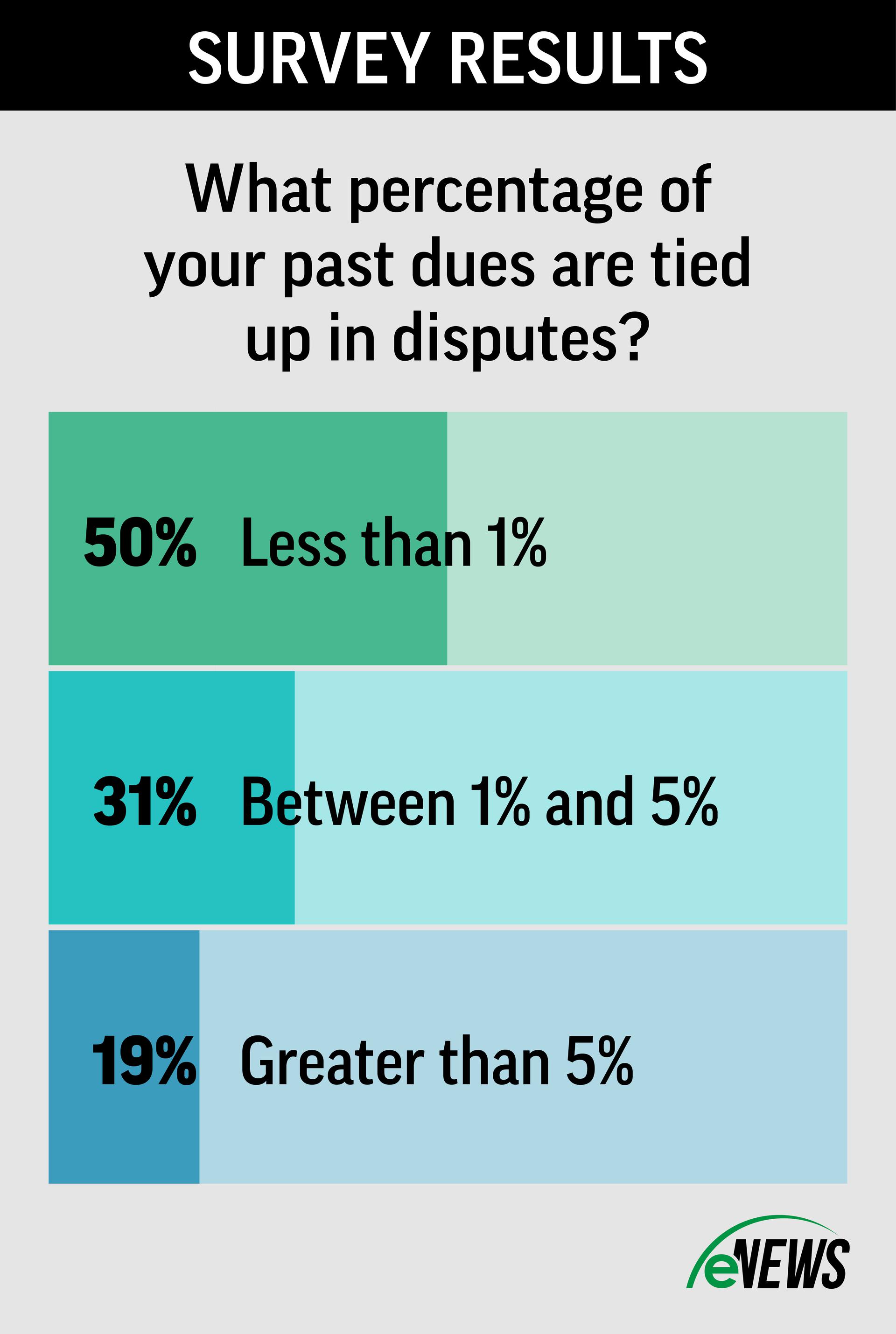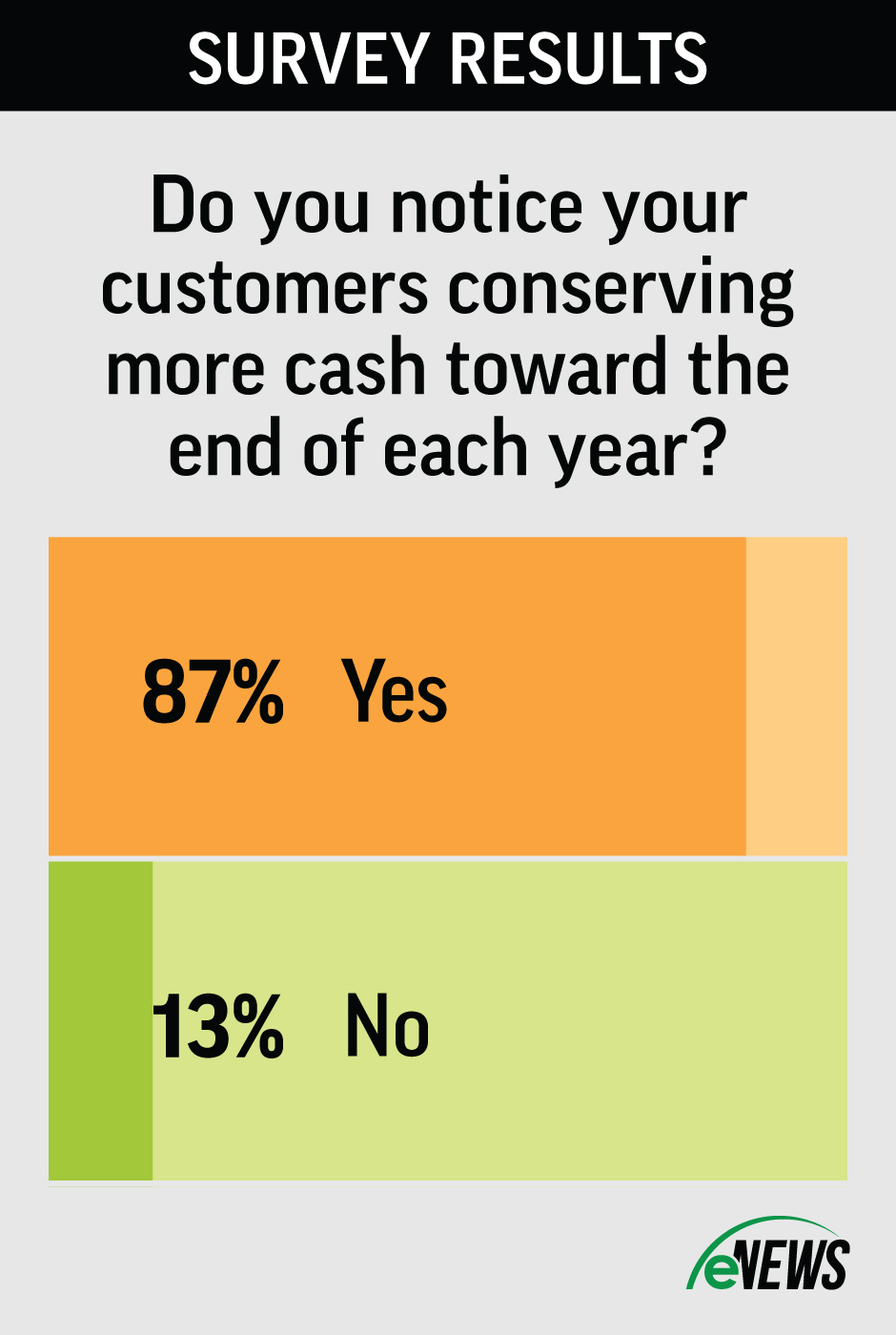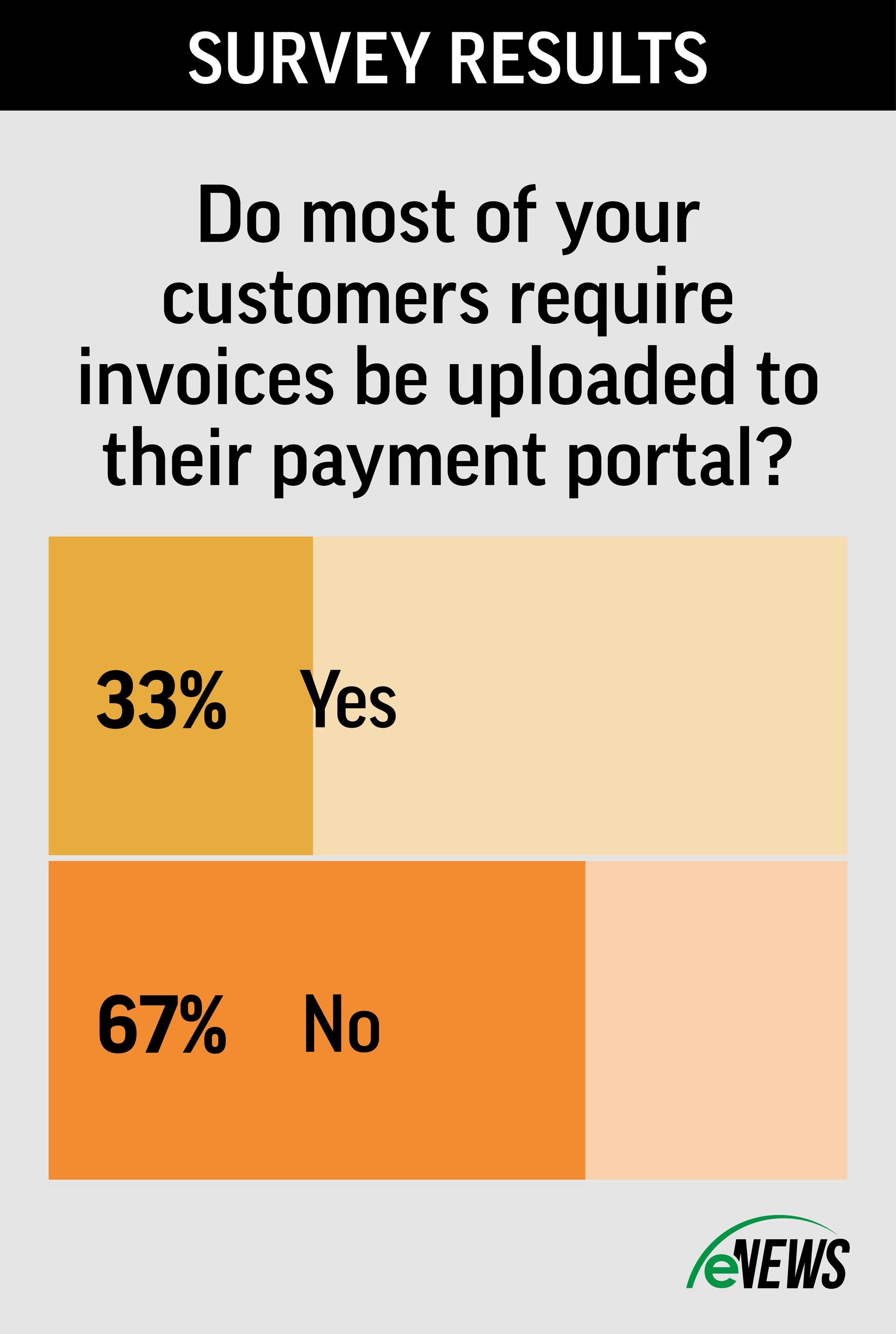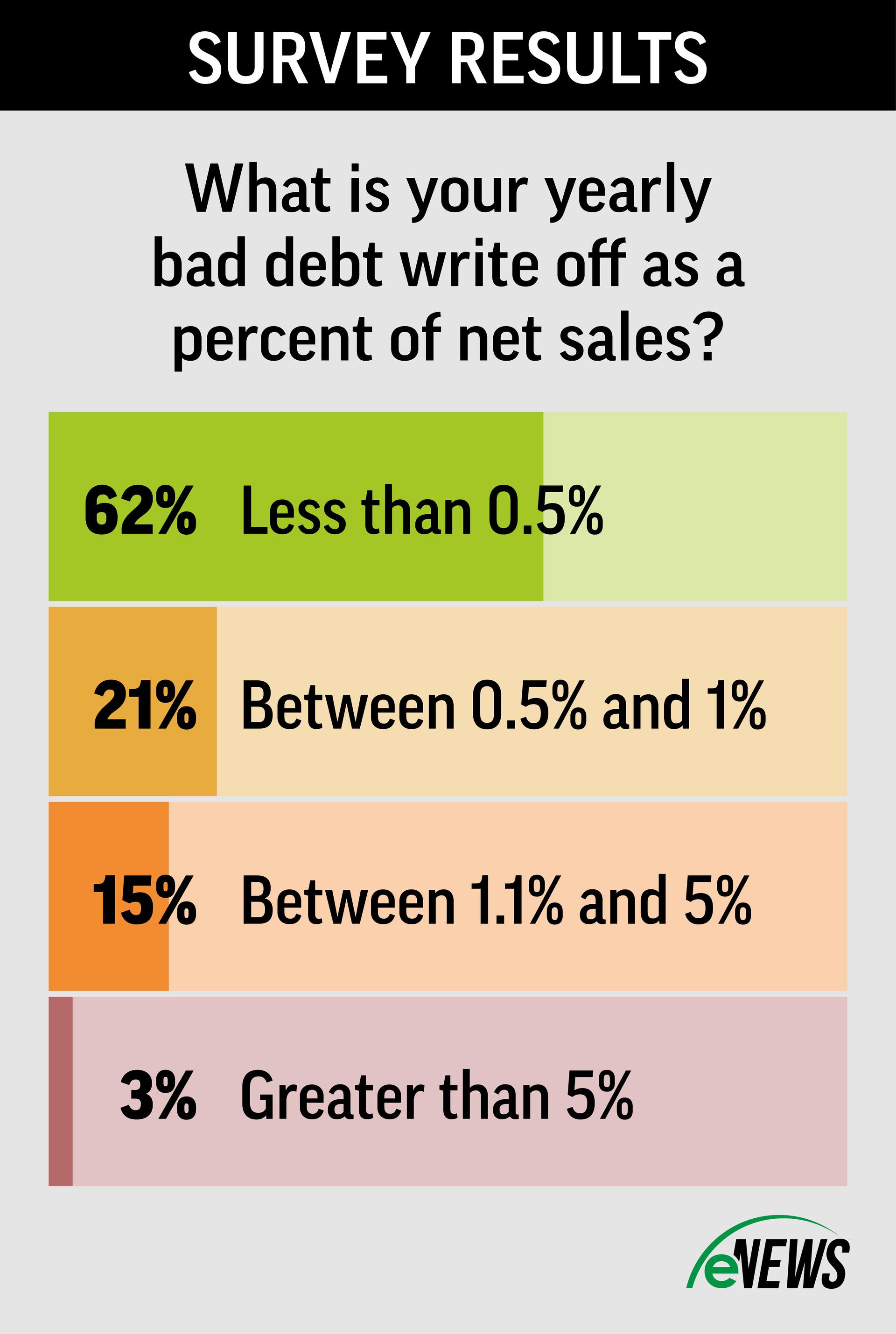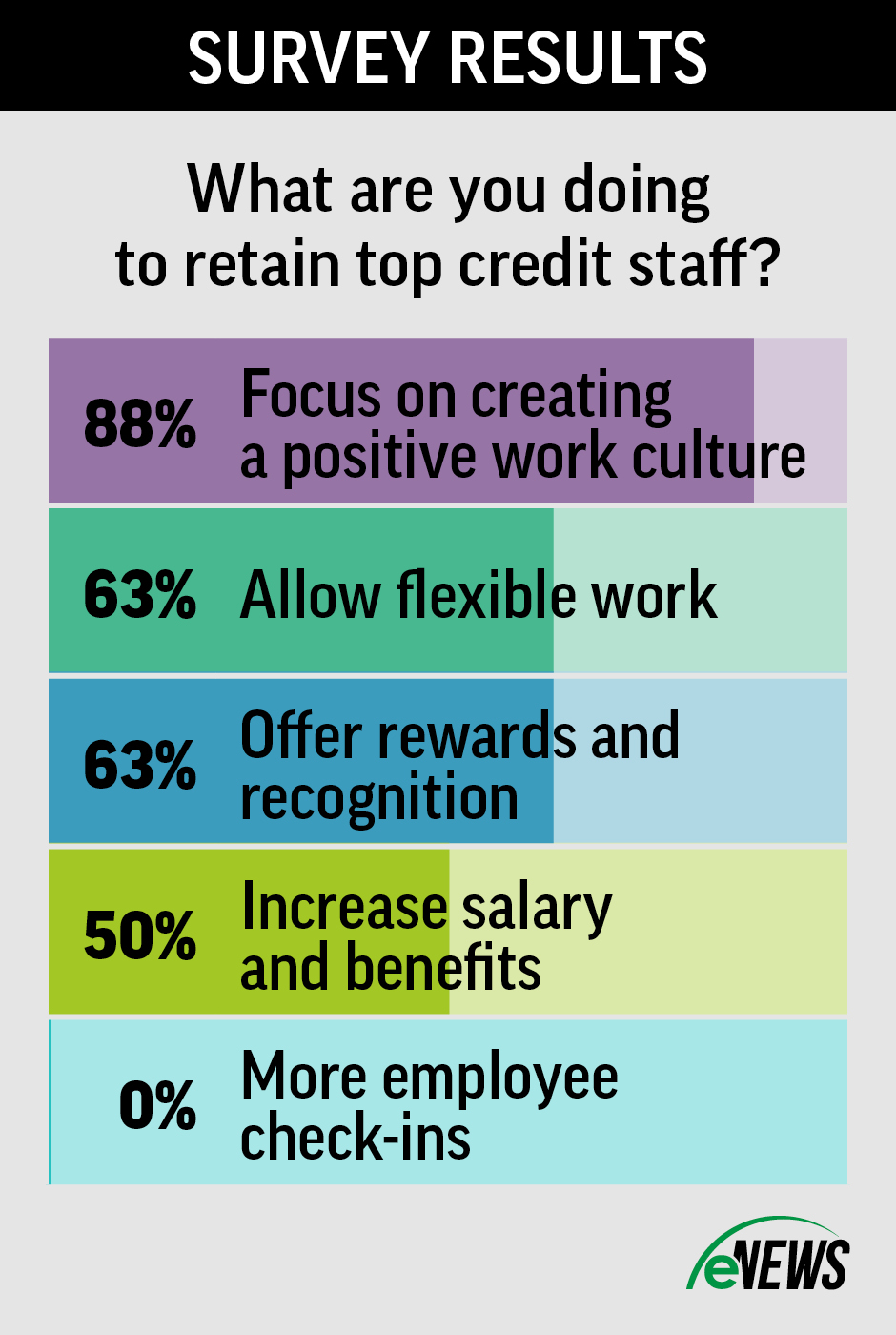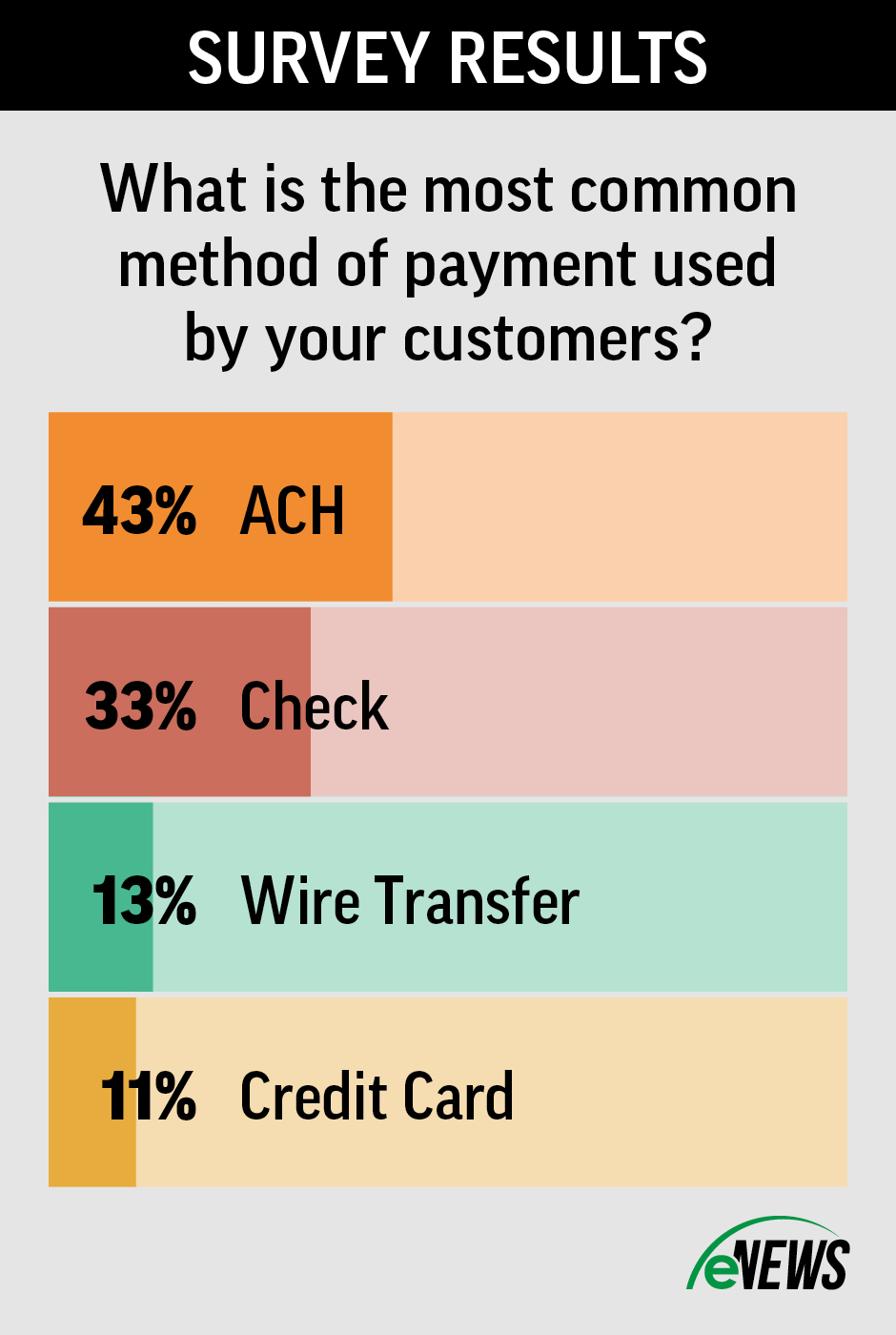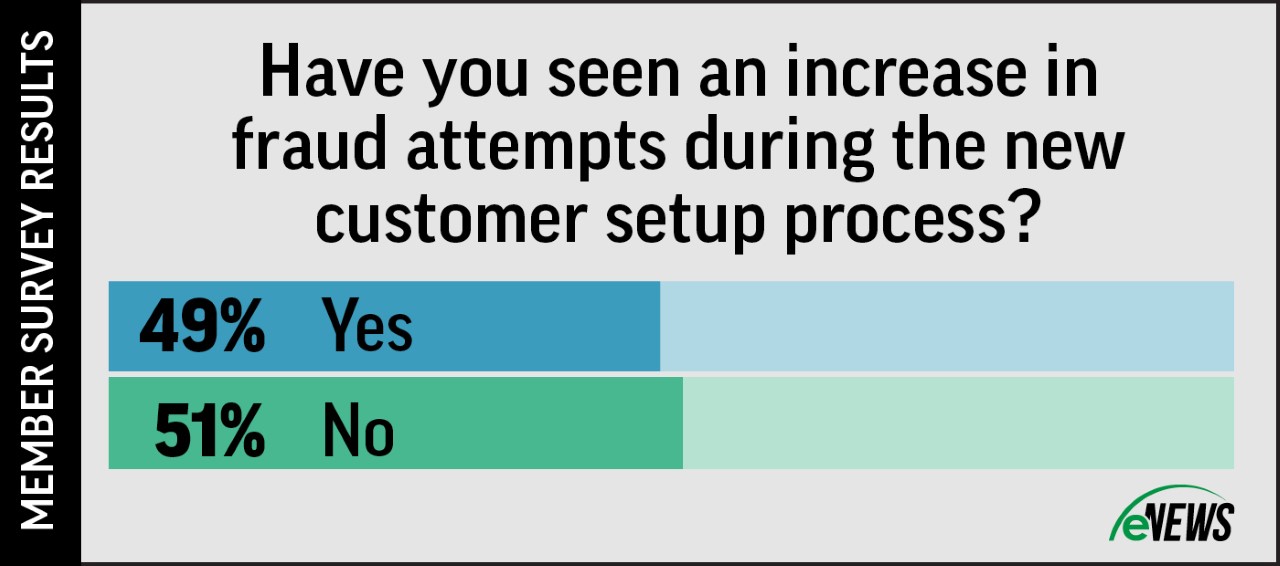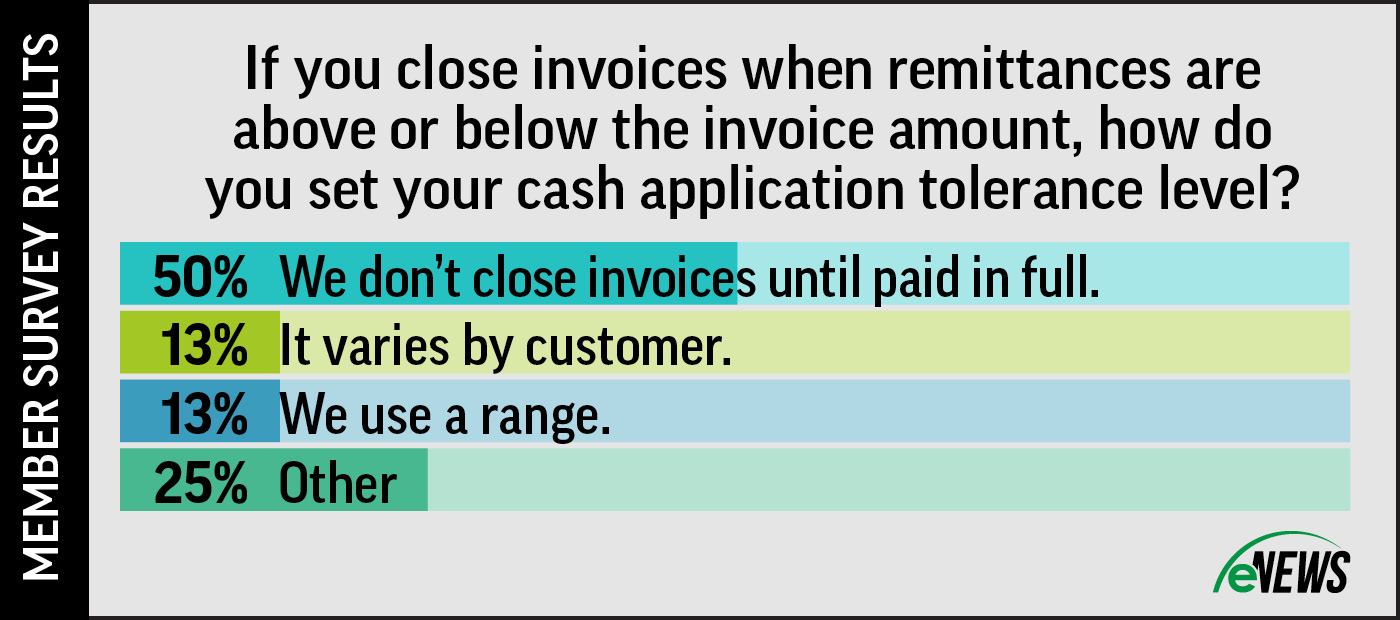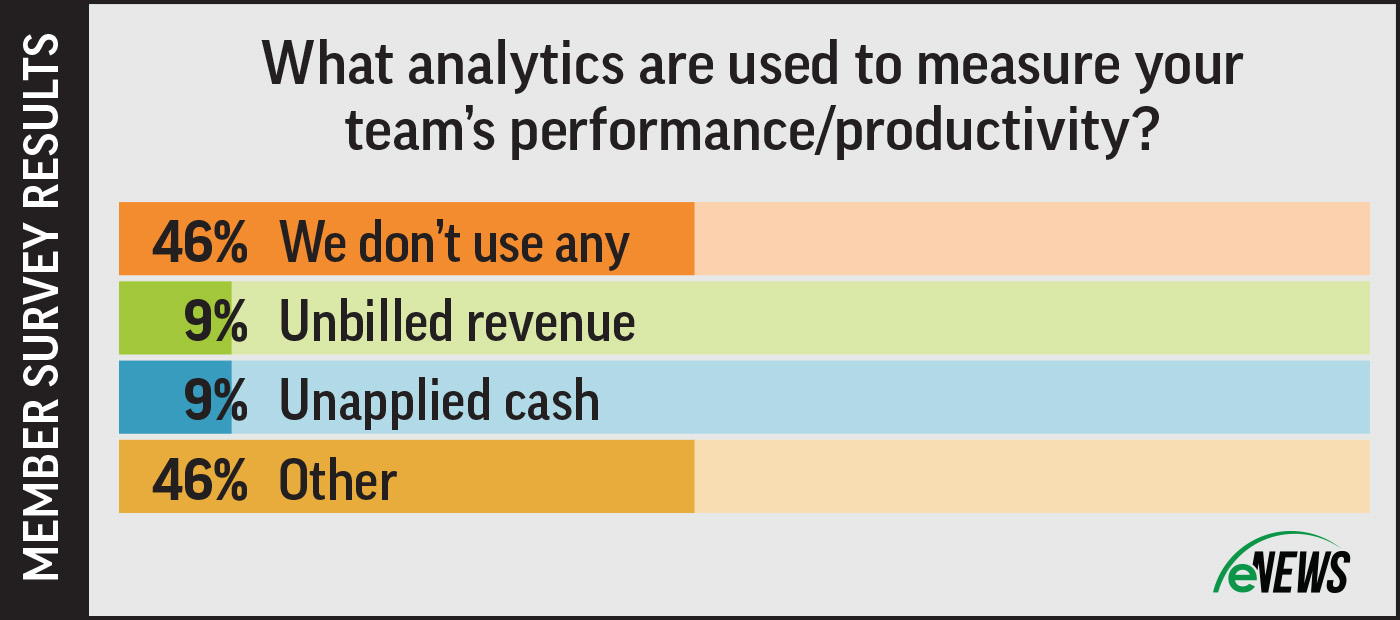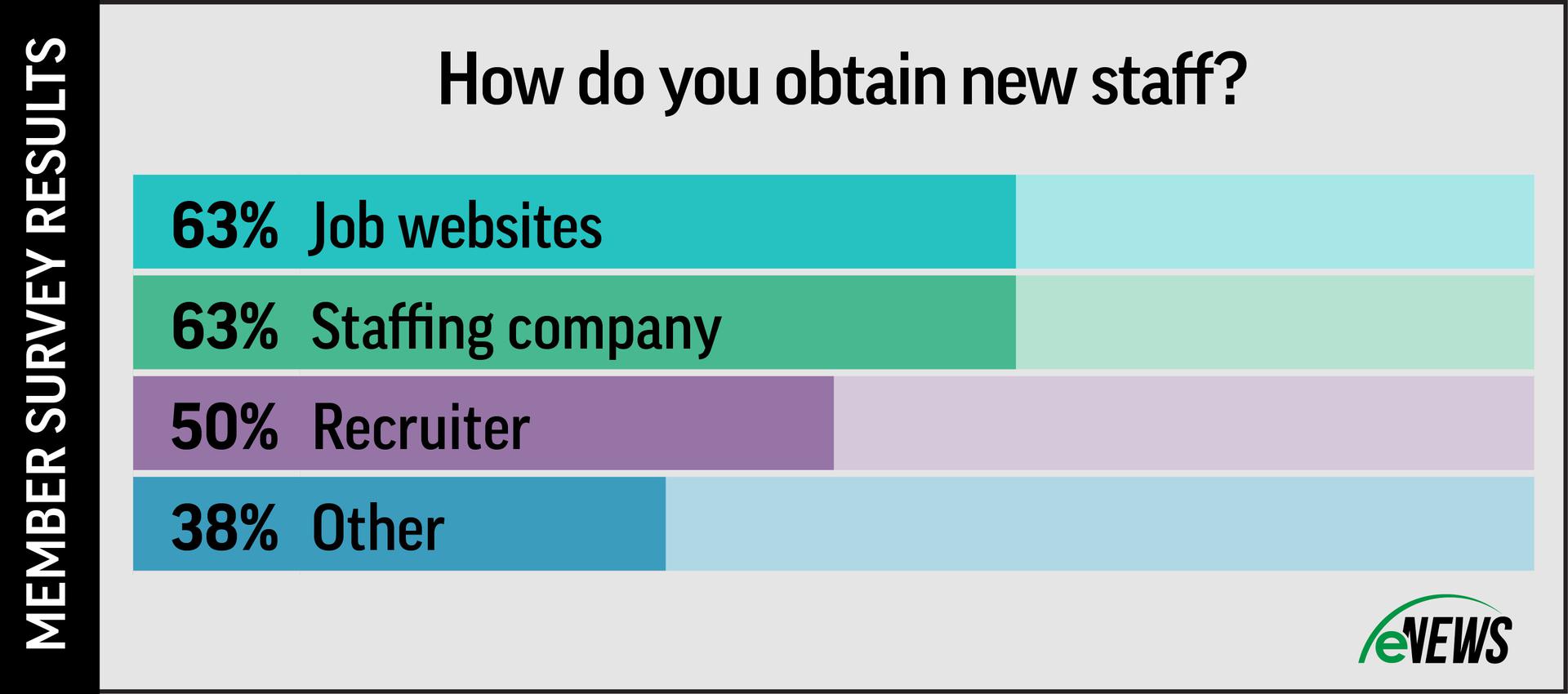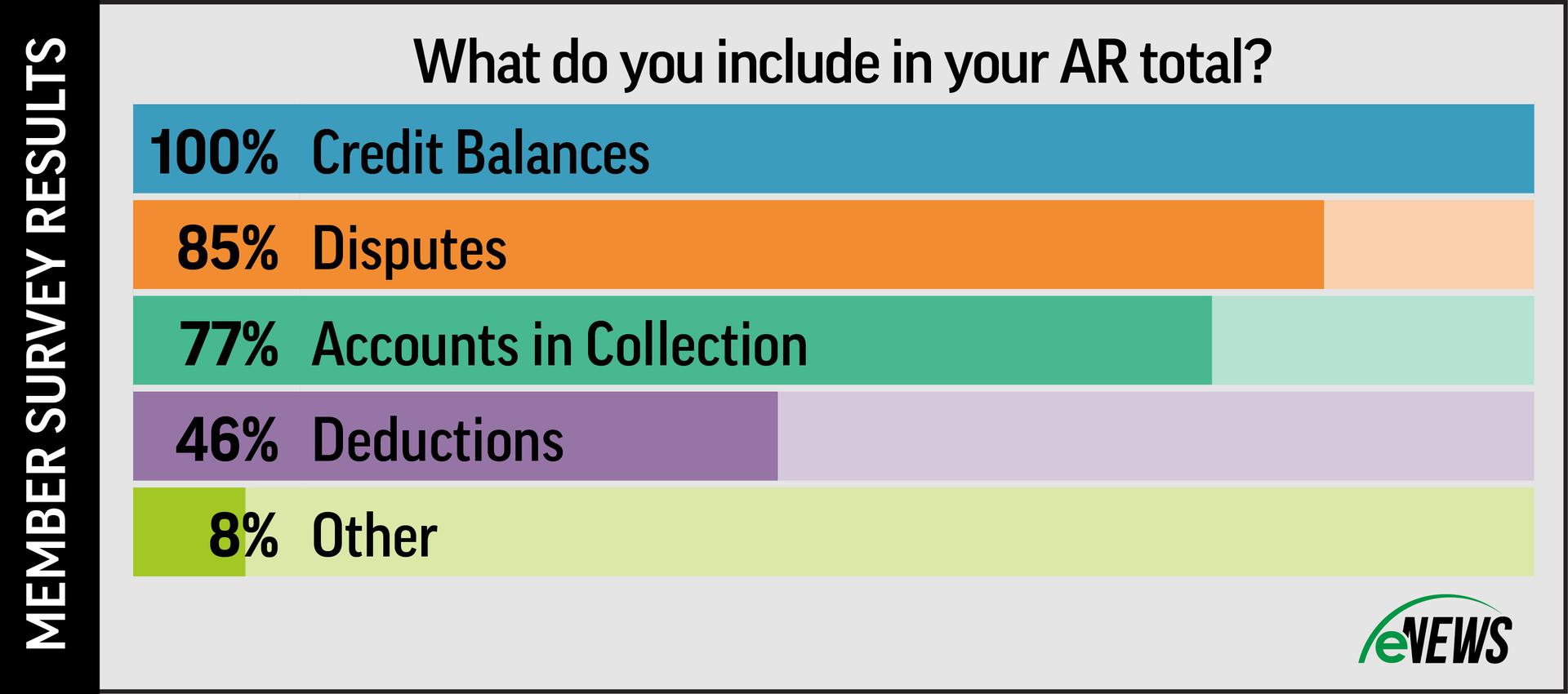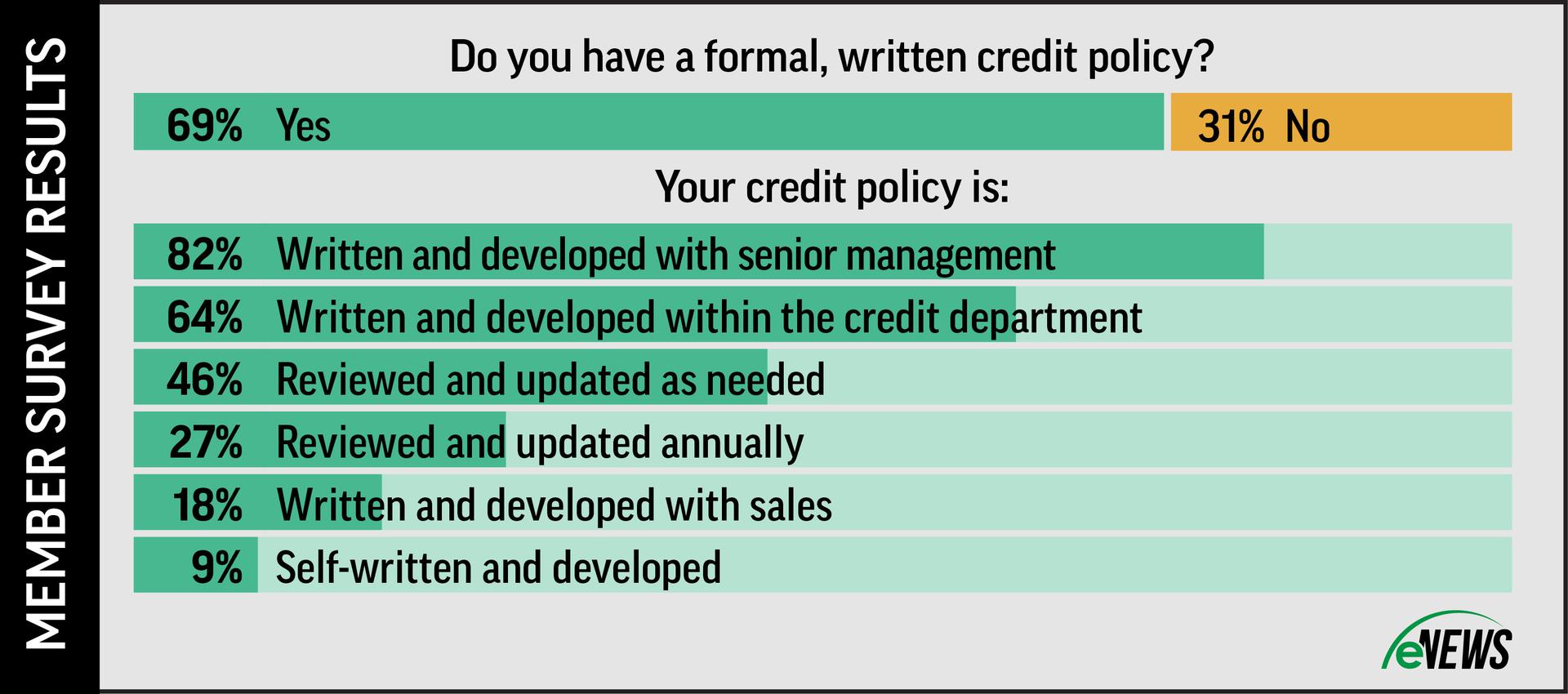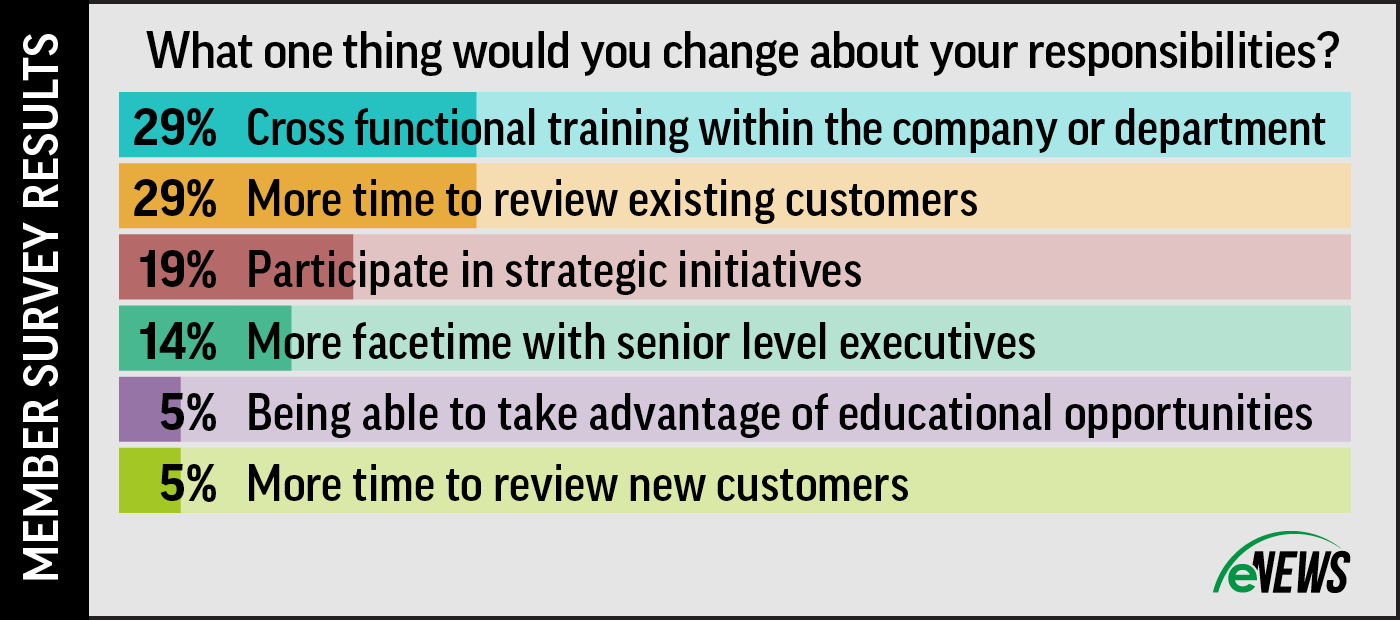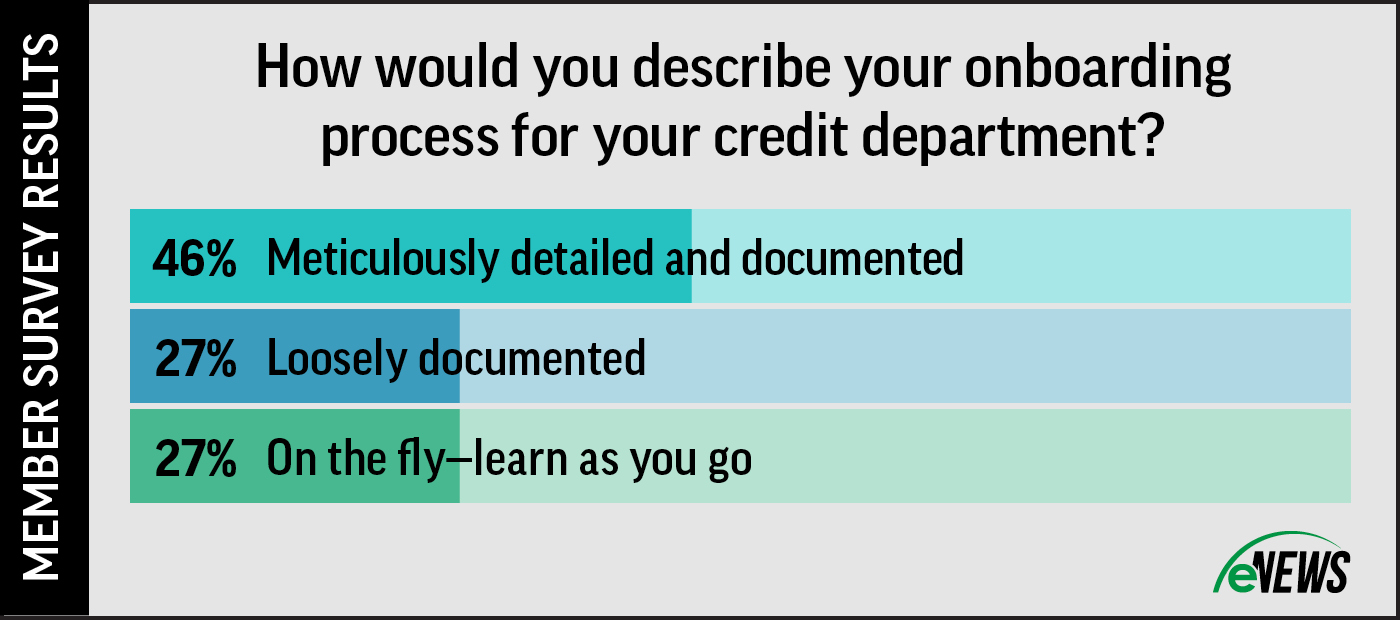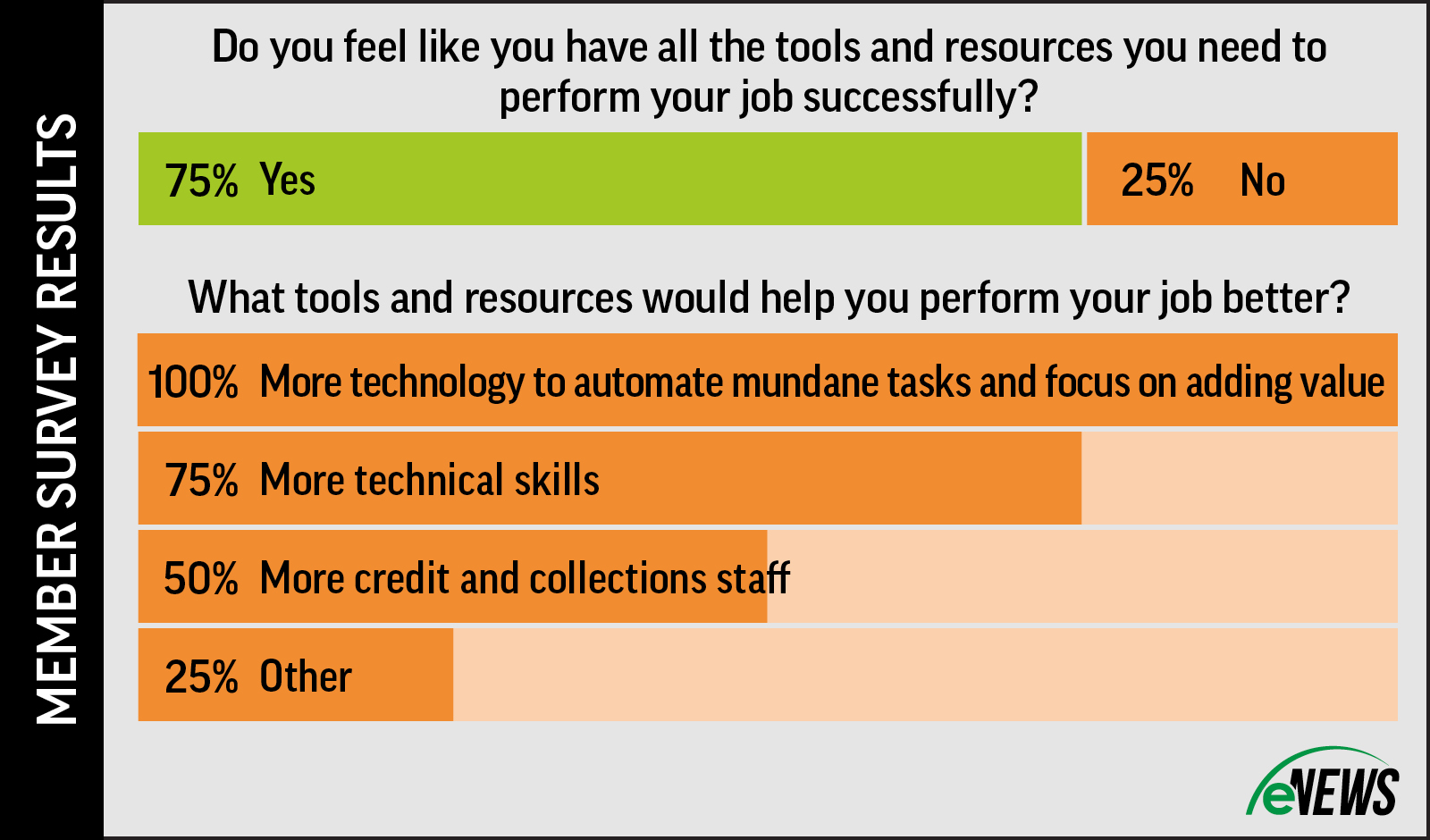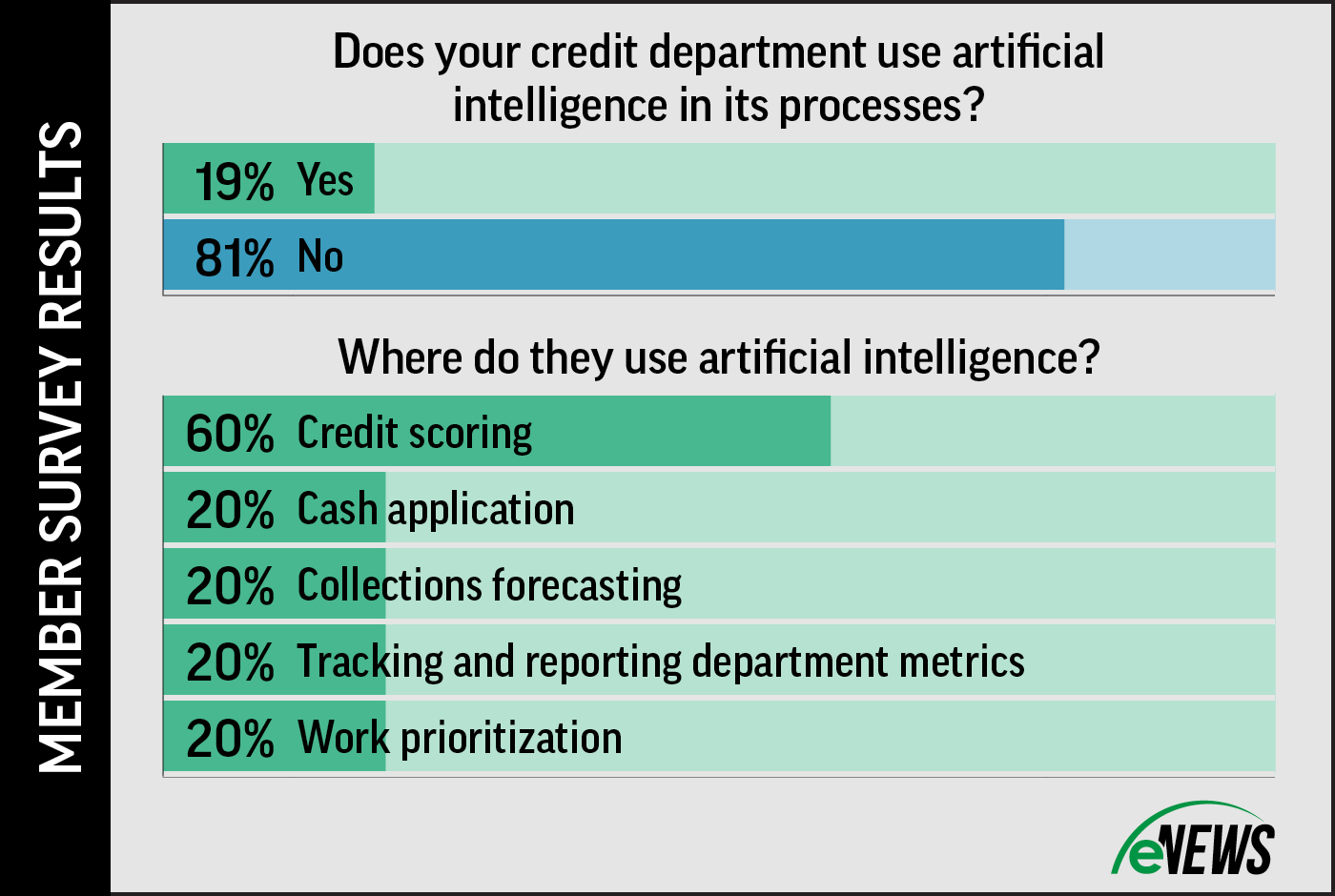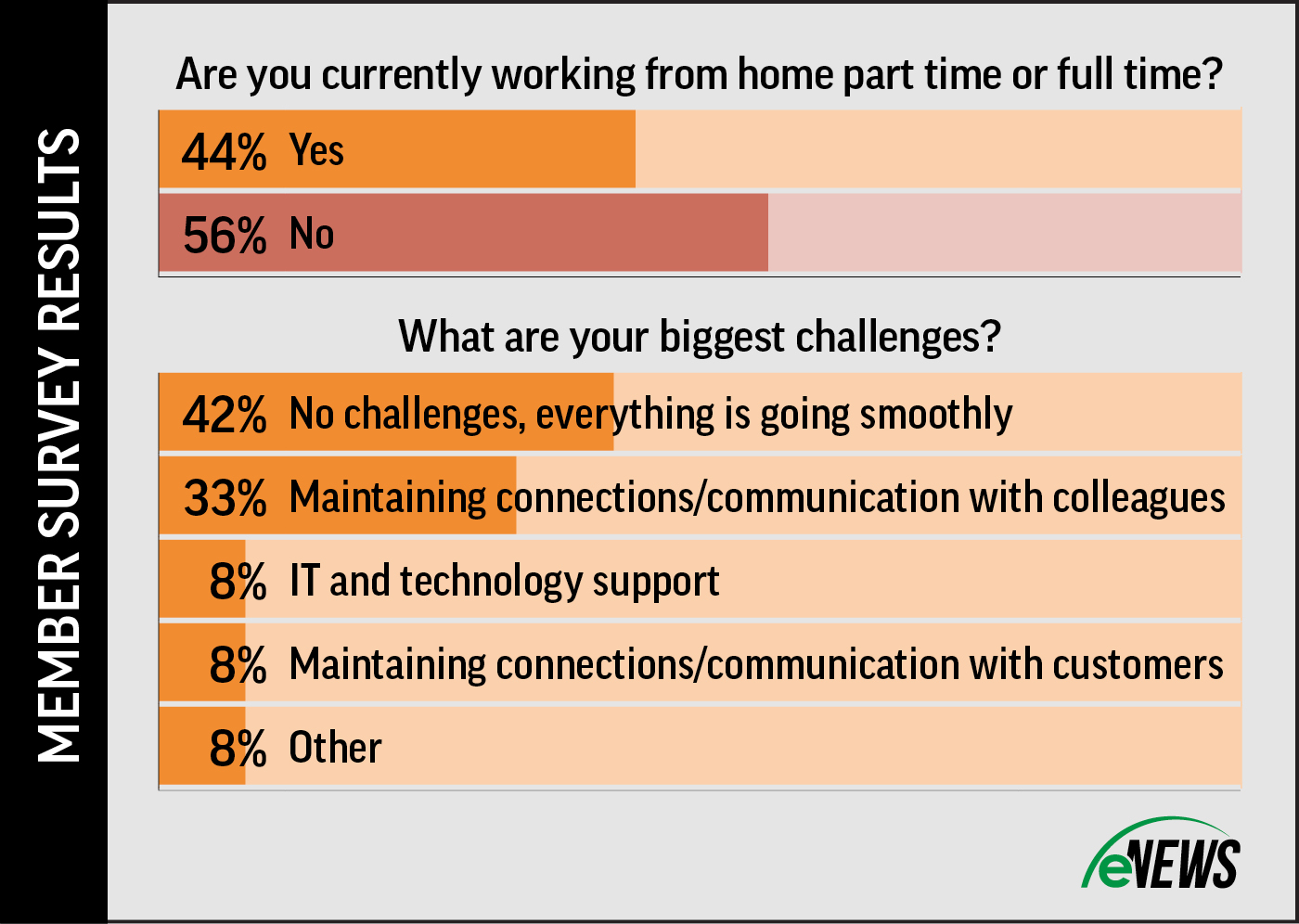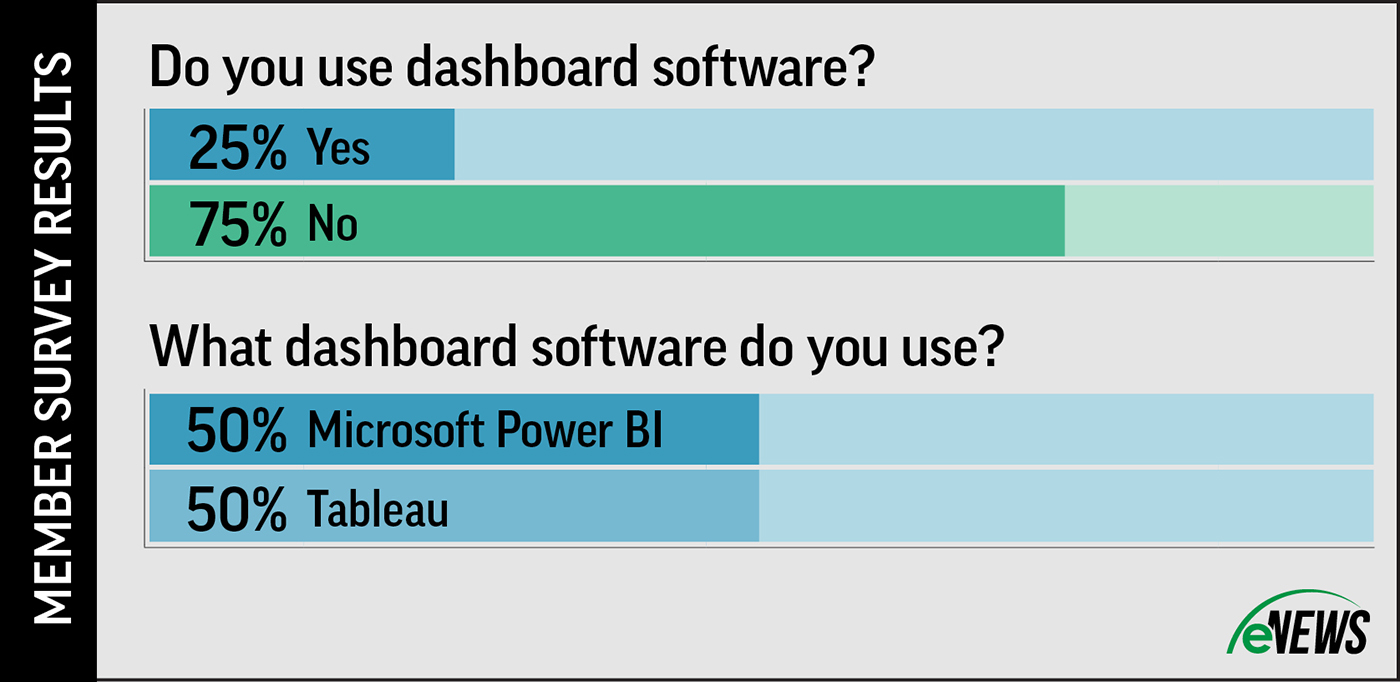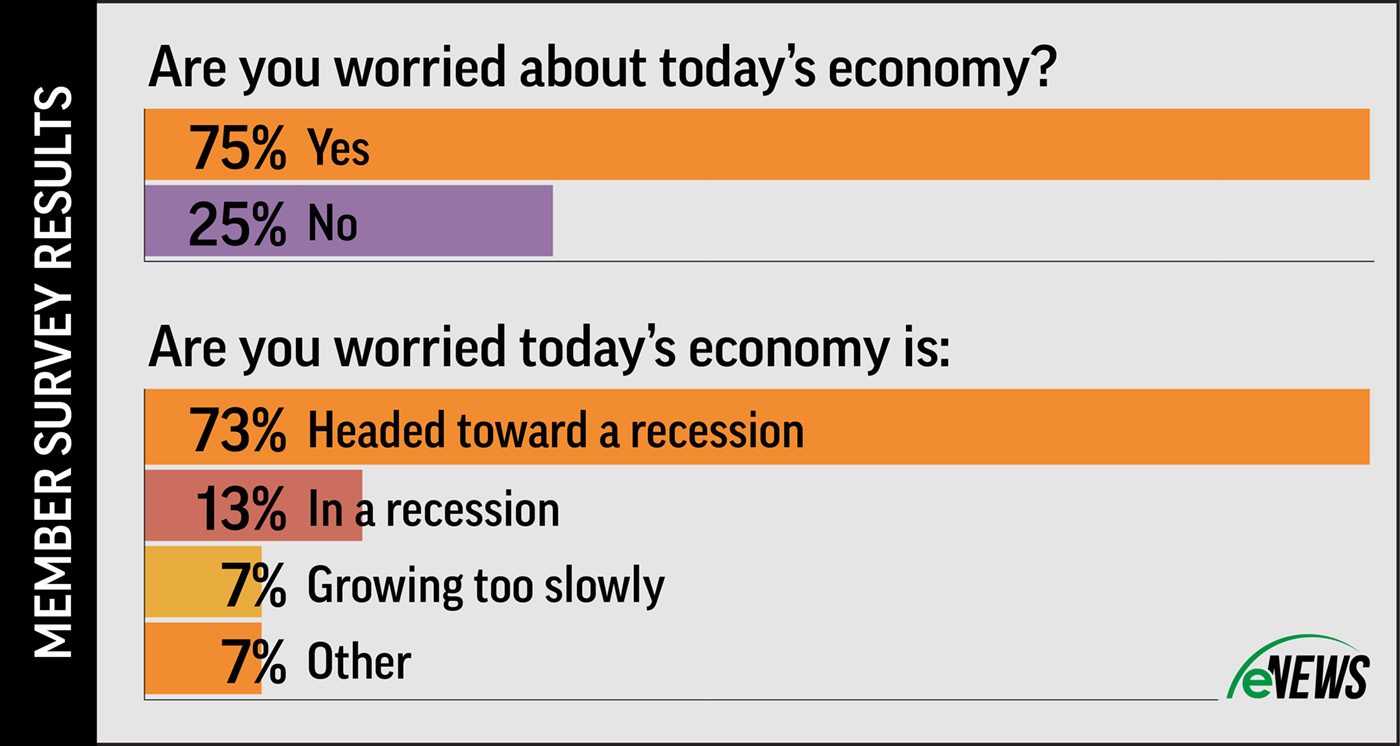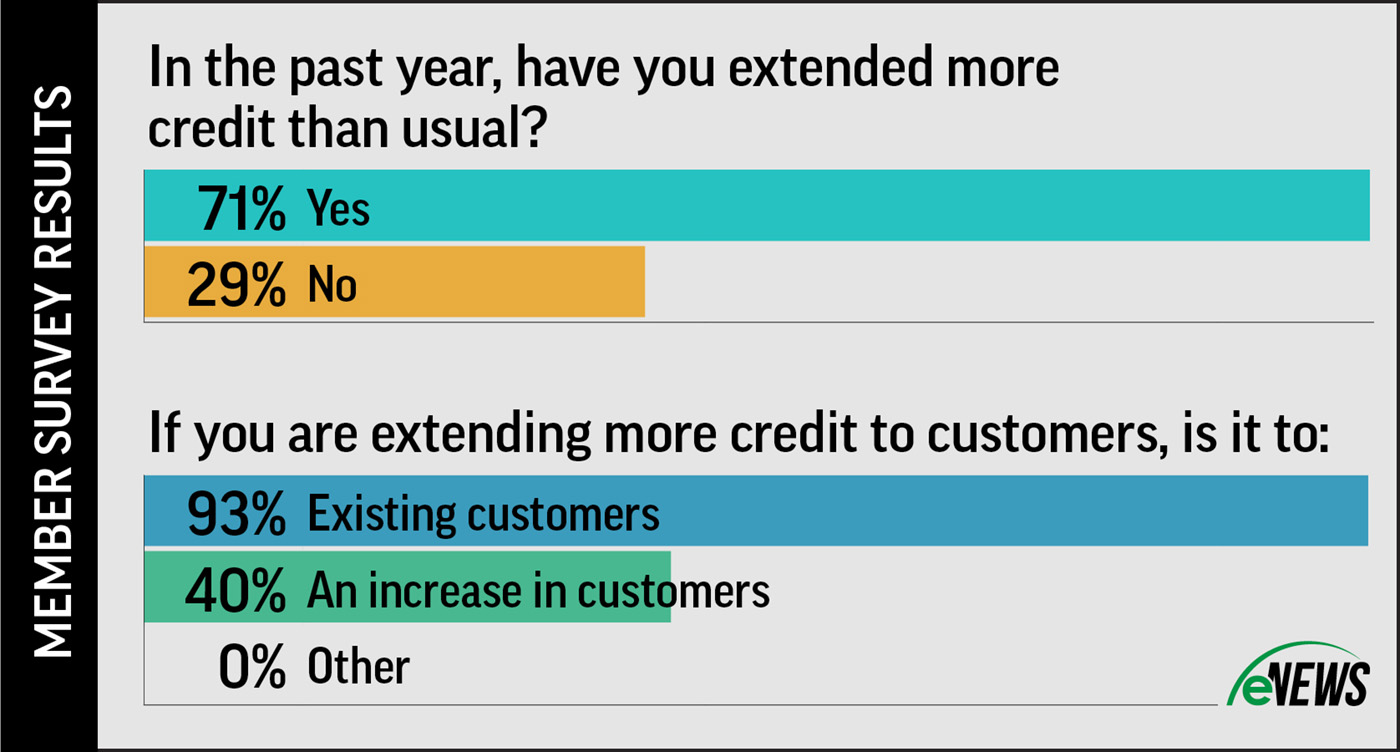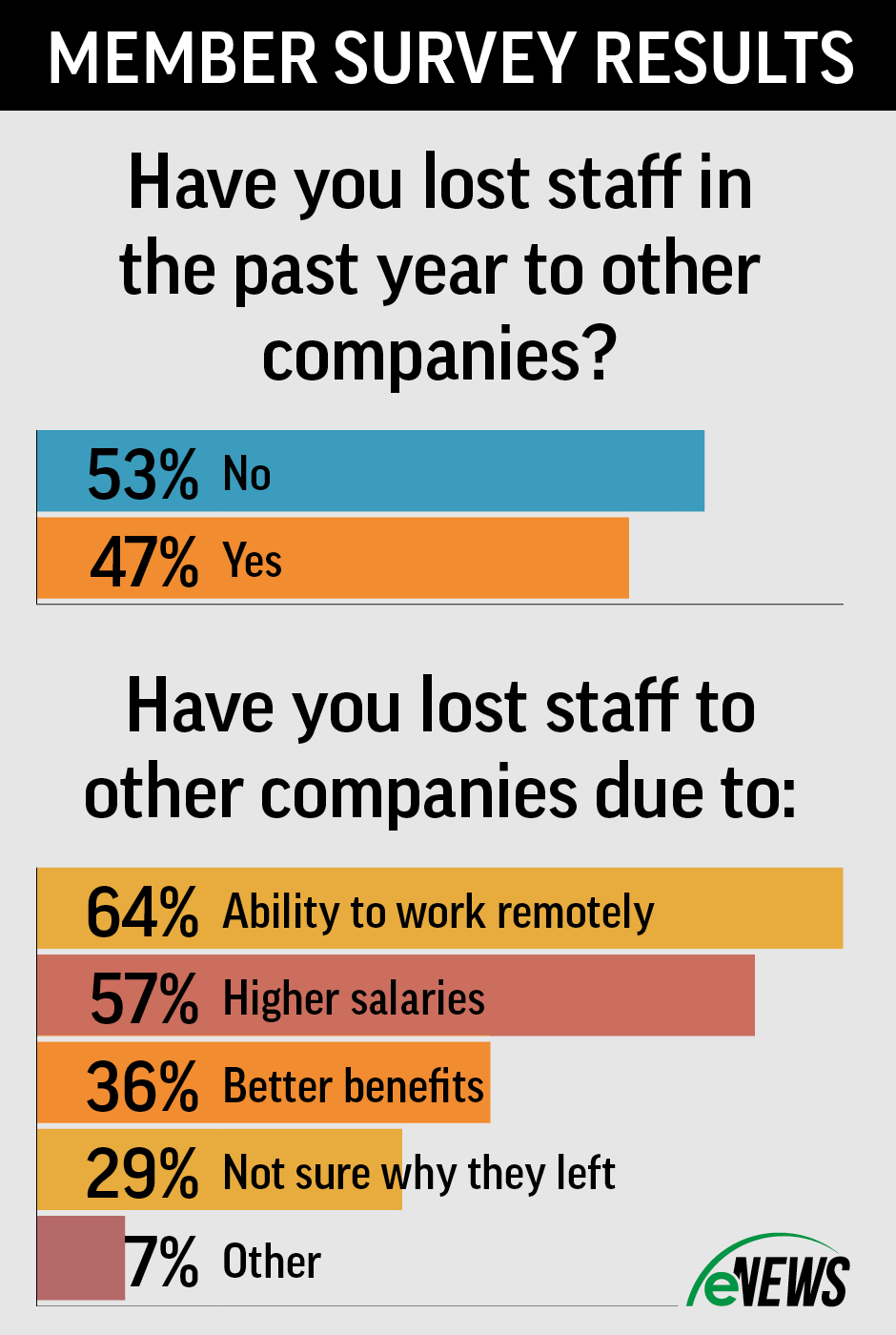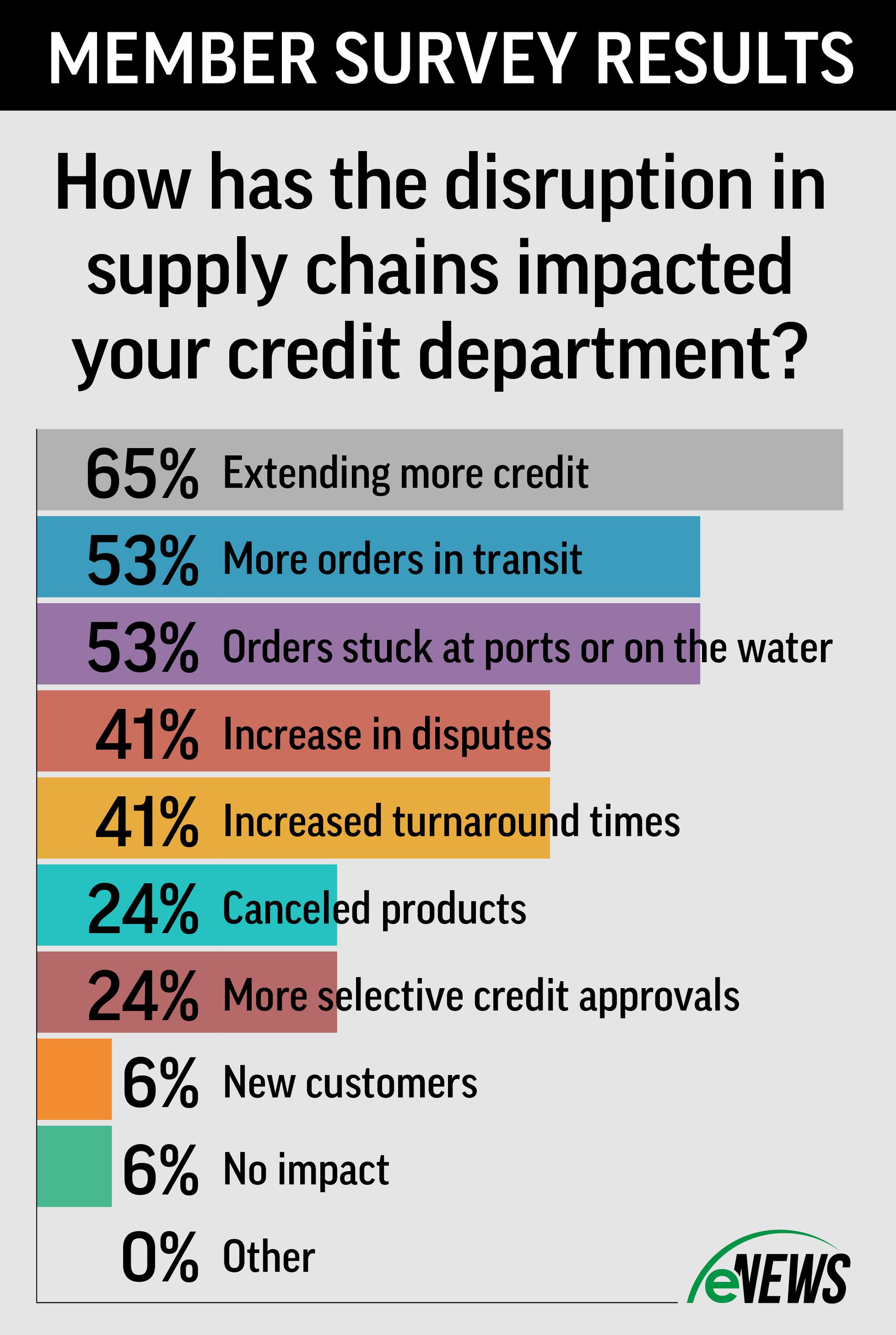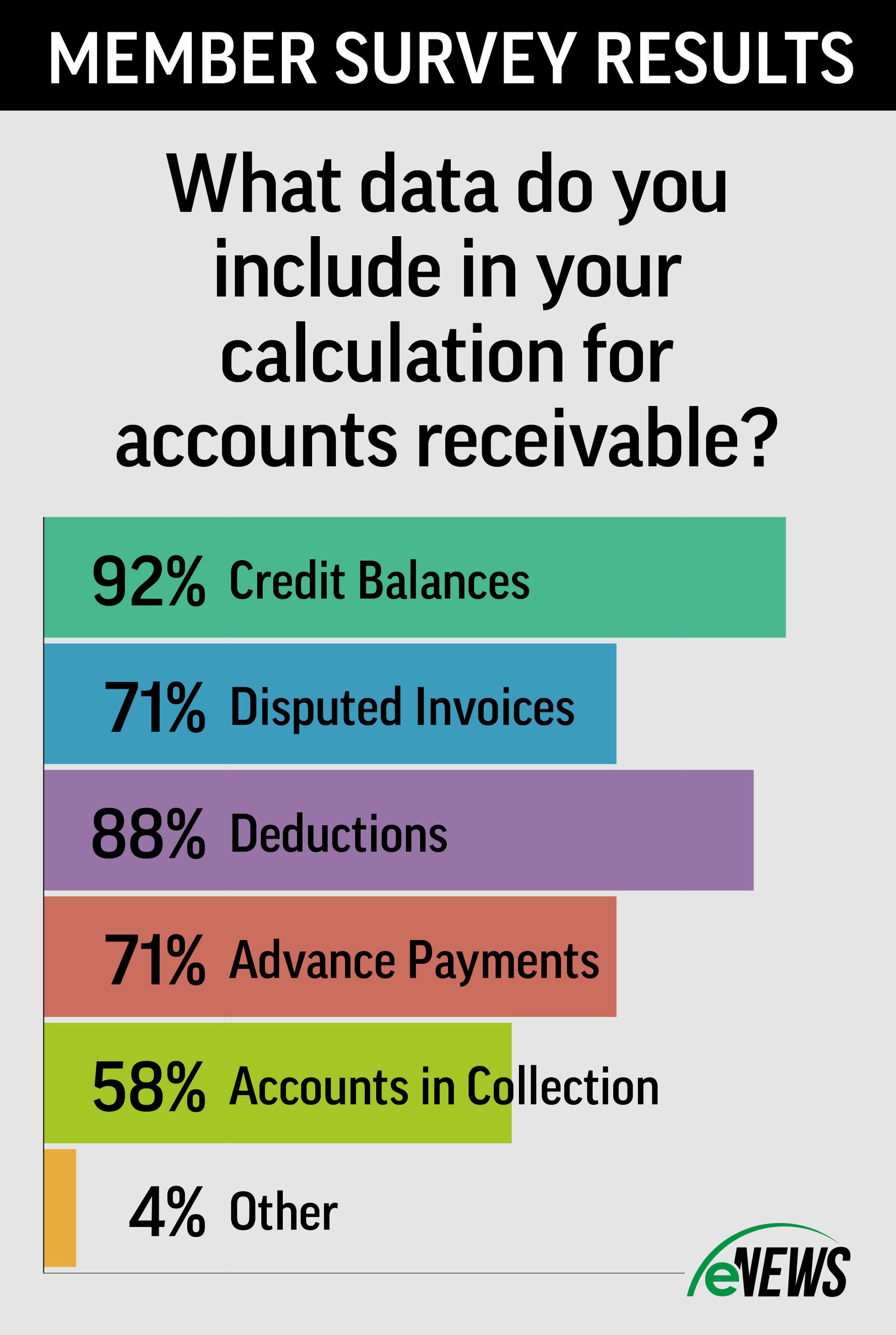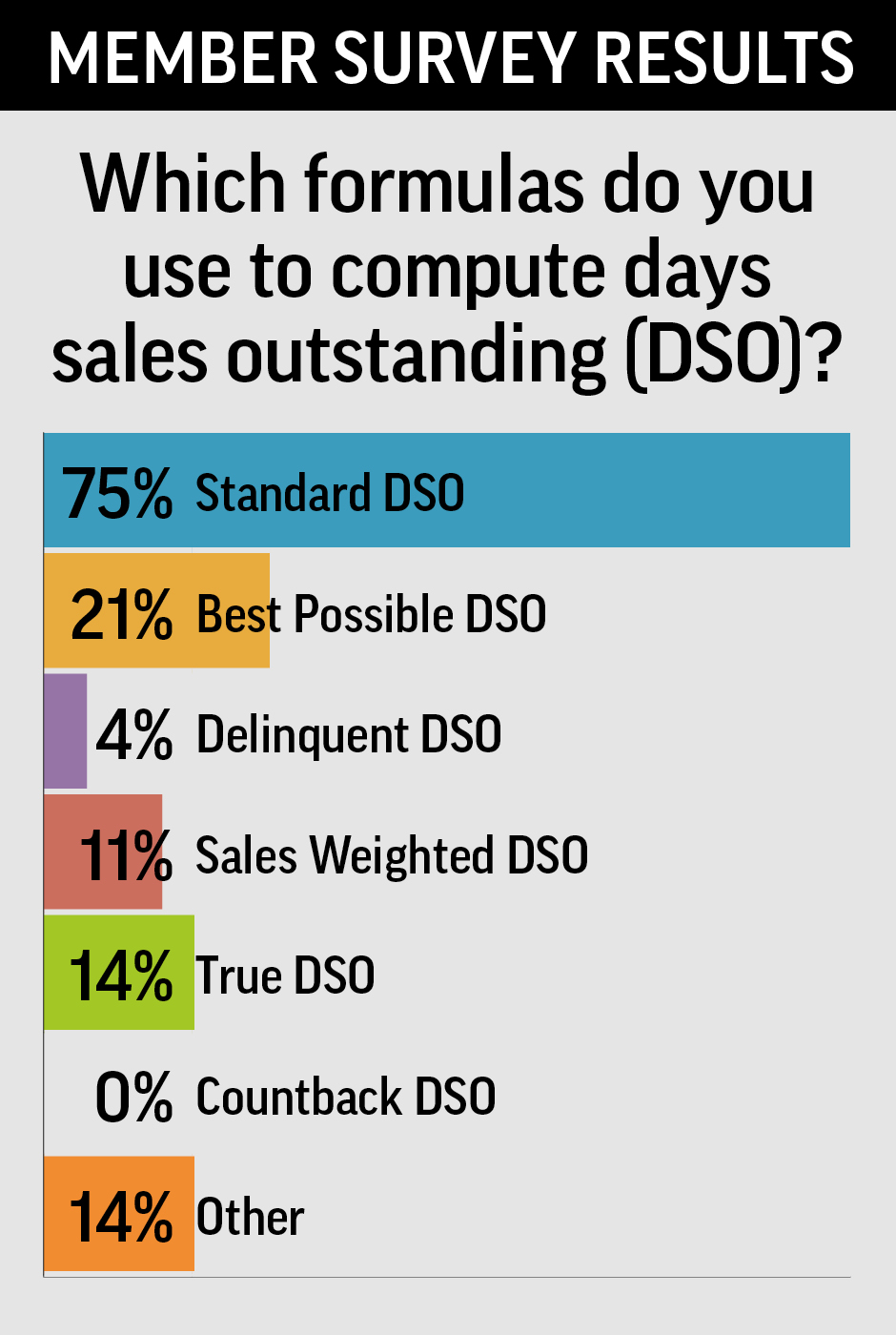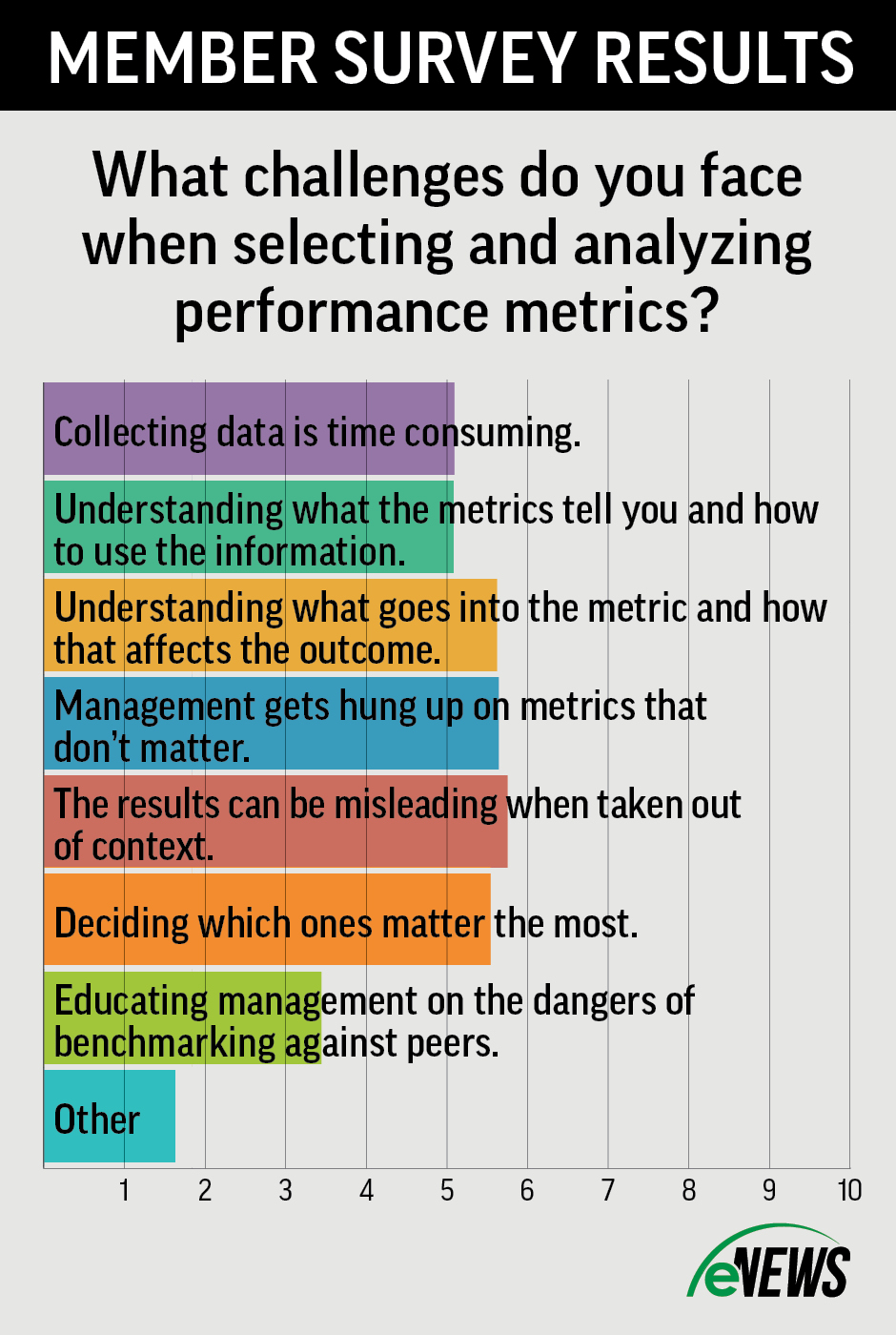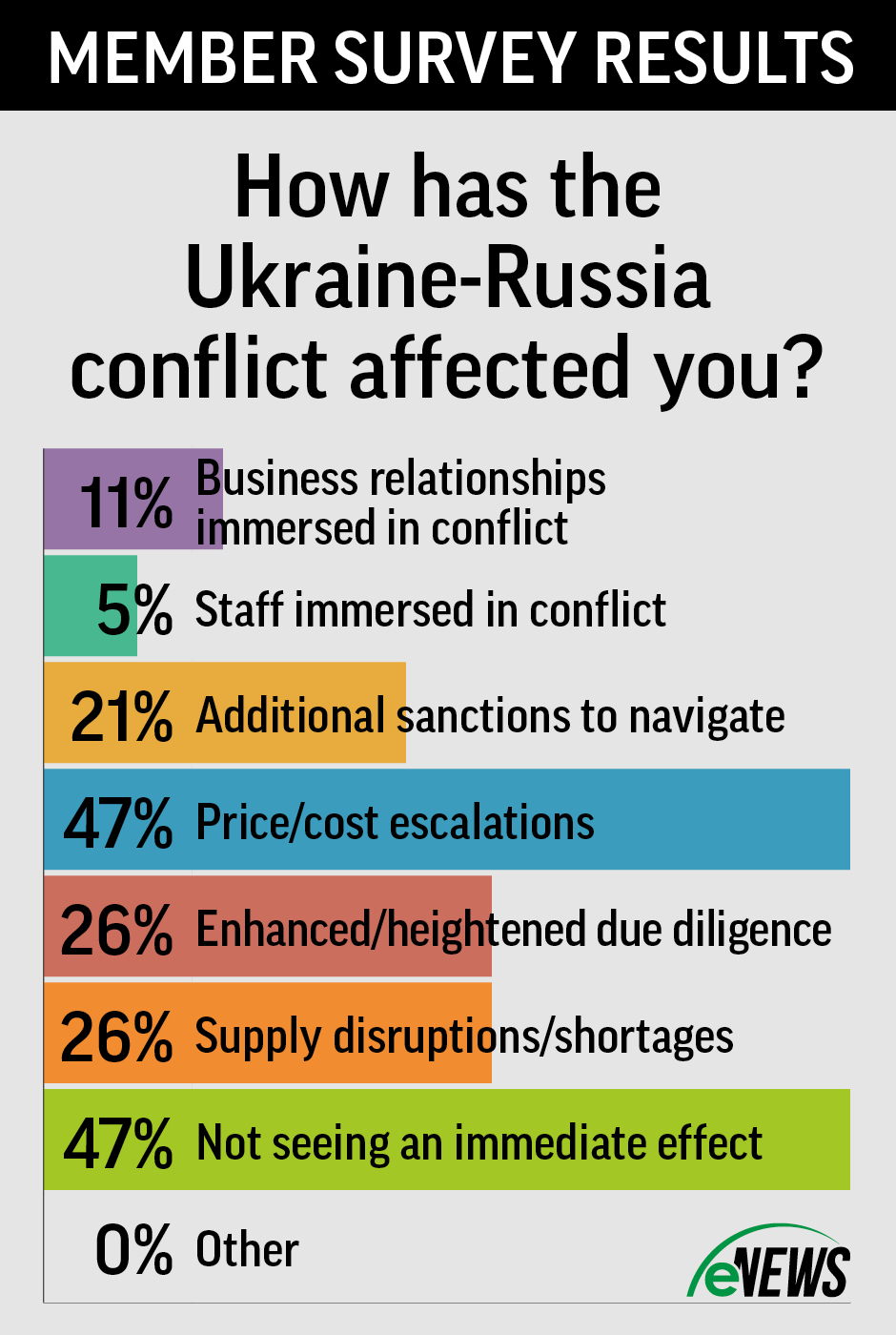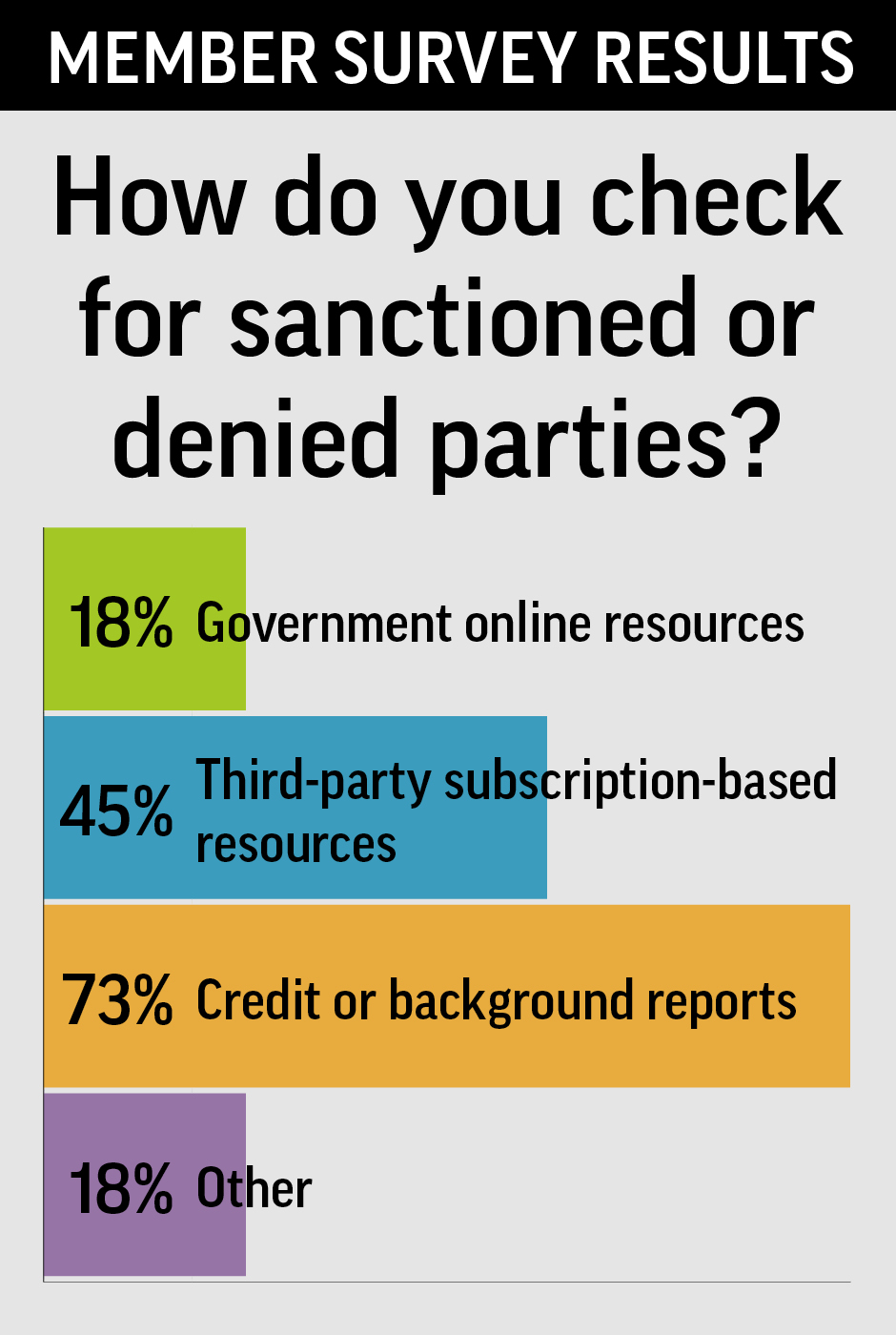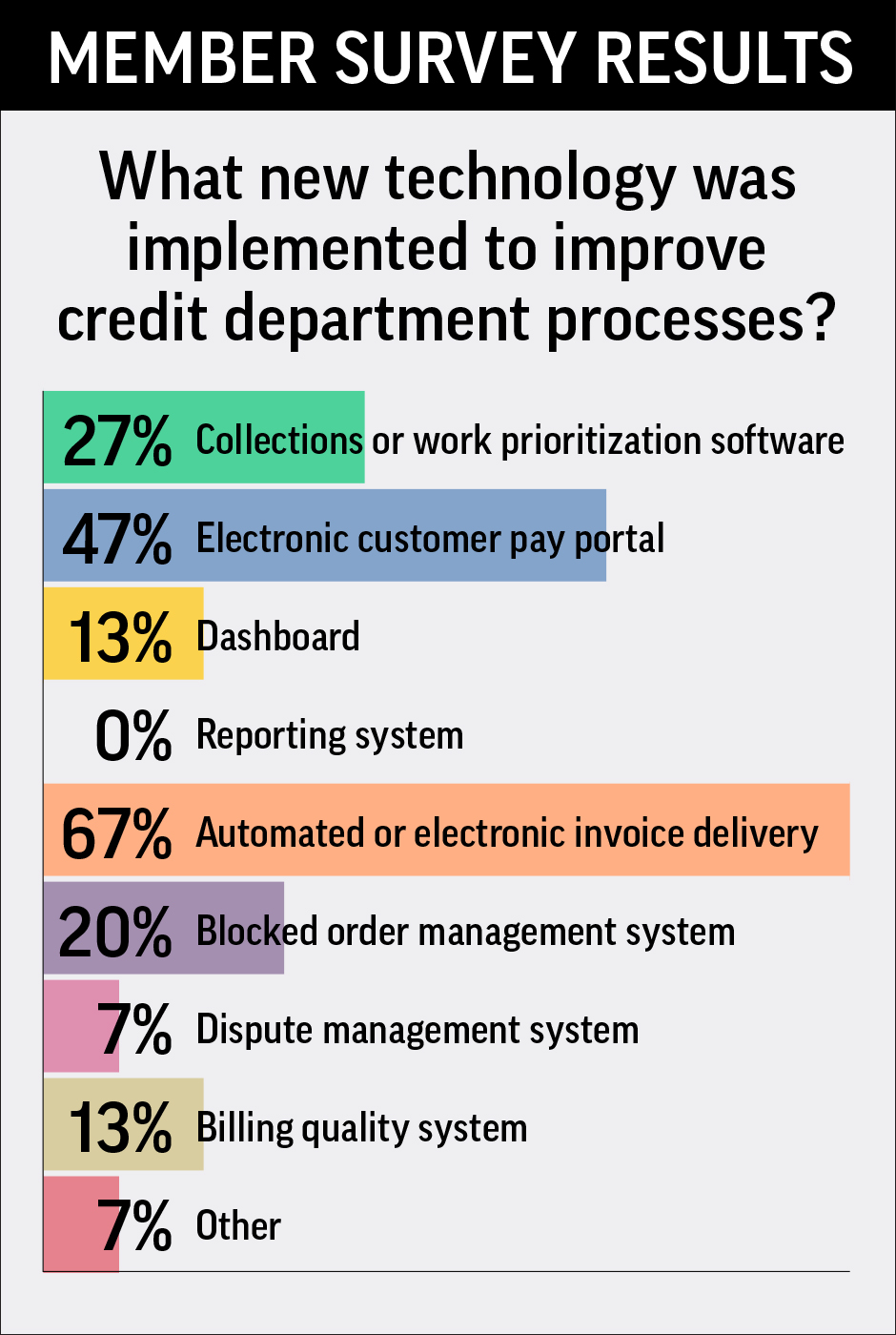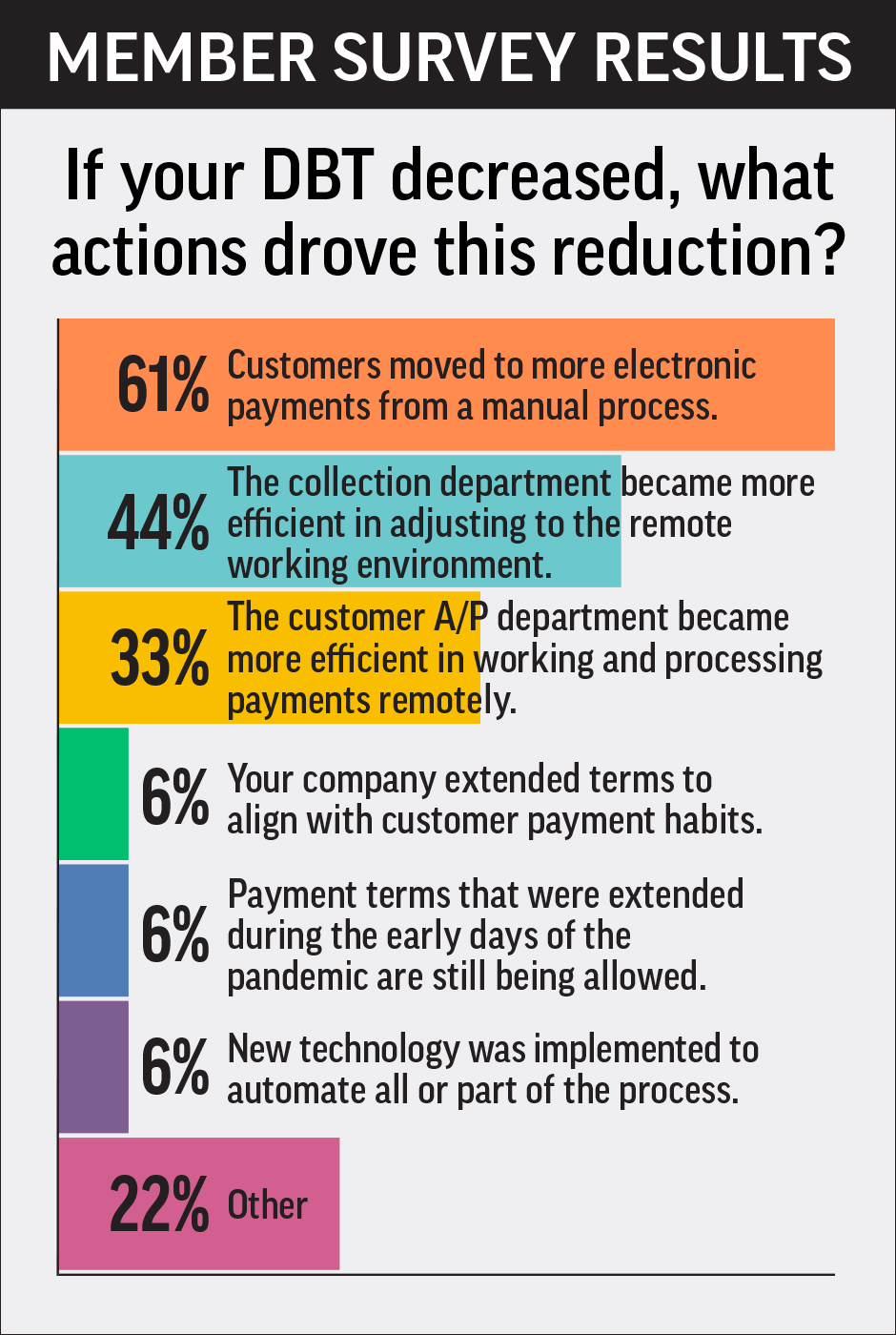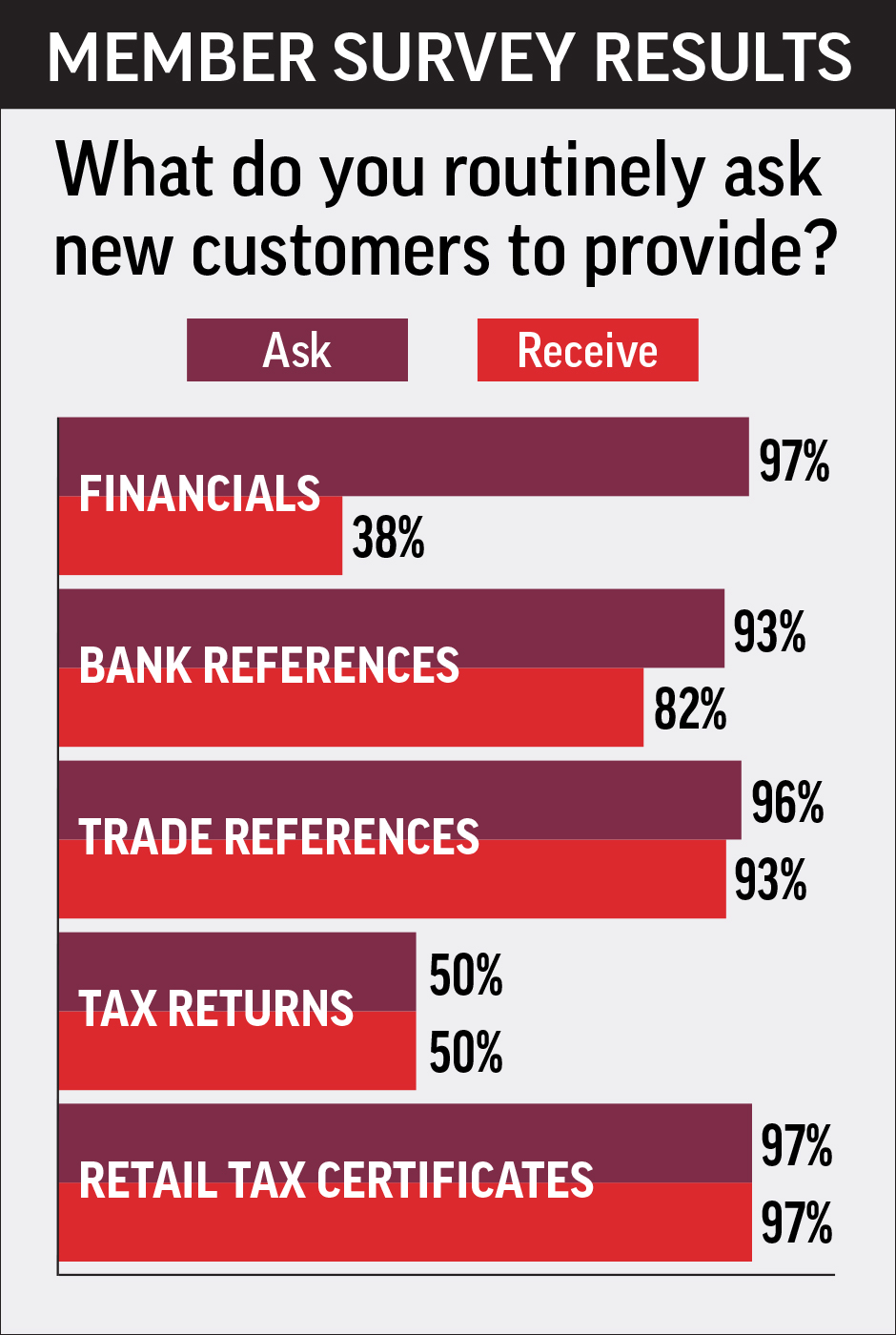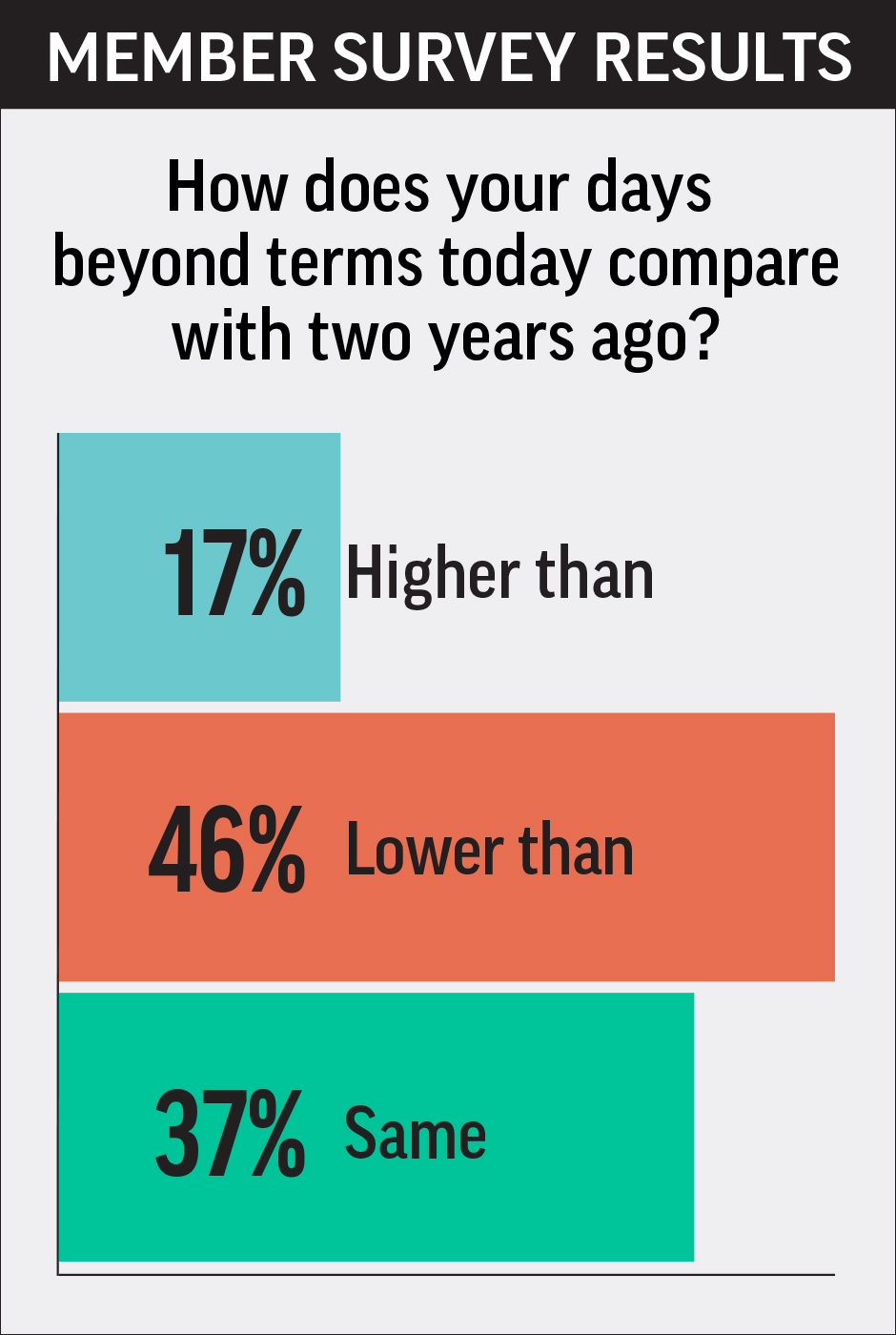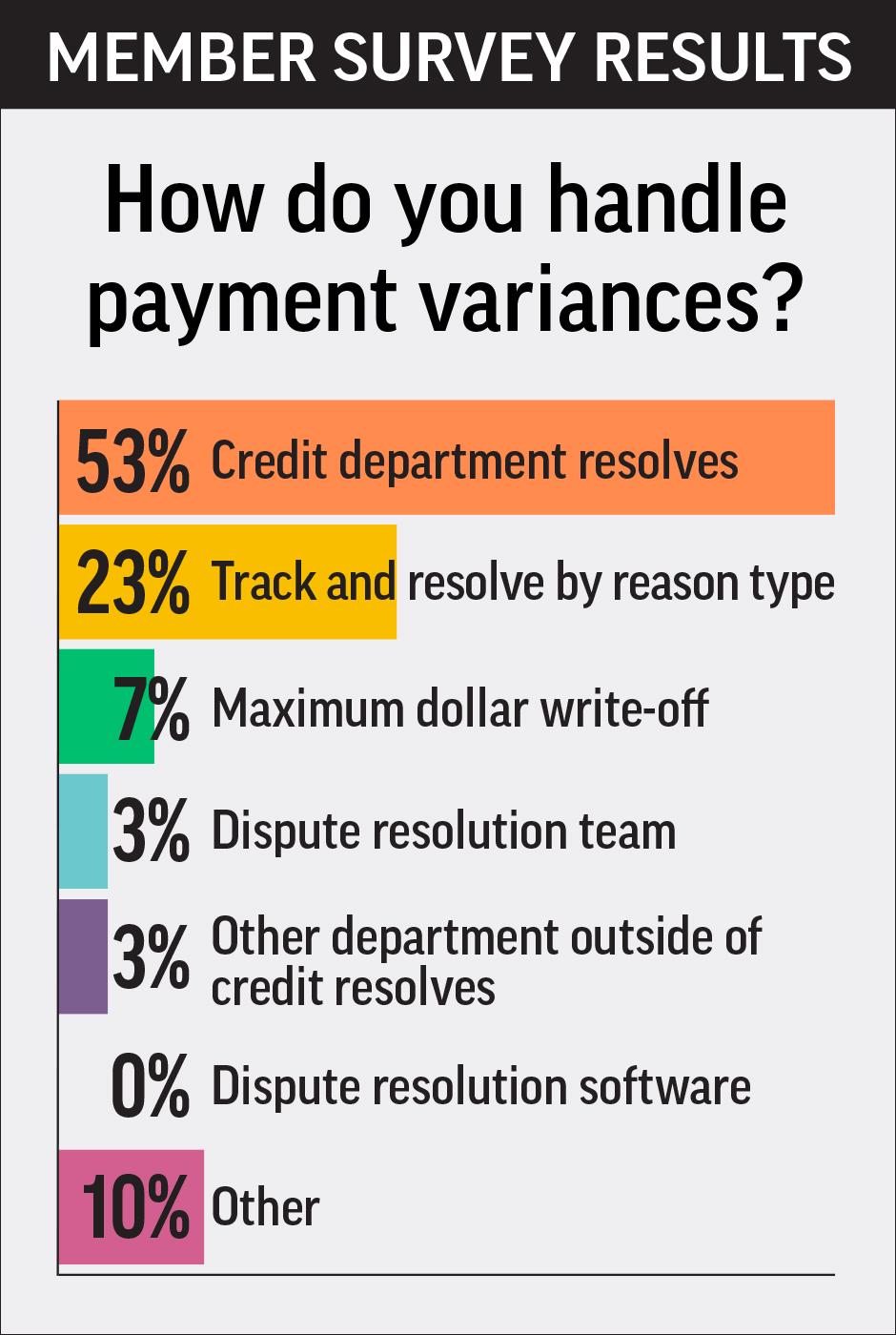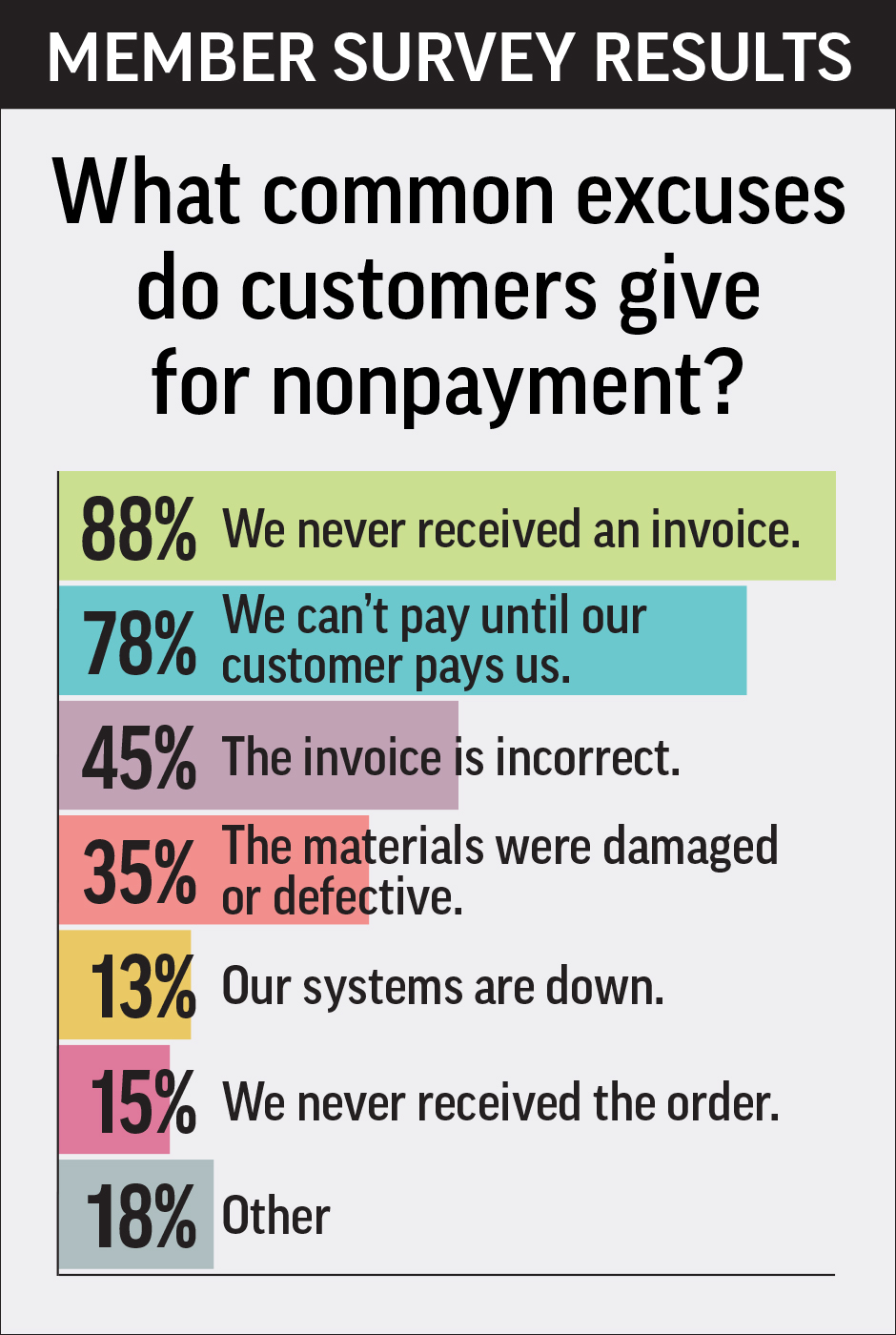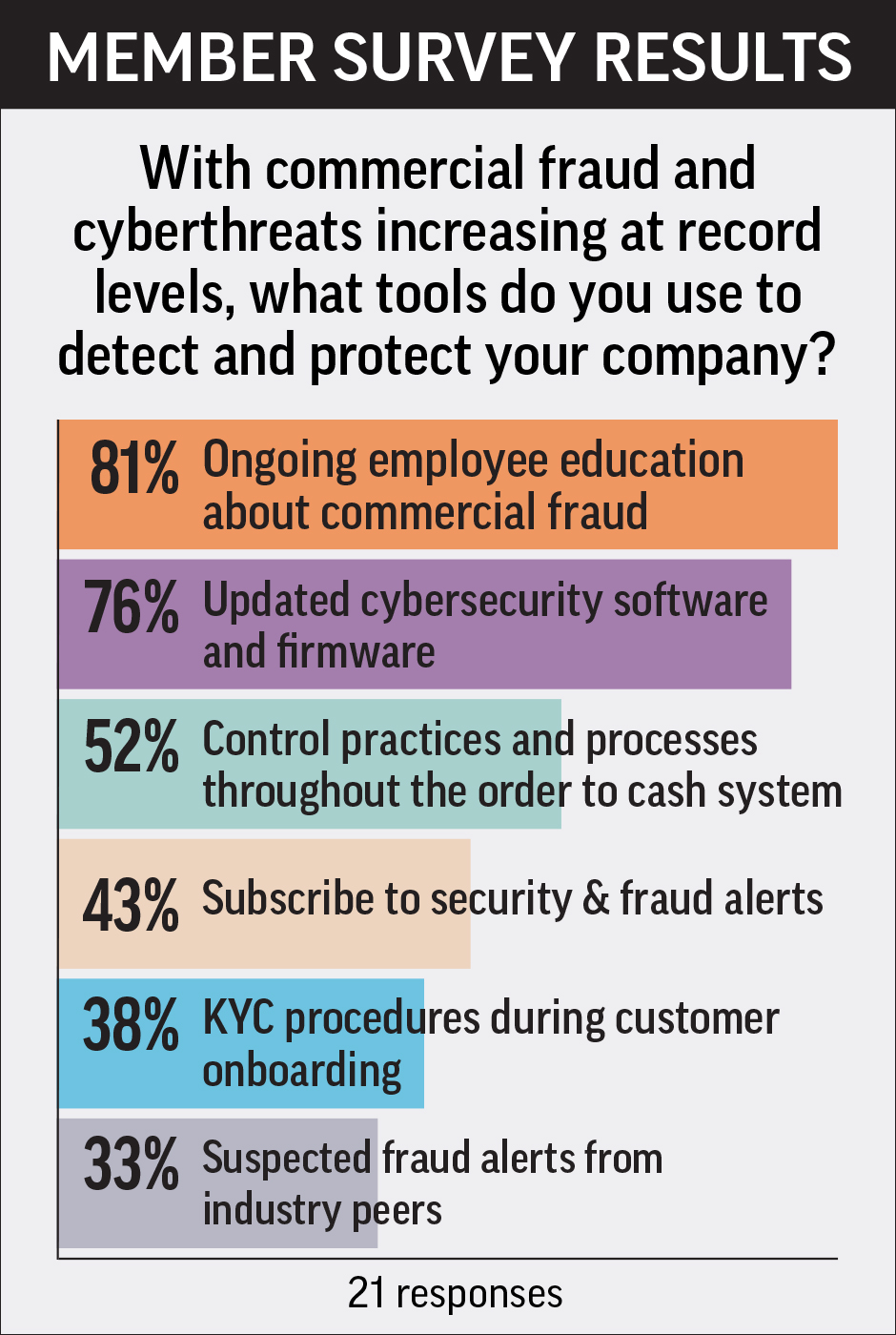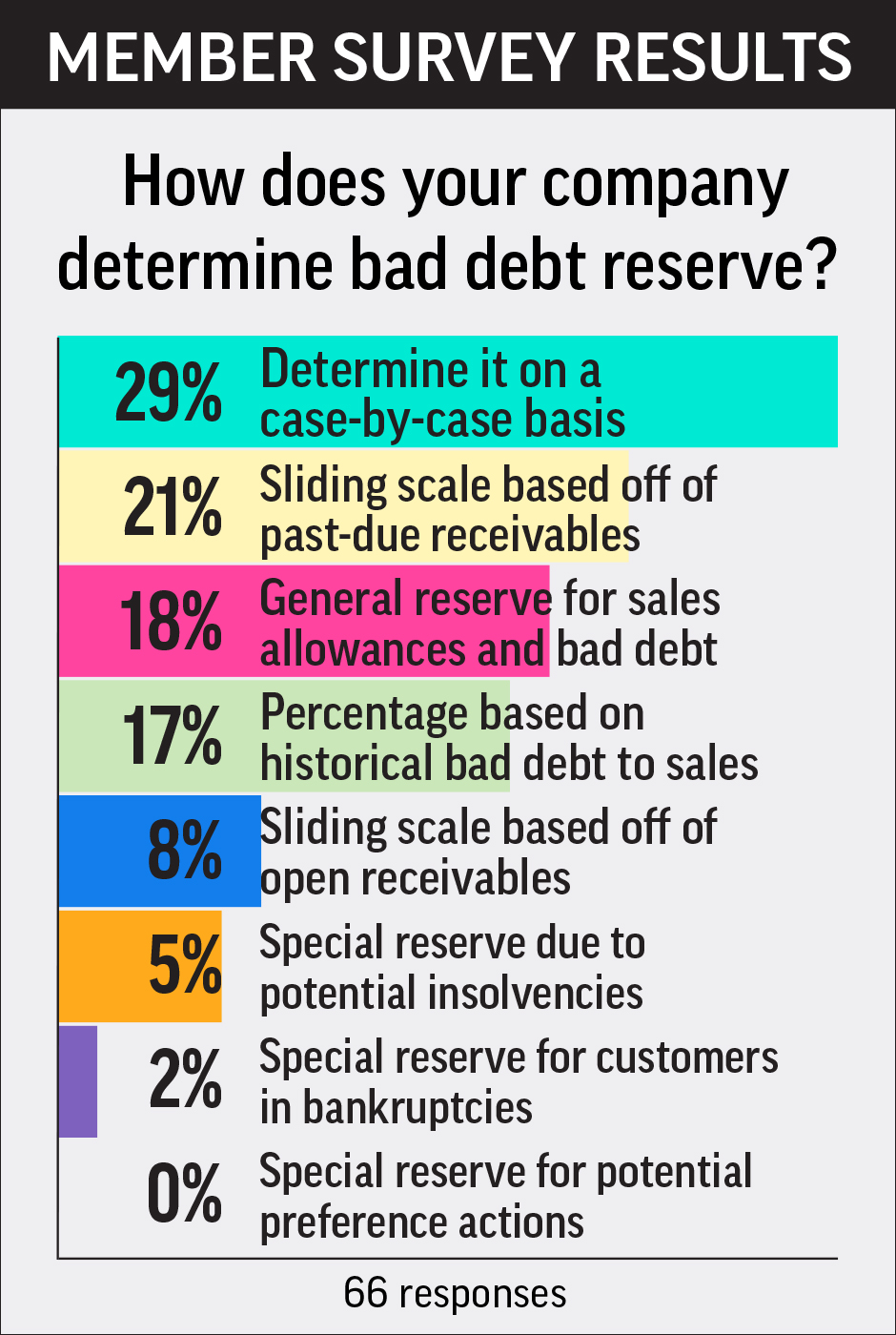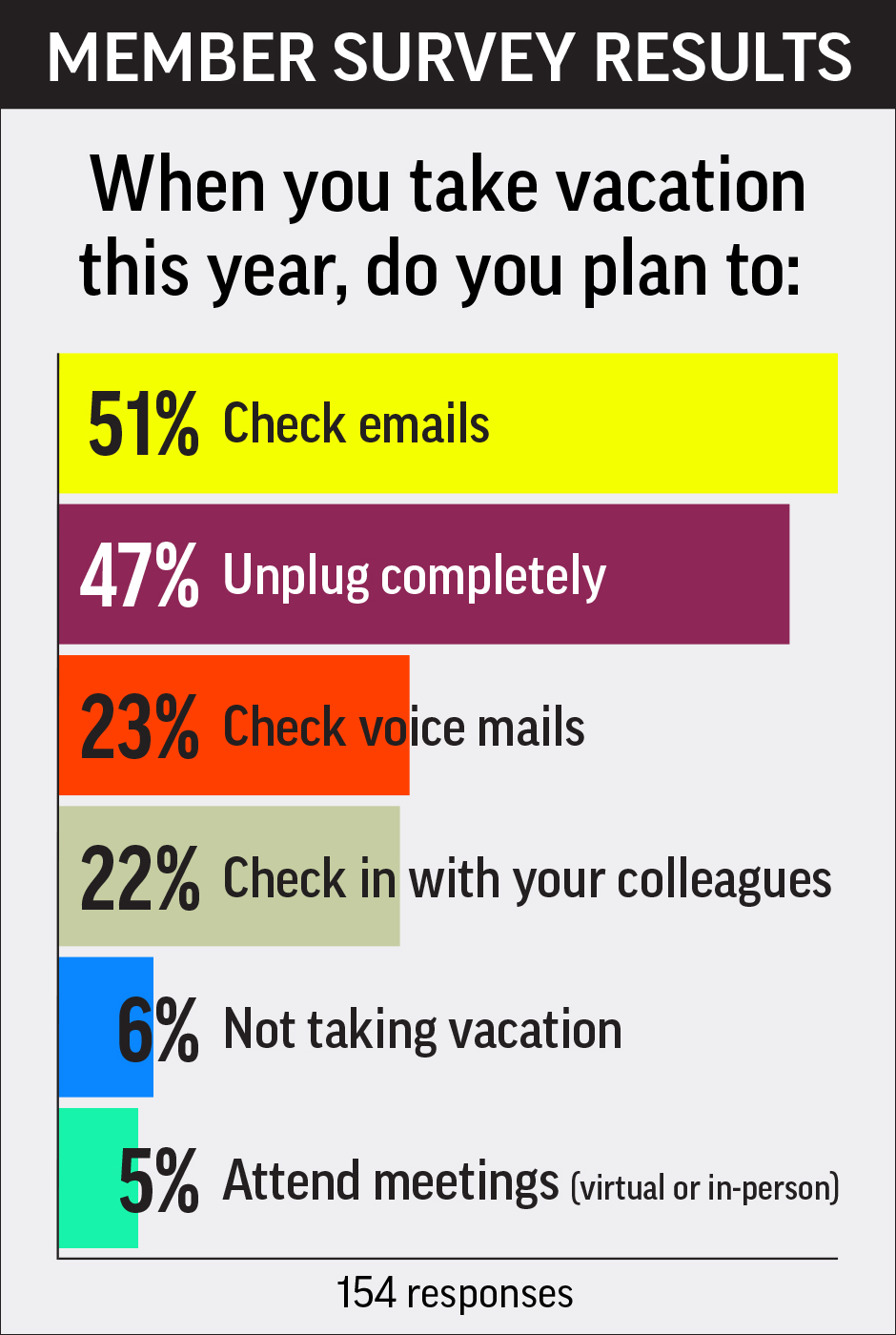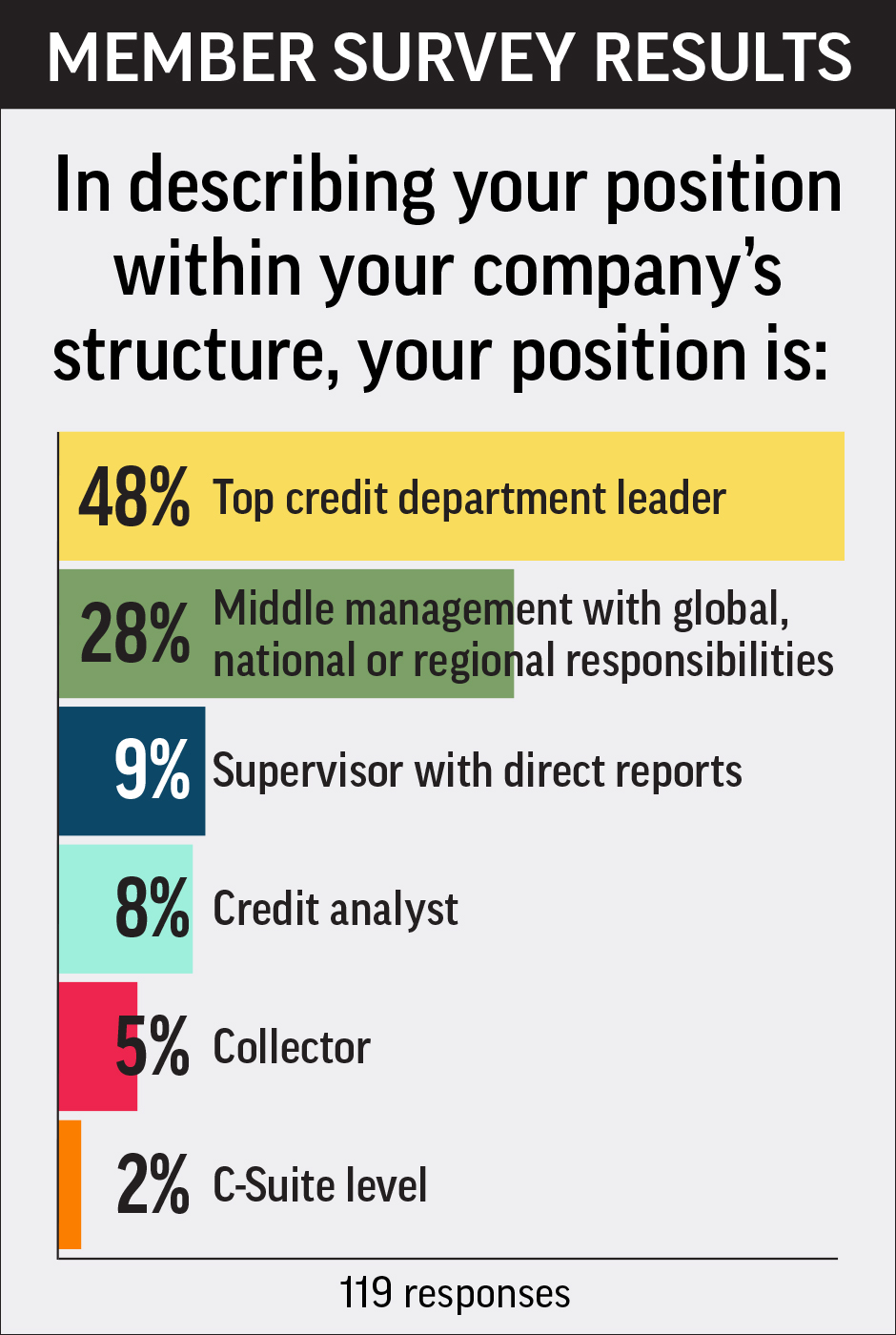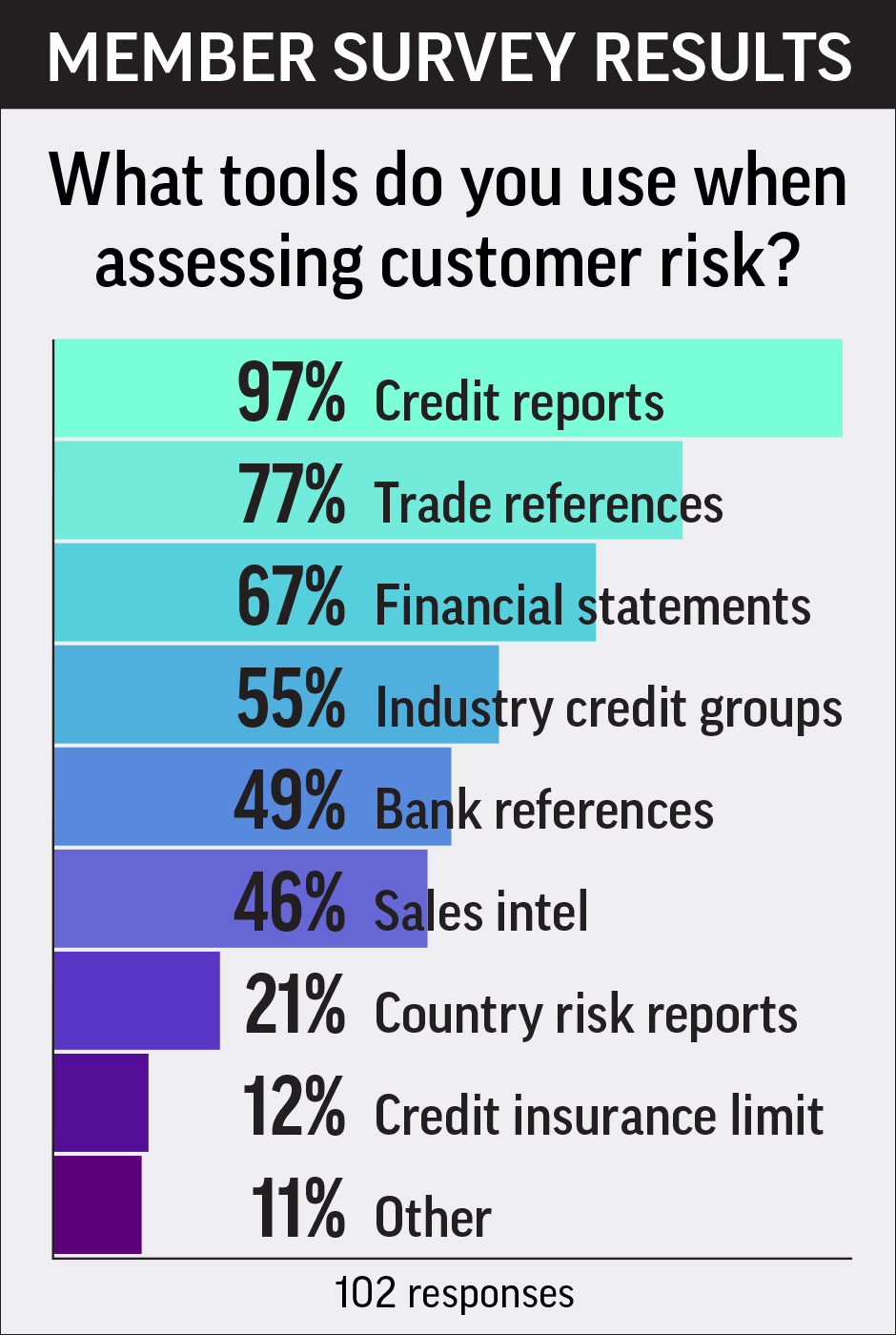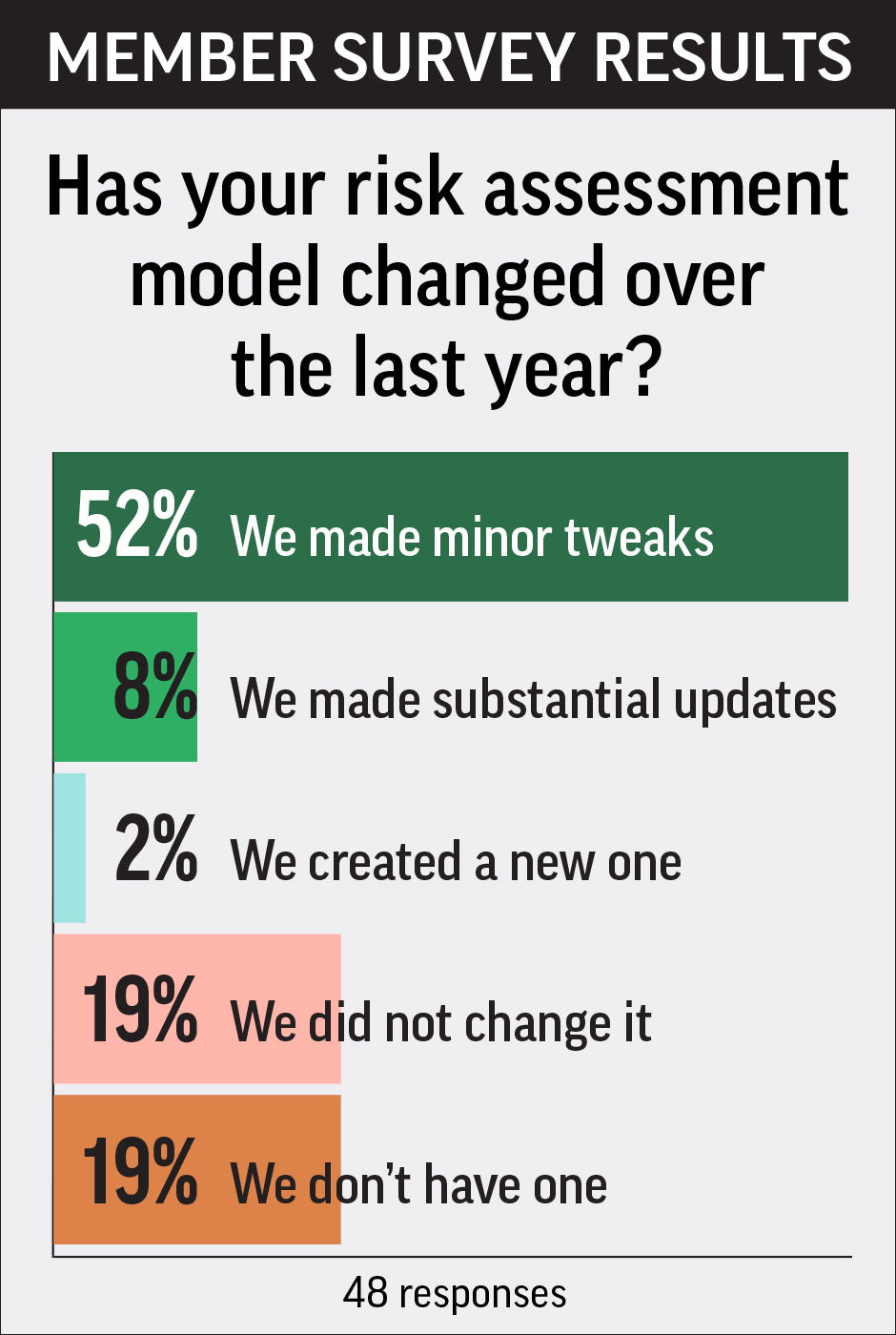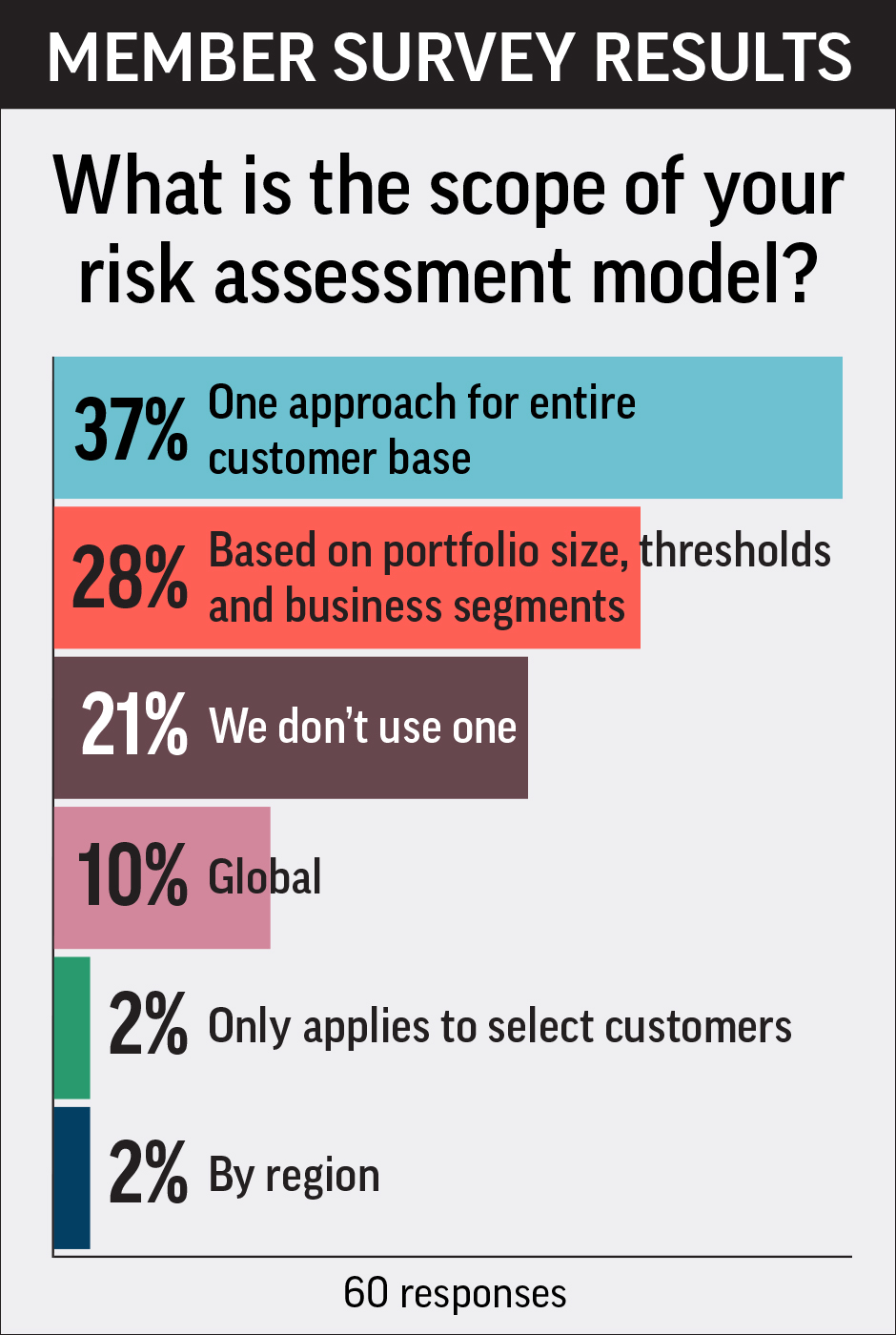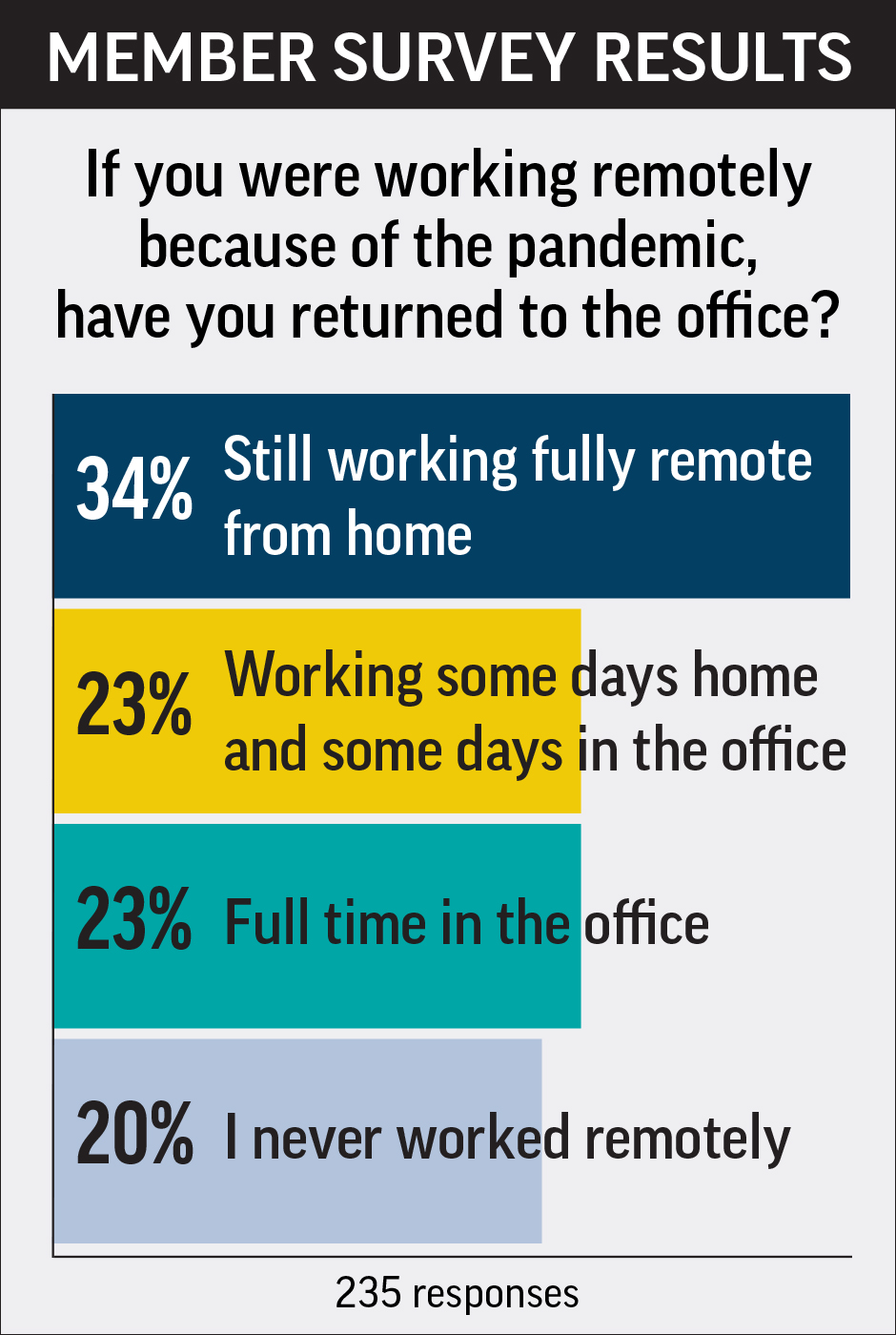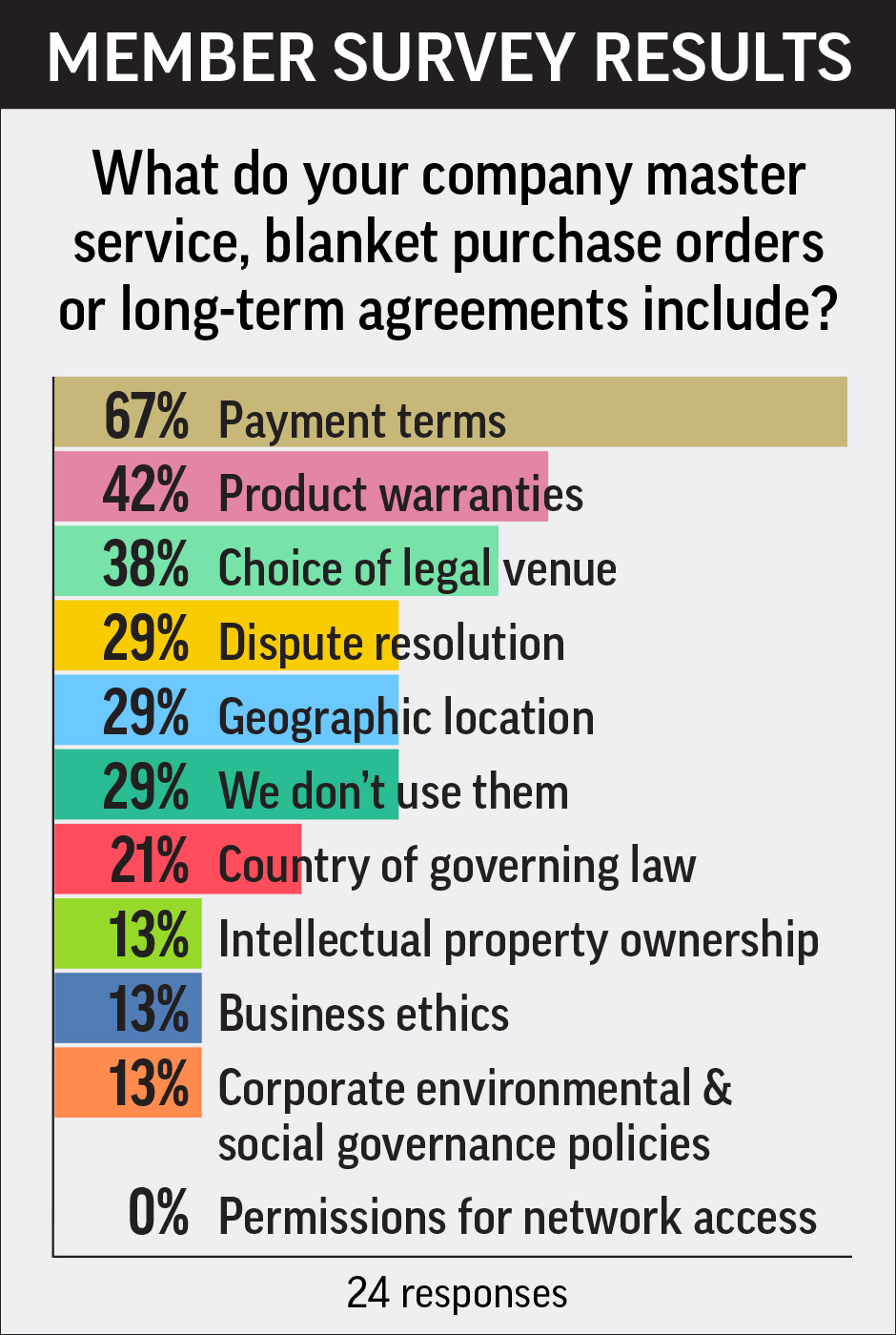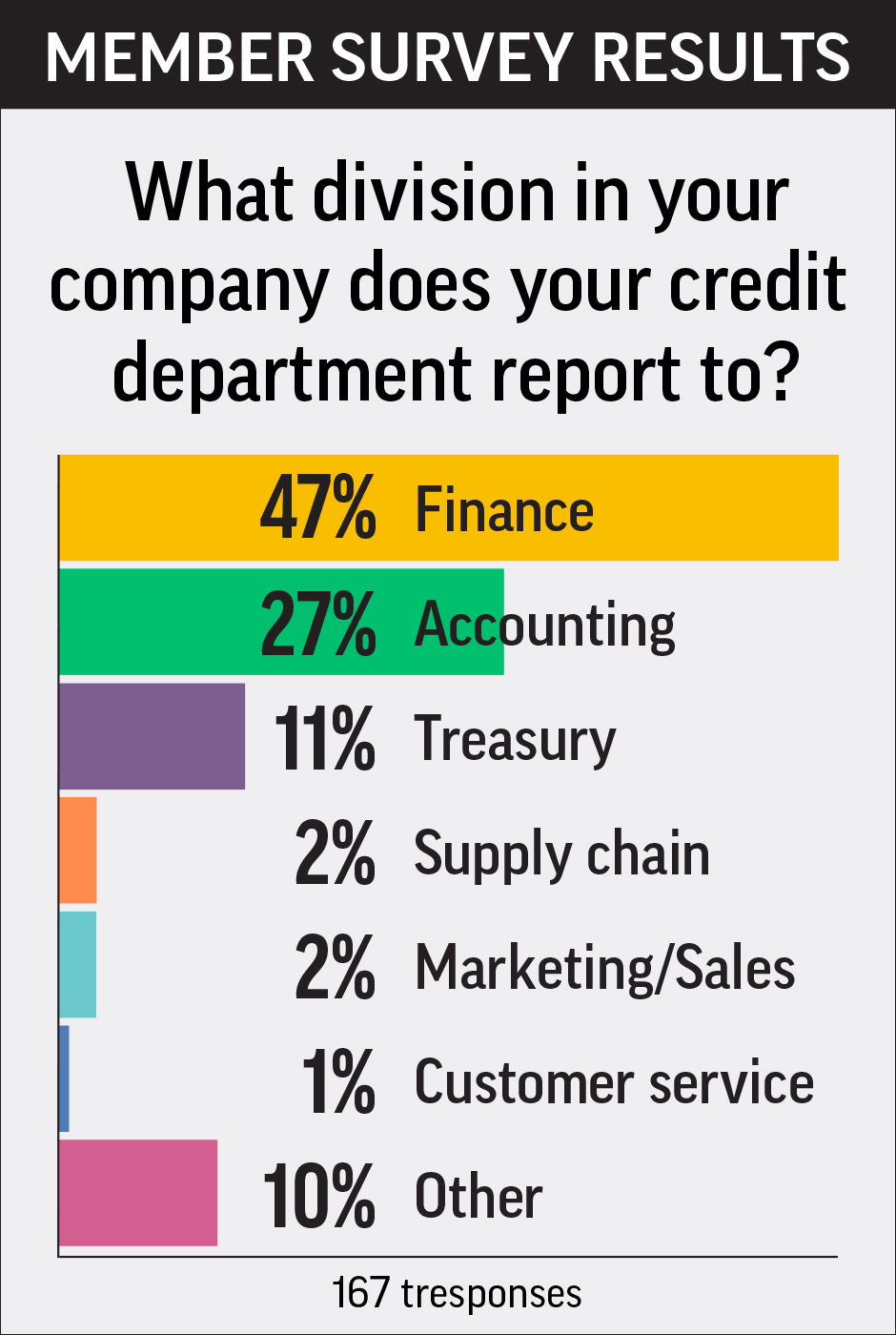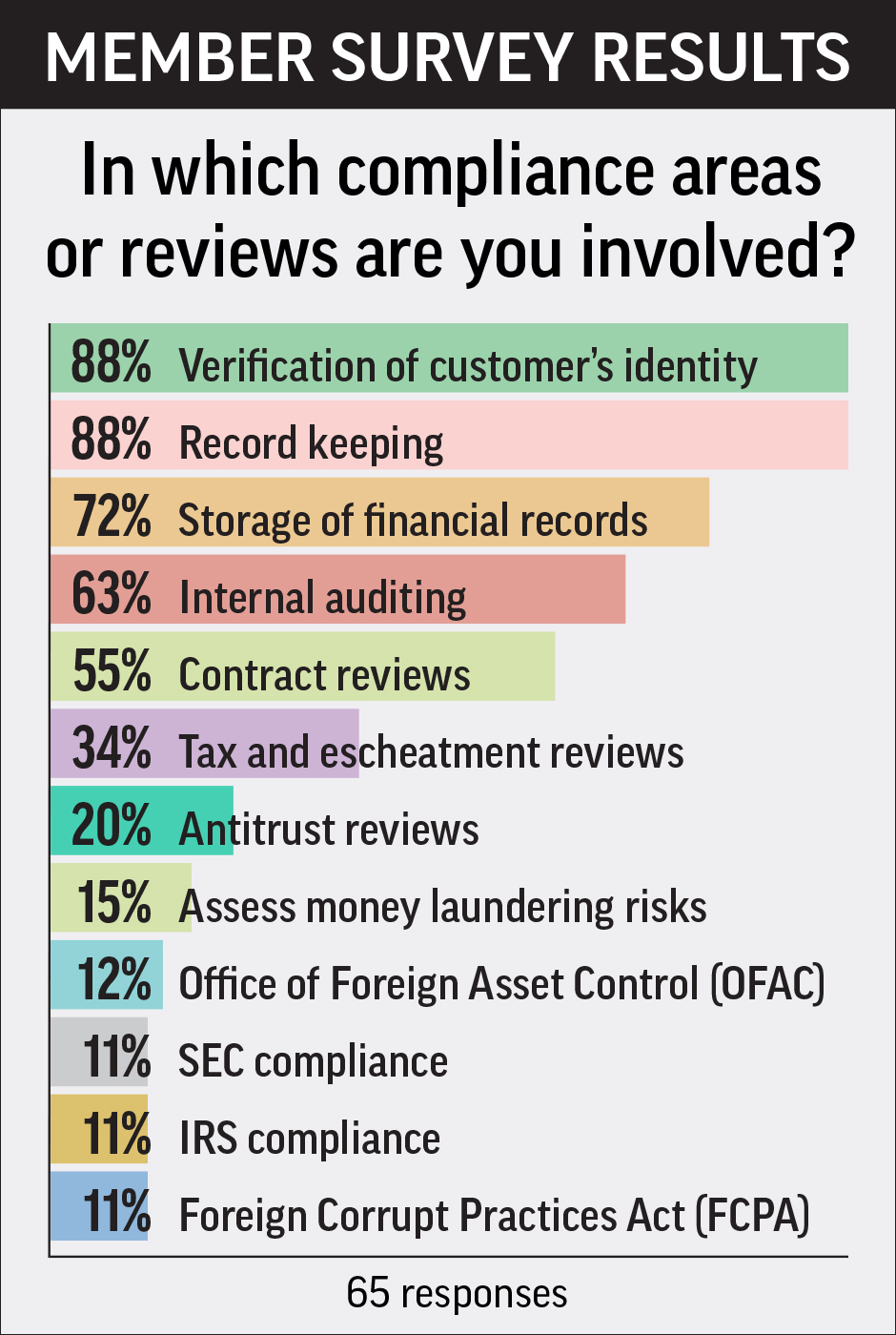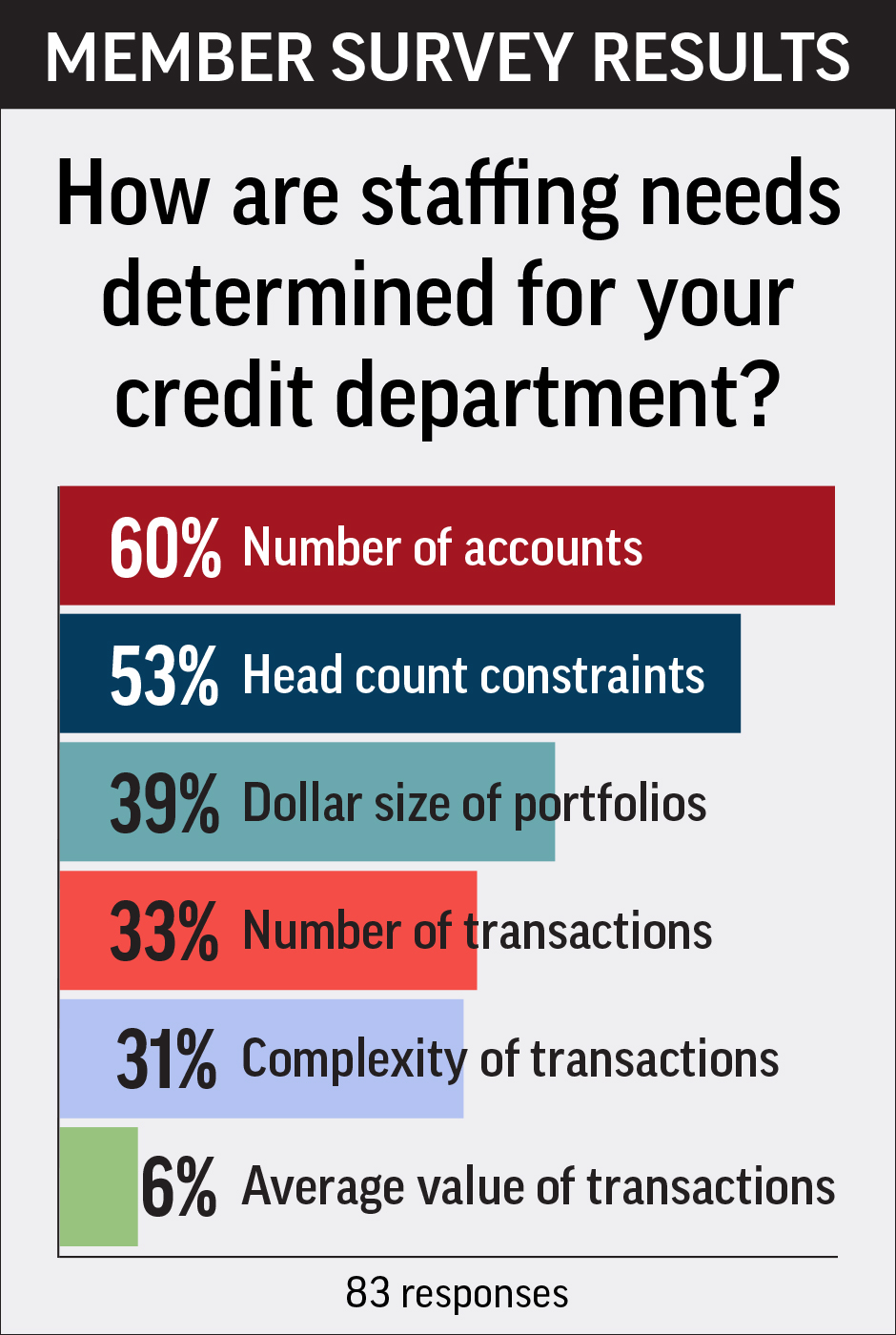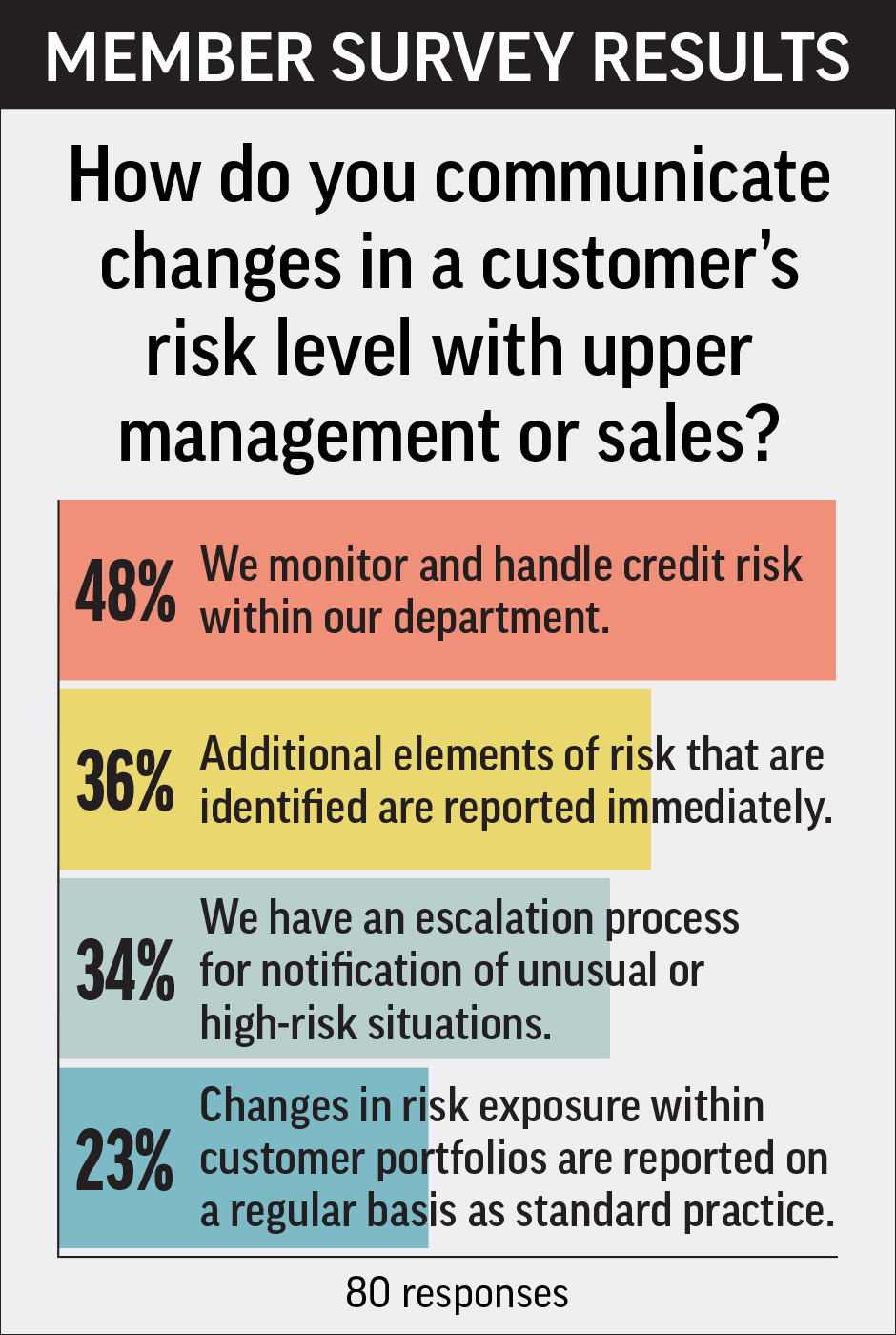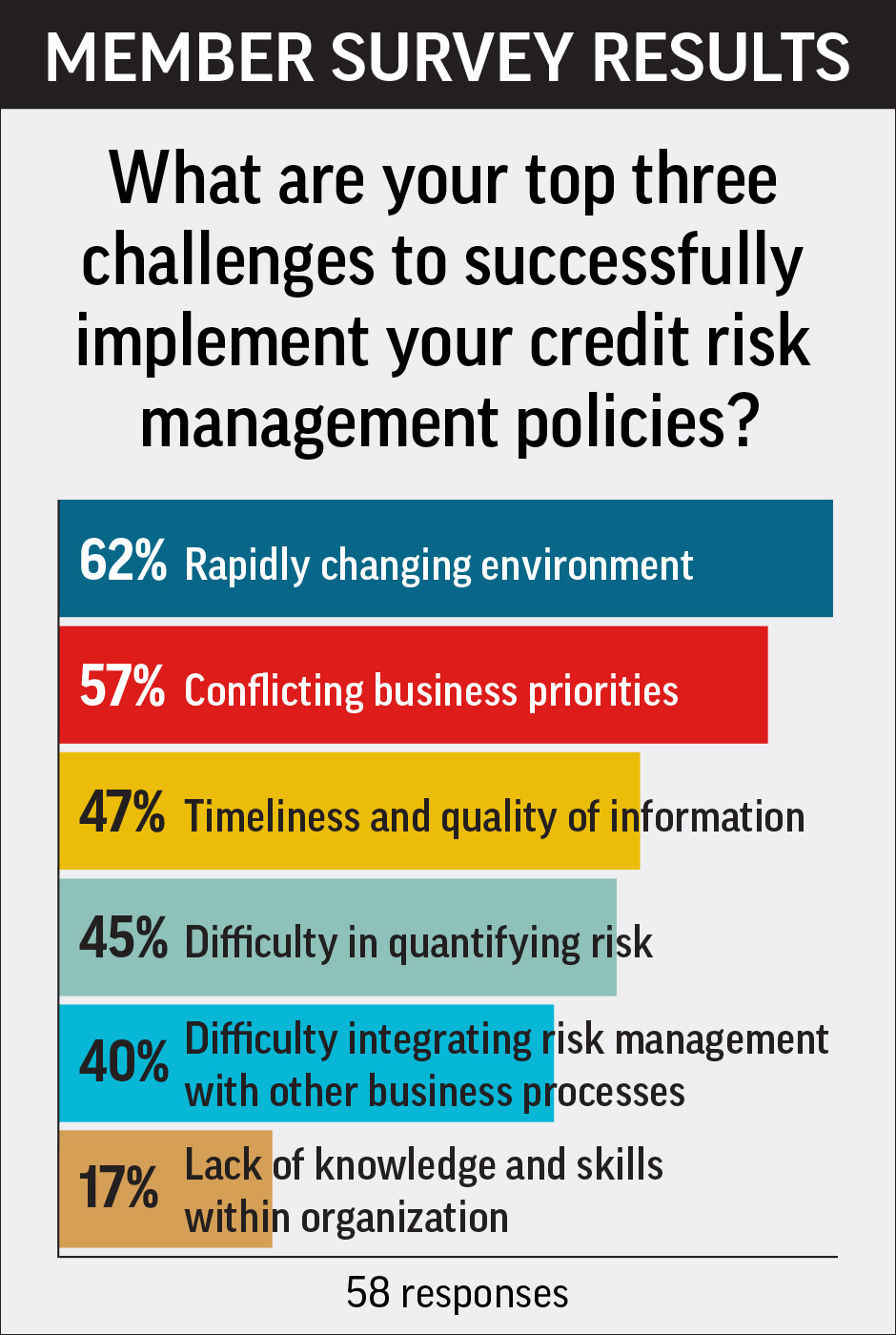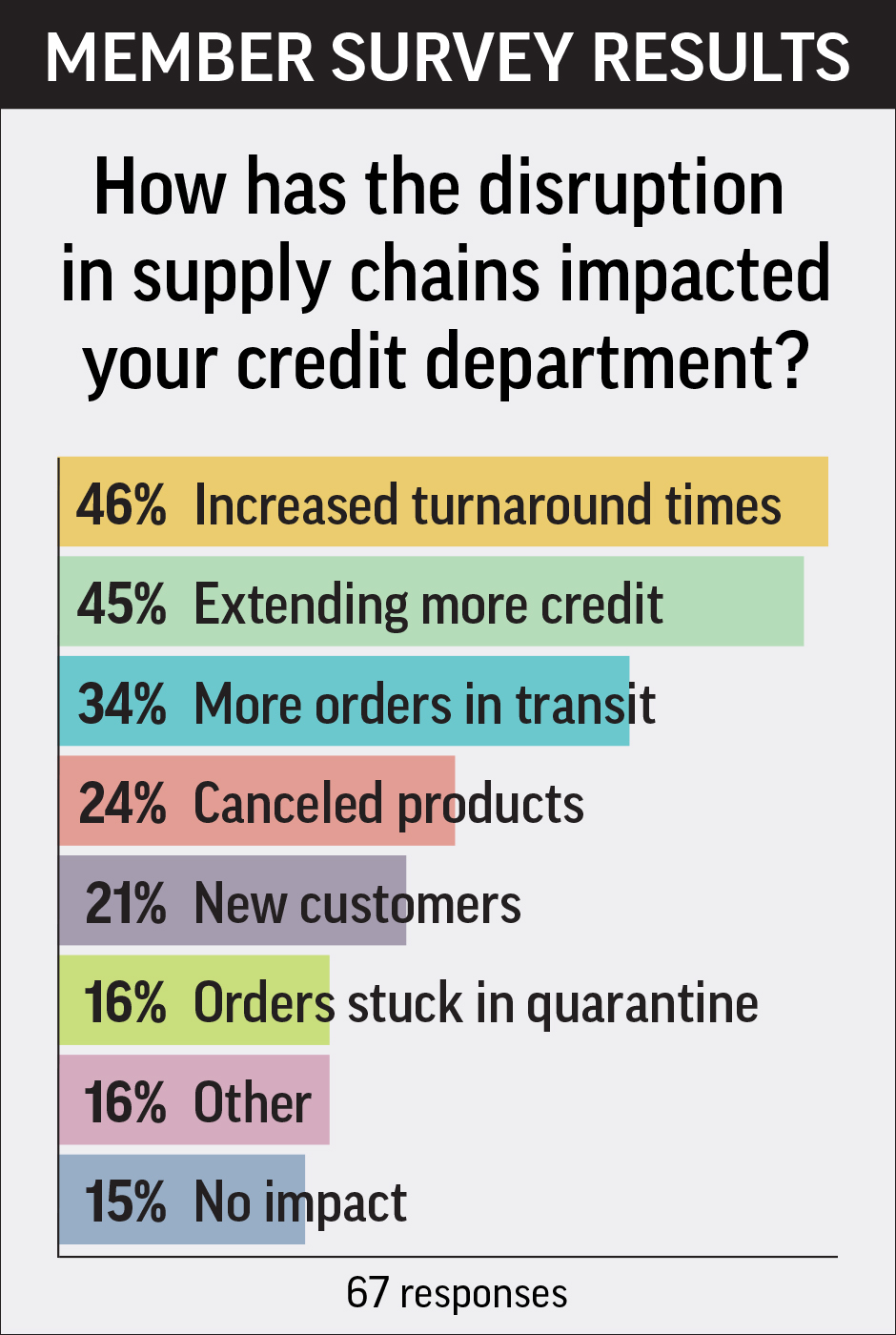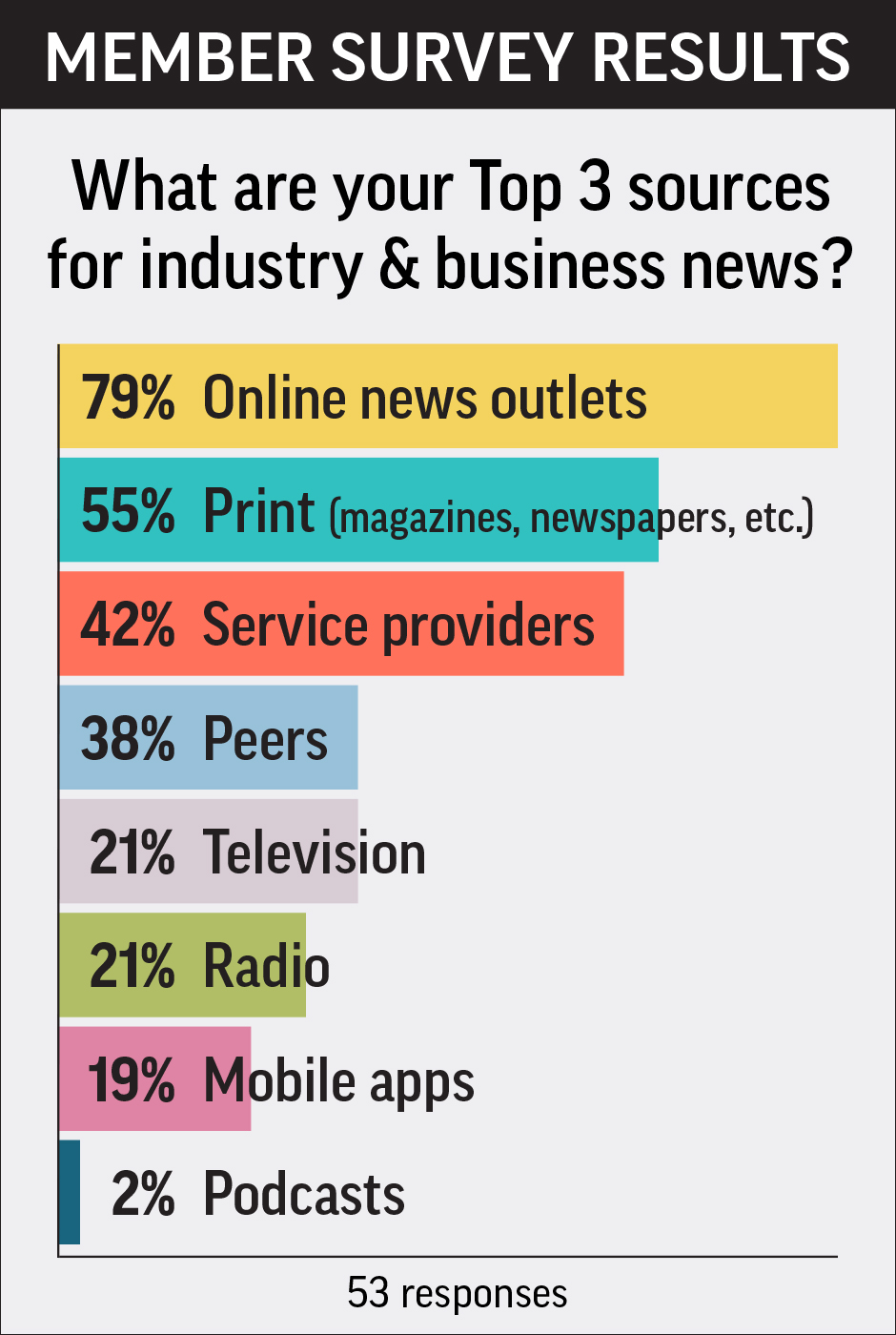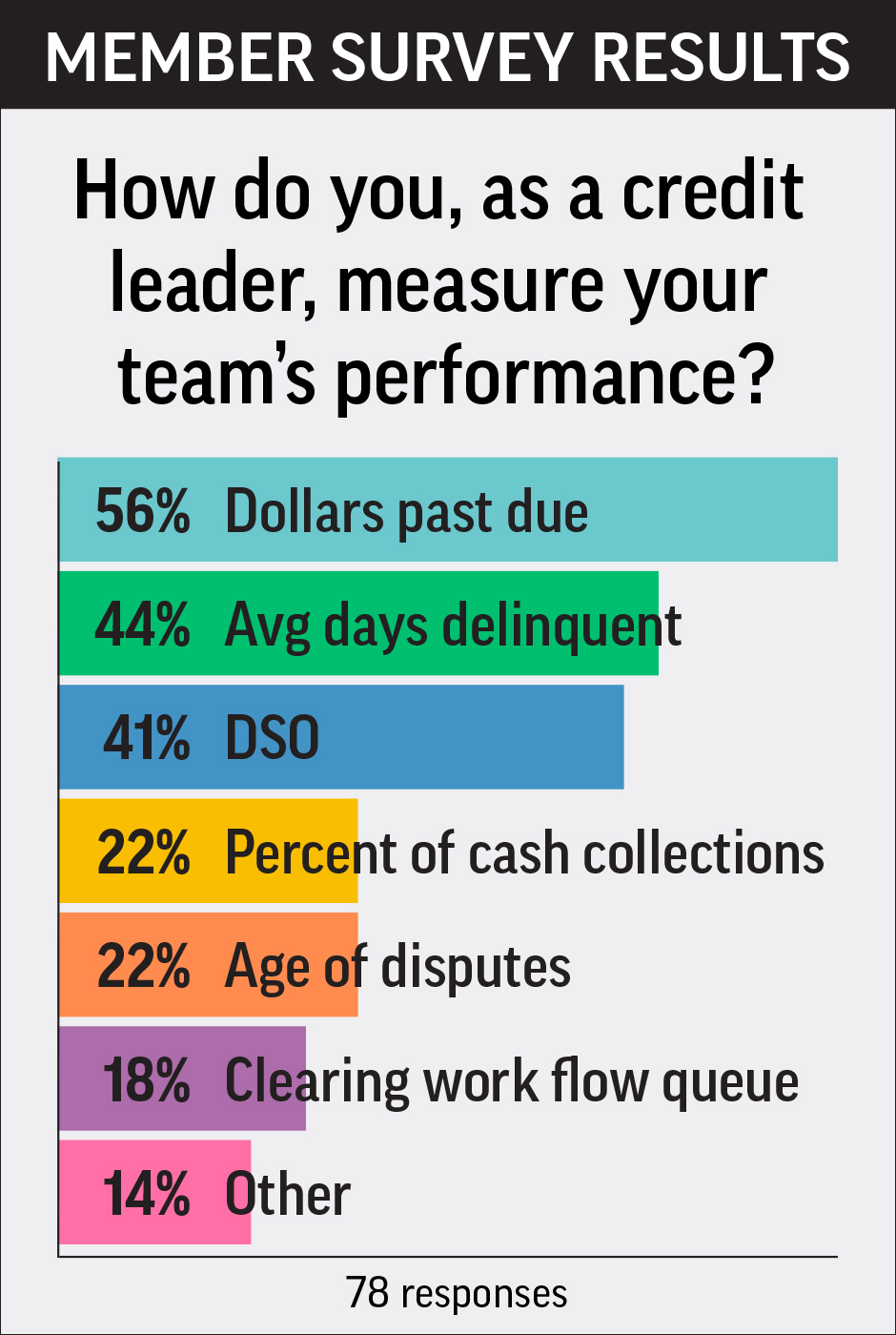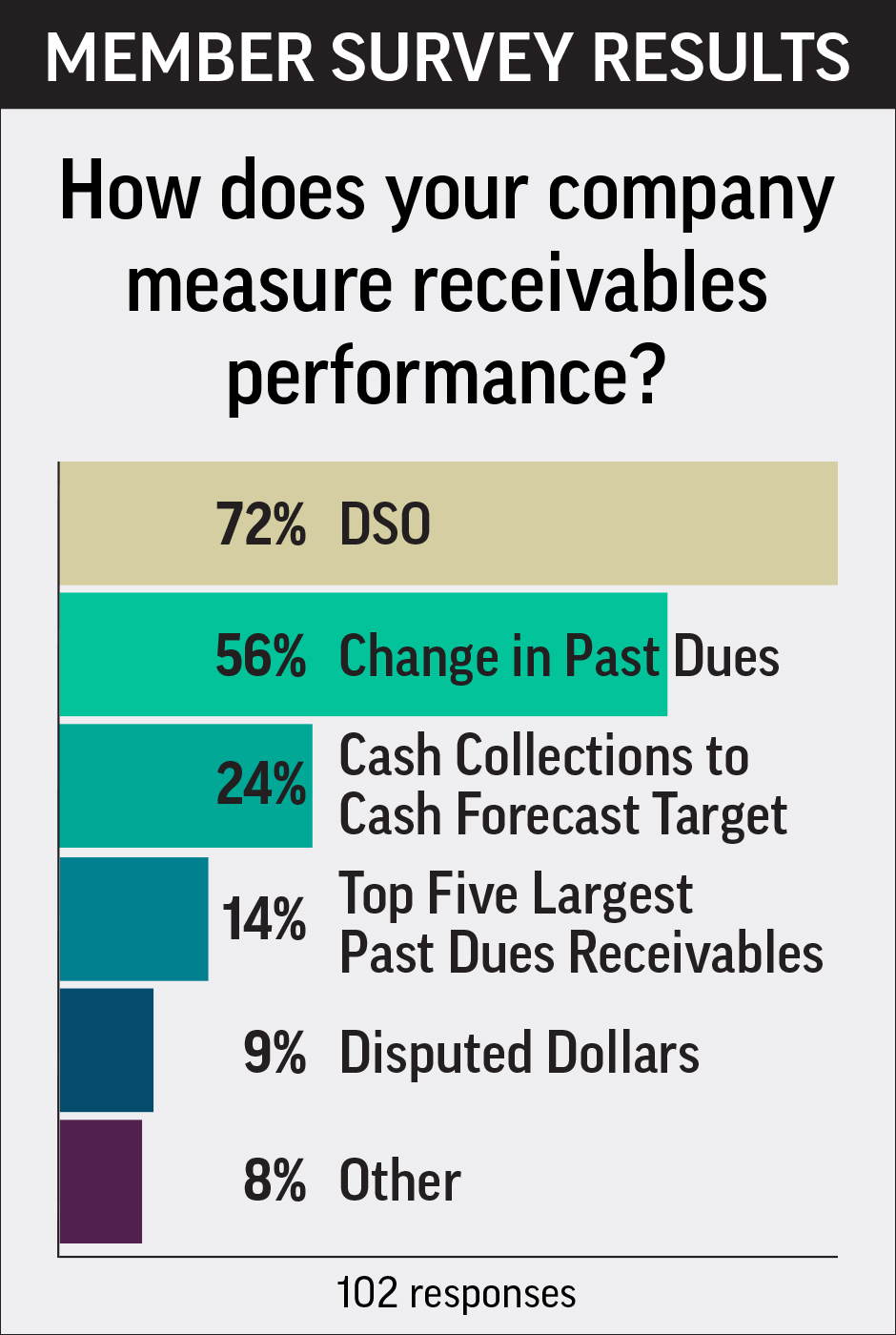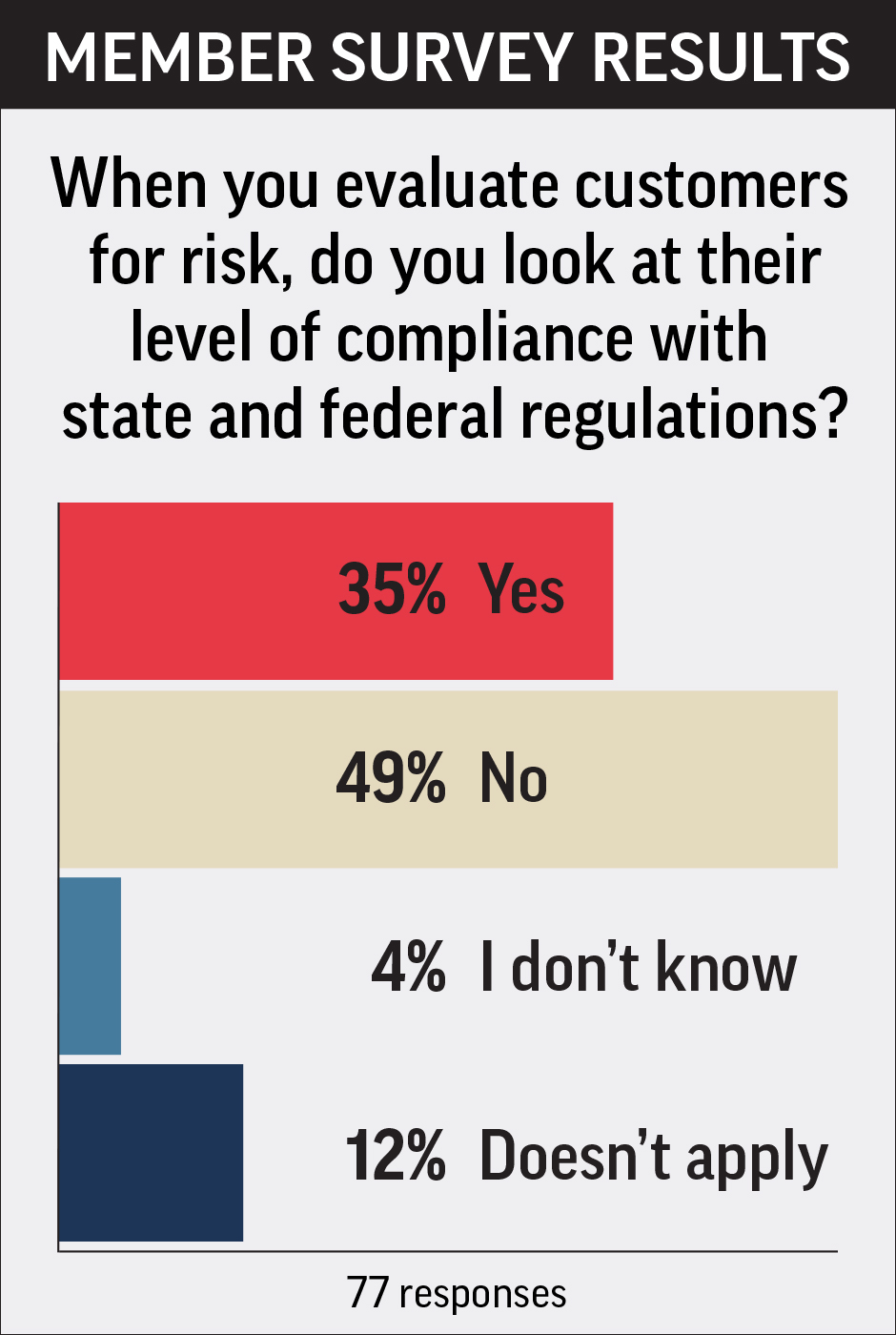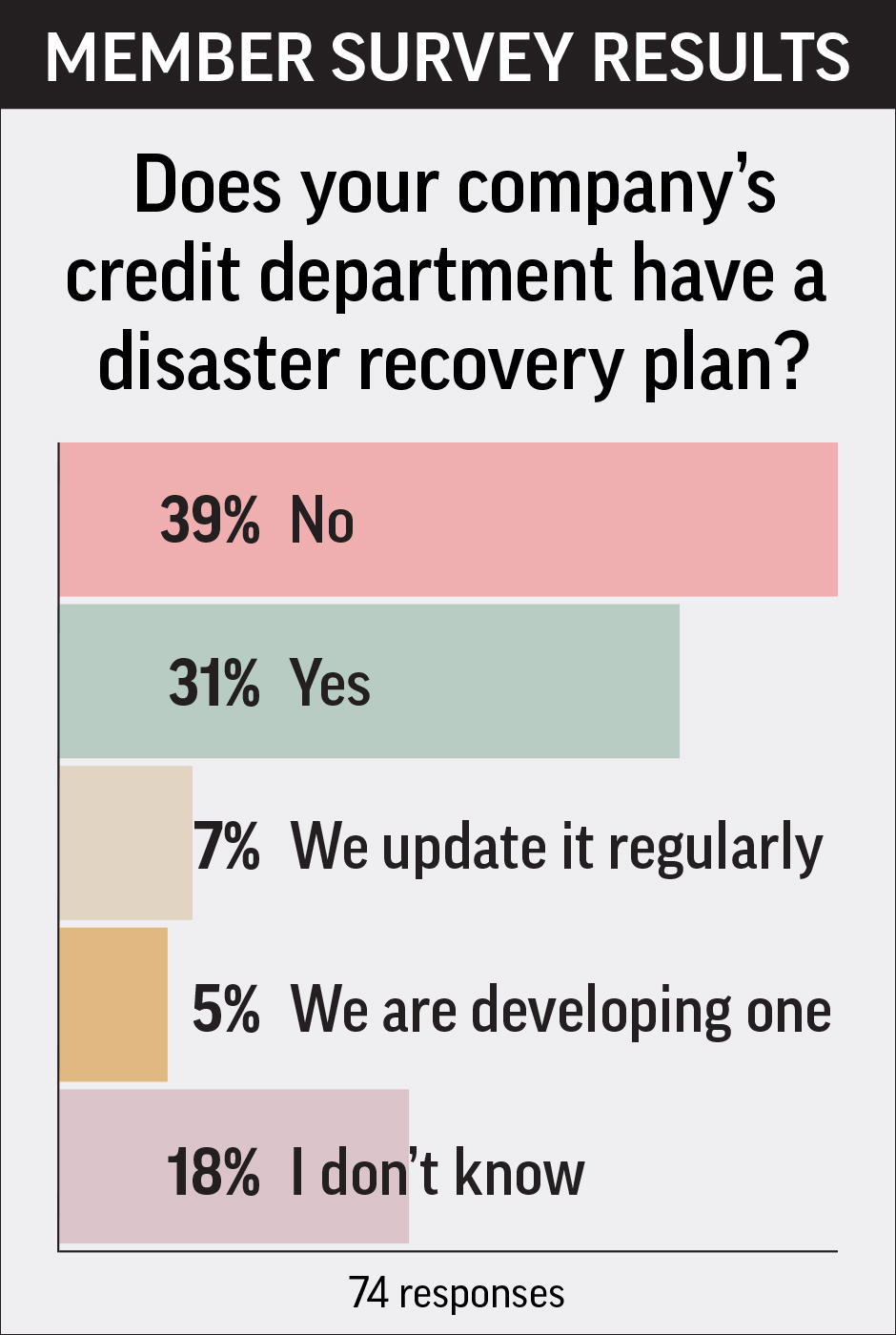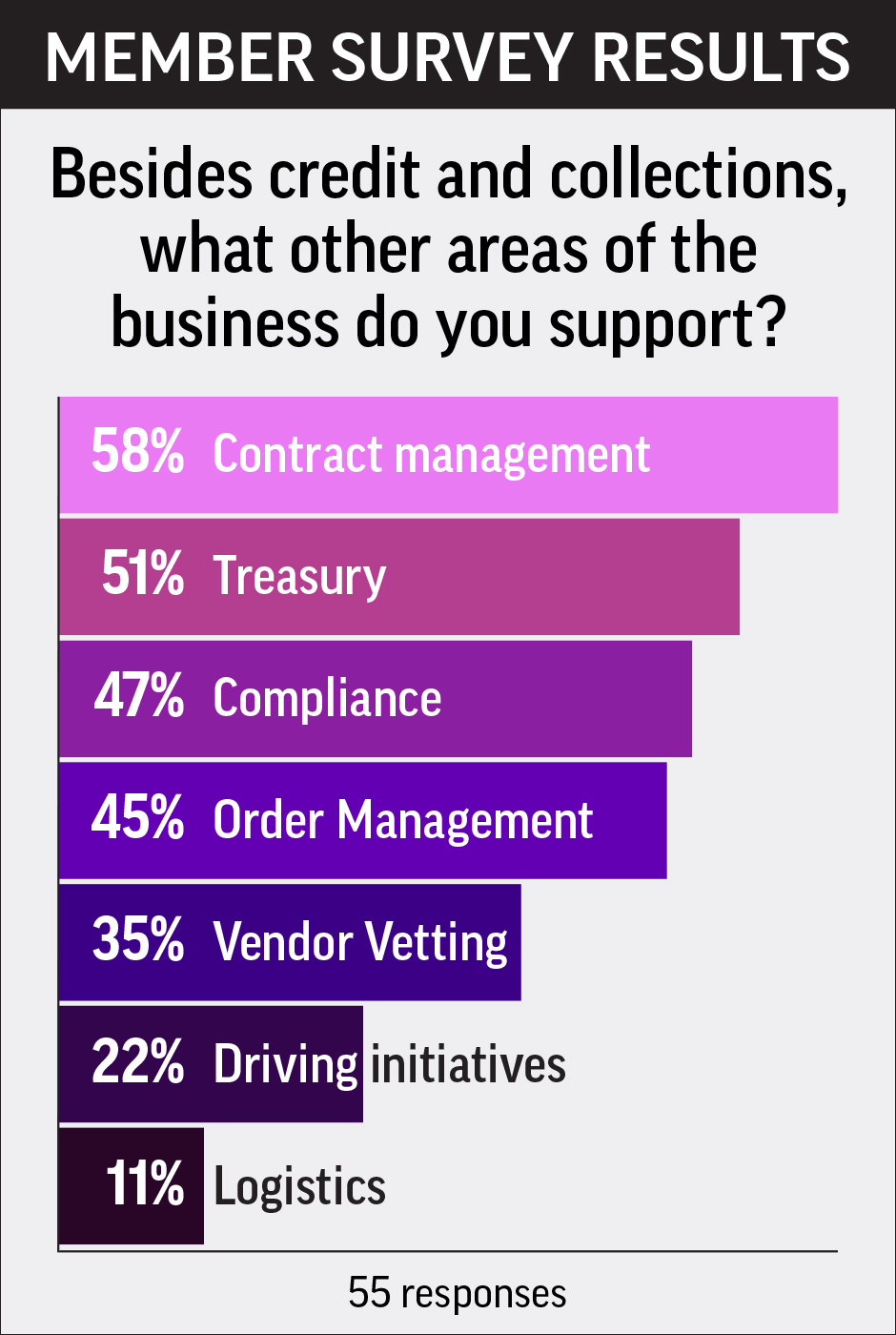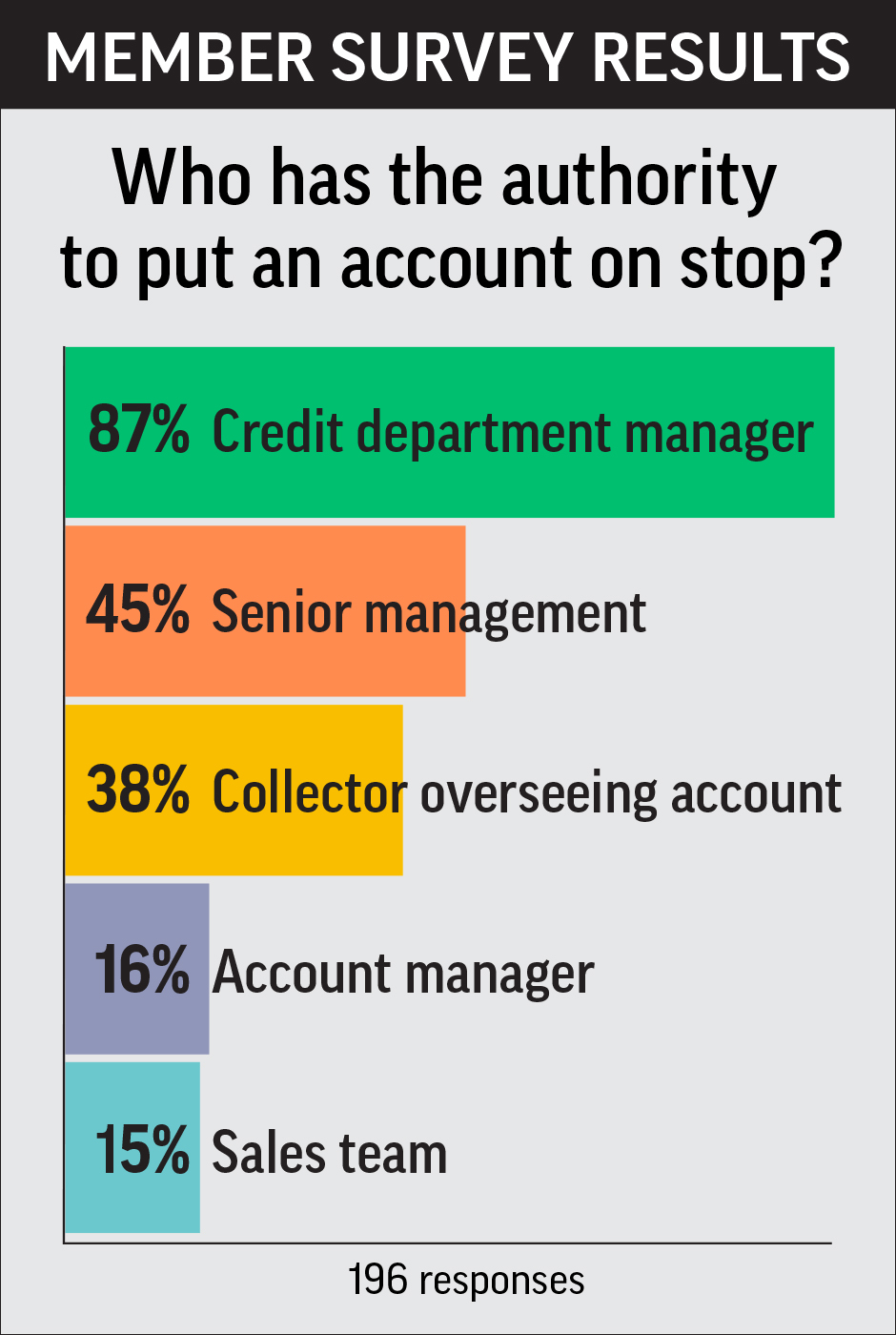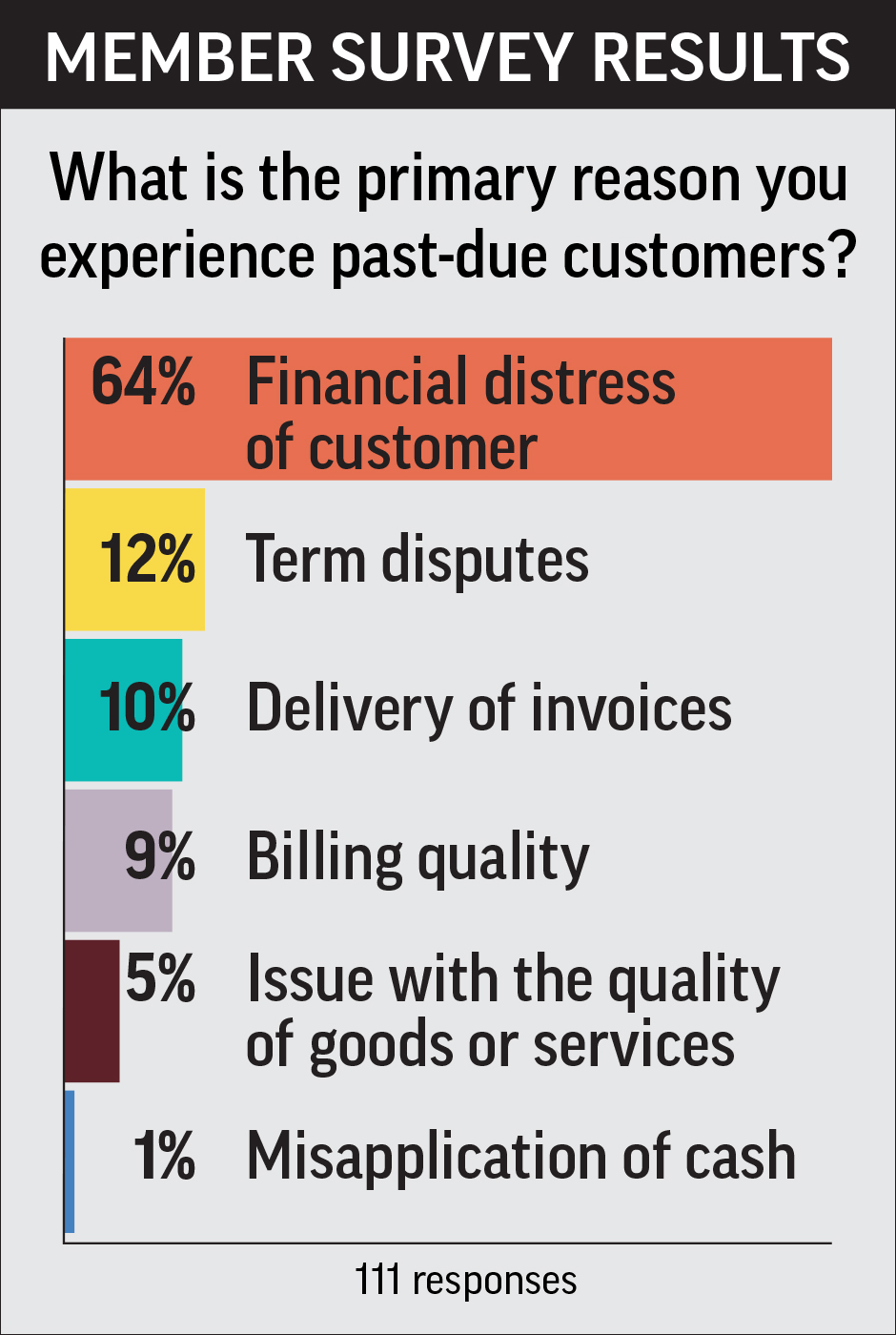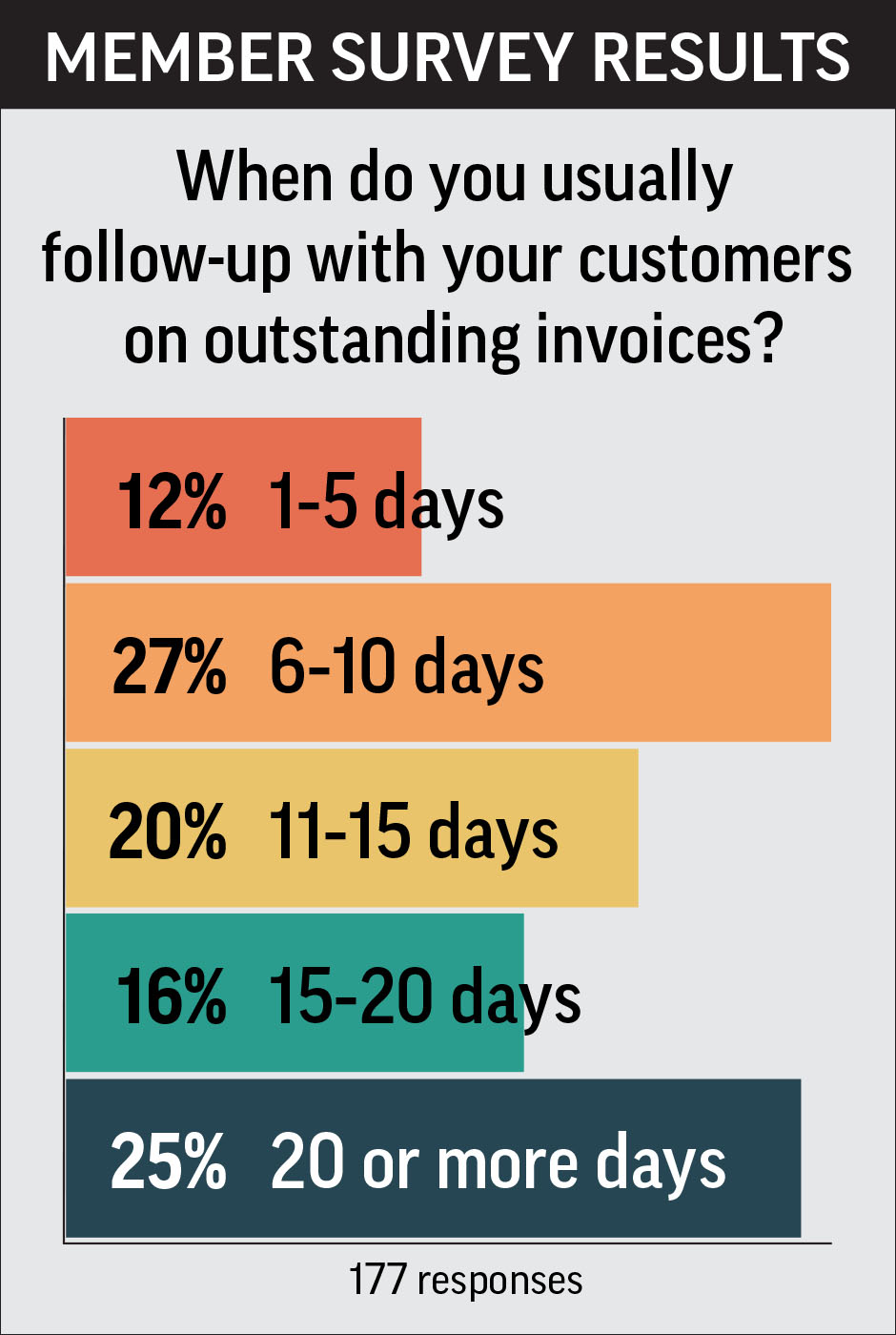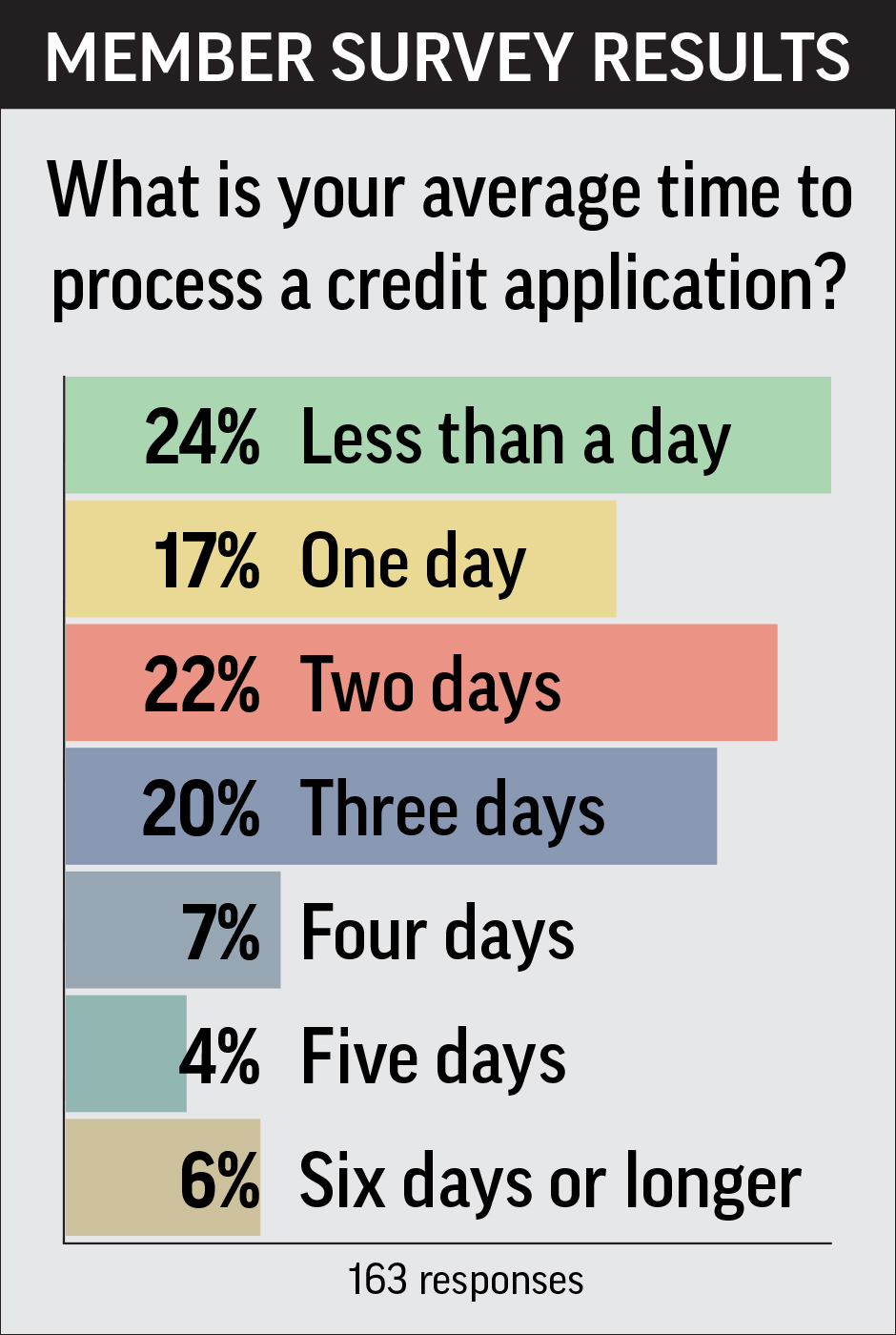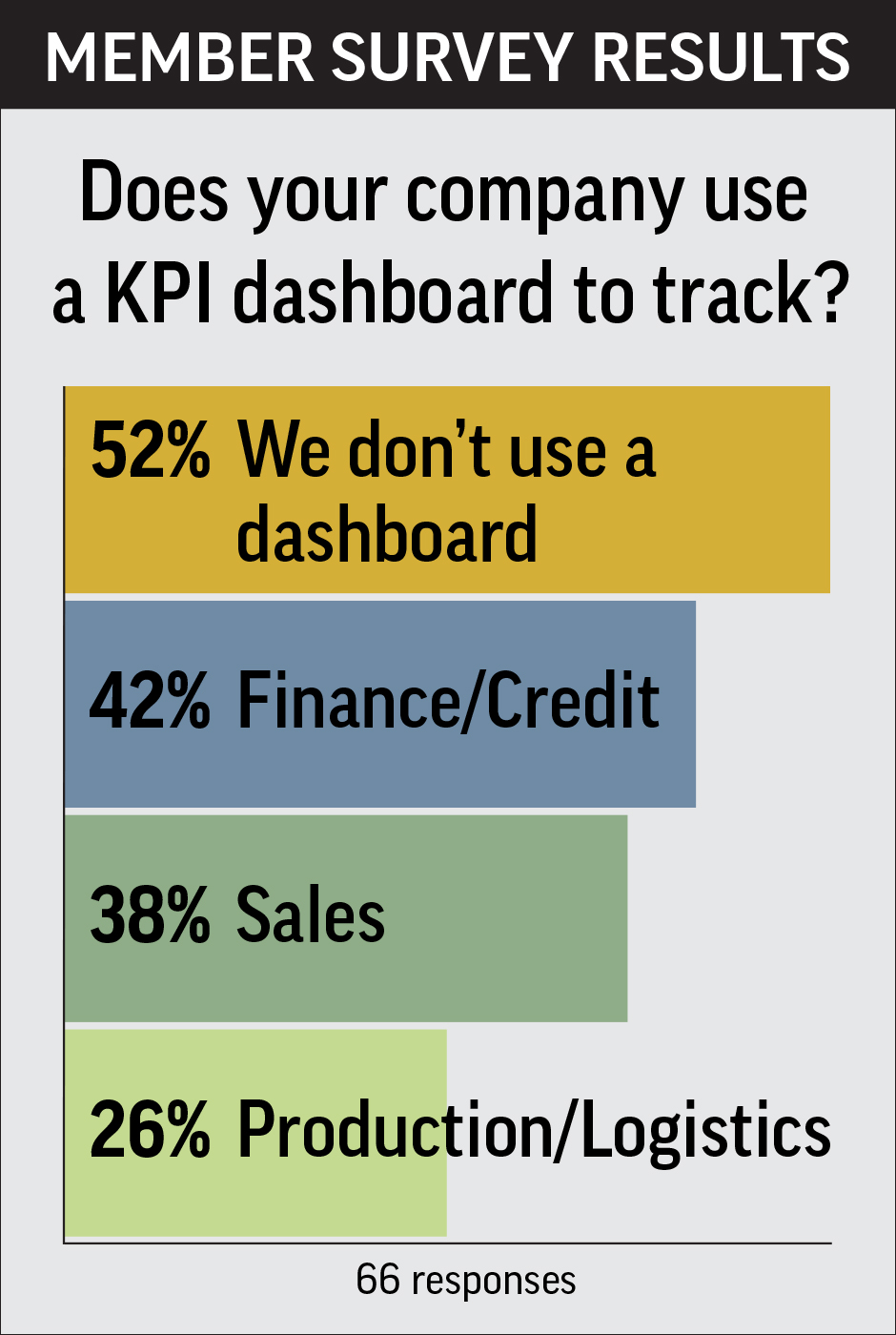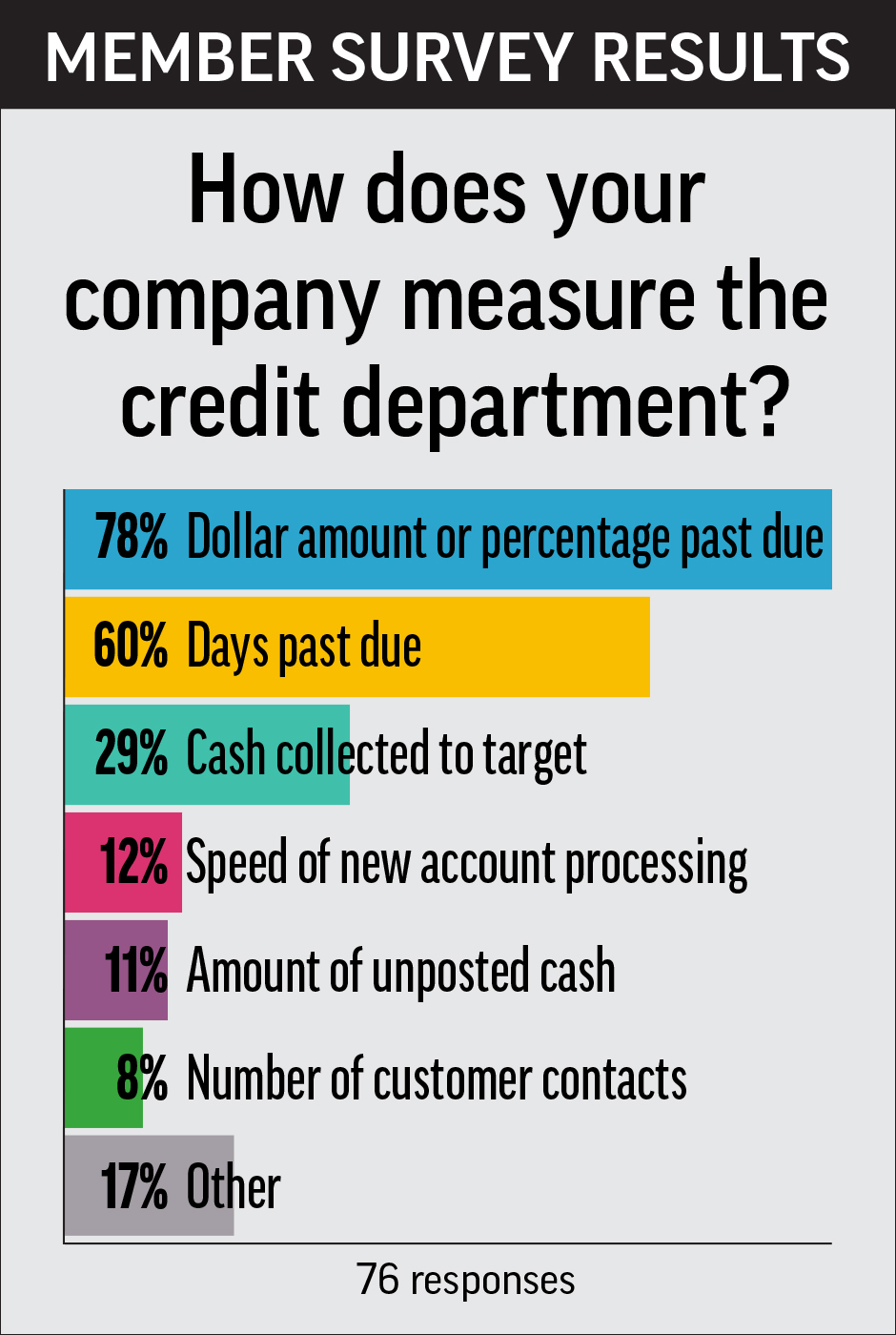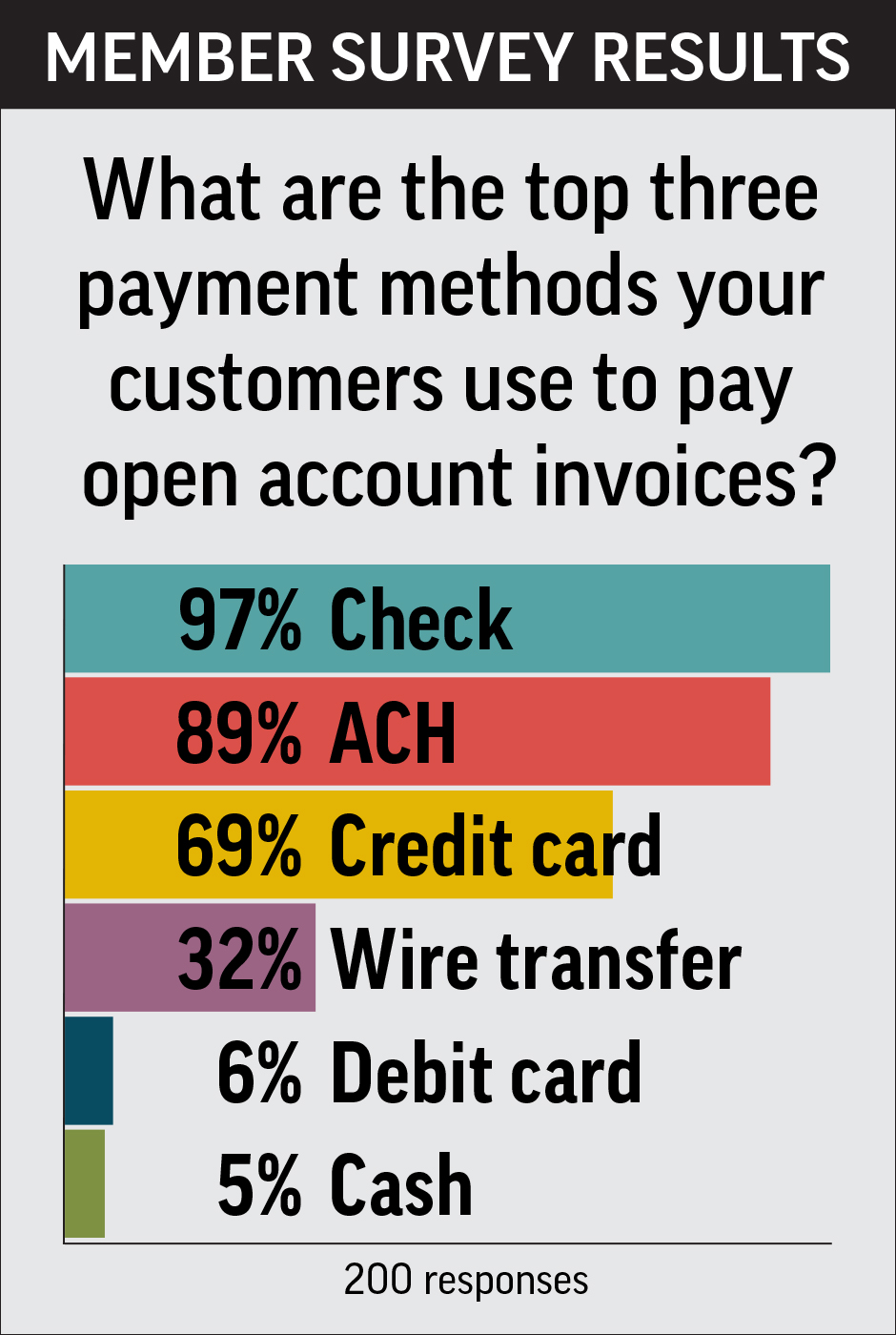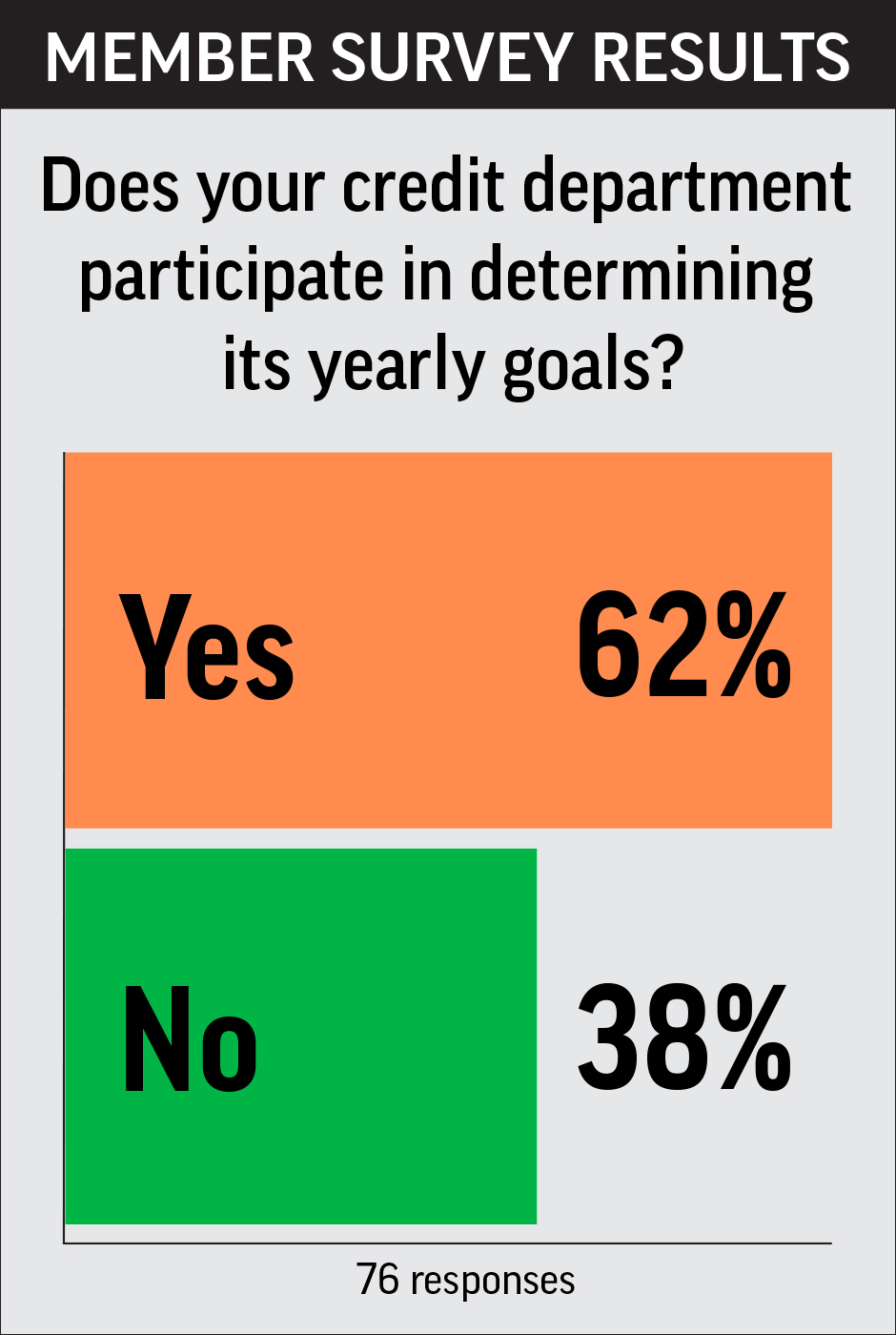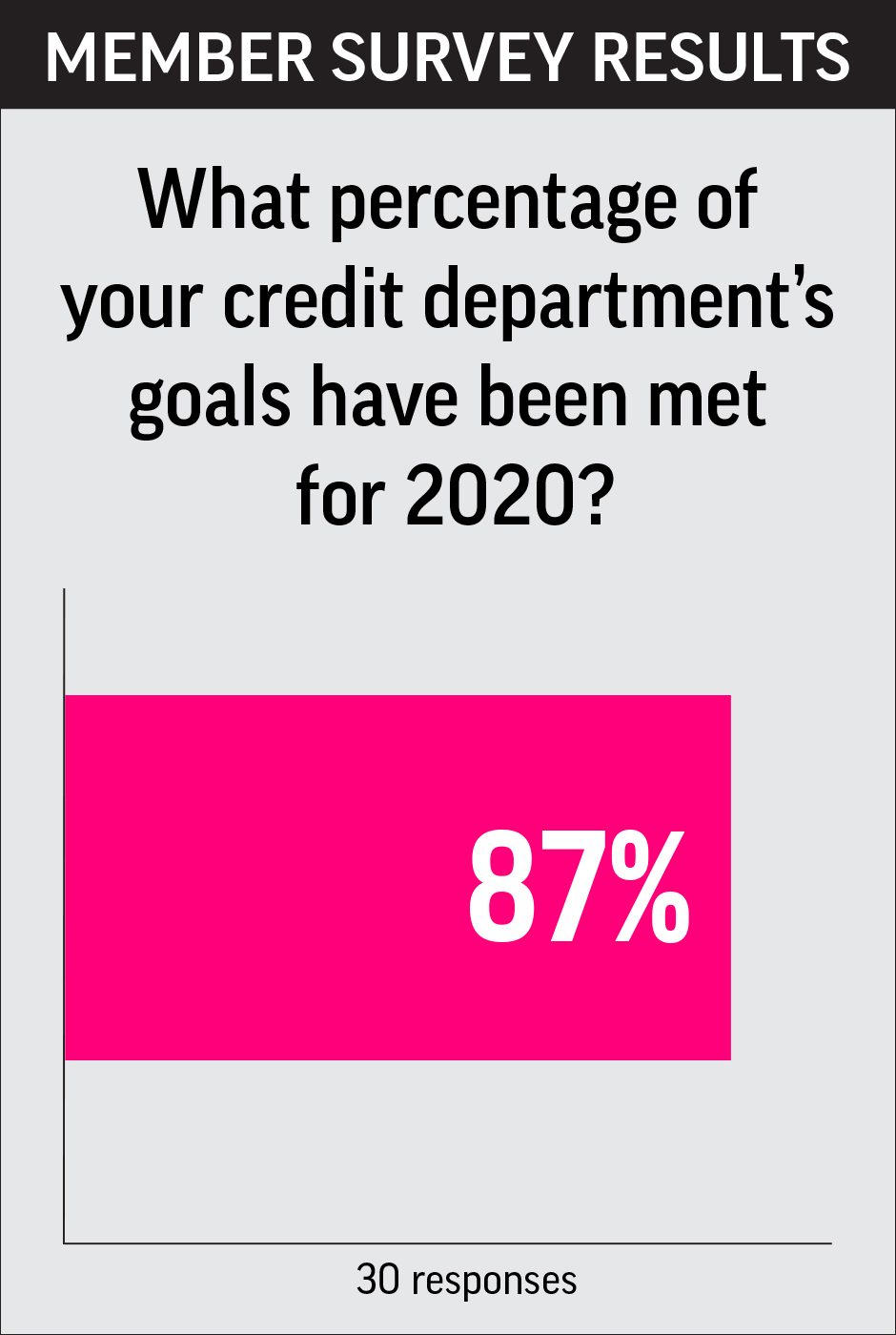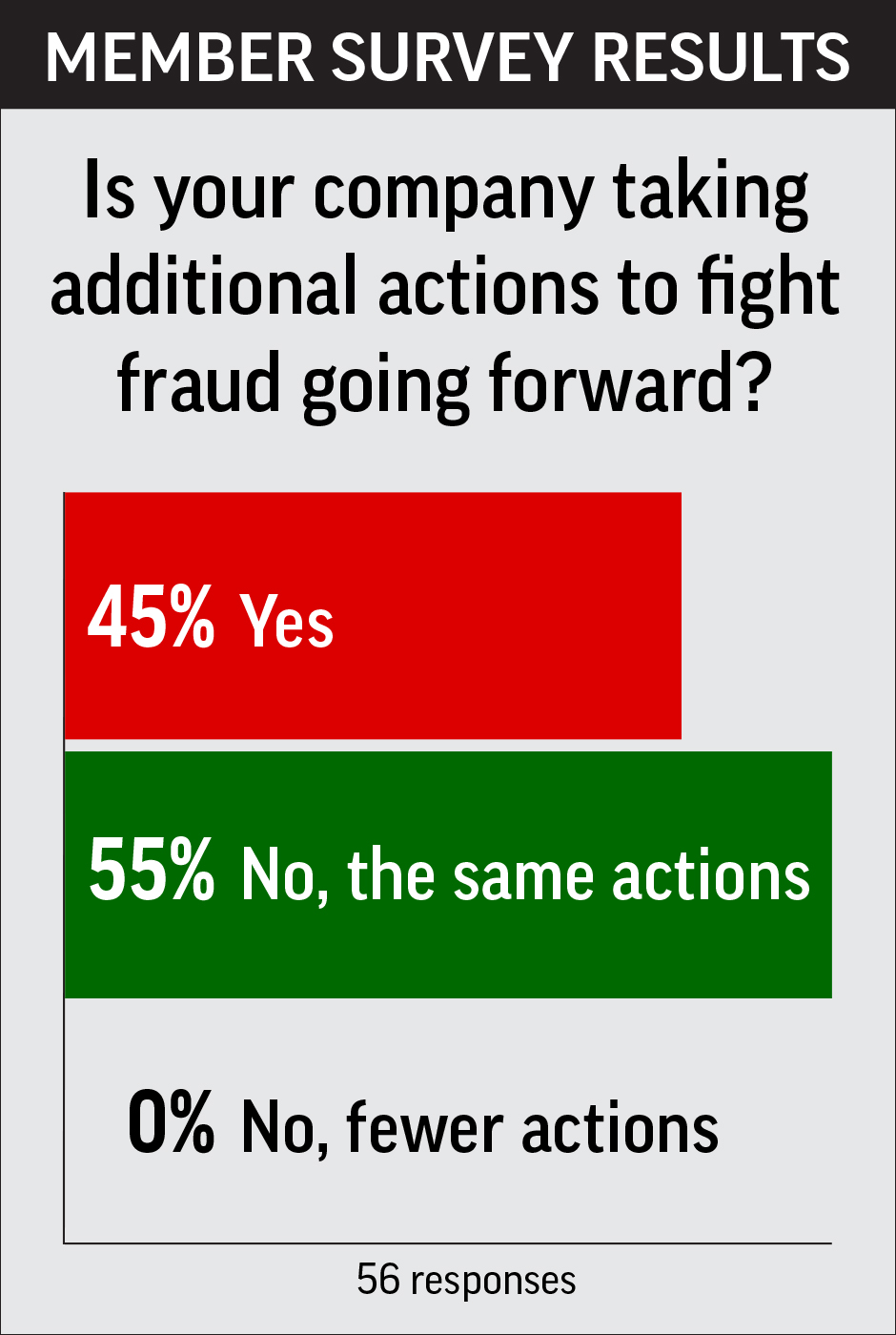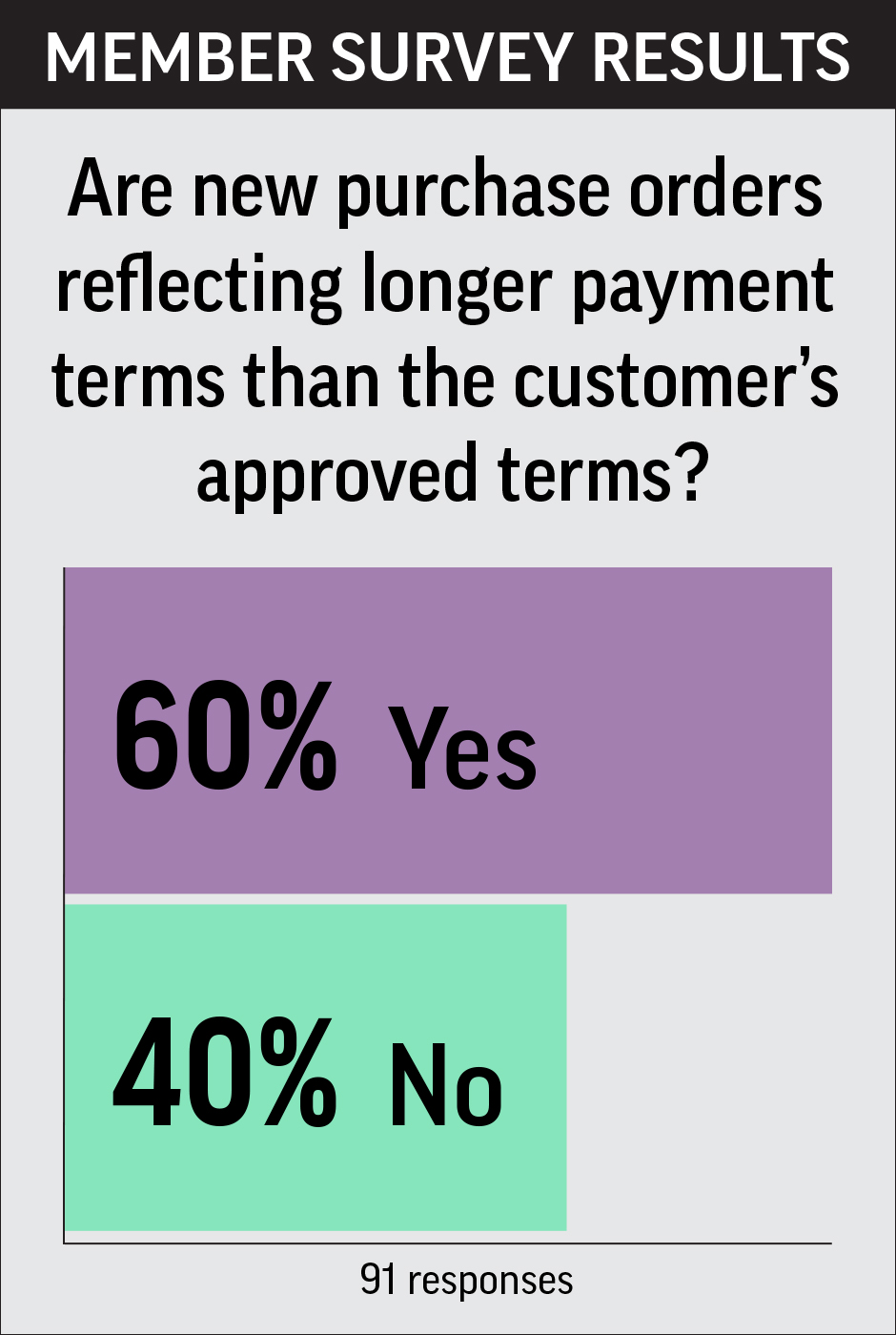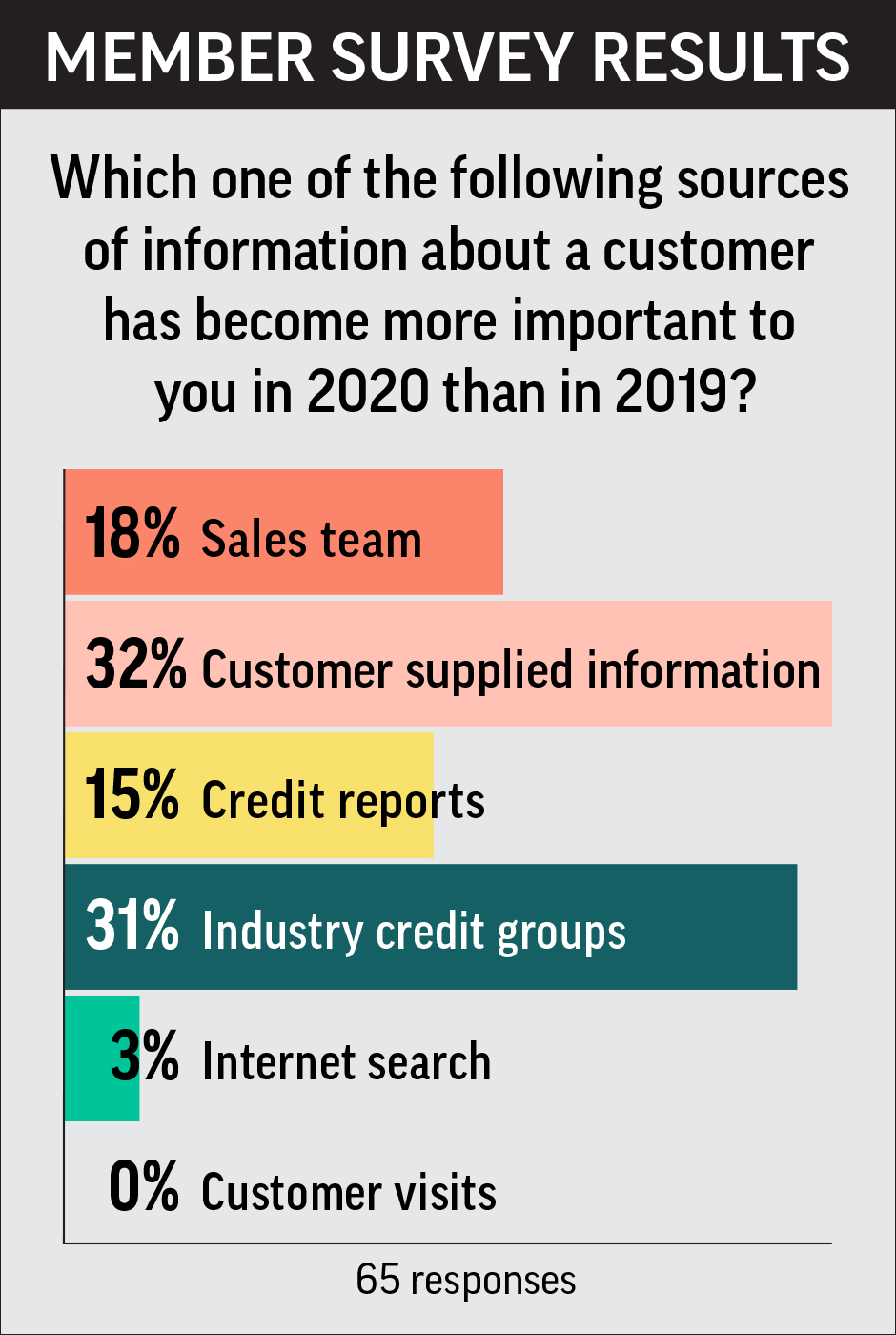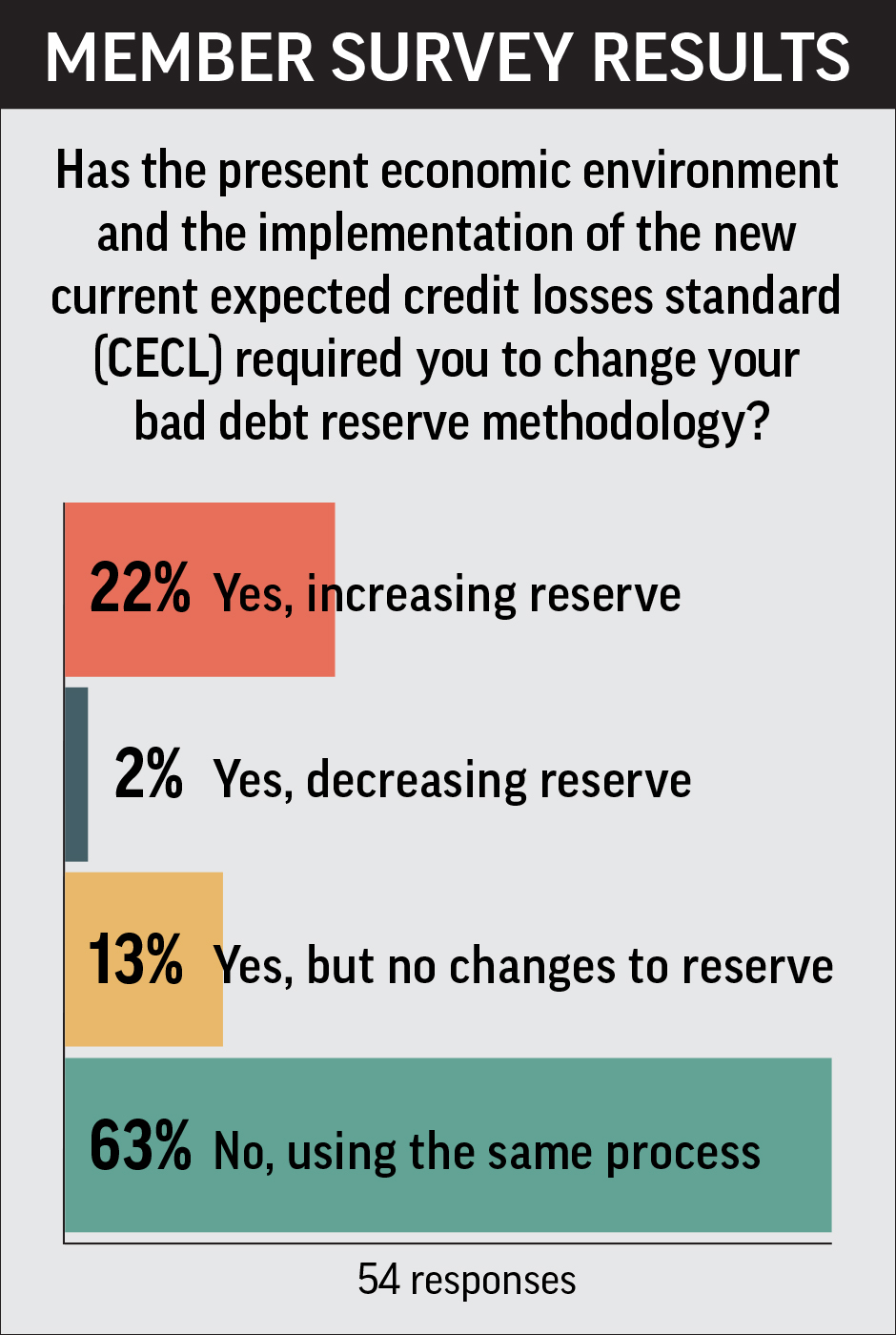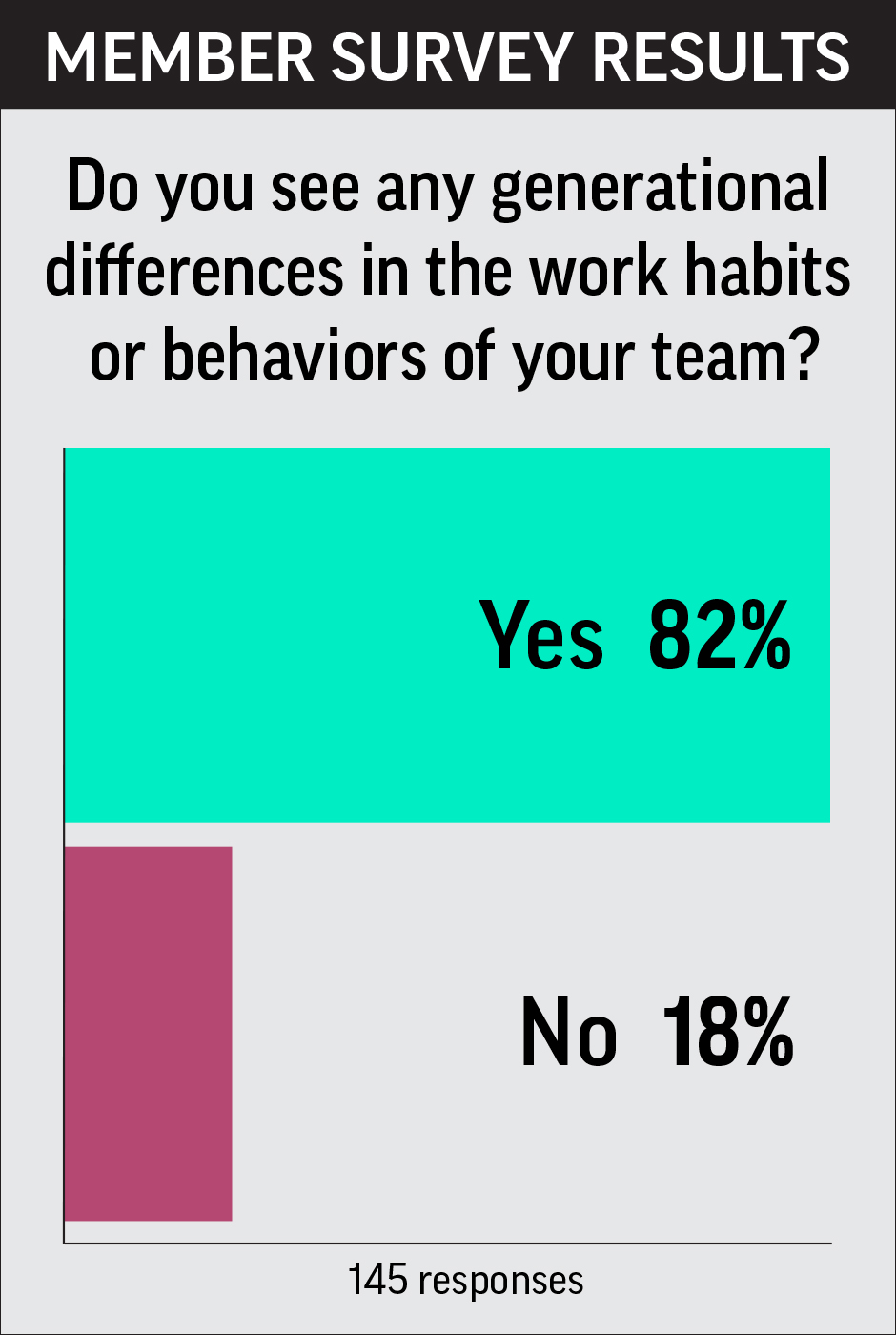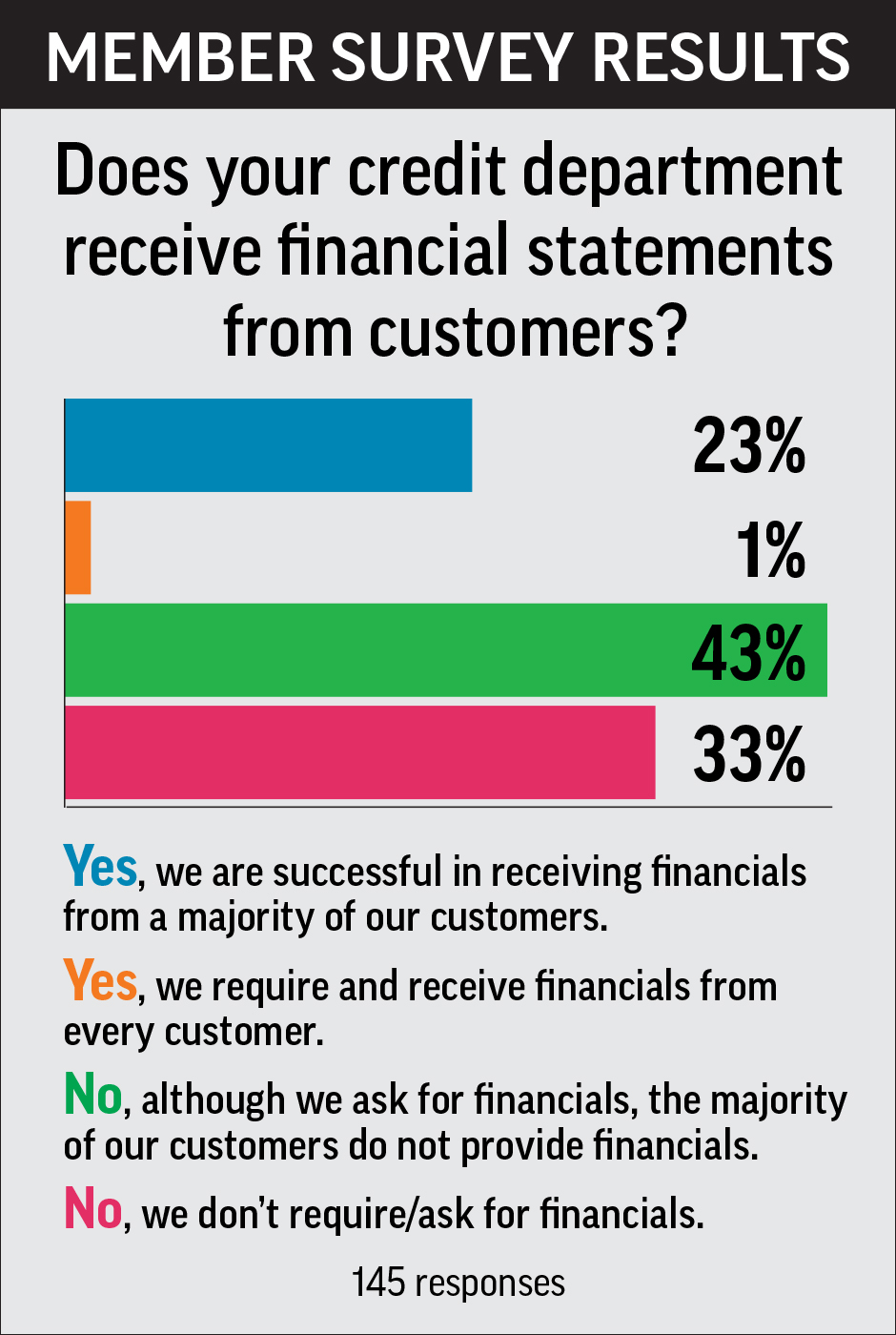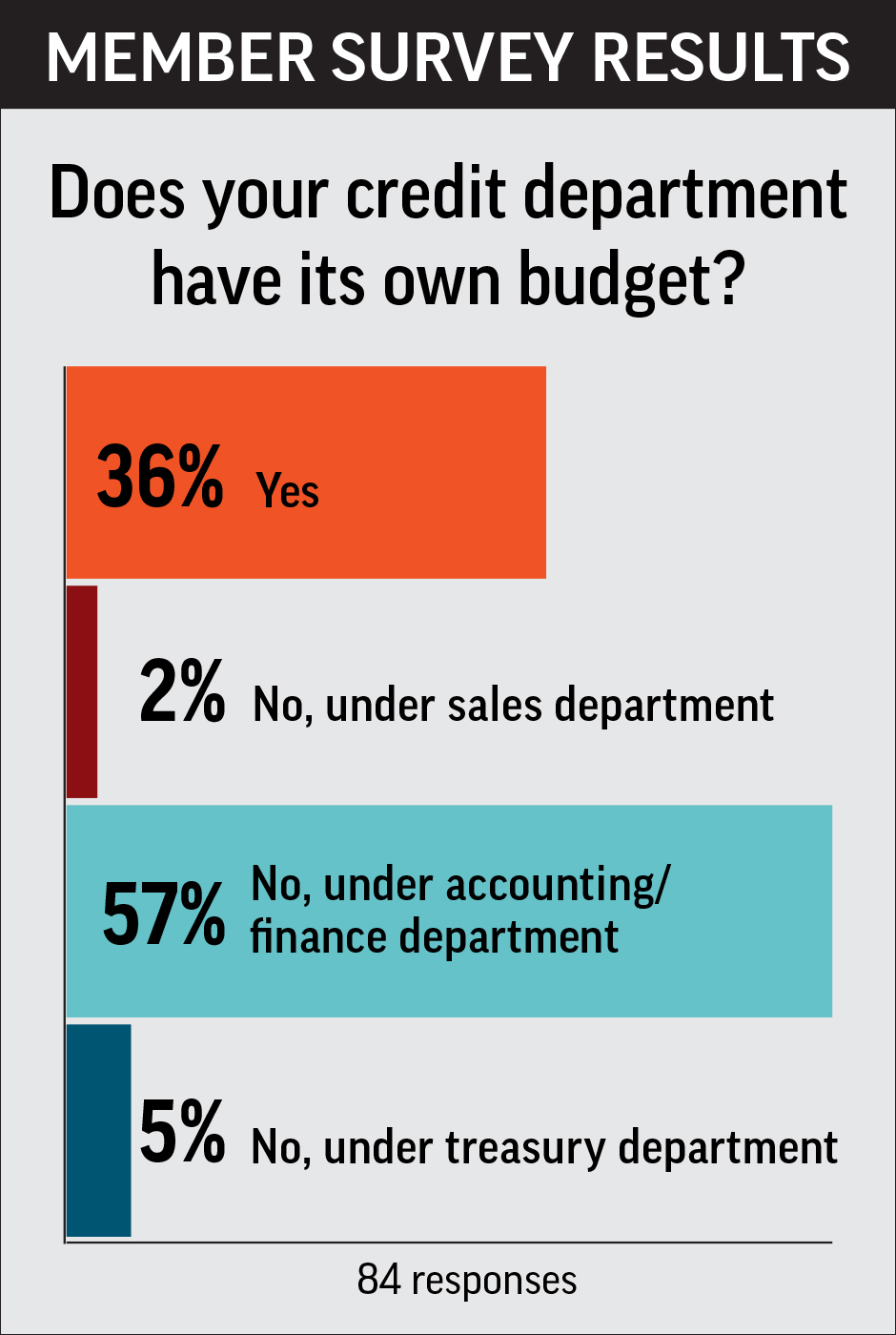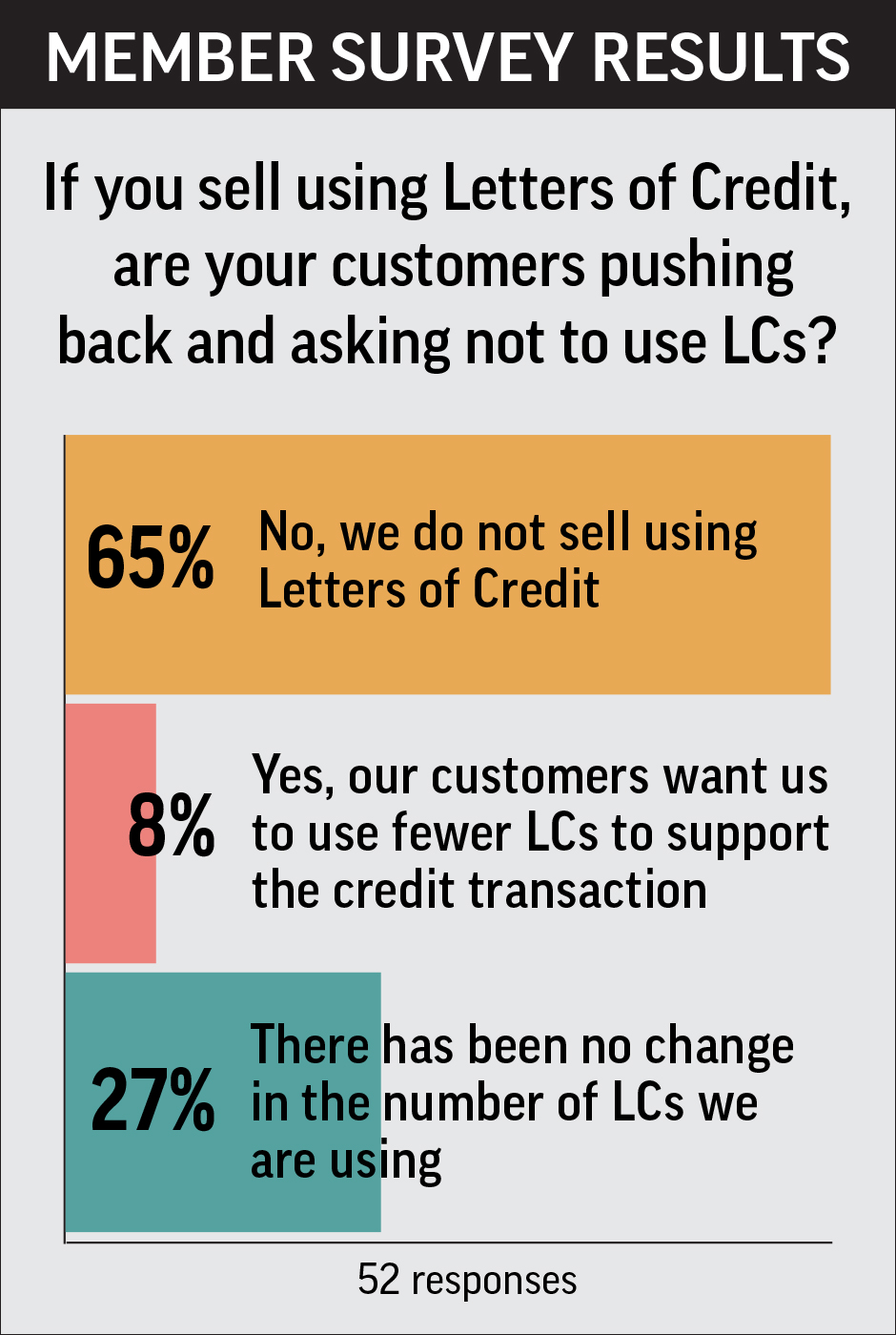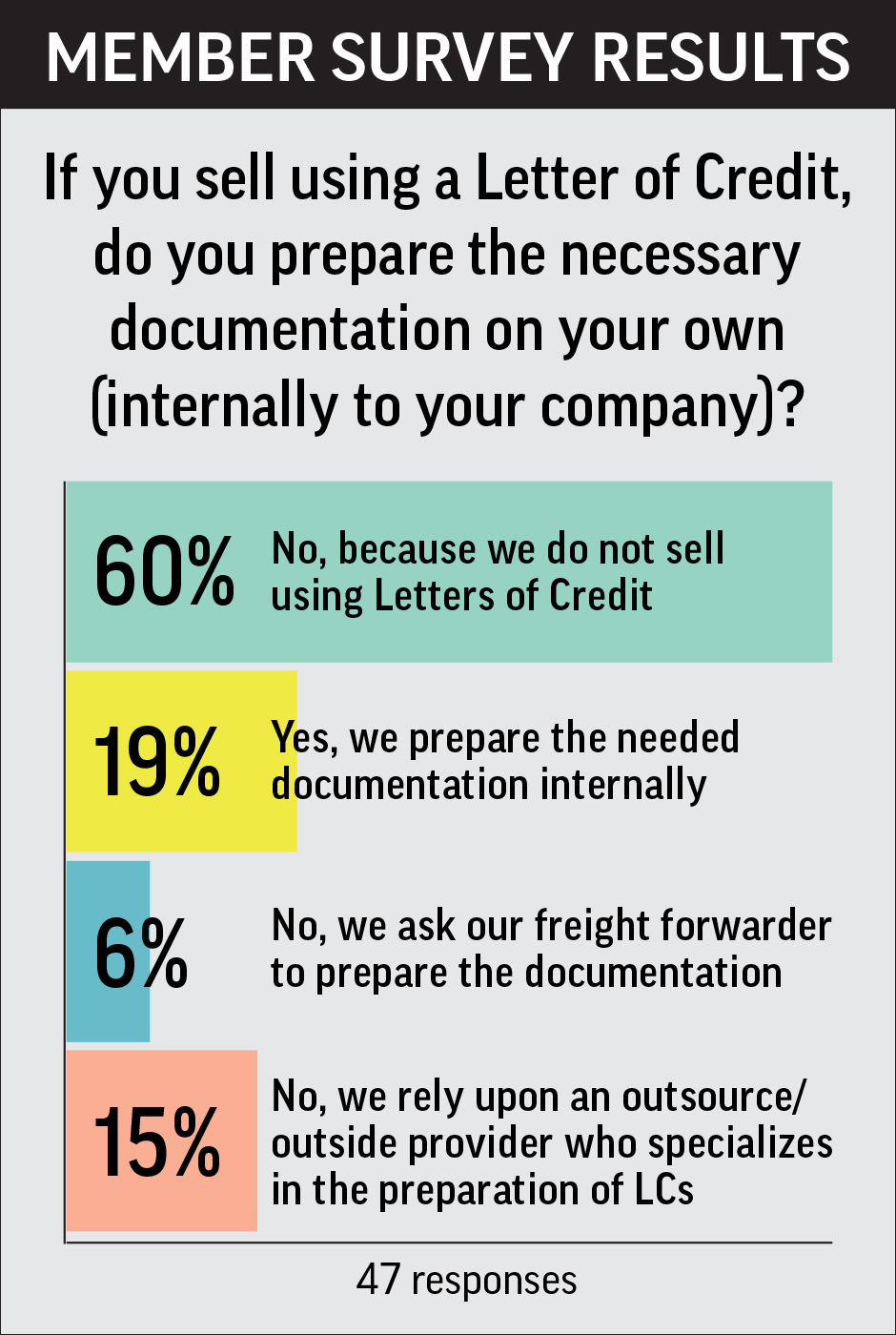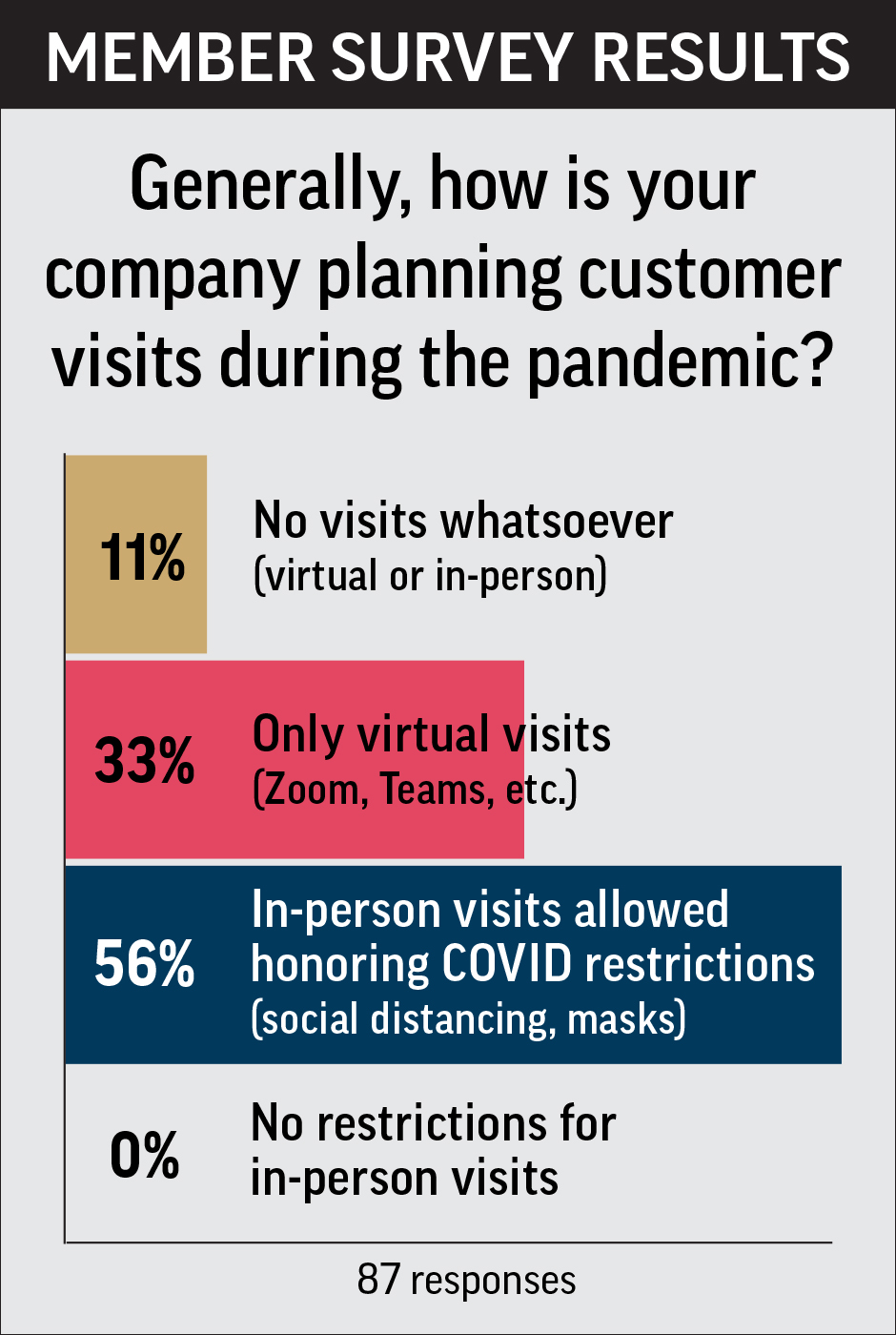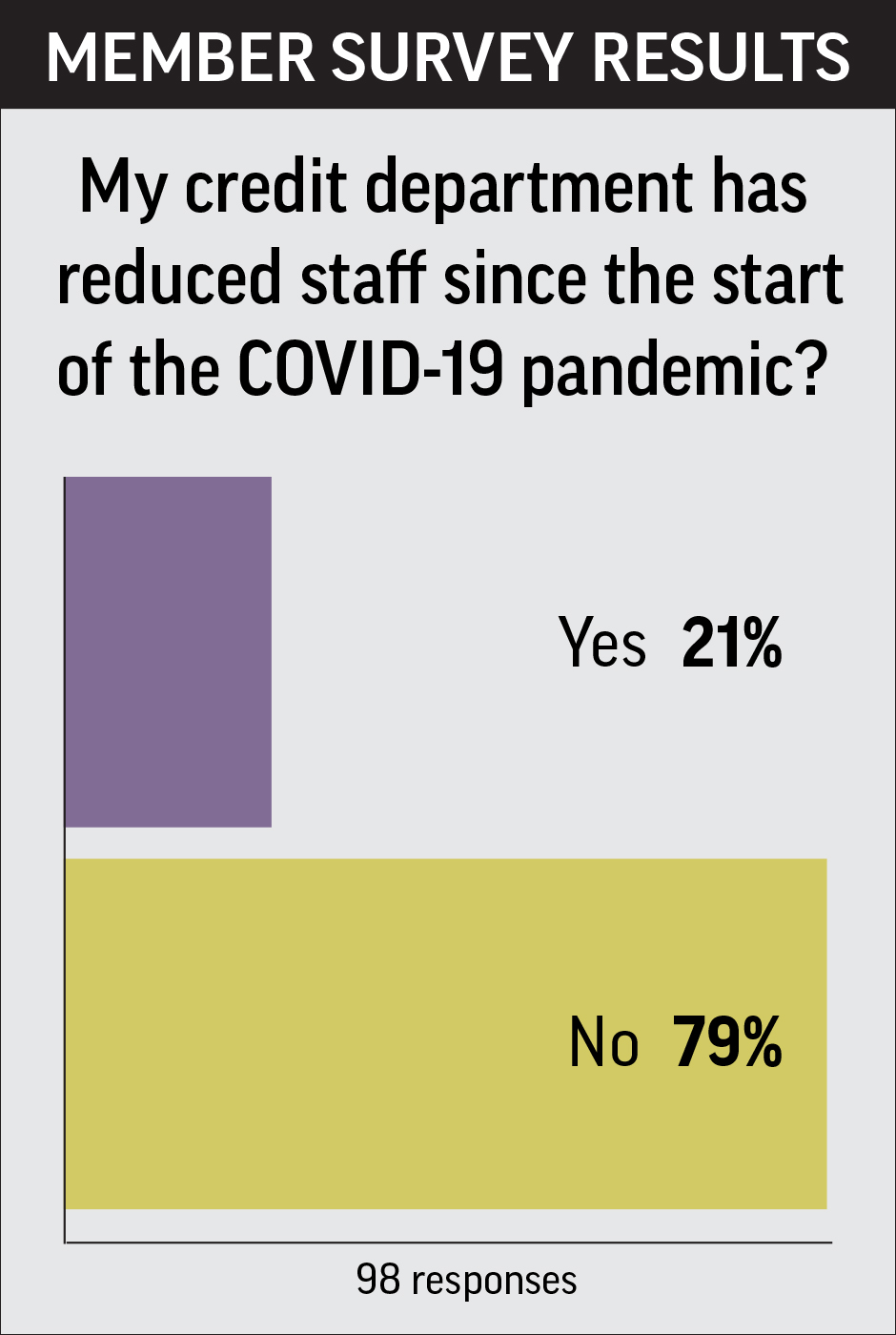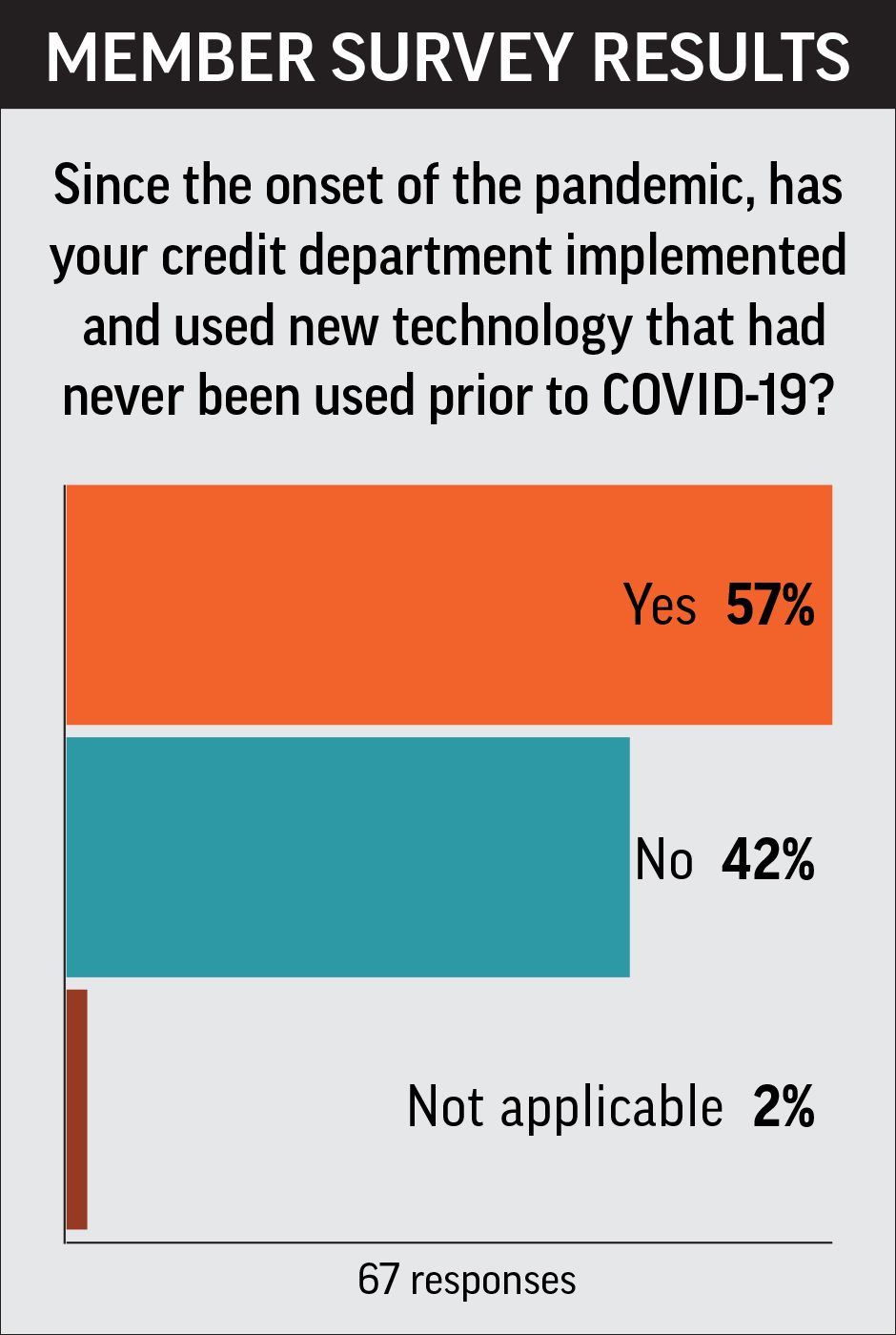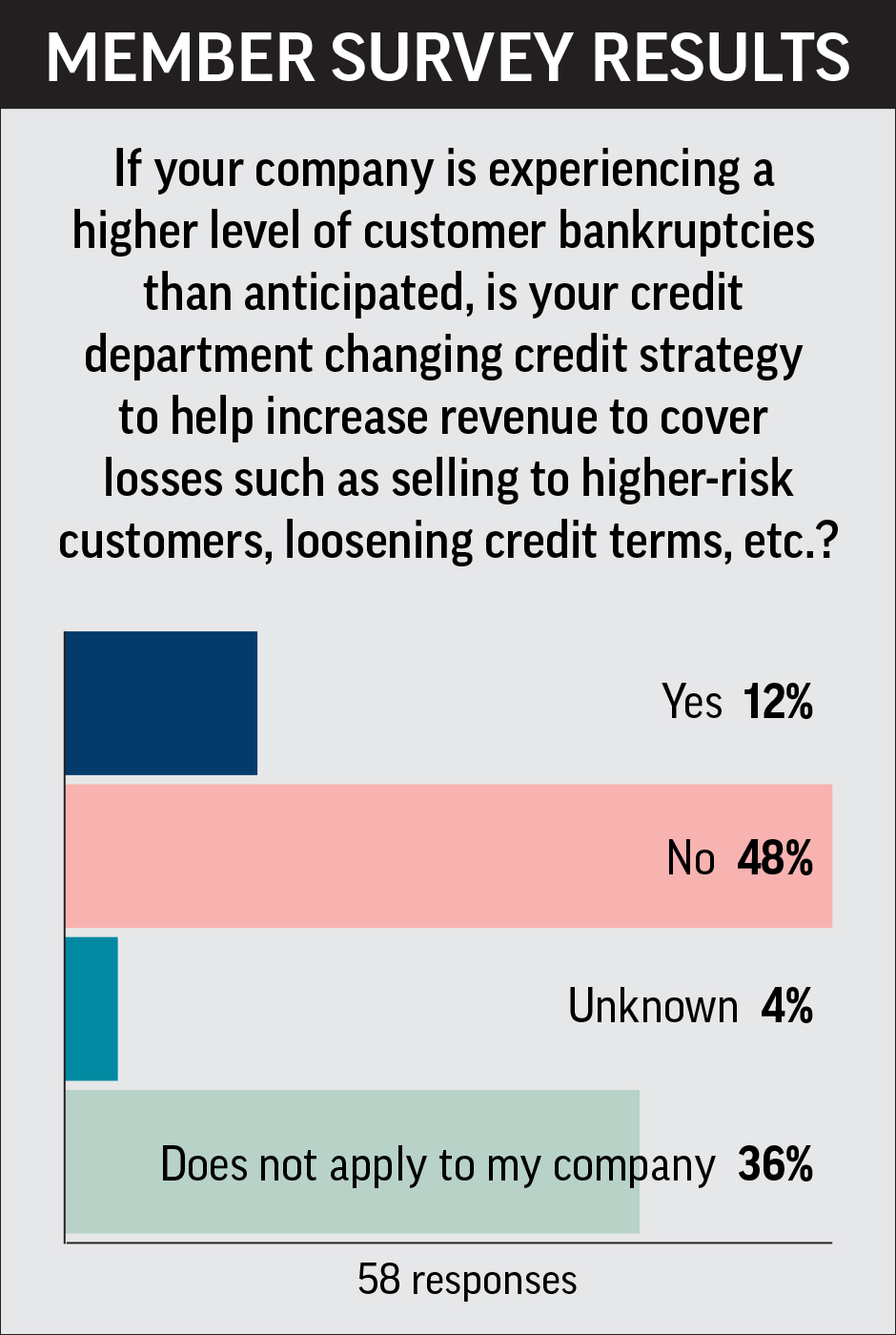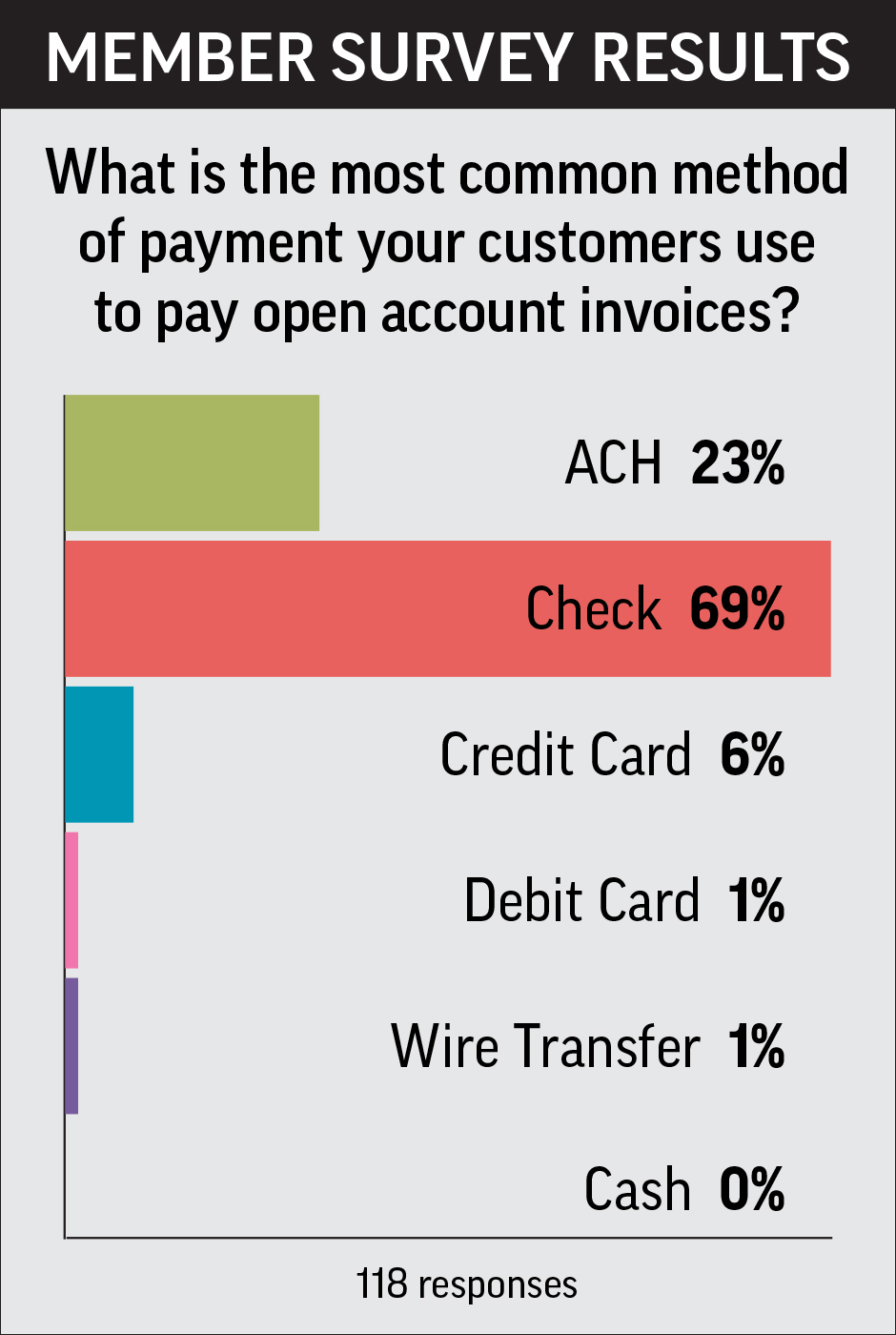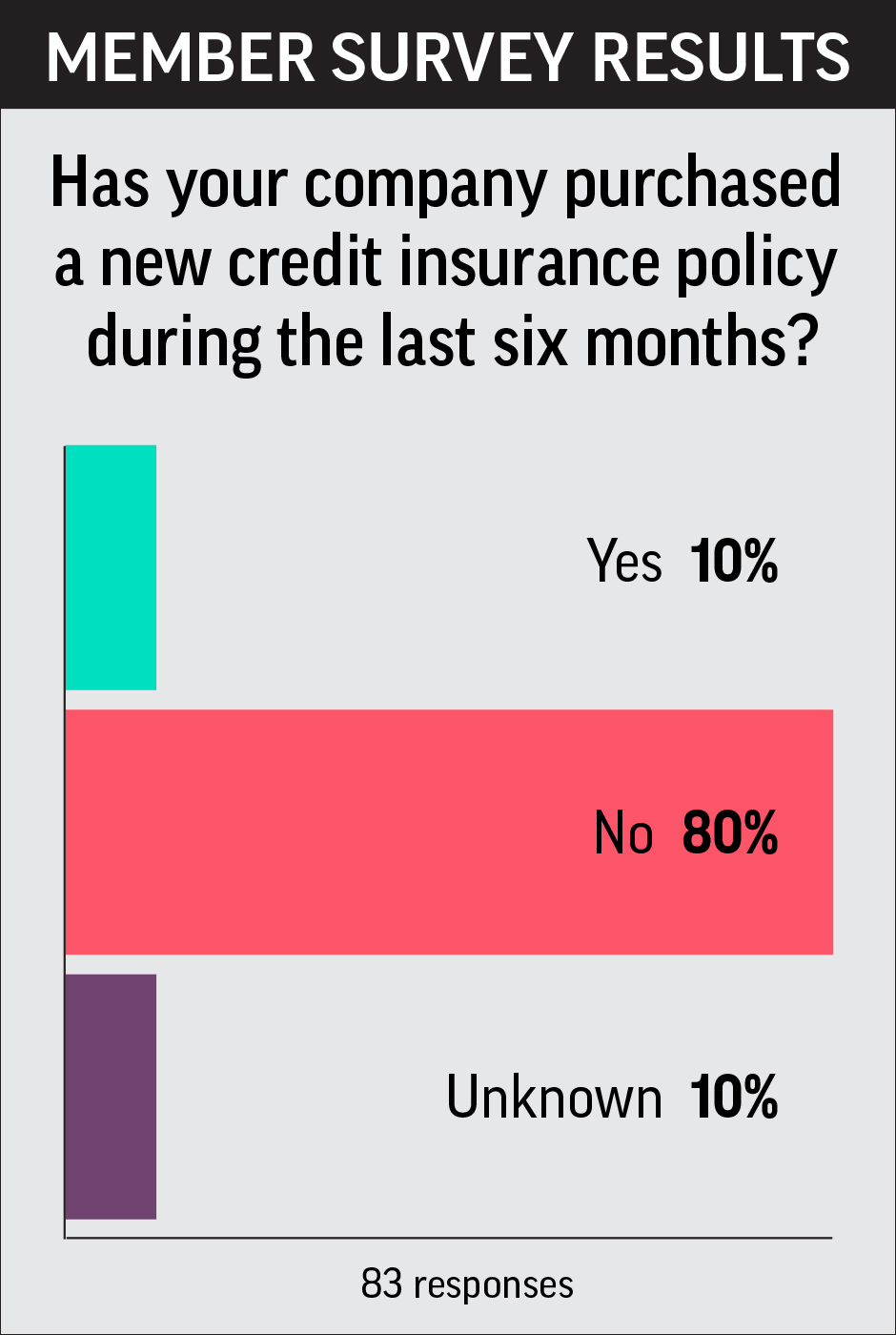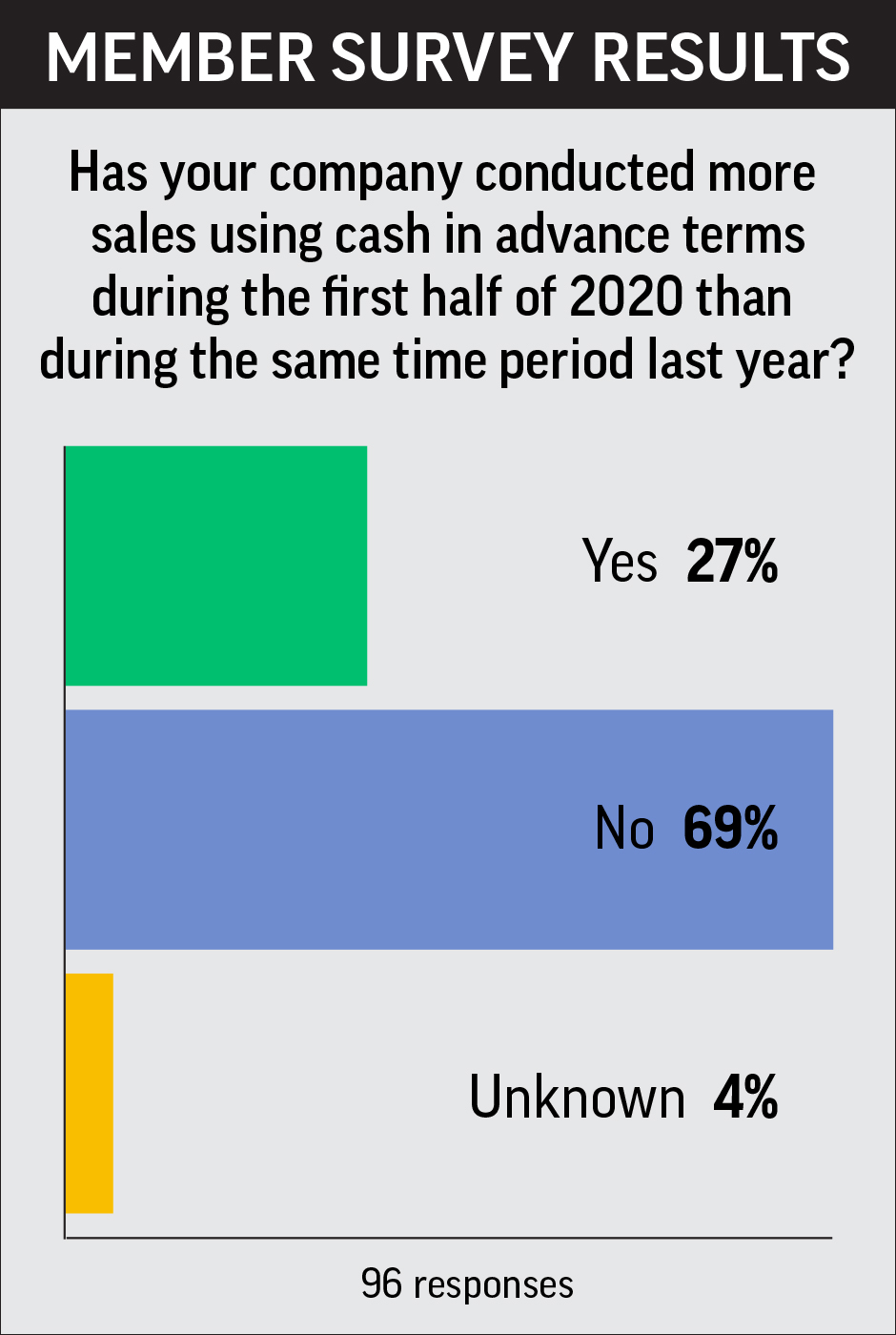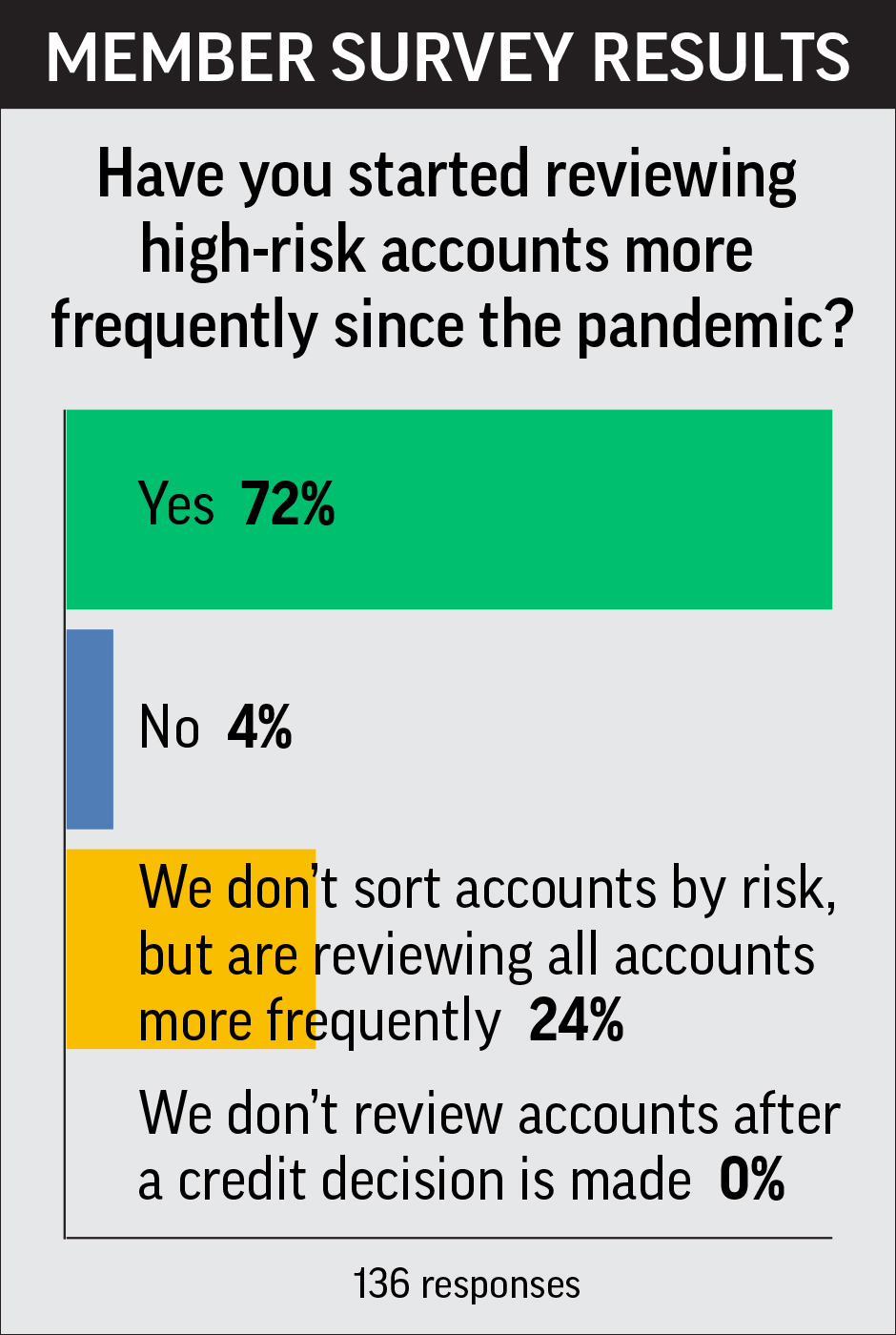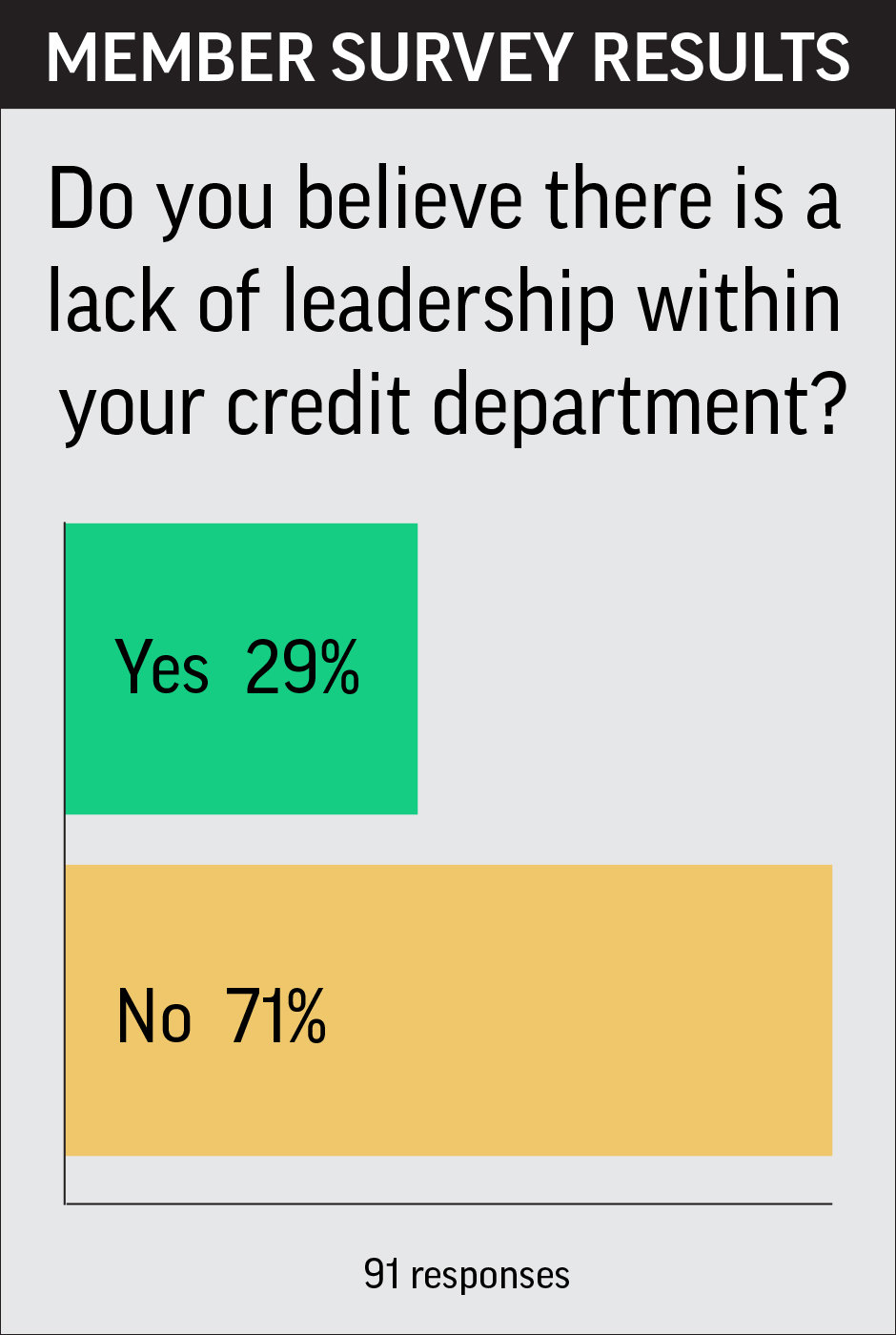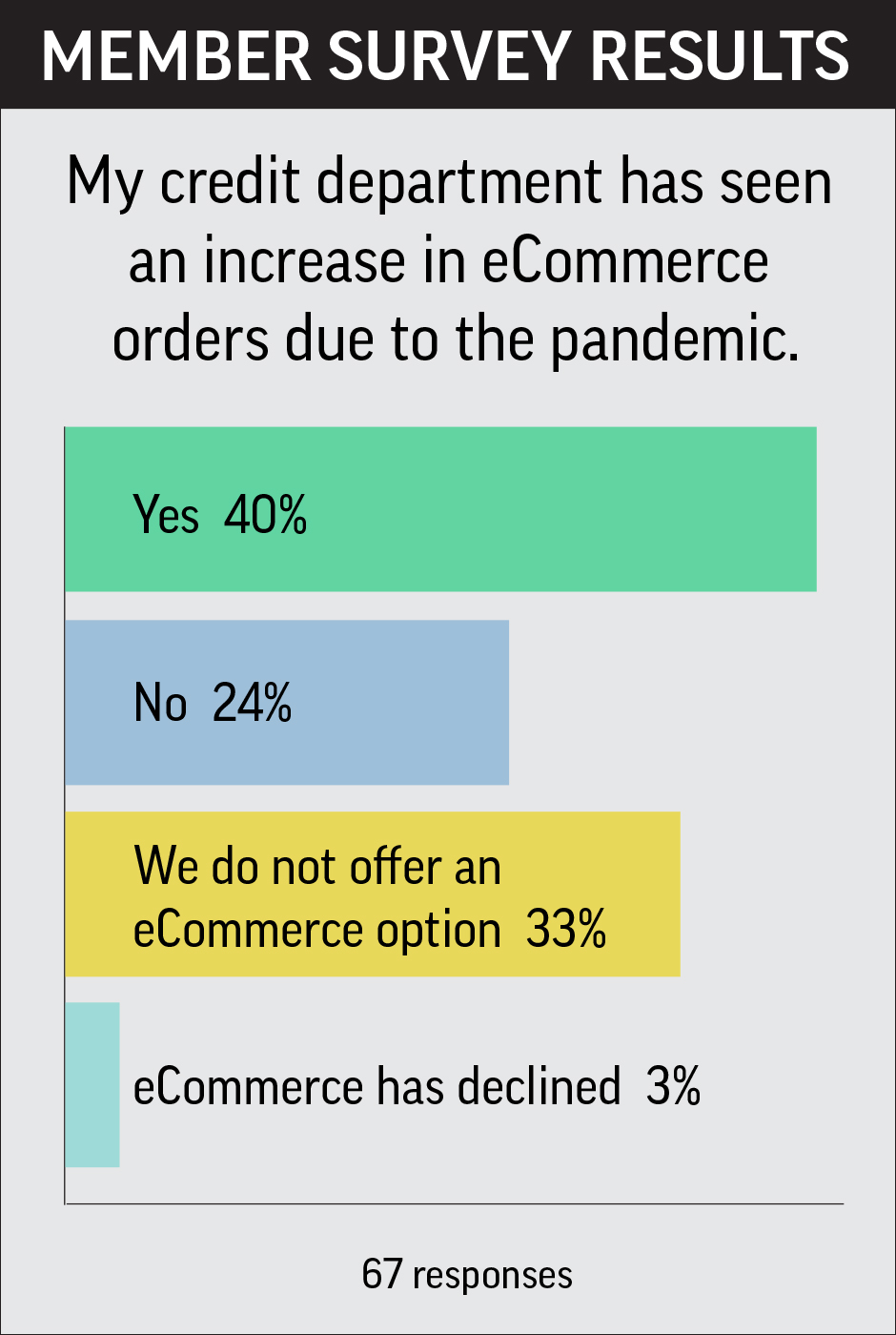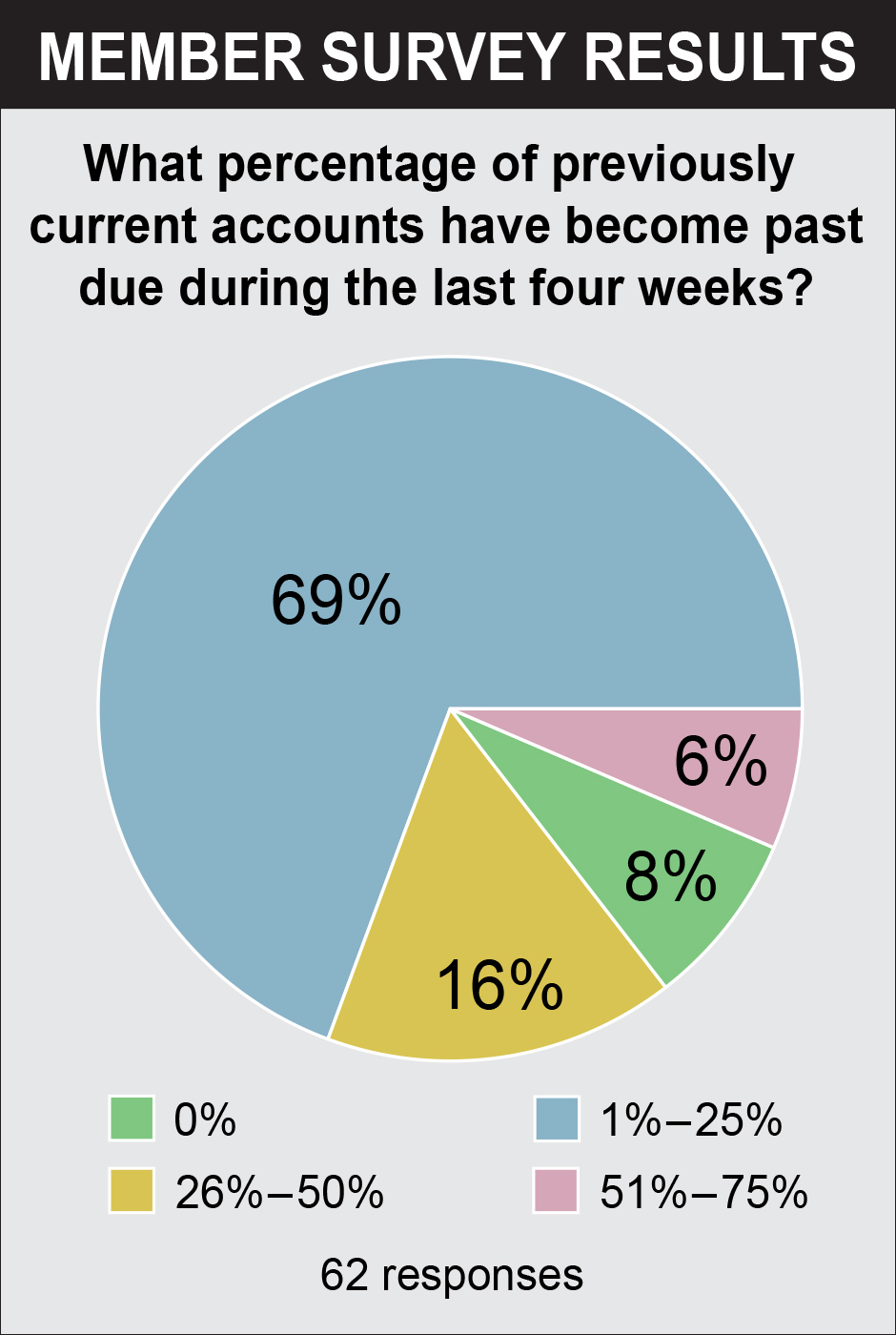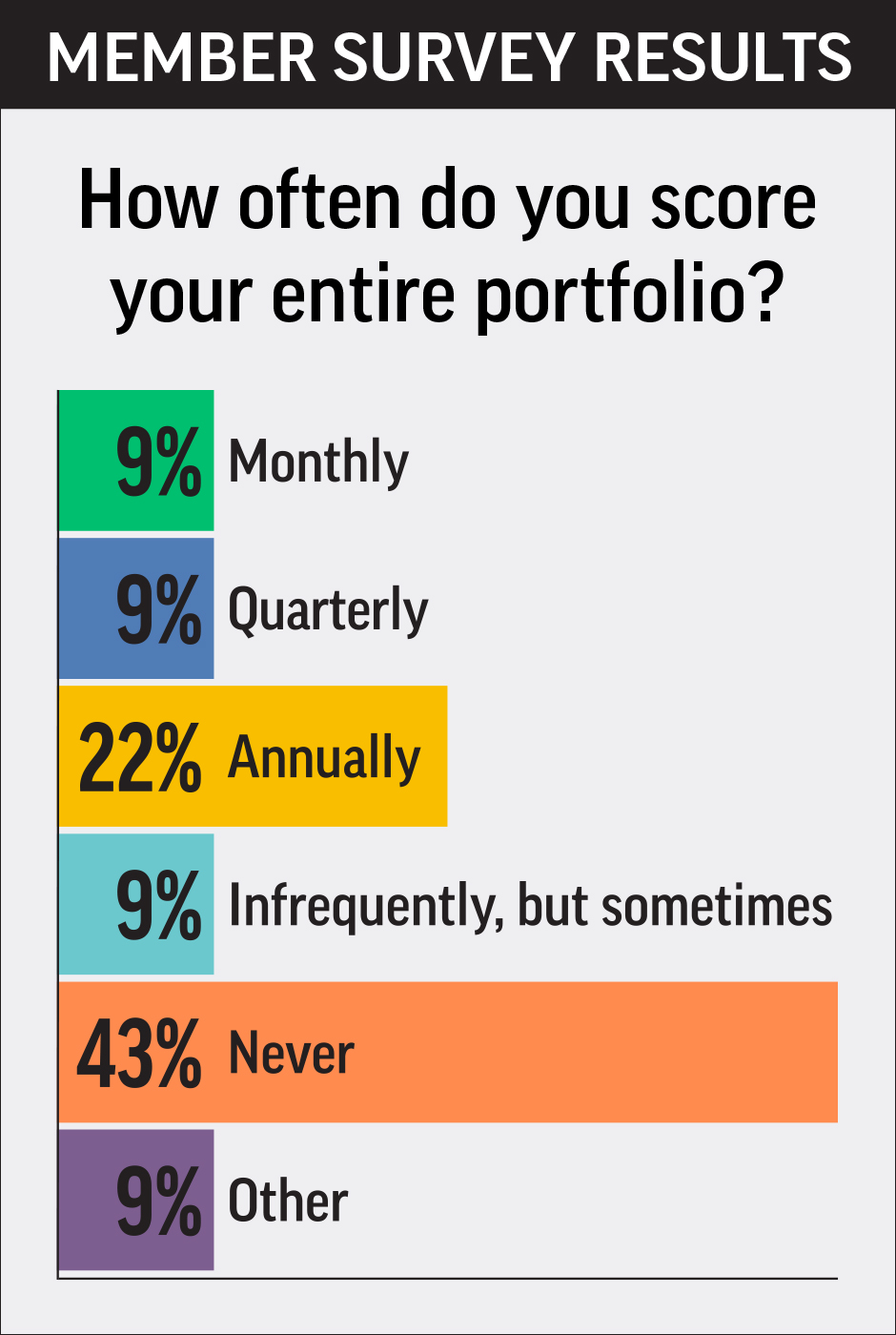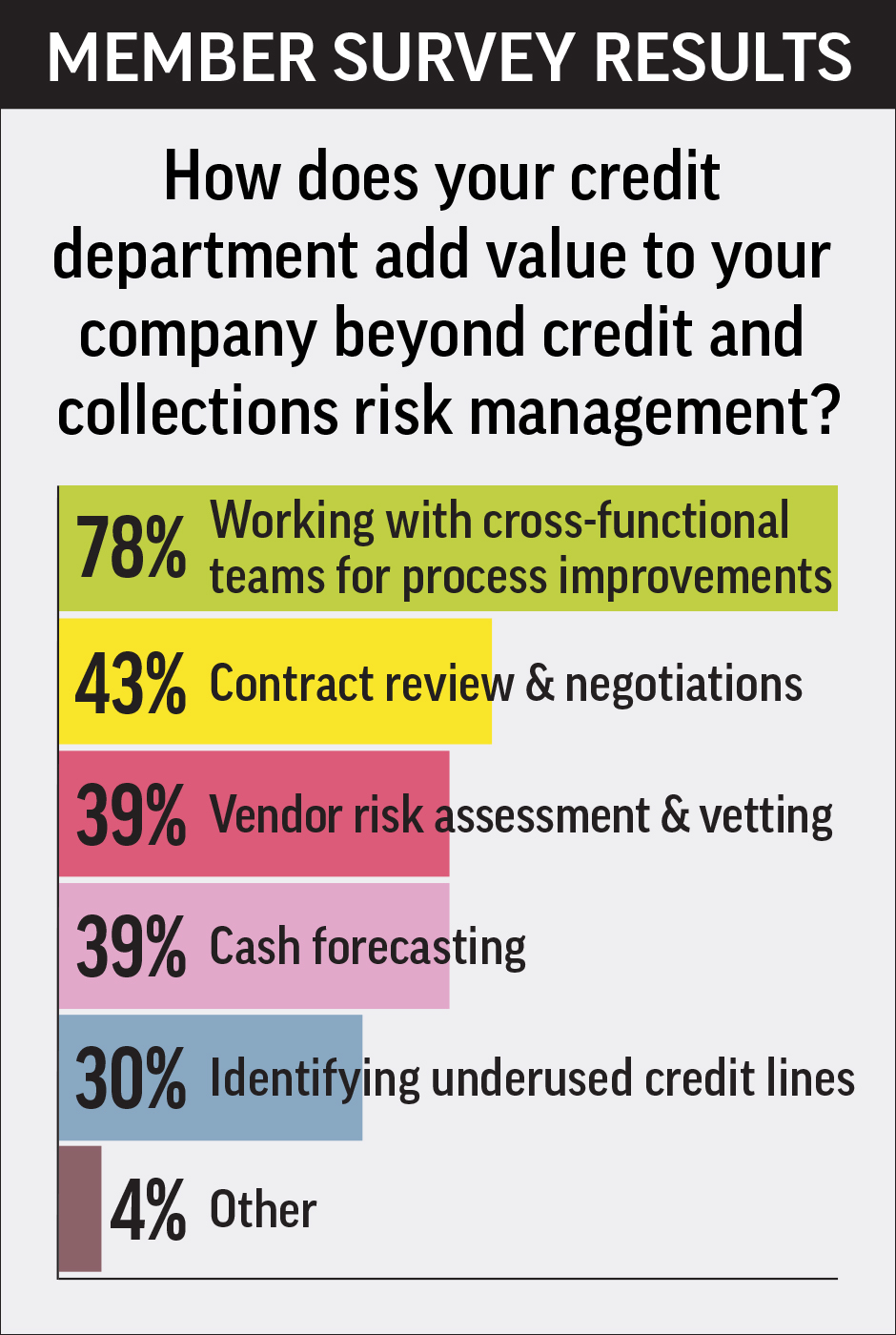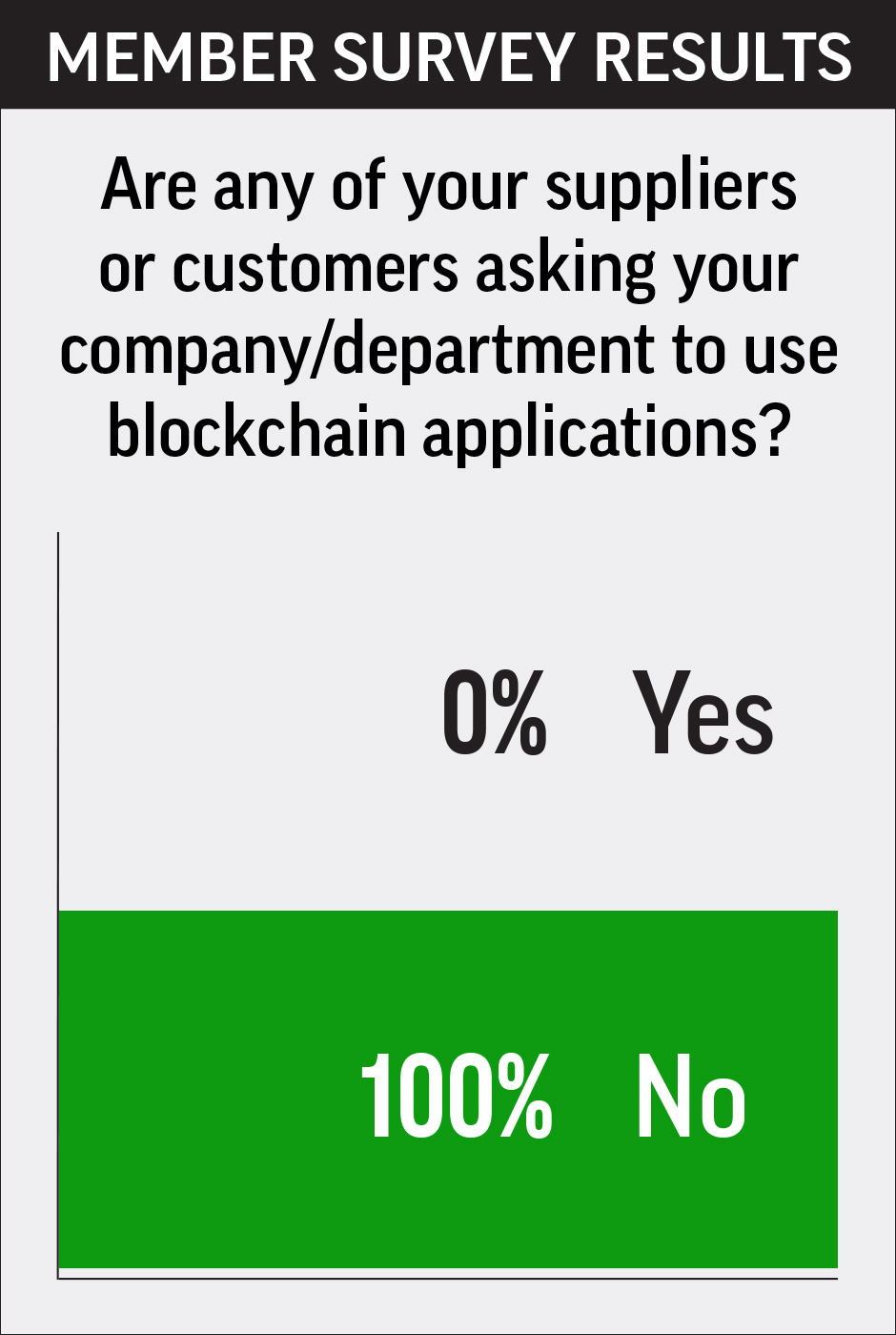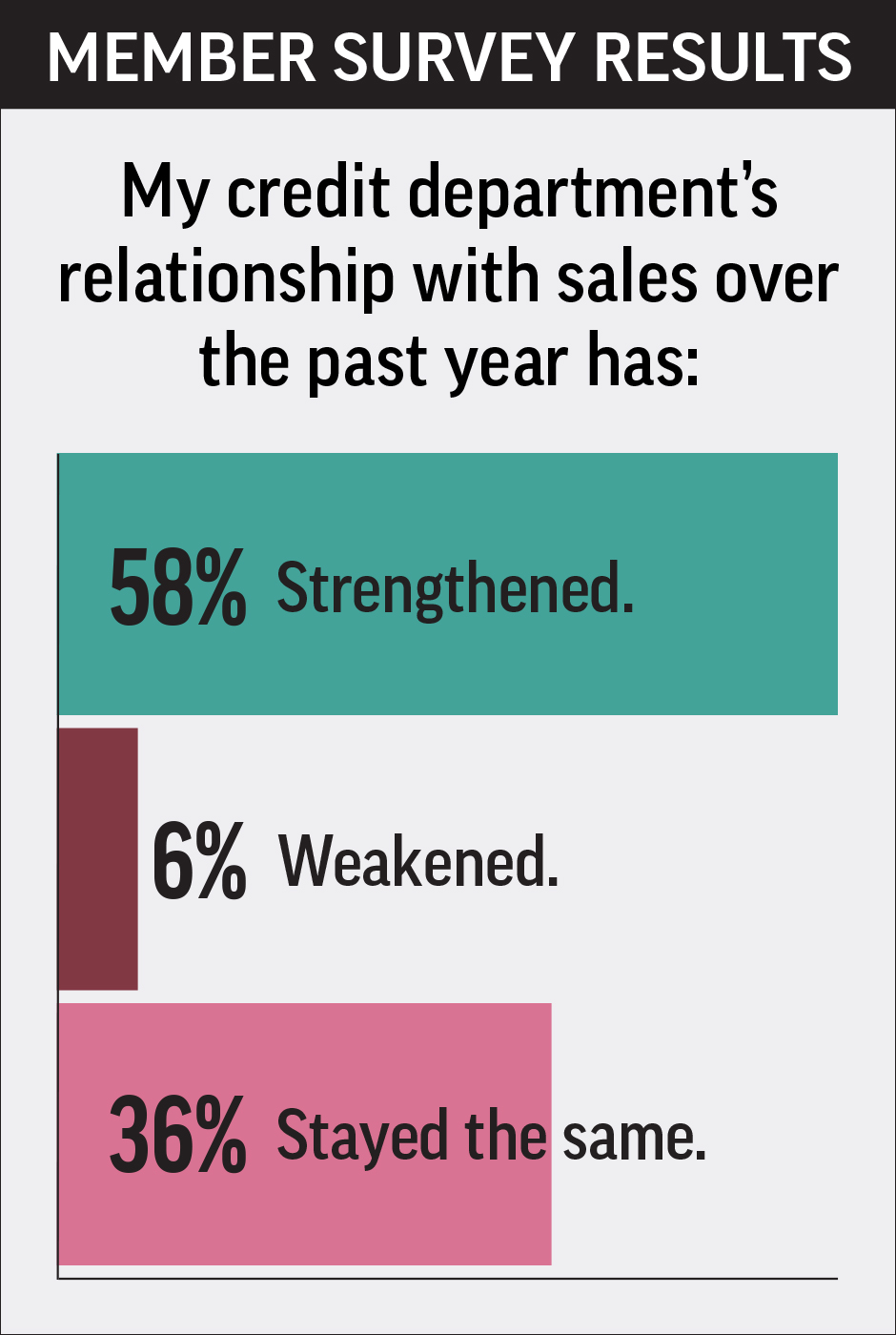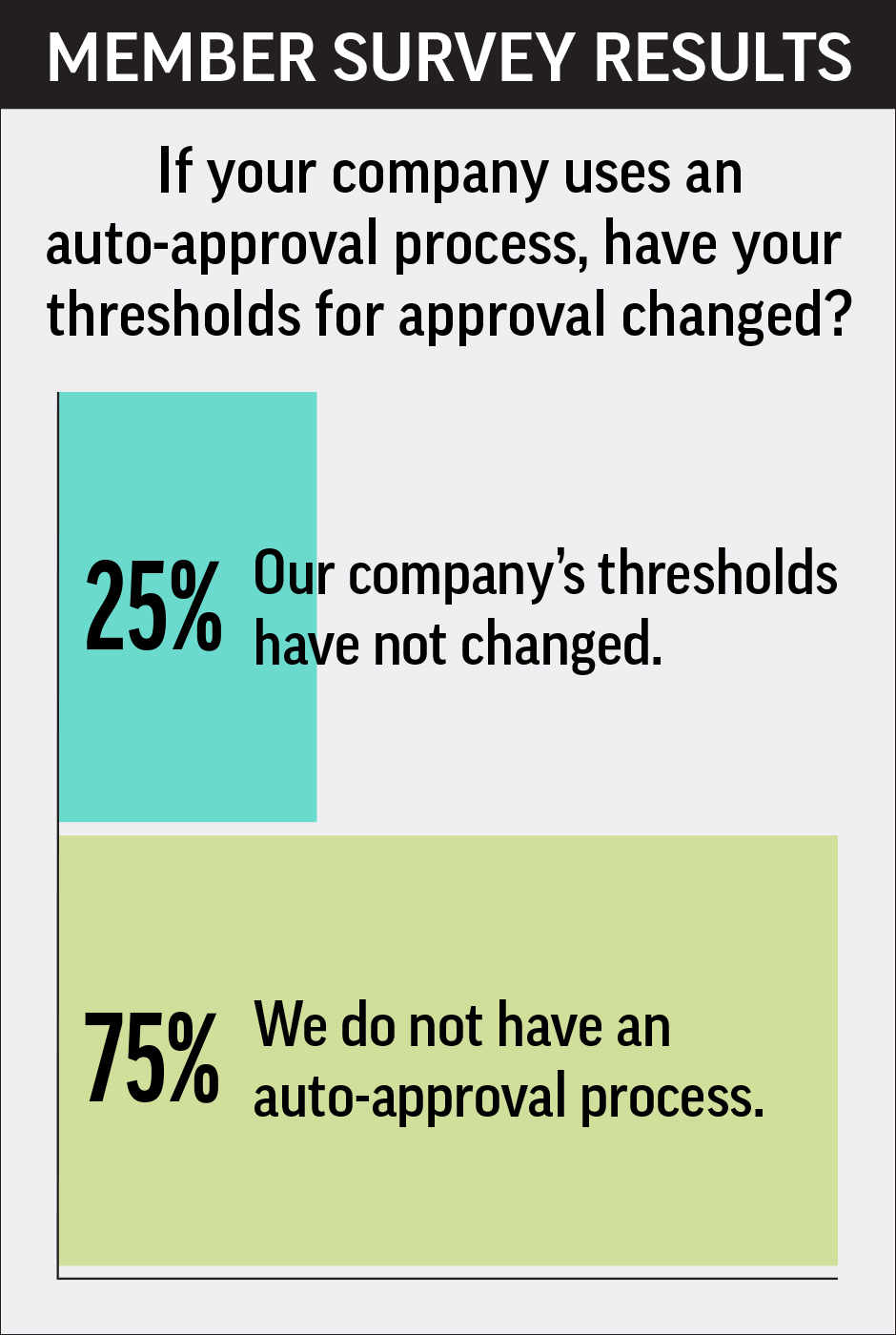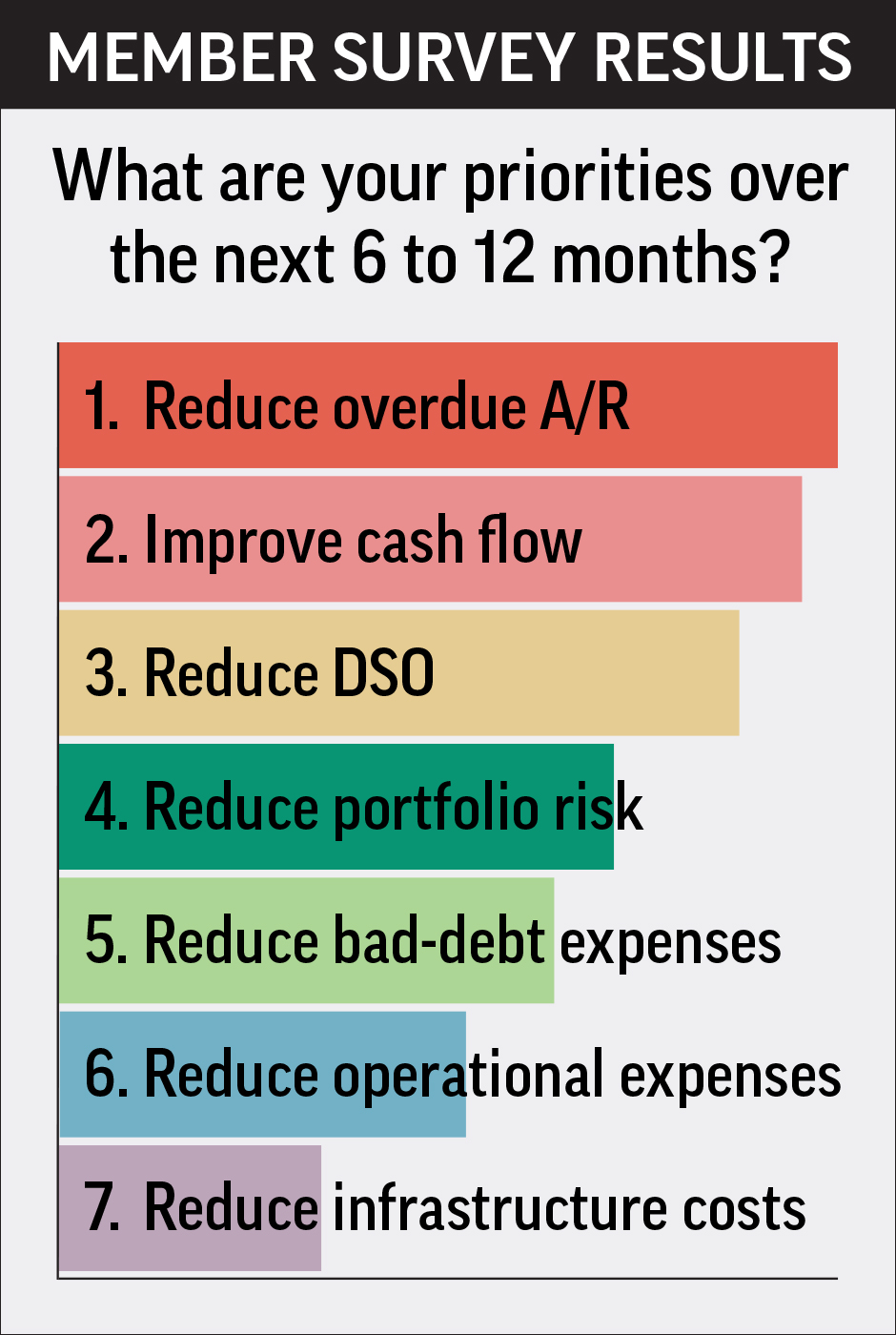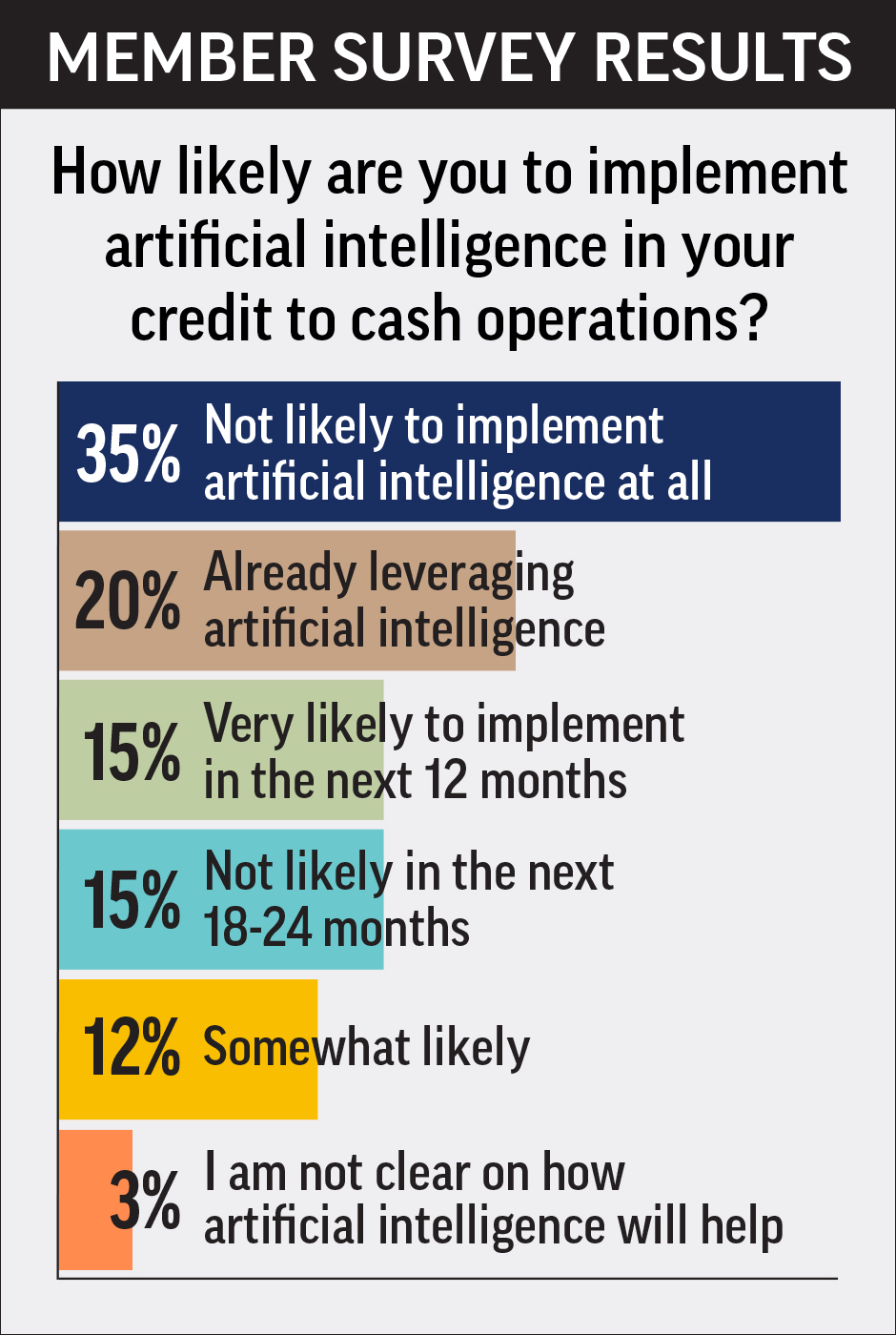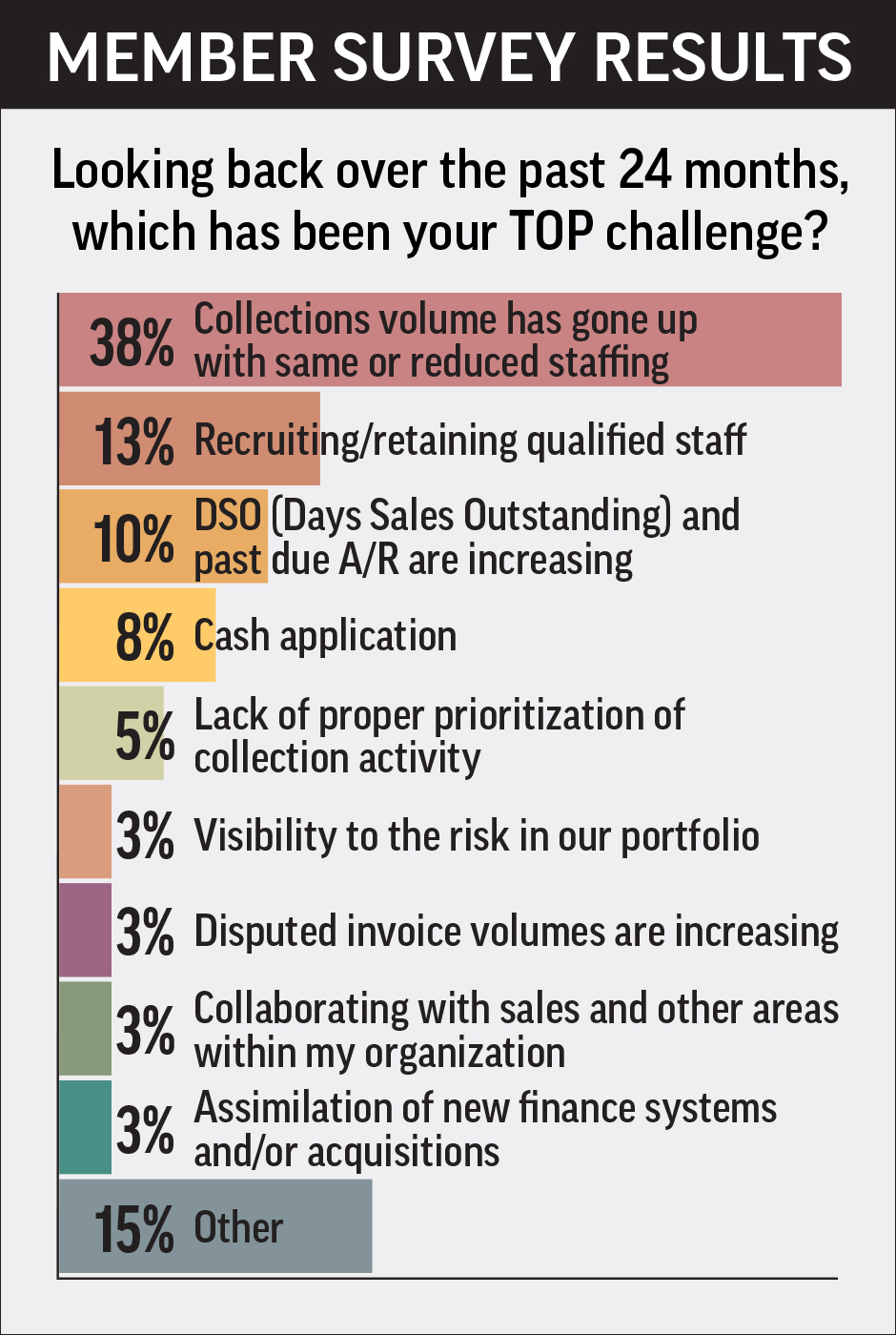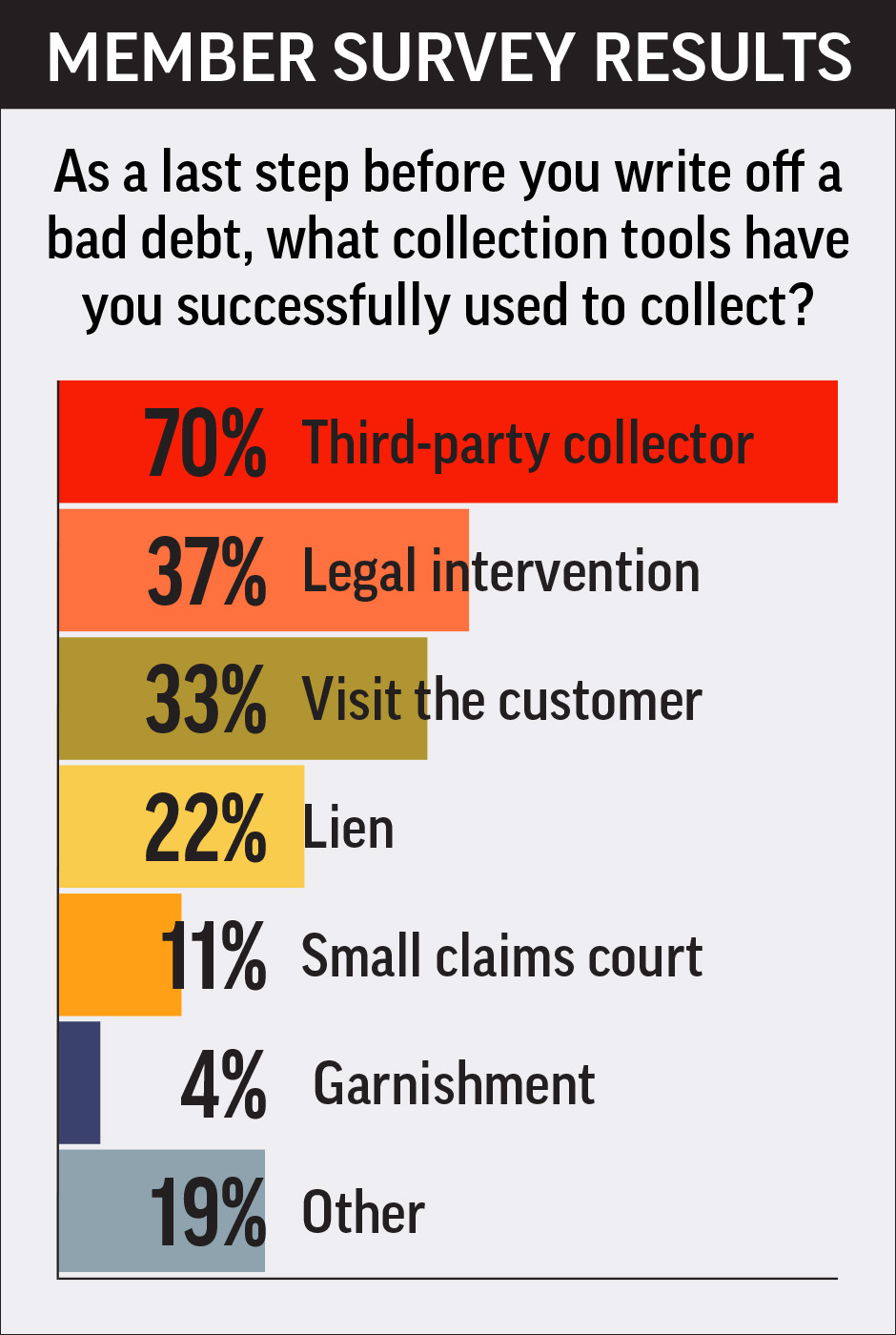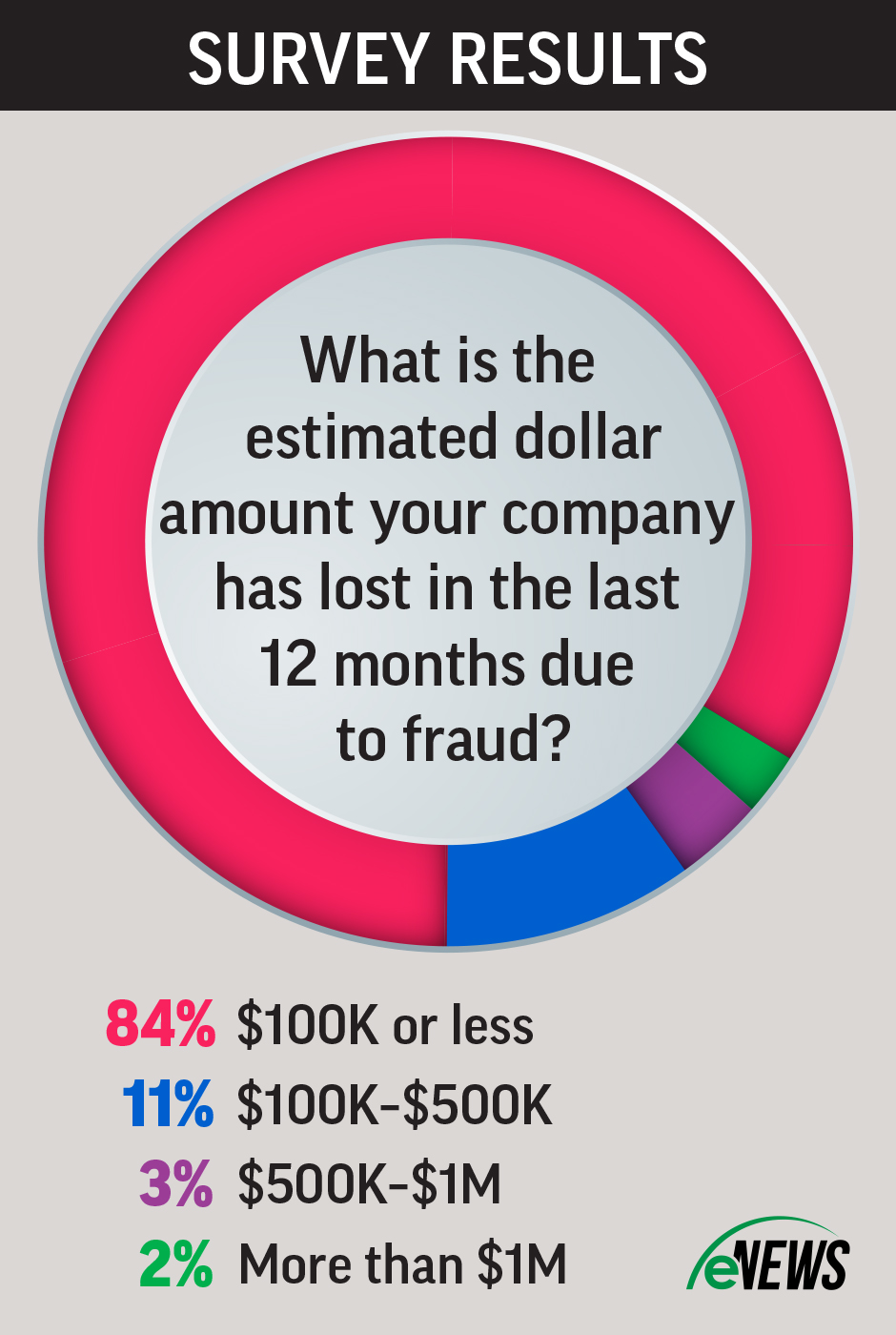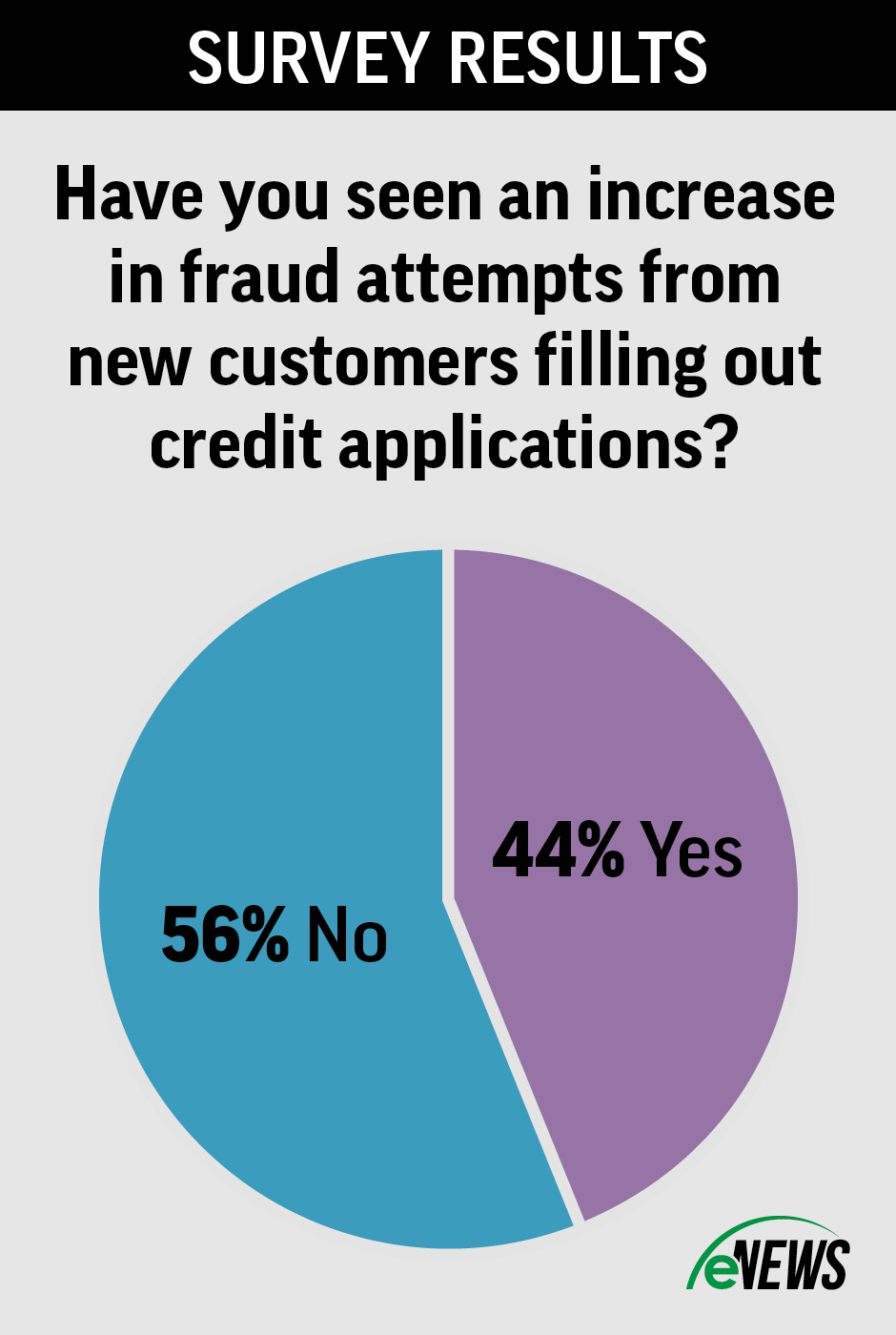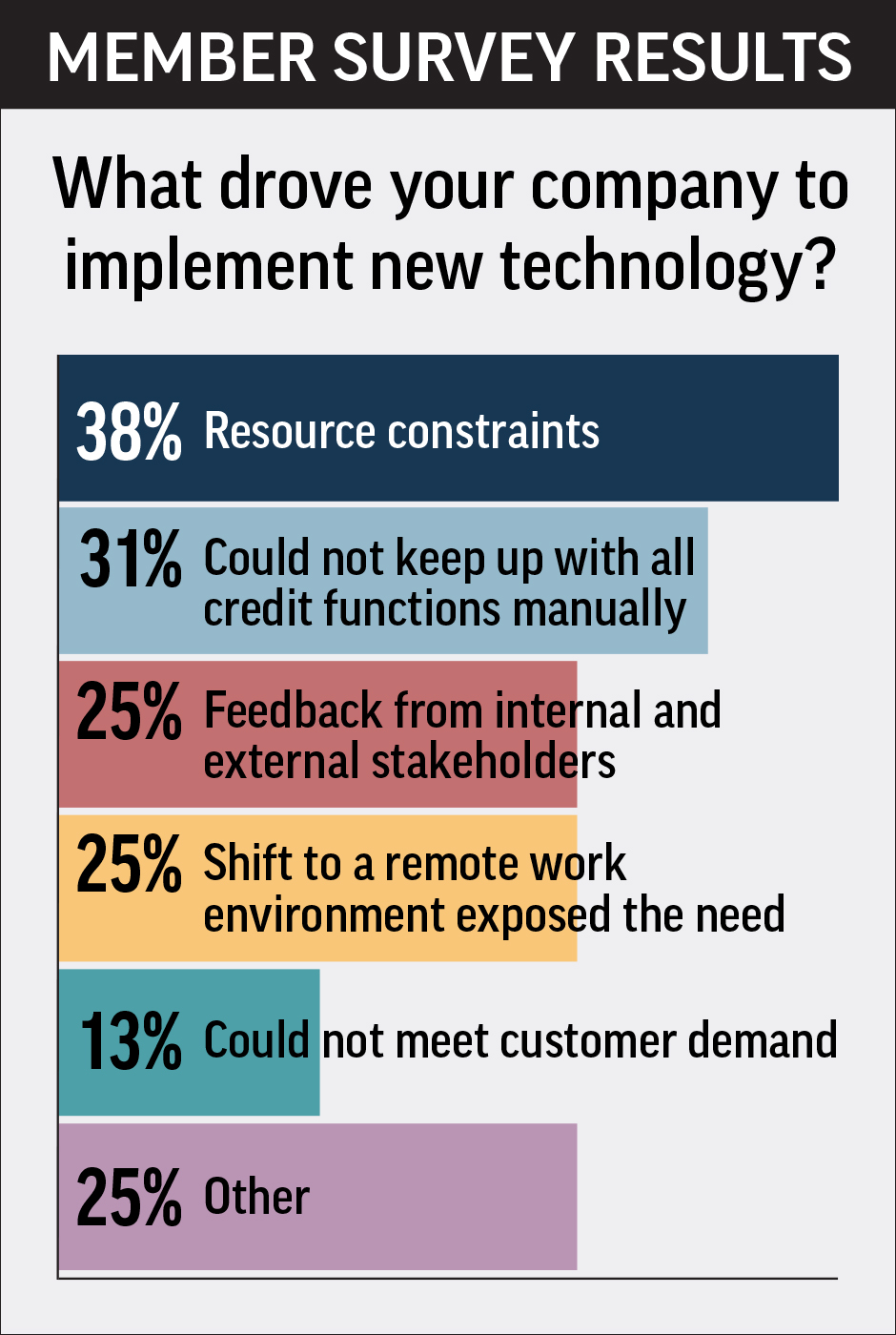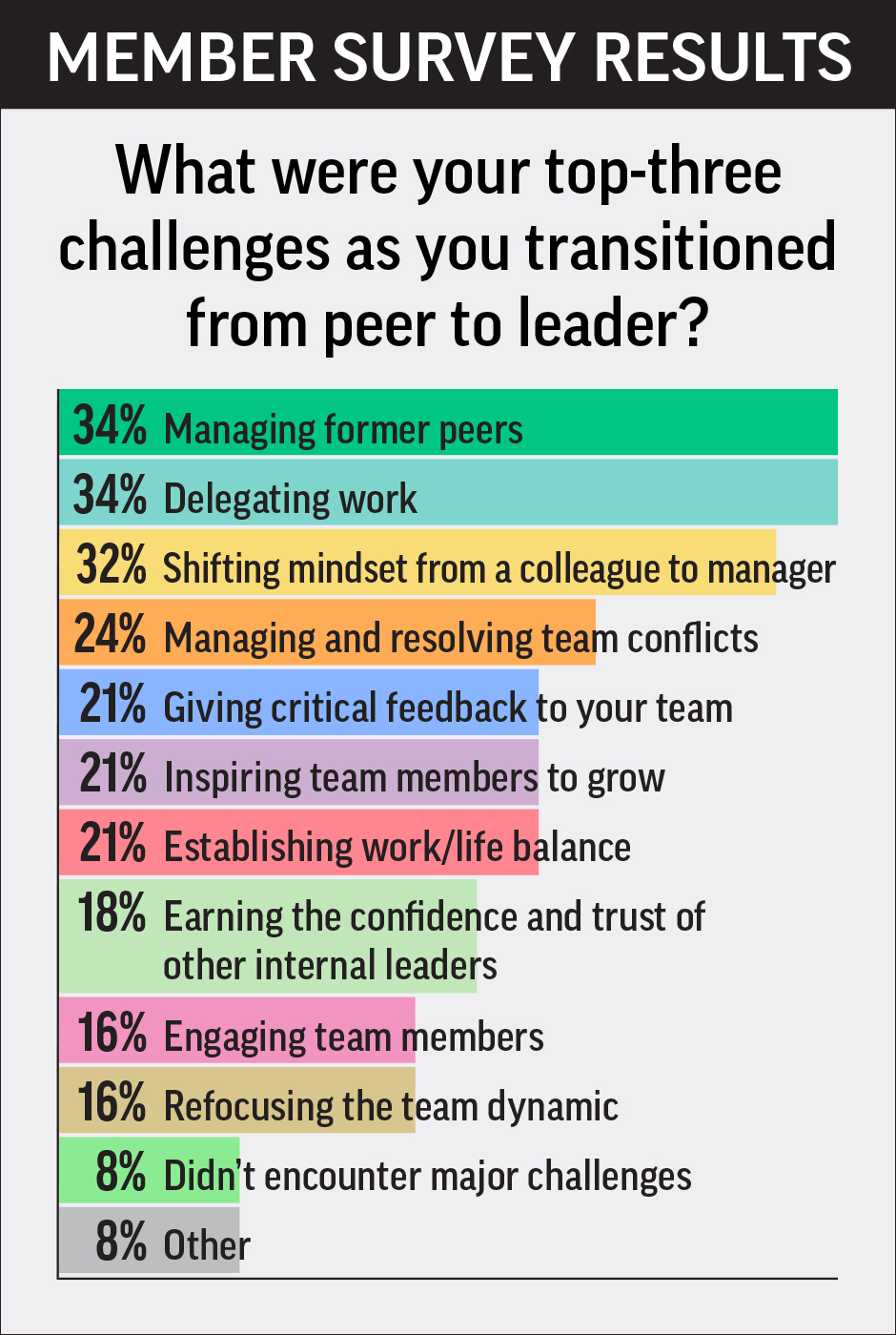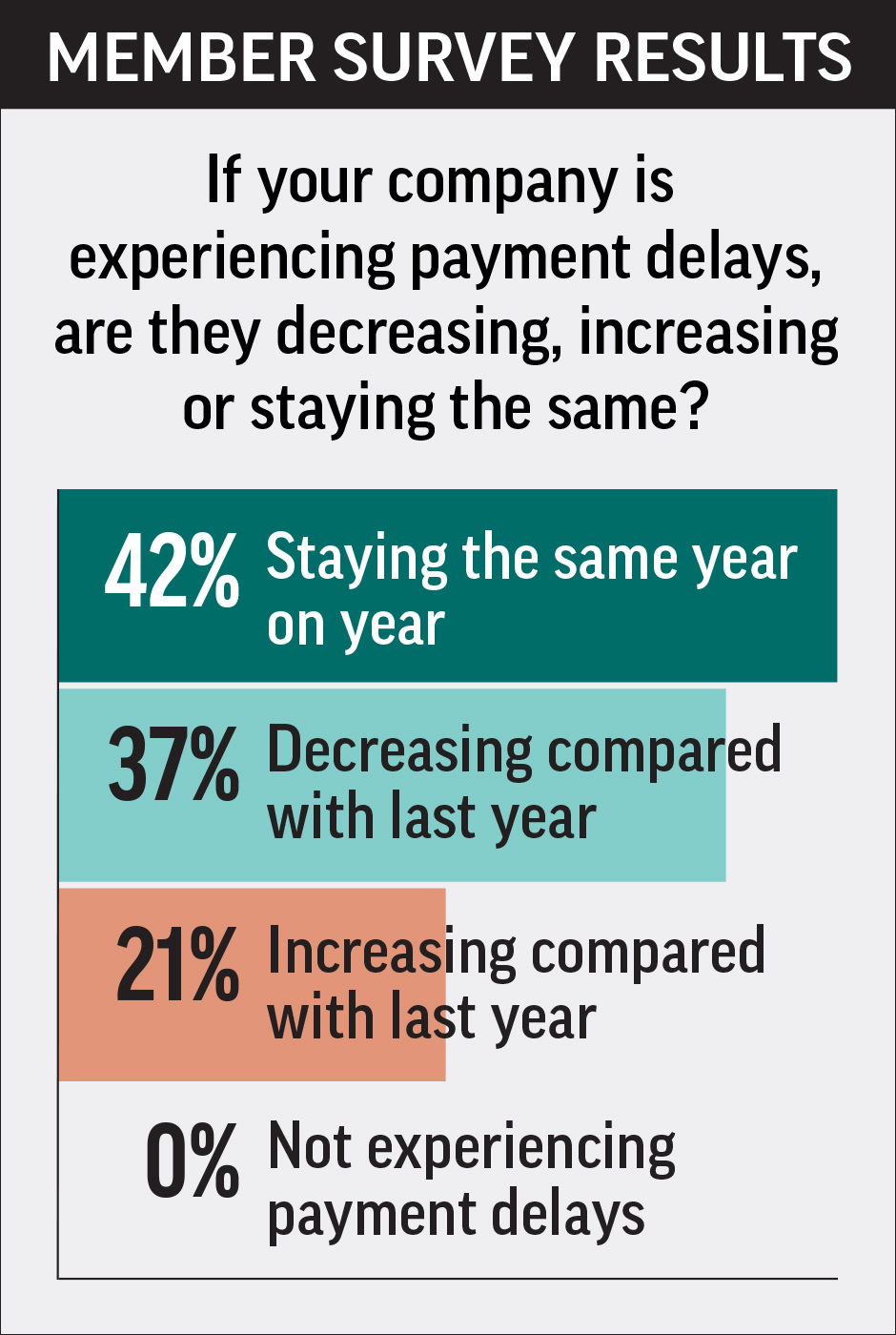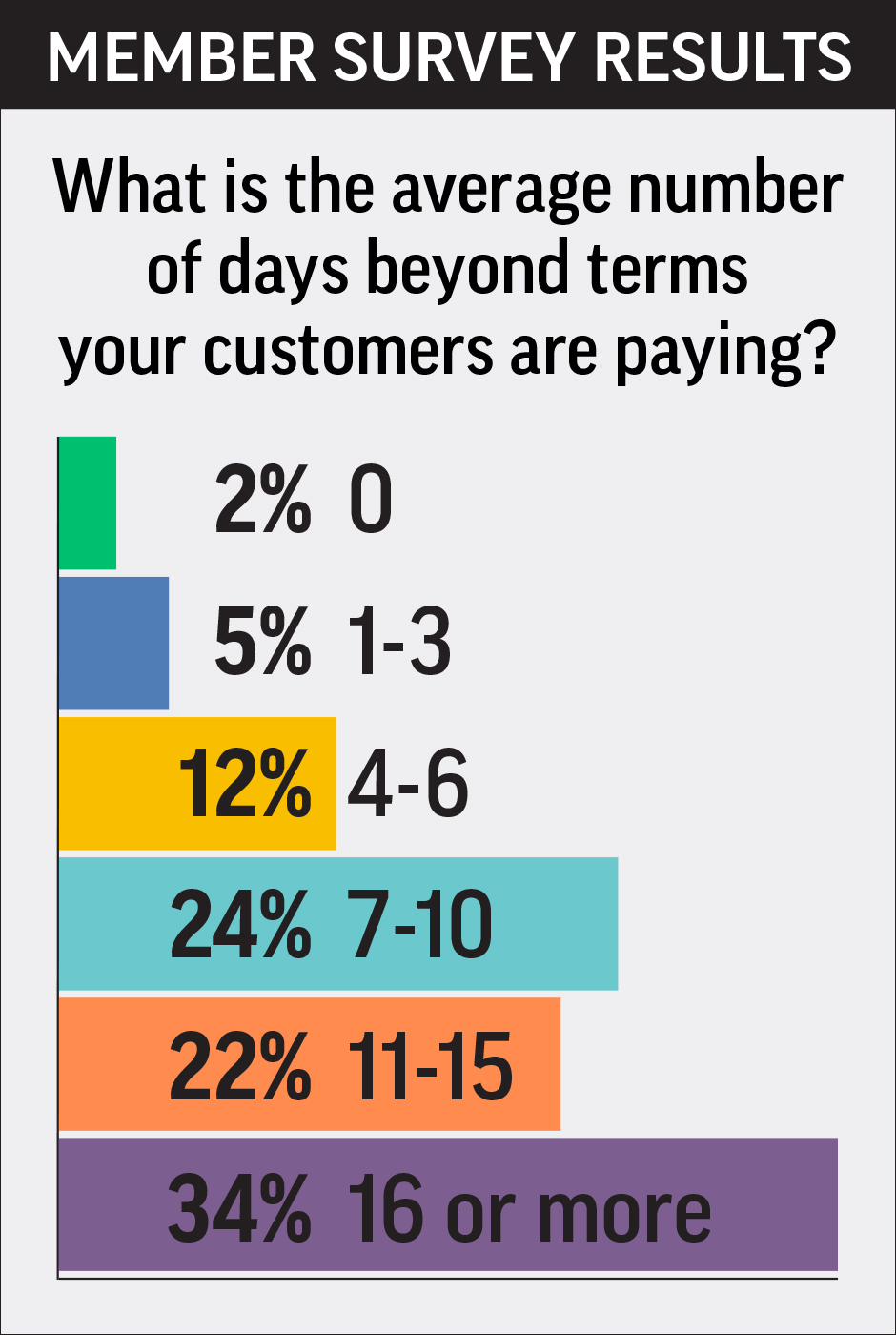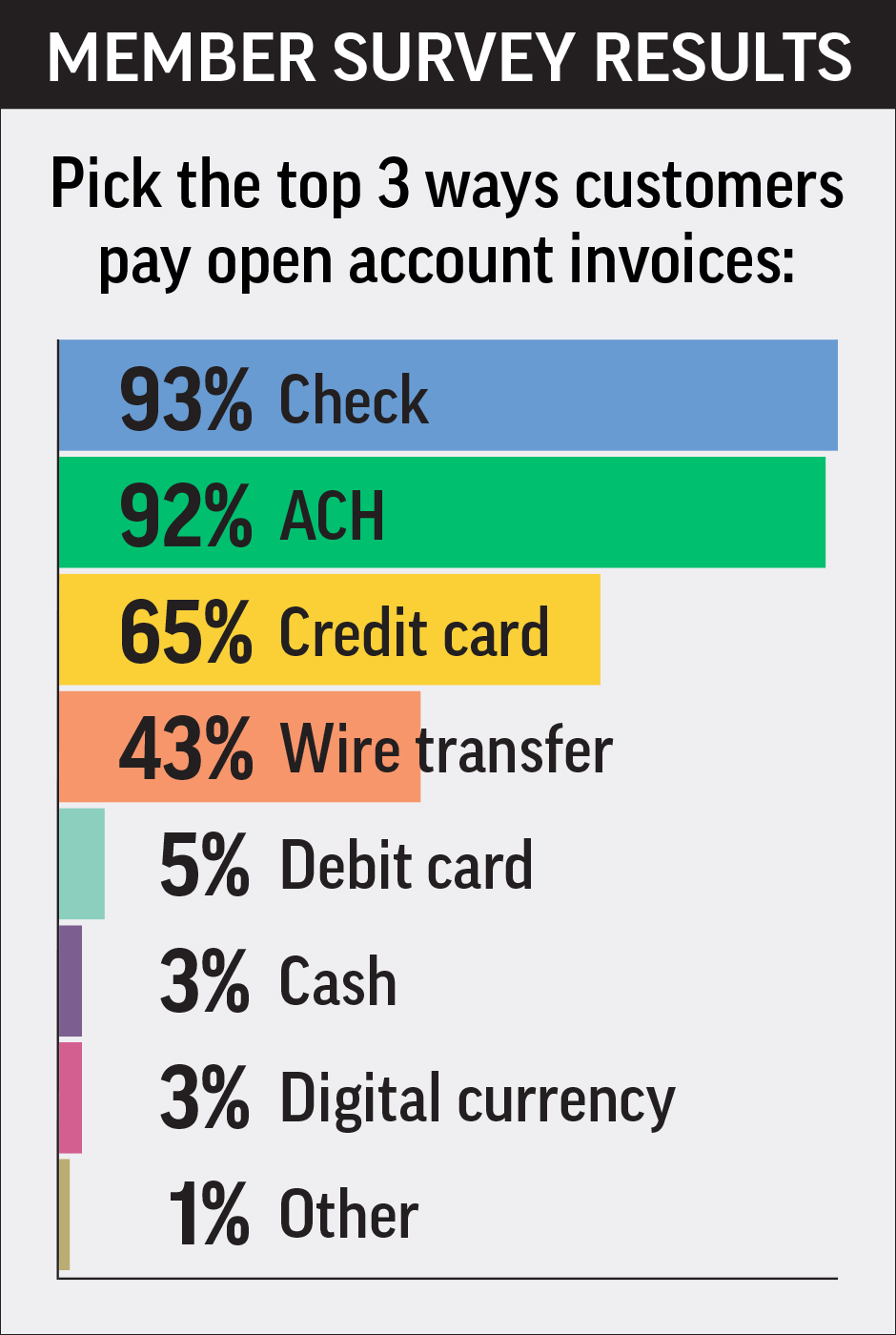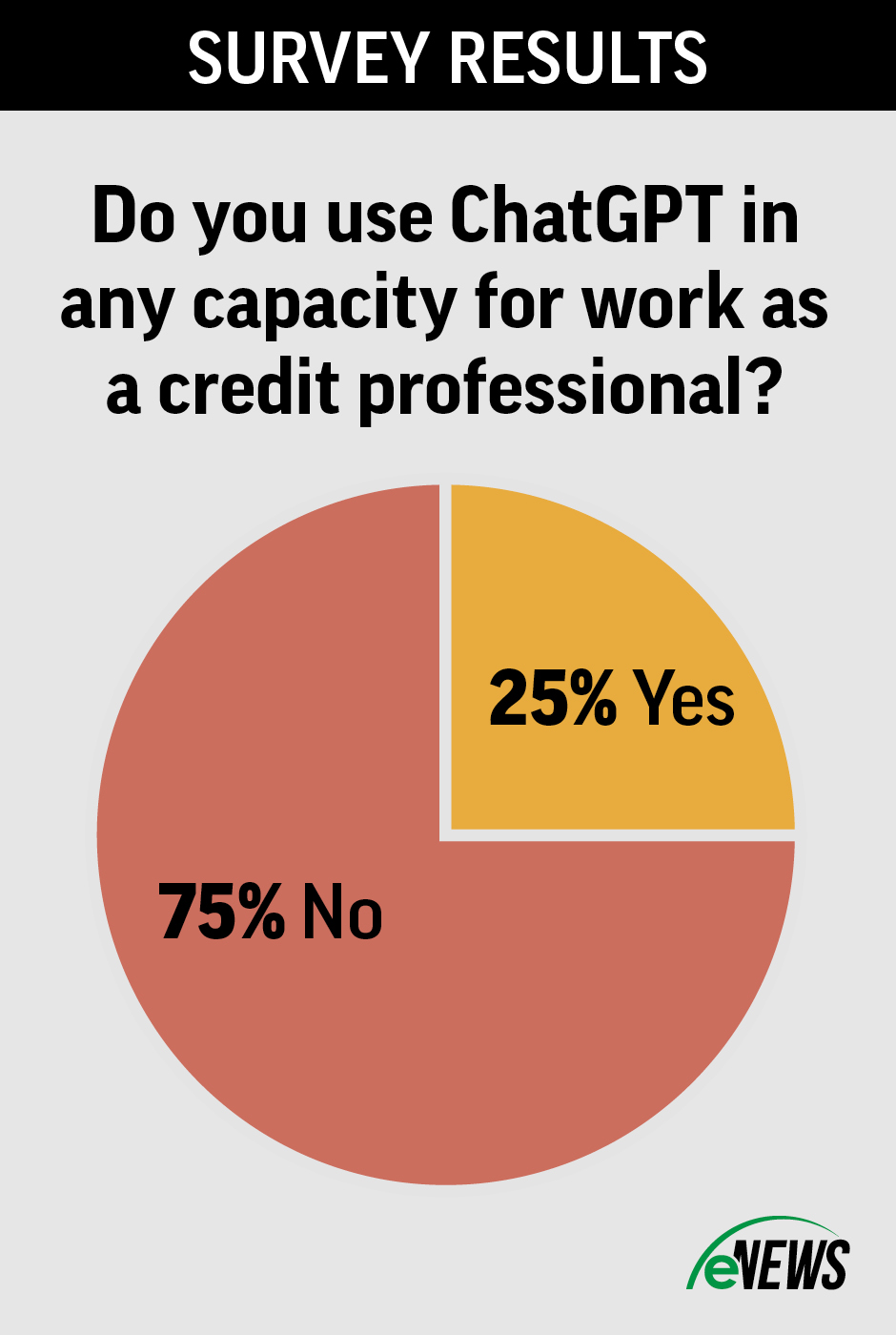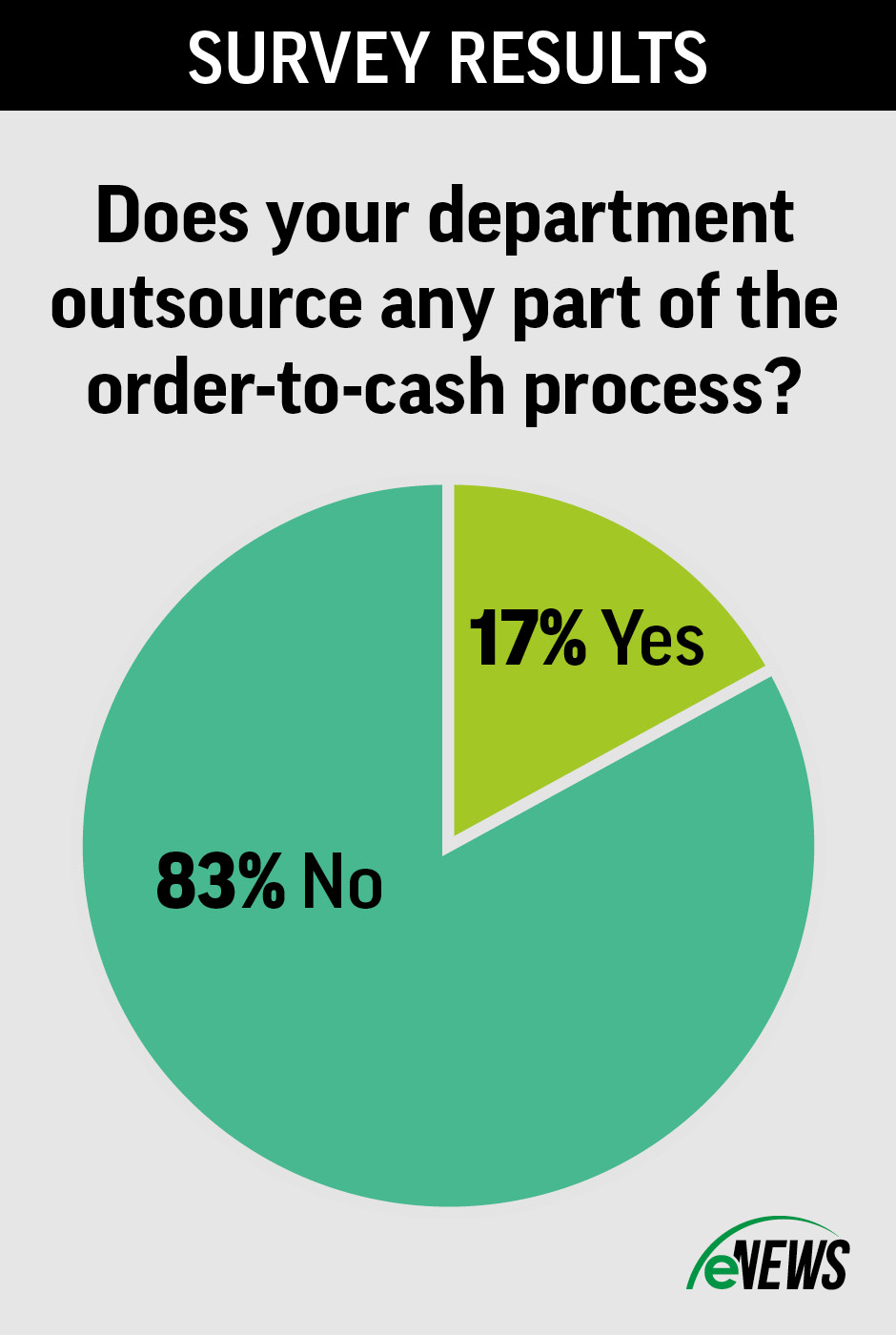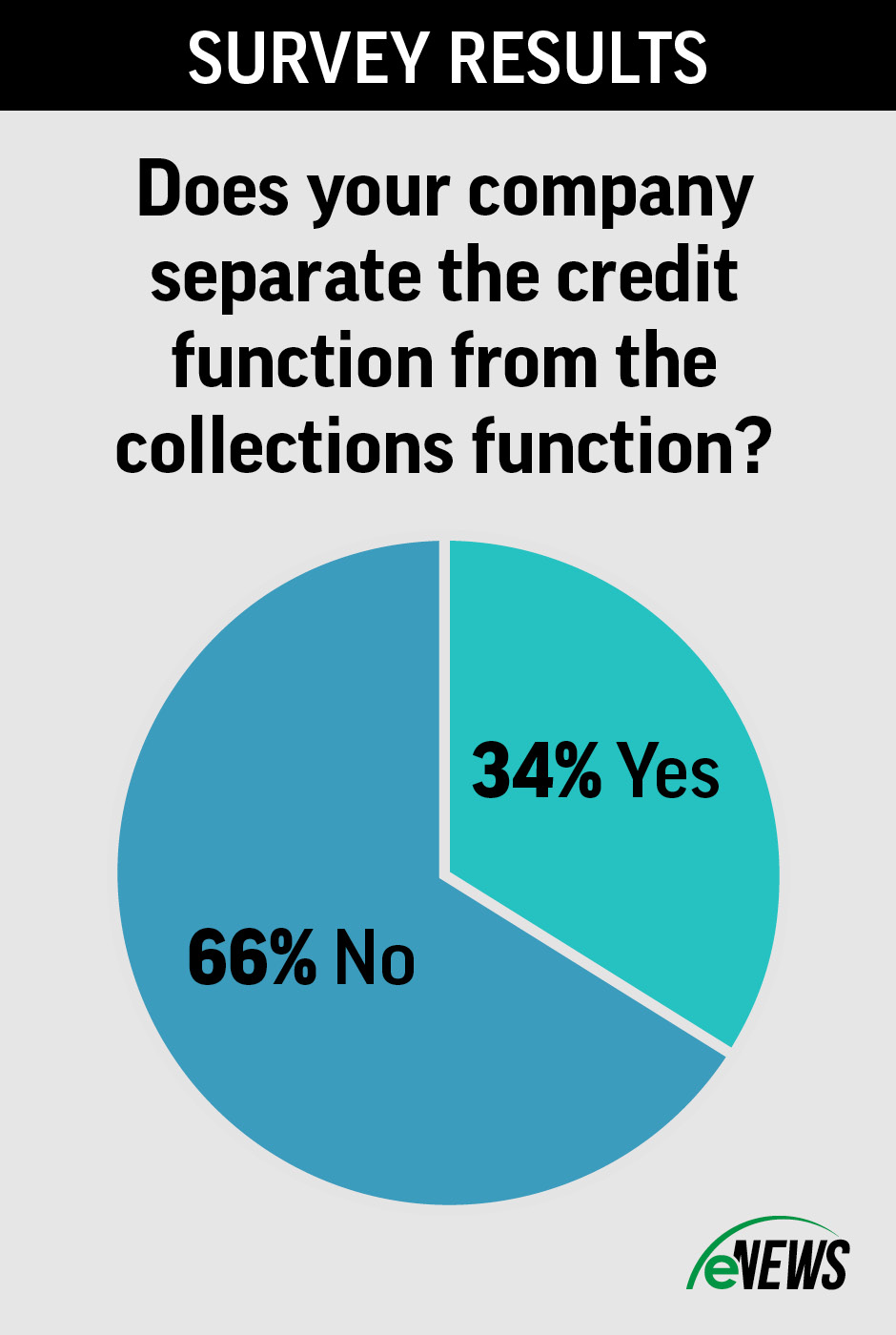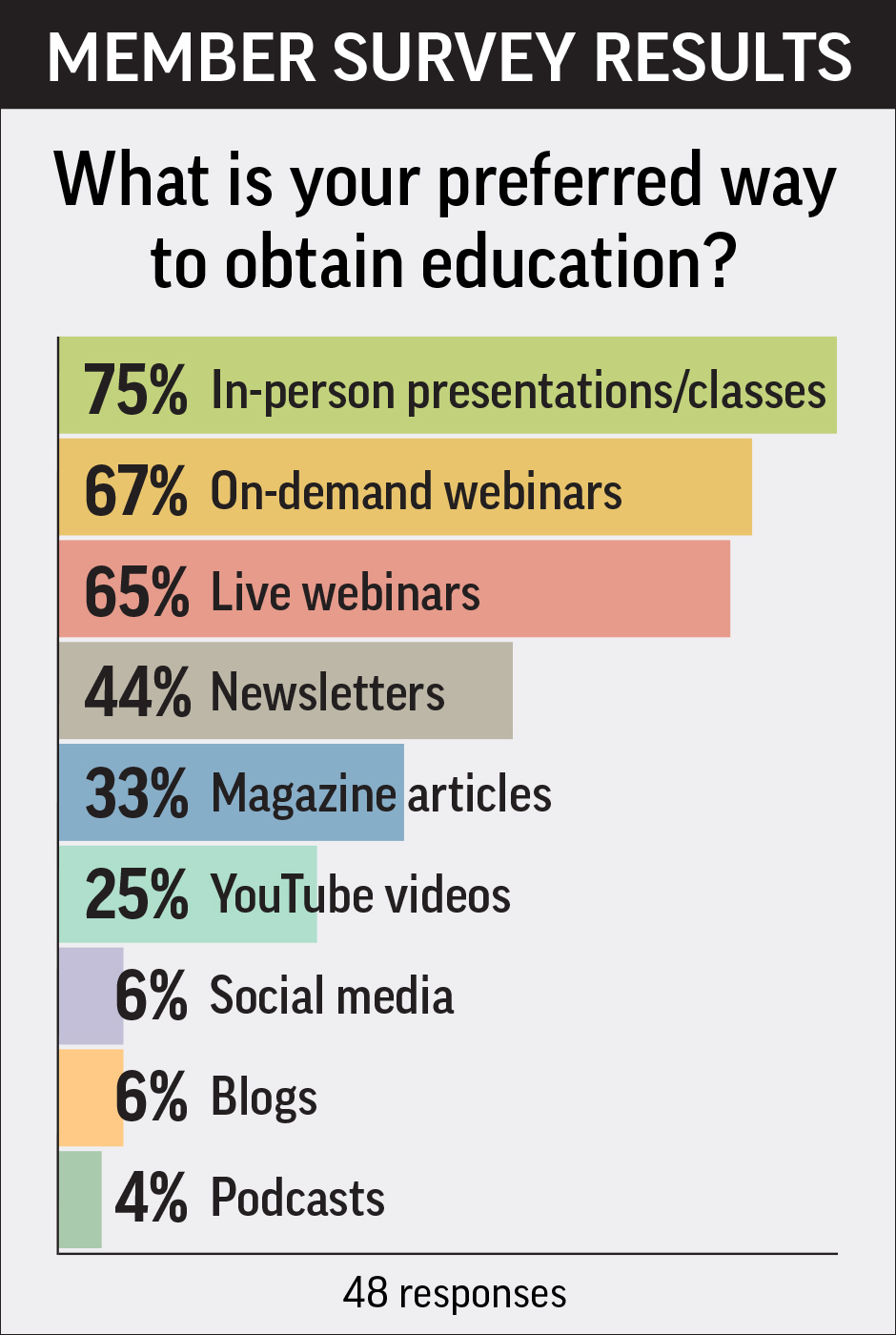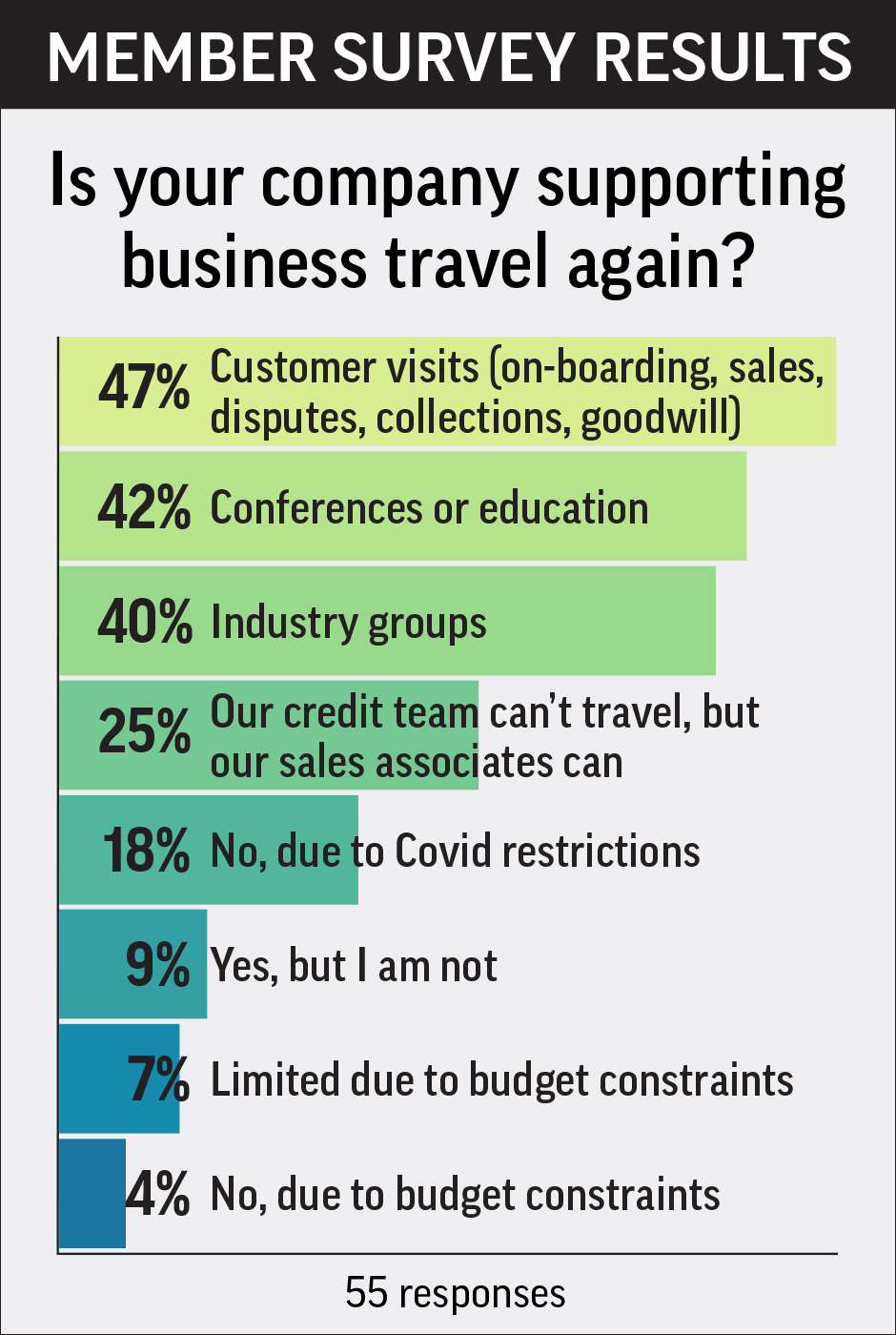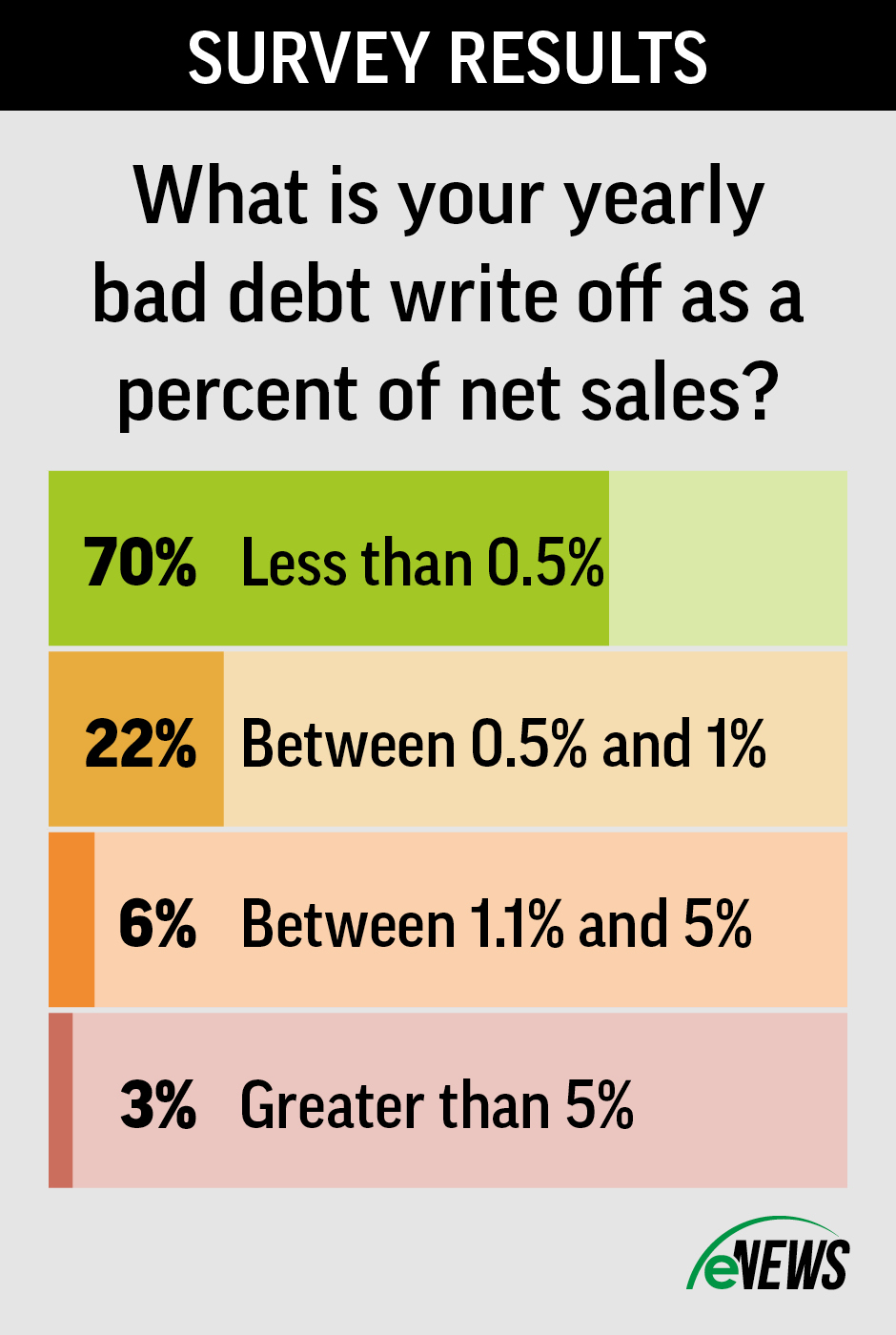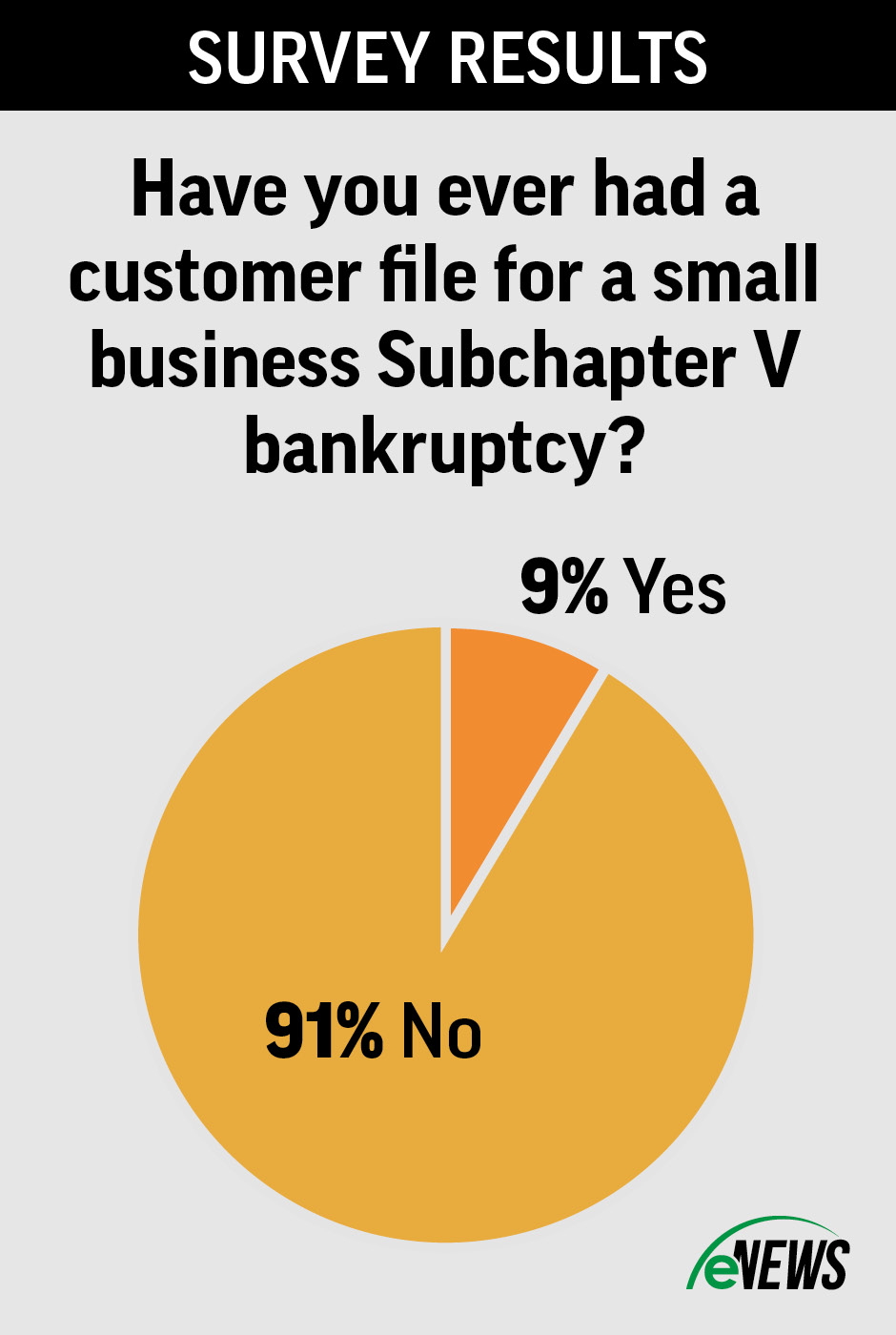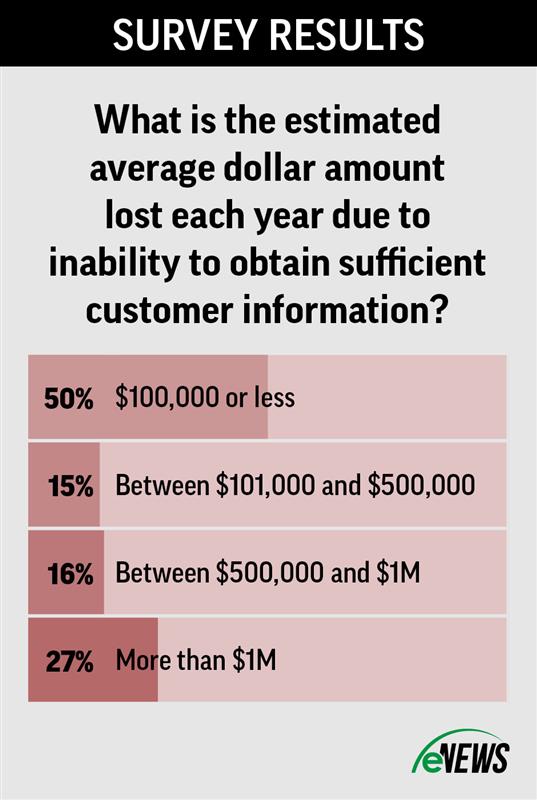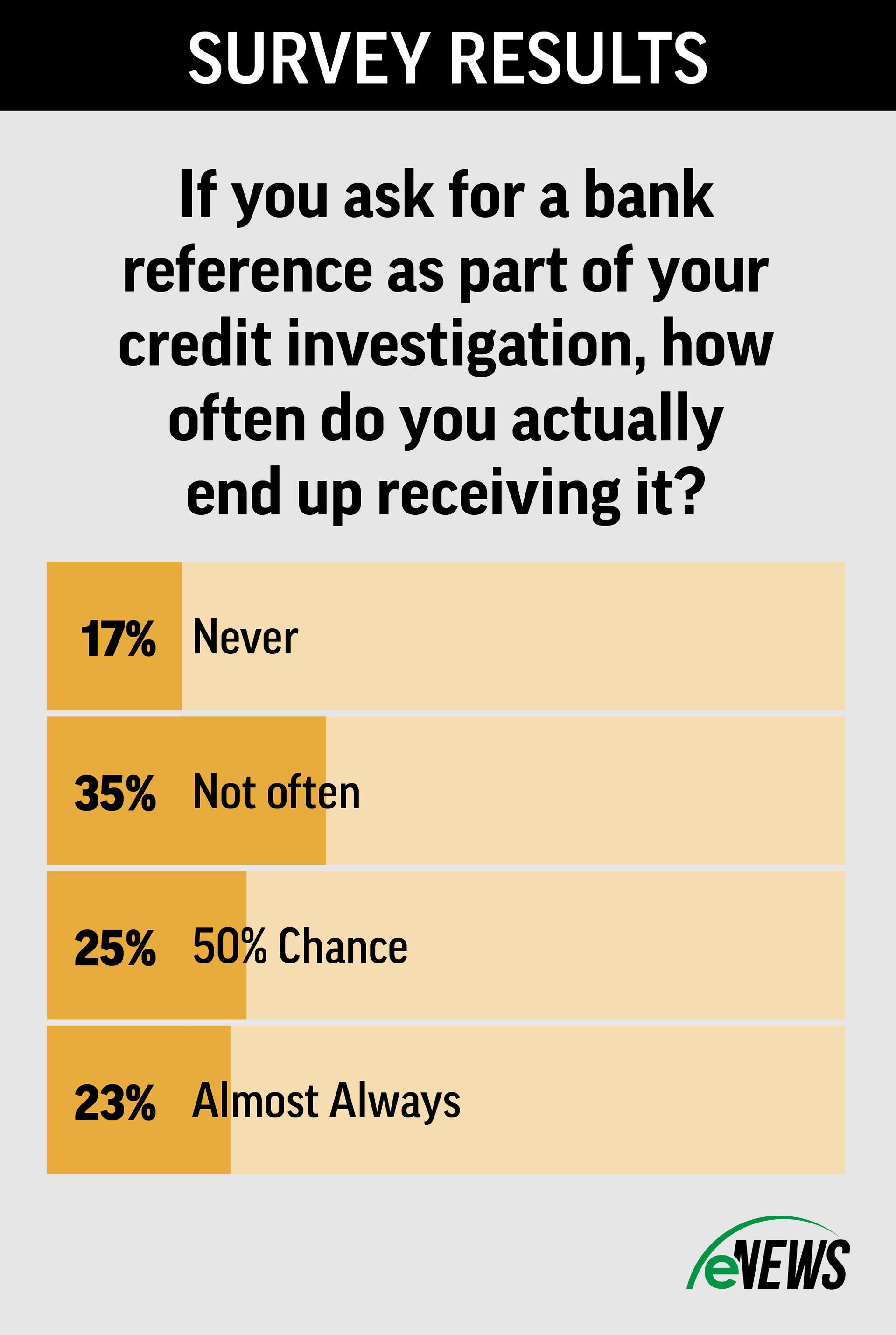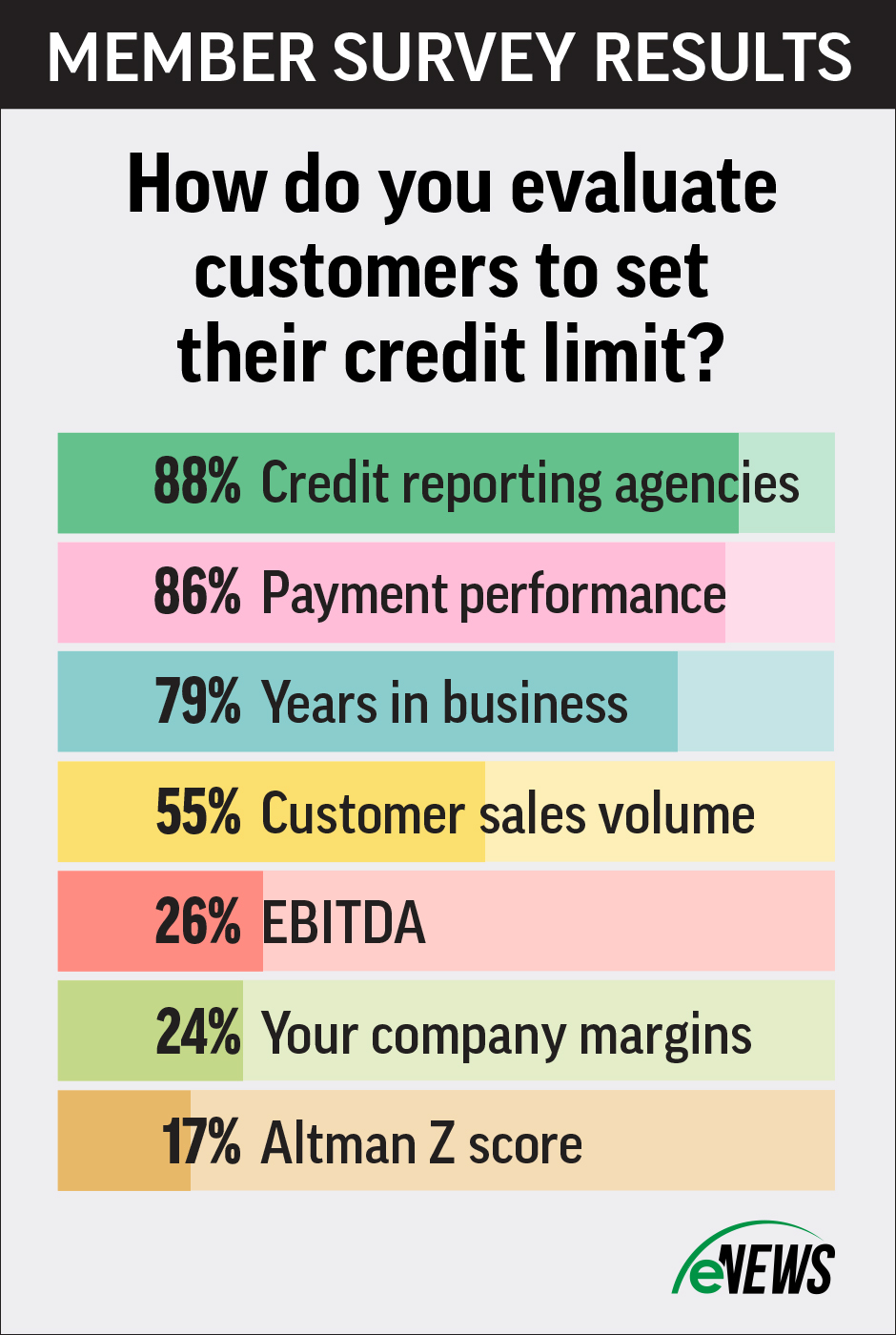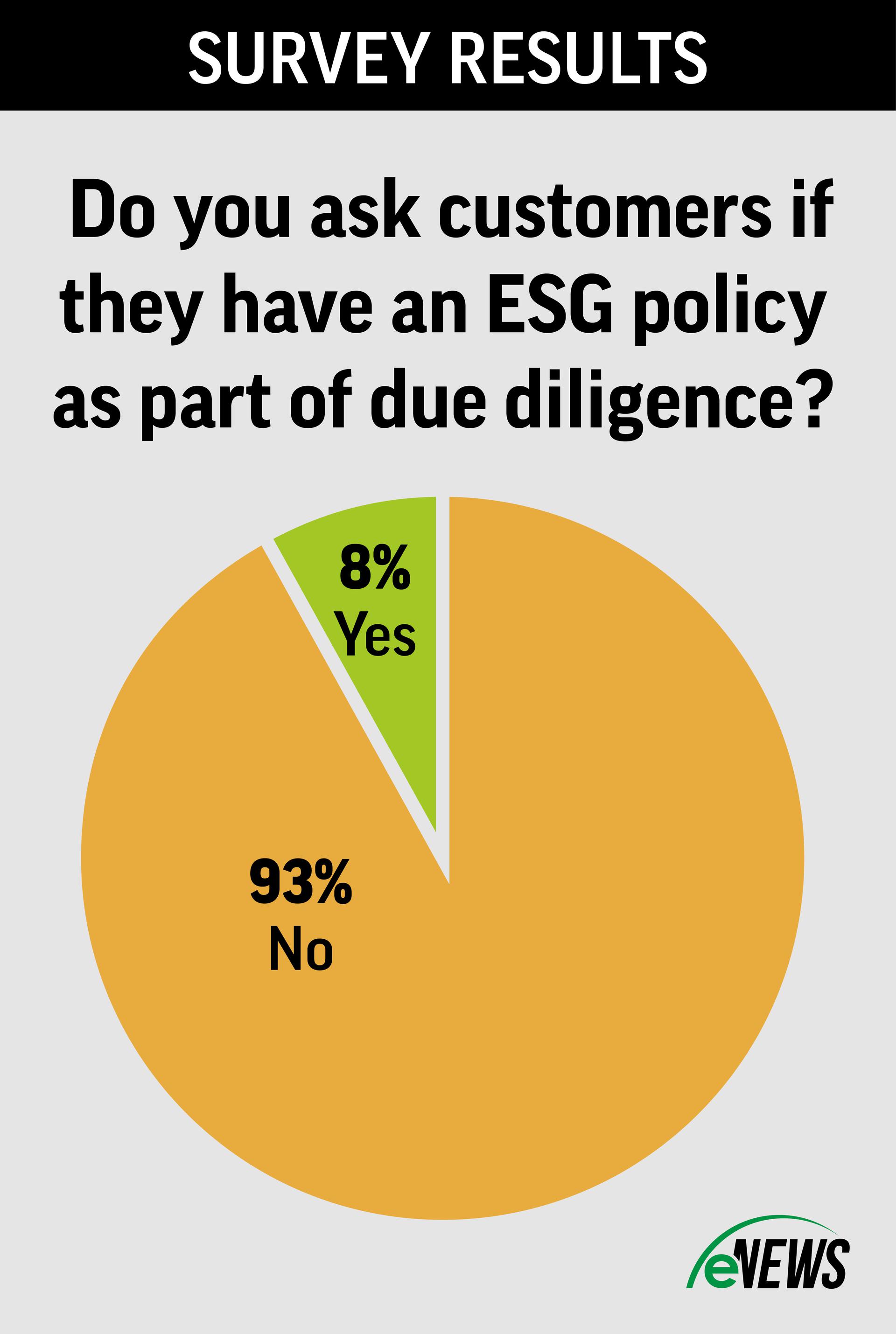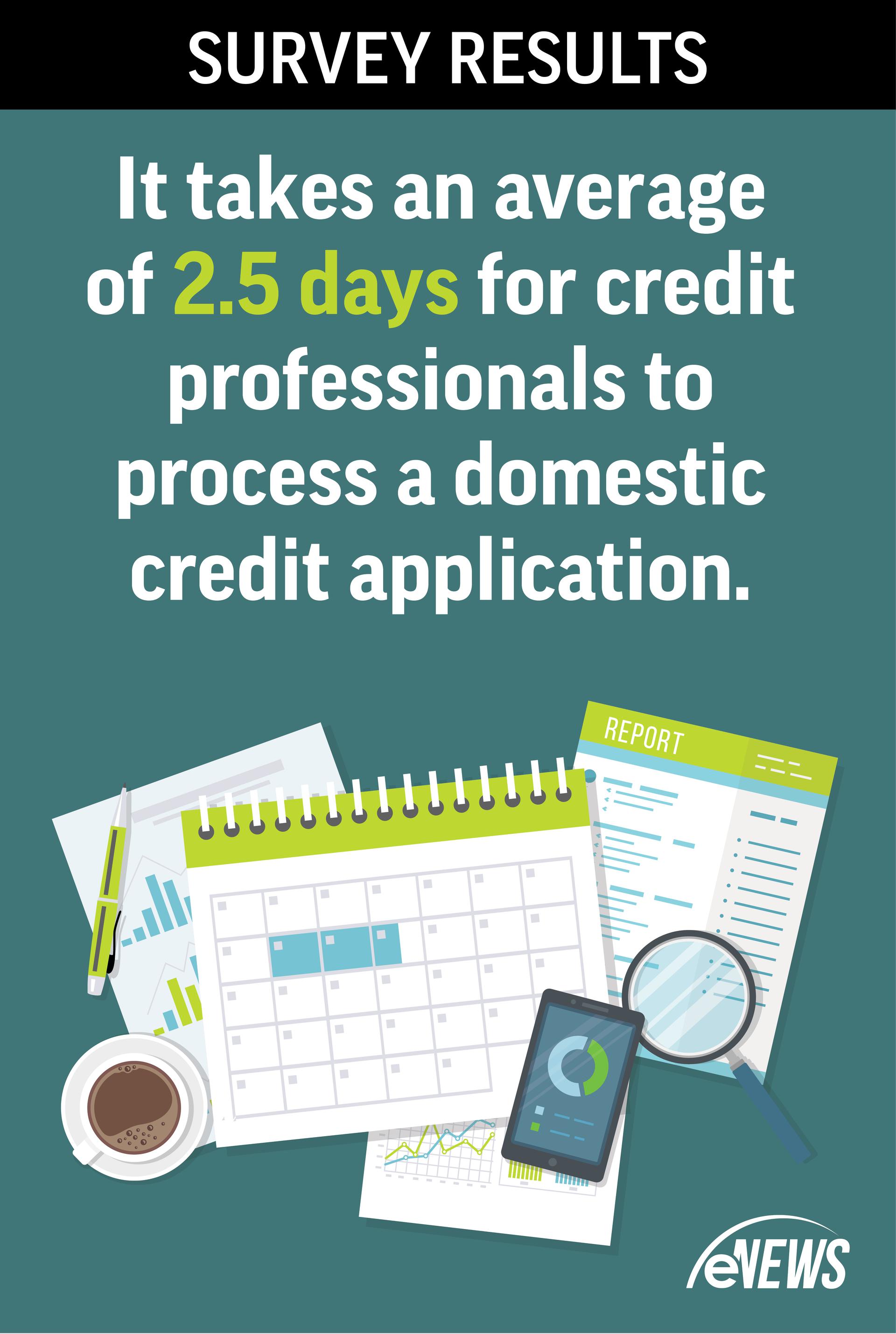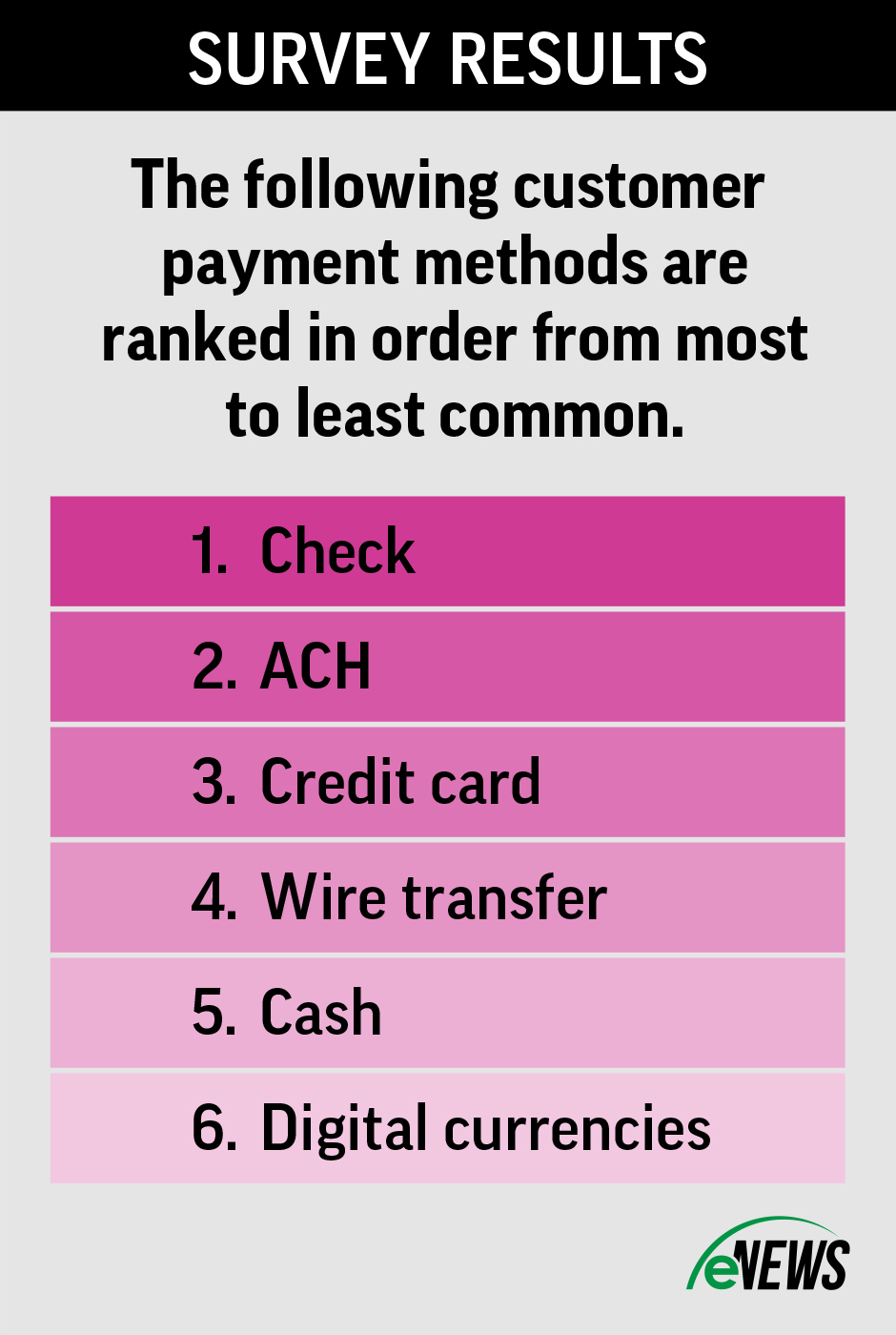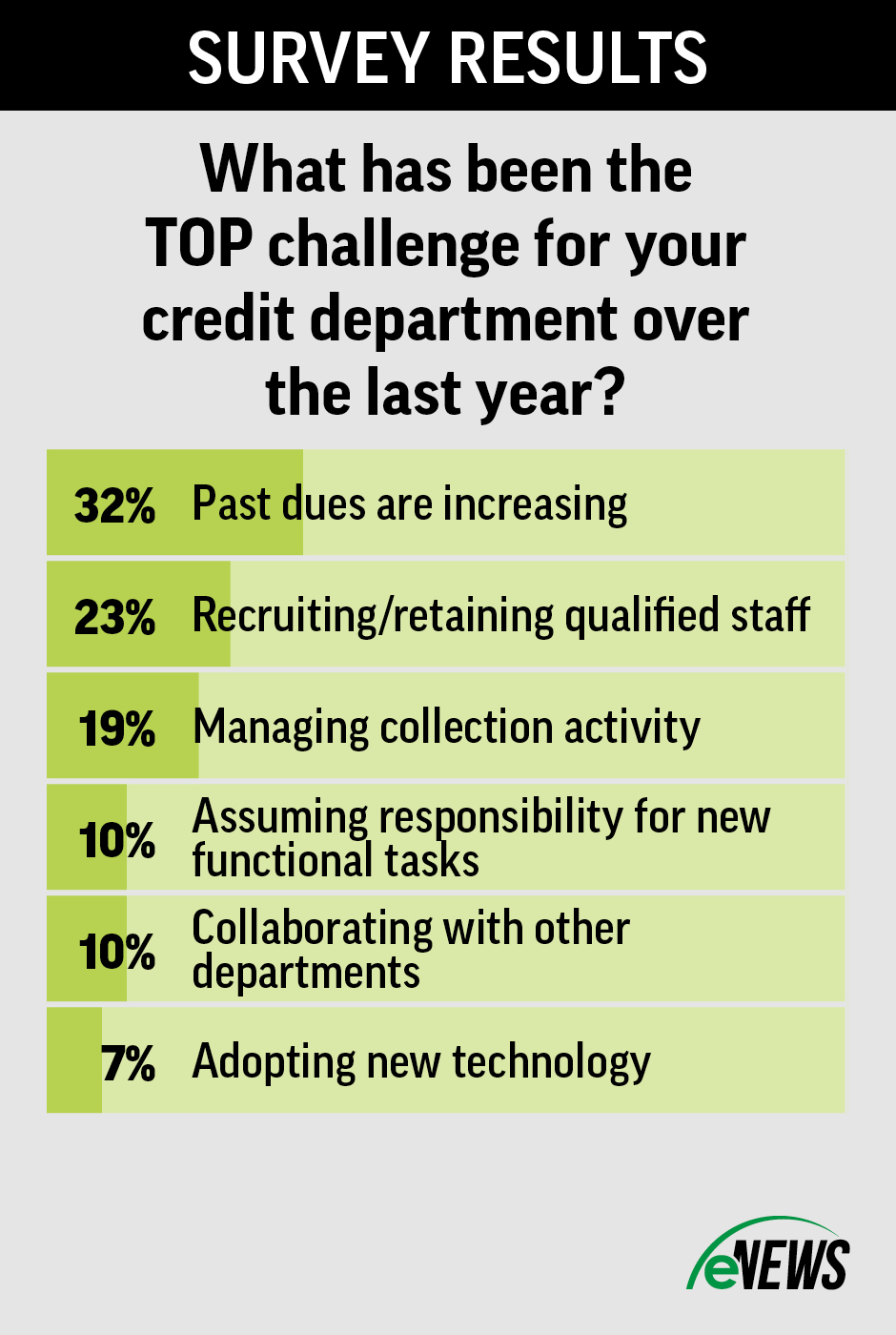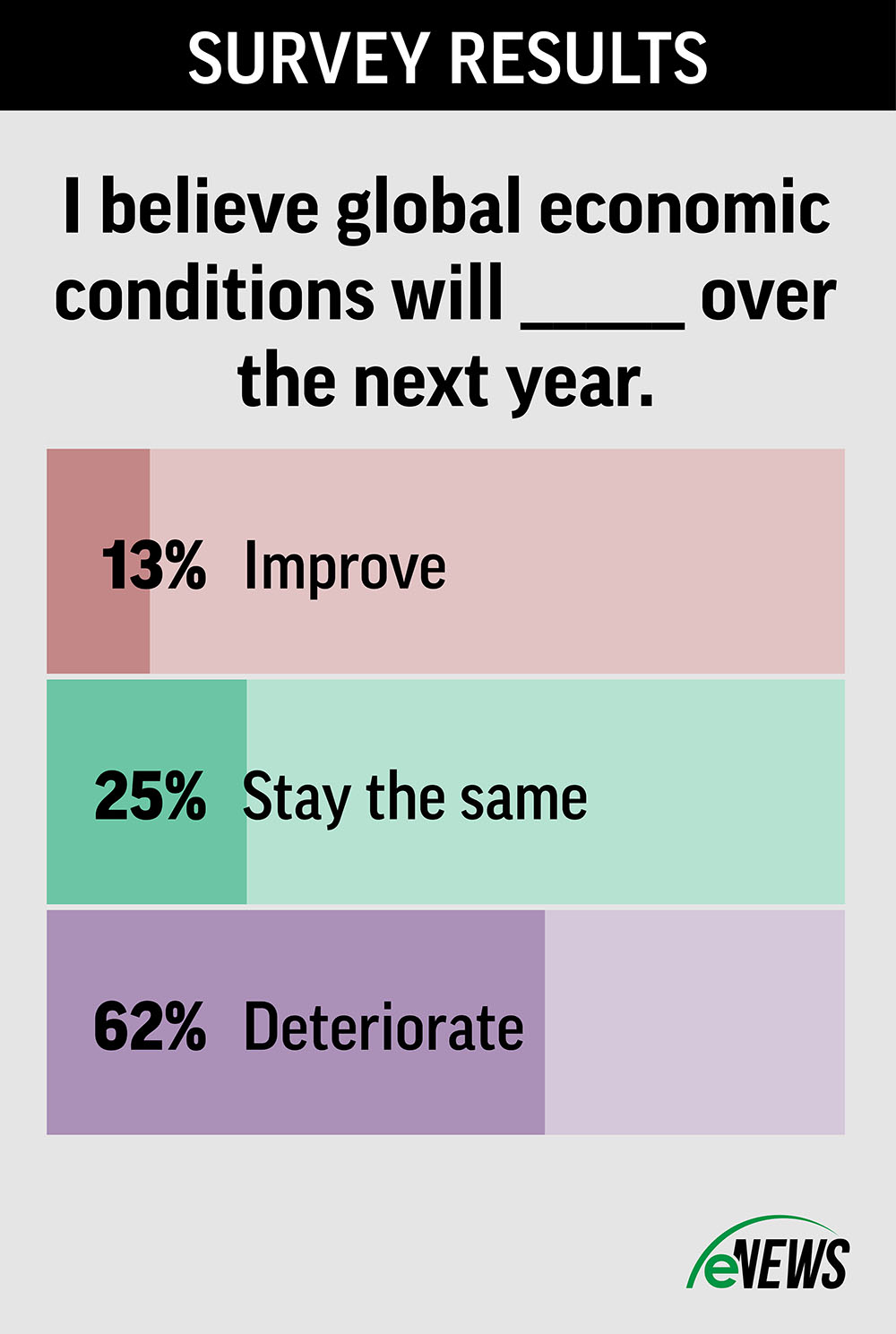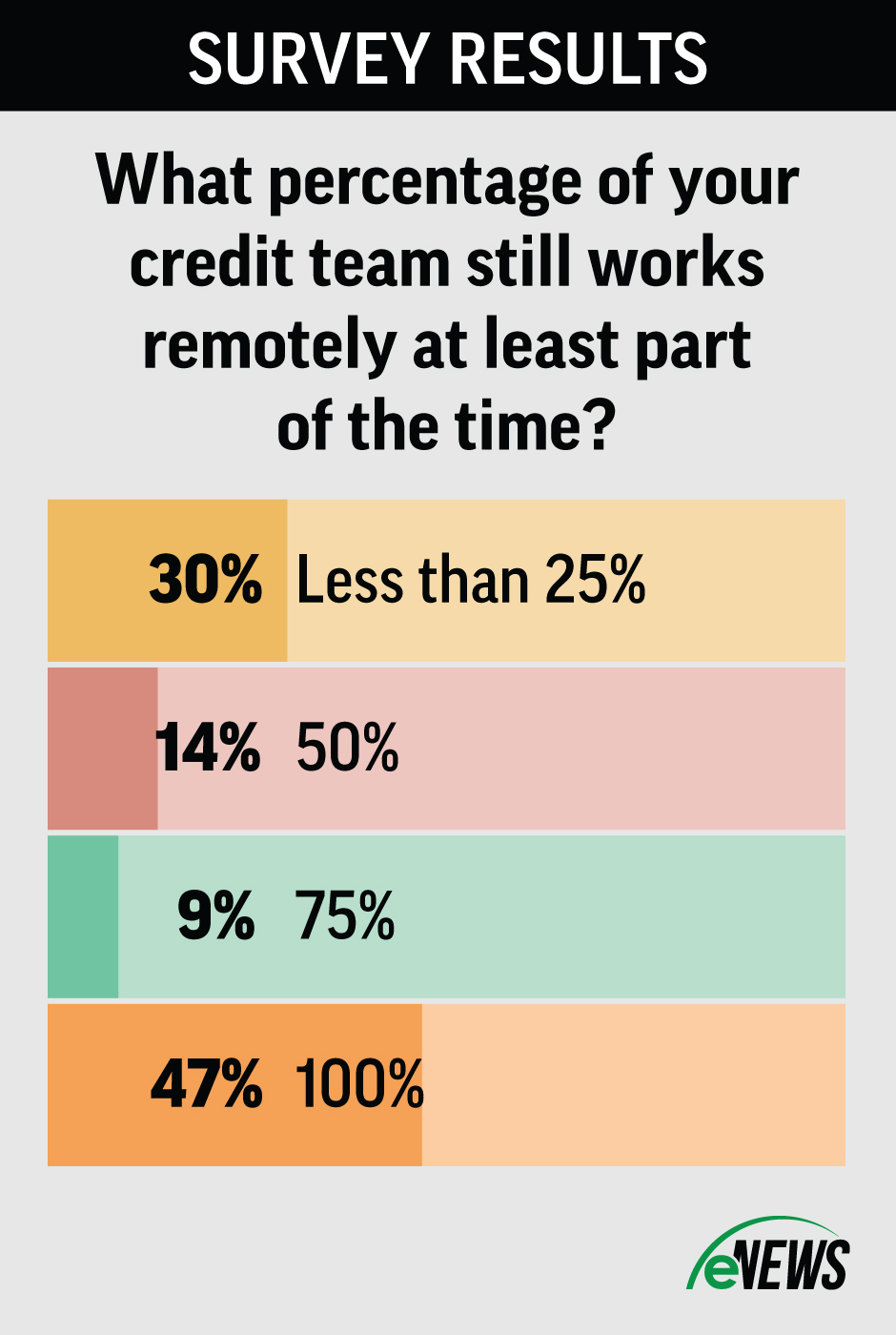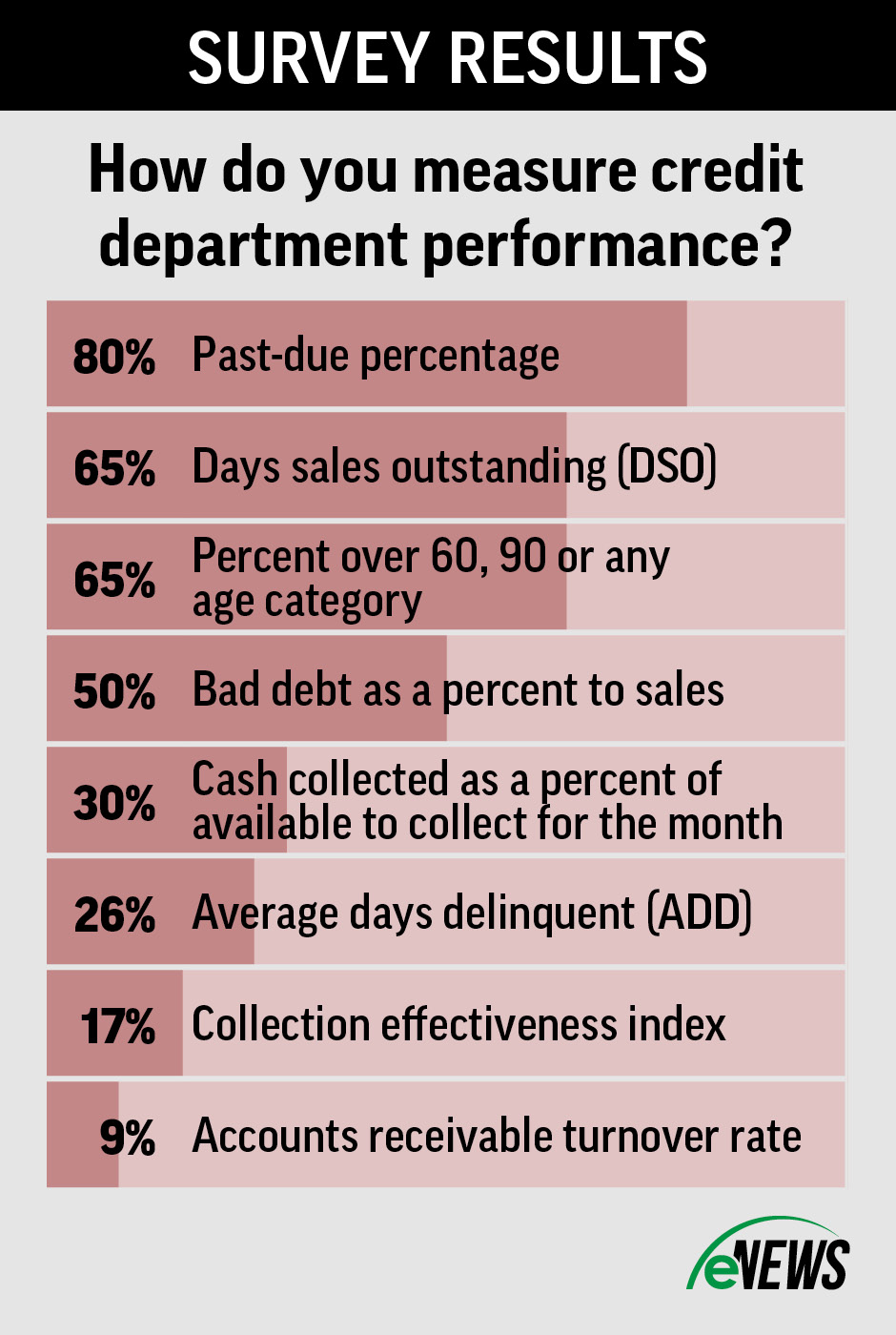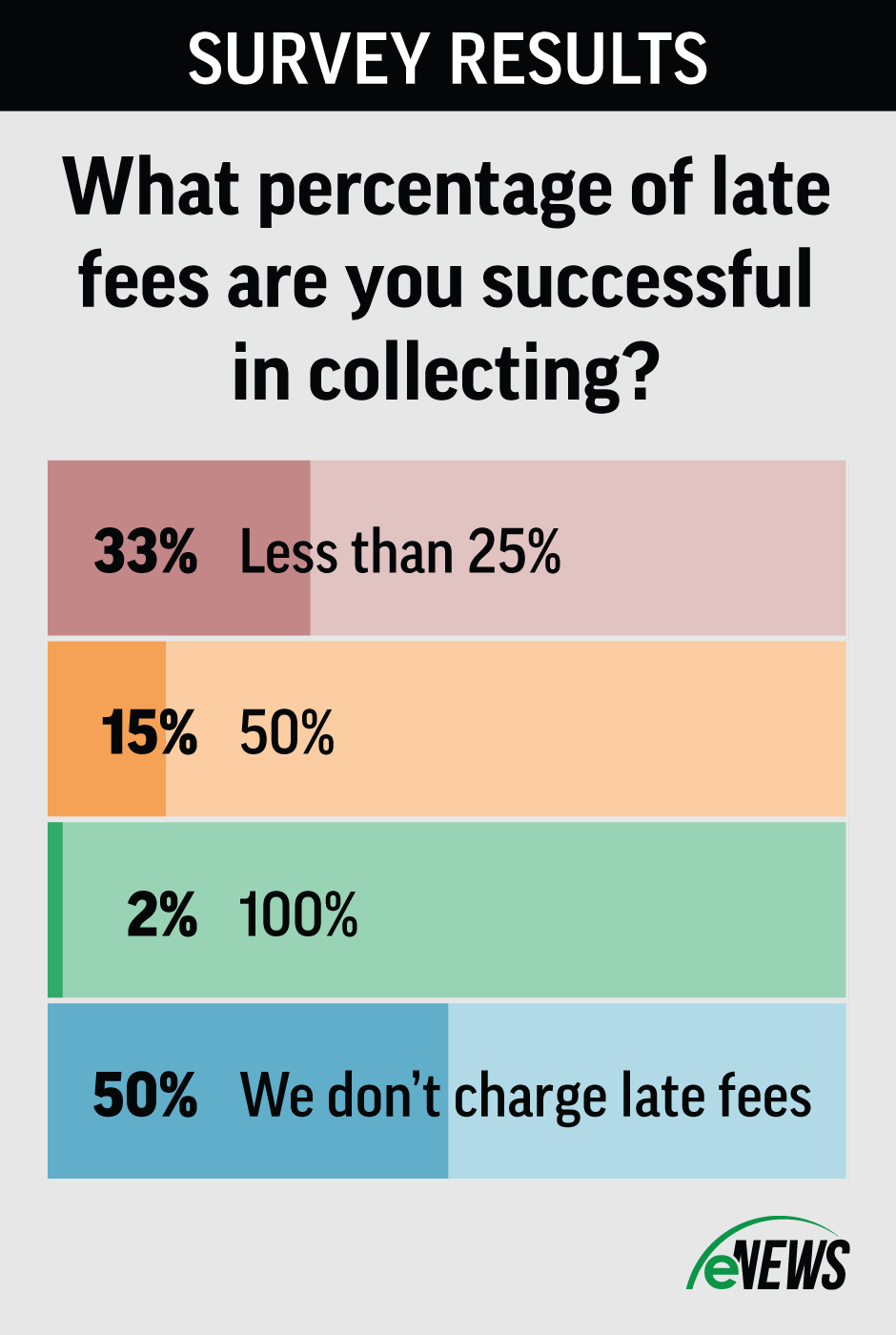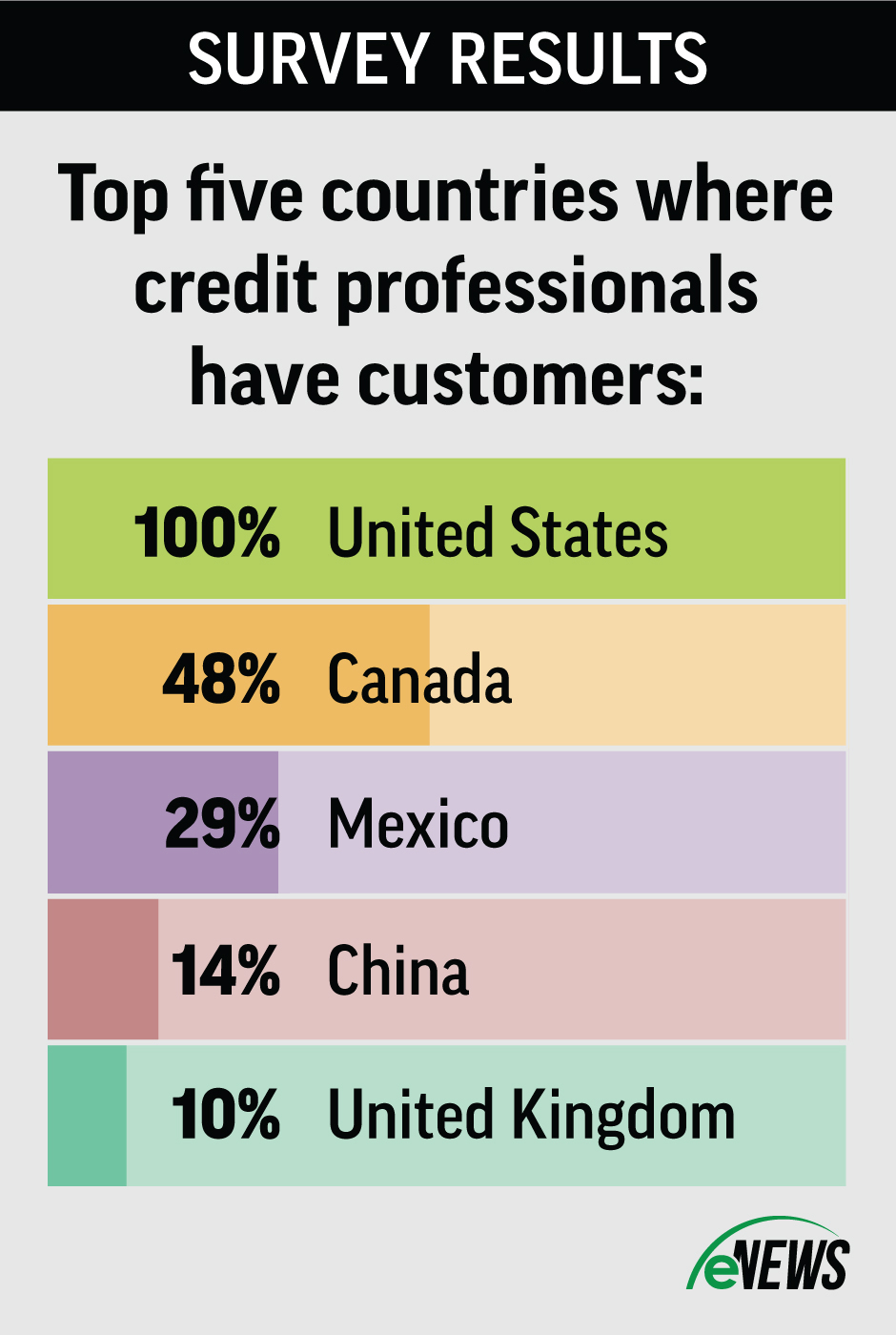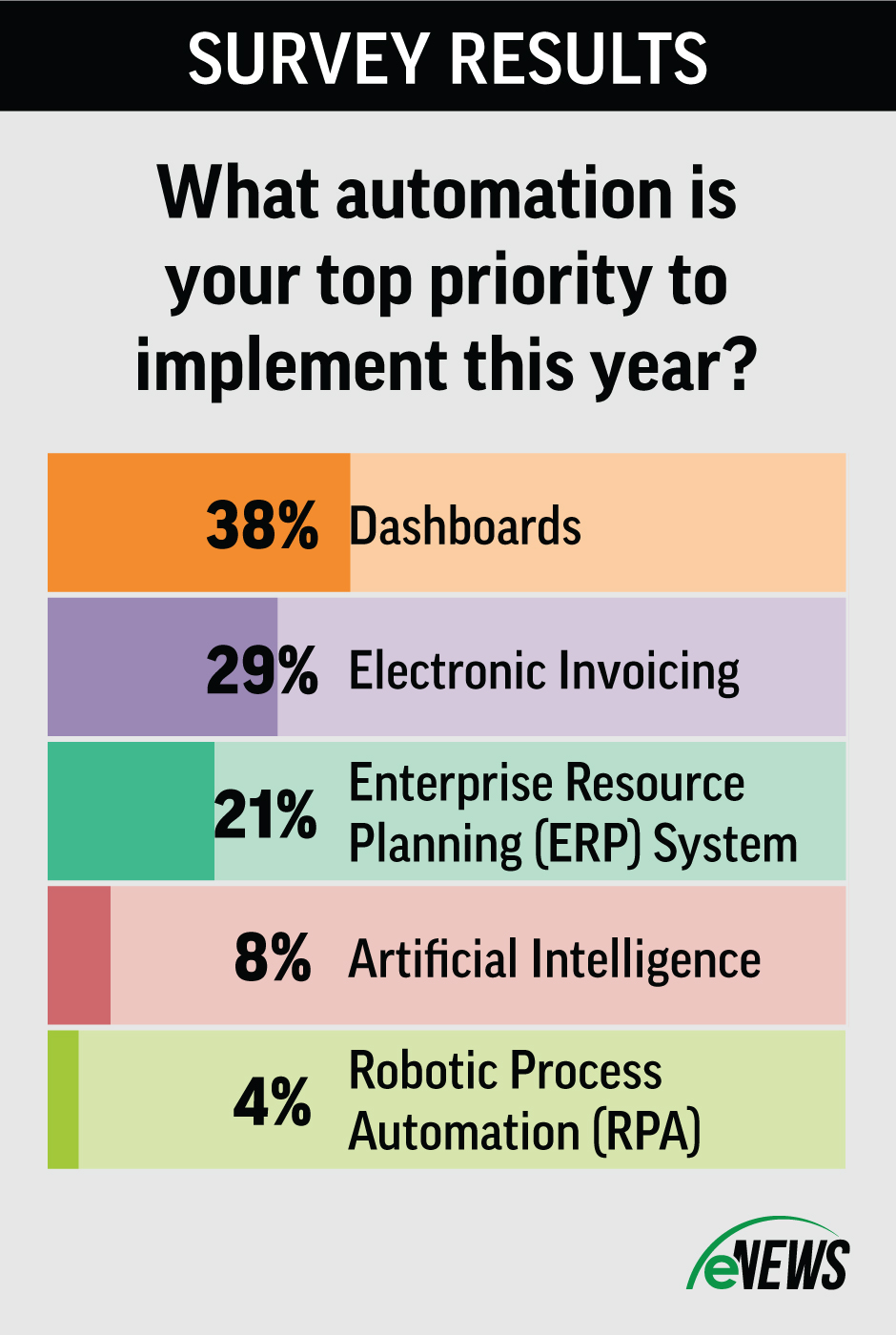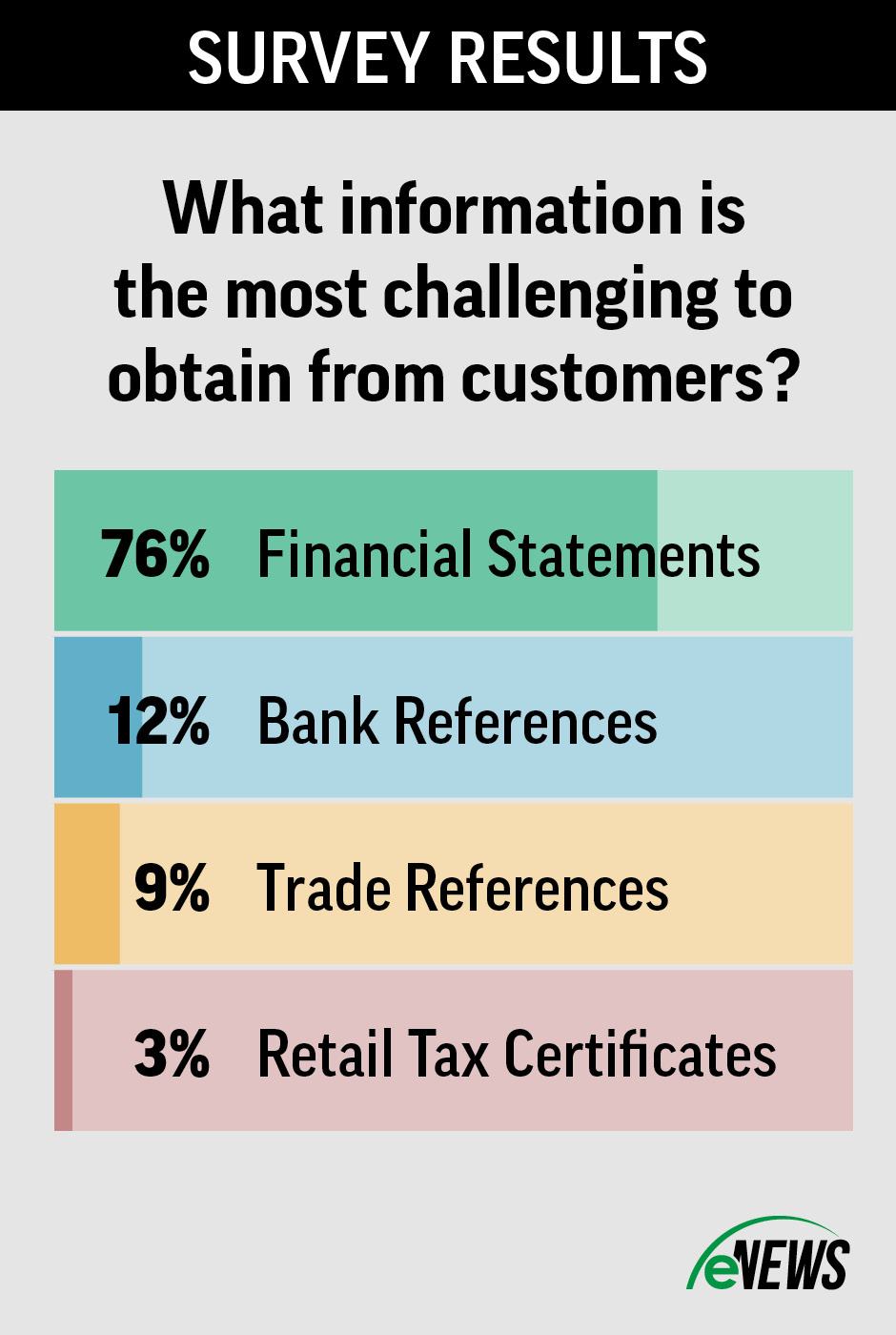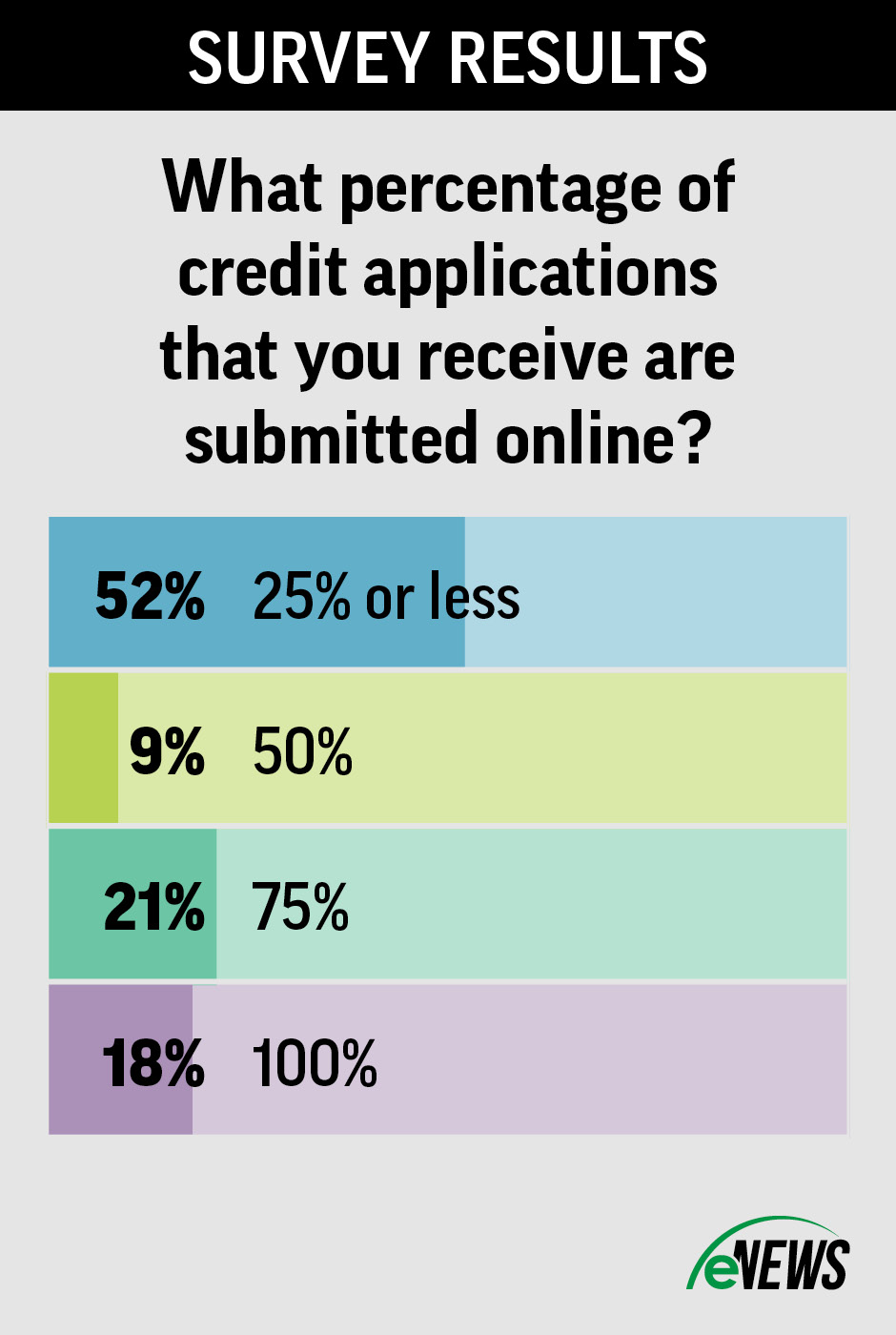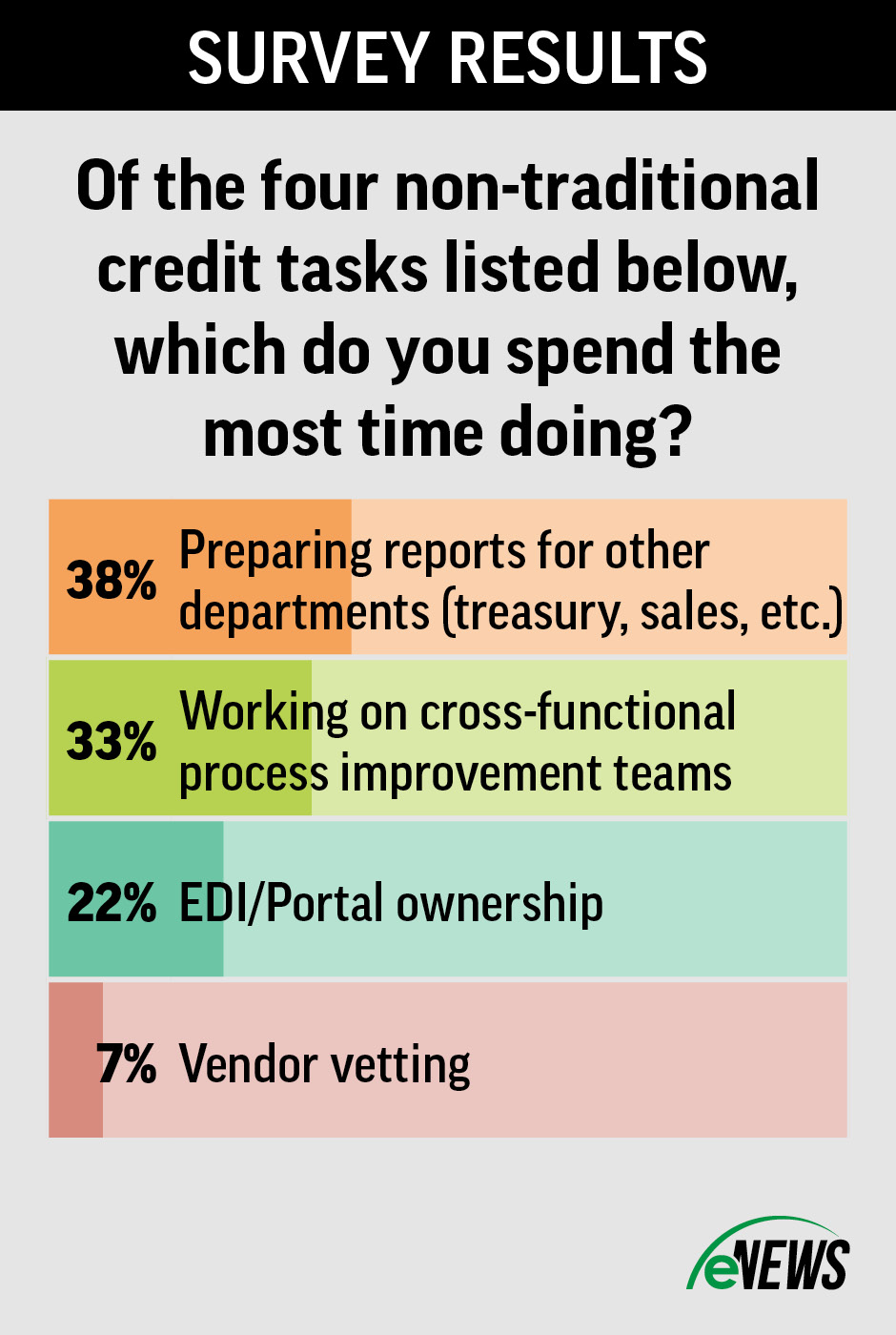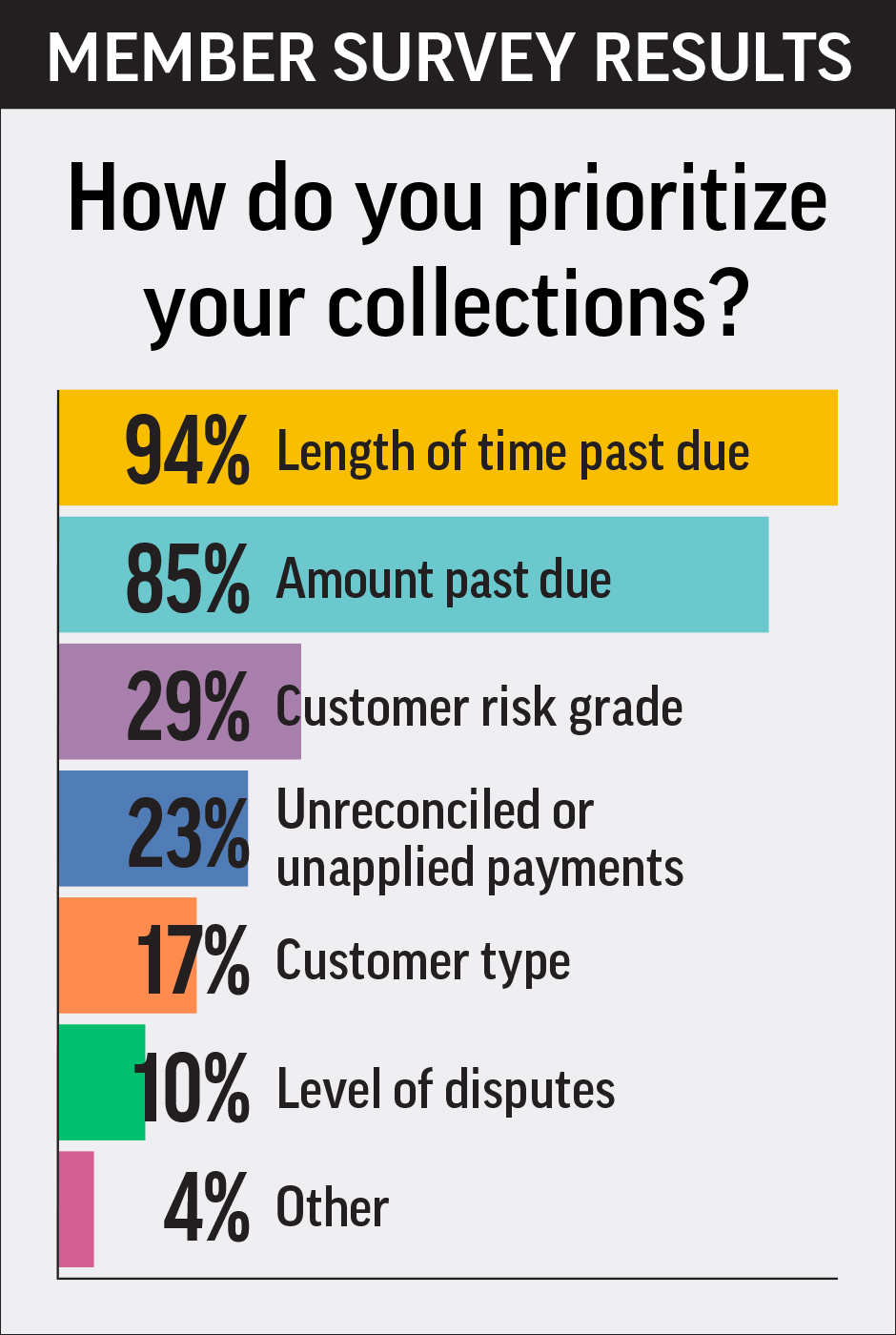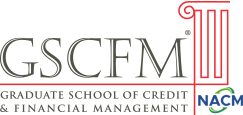Unlock the Secrets to Credit Management
Success with Mentors & Mentees
Discover a transformative mentorship program designed to empower credit professionals like you to excel in your career. Mentors & Mentees provides a unique opportunity to learn from seasoned experts, engage in meaningful discussions, and gain invaluable insights to navigate the challenges of credit management.
Join our monthly discussion group where mentors share their top five lessons learned, followed by interactive post-presentation discussions with emerging leaders. The knowledge gained from these sessions will empower you to accelerate your credit management journey and achieve professional excellence.
Don't miss out on this exclusive opportunity to learn, grow, and network with industry leaders.
Did you miss a previous Mentors & Mentees? Listen in on previous sessions in the NACM Knowledge Center.
Participate in these great educational and networking discussions:
REGISTER HERE
Area Director Guide & Calendar
Print this page as a PDF
Area Director Guidelines:
- Area Directors are expected to communicate with the Presidents of assigned Chapters each month. Phone conversations are most effective and should be made at least every other month. Email communication is also acceptable IF you are receiving responses and maintain a consistent line of communication. Jot down noteworthy information to have handy when reporting to the CFDD Board during conference call meetings.
- Area Directors should plan to attend both in-person Board meetings (held at Credit Congress and in conjunction with the fall National CFDD conference) and to participate in Board meetings held by telephone conference call.
- Area Directors should plan to write at least one article during their leadership term for the CFDD Newsletter published in January/February, March/April, May/June, July/August, September/October, and November/December. The newsletter is distributed on the first business day of the issue month.
- Area Directors serve in the critical role of being links to Chapter Presidents and Chapter Boards. Area Directors are expected to develop strong relationships with the Presidents of assigned Chapters. If communication with a Chapter President is challenging, please consult with members of the Executive Committee and reach out to other members of the local Chapter’s Leadership Team.
Access to Resources
When speaking with members of a Chapter’s Board of Directors, it’s helpful to understand who has access to the various resources available on the CFDD website. Access to some resources on the CFDD website is limited to certain members of a Chapter Board. This explains why it is so important for Chapters to submit a Leadership Report, or a roster of Board members that includes terms and positions to National. For example, all members of a Chapter Board have access to the CEU request form but only Chapter Presidents and Chapter Membership Chairs have access to membership reporting. Chapter Presidents and Chapter Membership Chairs also have access to their Chapter’s entire membership roster online.
| Resource | Who has access? |
|---|---|
| Members Only Page | All CFDD Members |
| Scholarship Applications | All CFDD Members |
| Award Nomination Forms | All CFDD Members |
| CEU Request Portal | All CFDD Chapter Board Members |
| Membership Reporting Portal | Chapter President & Chapter Membership Chair |
| Roster of Chapter Members | Chapter President & Chapter Membership Chair |
Chapter Reports
Chapters are asked to complete and submit reports that fall into three categories: membership, leadership and statistical.
Membership Reporting
For National dues billing purposes, CFDD’s membership year is based on calendar quarters. Therefore, Chapters are asked to submit membership reports four times annually. Memberships reports are due by the 10th of the month, following each calendar quarter, or on April 10th, July 10th, October 10th, and January 10th. With the new membership reporting portal, CFDD Chapters may submit changes more frequently to keep pace with changes “real-time.”
Leadership Reports
A Chapter Leadership Report is a Chapter Board roster. To ensure that members of Chapter Boards are provided with proper access to resources, it’s important that Board rosters include not only leadership positions but also leadership terms. Chapters are invited to use the Leadership Report template or may simply send a roster in Excel or Word format.
Statistical Report
The information submitted on the Statistical Report helps build a profile about each Chapter. Information about the amount of Chapter annual dues, about the frequency of Chapter meetings, average meeting attendance contribute to each Chapter’s profile. The information supplied about the number of scholarships a Chapter awards, and the dollar value of awards made, supports our calculation about the impact CFDD makes on its members through scholarship support.
June
- Review the Leadership Guide and set goals for the year.
- Set up an email distribution list for each of your Chapters.
- Email a letter of introduction to the Presidents of your assigned Chapters and establish a line of communication. (A sample letter is posted to the Members Only Resources page, in the National Board Resources section.)
- Review the Annual Reports of your Chapters.
- Mark your calendar to ensure regular and timely contact with your Chapter Presidents.
- Add names of new National Chair and other new Officers and Directors to your email distribution list.
- Remind Chapters: Chapter Quarterly Membership Reports for the calendar quarter ending on June 30th are due by July 10th and Summer Scholarship applications are due by July 15th.
July
- Contact the Presidents of your assigned Chapters.
- Discuss and promote the Chapter Leadership Meeting scheduled in conjunction with the Fall Conference; our goal is to have representation at the meeting from each Chapter. Ask about Chapter News: photos of members are needed for the CFDD Newsletter.
- If possible, set dates with your Chapter Presidents to visit your Chapters and attend a Chapter event or meeting.
August
- Contact the Presidents of your assigned Chapters. Topics of discussion with your Chapter Presidents include submitting a written report by August 31 to you to help you prepare for your Business Meeting presentation at the fall conference. Area Directors provide the membership a report on the Chapter activities (fundraising, educational content, chapter meeting attendance). Urge your Chapter Presidents to attend (or send a representative to) the annual CFDD Chapter Leadership meeting, held on the day prior to CFDD’s fall National Conference. (Milestone membership anniversaries are recognized at each conference.) Ask whether your Chapters have planned to make a contribution to the CFDD National Scholarship Fund at the fall conference. Ask about Chapter News: photos of activities are needed for the CFDD Newsletter.
- Finalize your plans to attend the fall Chapter Leadership & CFDD National Board Meeting at the Fall Conference. Dress attire for Board meeting as well as the conference is professional business casual.
- Make an effort to contact first-time National conference attendees from your assigned Chapters.
- Ask your Chapters to consider making a contribution to the CFDD National Scholarship Fund prior to the CFDD National Conference; Chapters are asked to mail their donations to National prior to the conference. Chapters are recognized during the conference for their generous contributions and support.
- Remind Chapter Presidents to appoint a Nominating Committee if Officers are on a Calendar Year (Jan. to Dec.)
September
- Attend the fall Chapter Leadership, National Board Meeting, and National Conference. Dress attire for Board meeting and conference is professional business attire.
- Contact the Presidents of your assigned Chapters. Make plans to meet them at the Leadership meeting and to meet your Chapters’ conference delegations. Thank the Chapter President if a Chapter donation was made to the CFDD National Scholarship Fund. Ask about Chapter News: photos of activities are needed for the CFDD Newsletter.
- Remind your Chapter Presidents that Chapter quarterly membership reports for the period ending September 30th are due by October 10th. Eligibility for scholarships is based on being a member for six months; a new member would need to join in September to become eligible for the March 15th awards.
October
- Contact the Presidents of your assigned Chapters.
- Remind your Chapter Presidents that Quarterly membership reports for the period ending on September 30th are due by October 10th.
- Ask for feedback (comments or suggestions) regarding the National Conference so they may be shared with the Board.
- Discuss the upcoming year-end membership renewal invoices, which are usually mailed in October or November. Discuss membership engagement at the Chapter level and offer advice, if needed. Your advice could include calling members not seen at events or dropping a handwritten note into the mail to convey how much members are missed.
November
- Contact the Presidents of your assigned Chapters.
- During the holidays, it’s a great time to thank members for belonging and talk about the benefits of membership!
- If Chapters follow a calendar year, ask about Board elections; Officers and Directors should be elected by November 30th for Chapters following a calendar year.
December
- Contact the Presidents of your assigned Chapters with holiday greetings!
- Remind Chapter Presidents that Quarterly membership reports for the period ending on December 31st are due January 10th. Each Chapter’s annual dues are invoiced based on the December 31st membership report. National Membership Awards are measured based on the December 31st Scholarship applicants must also be a member for six months to meet the eligibility requirement.
- If your Chapters follow the May to April fiscal year, remind your Chapter Presidents to appoint a Nominating Committee in preparation for Board elections.
- Encourage your Chapters to promote Credit Congress attendance.
- Remind your Chapter Presidents that the best registration fee for Credit Congress ends on the first Friday of December.
January
- Contact the Presidents of your assigned Chapters with New Year greetings!
- Remind your Chapter Presidents that 4th quarter membership reports are due on January 10th. Eligibility for scholarships is based on being a member for six months; a new member would need to join in January to become eligible for the July 15th scholarship awards.
- Remind your Chapter Presidents of the March 15th deadlines for:
- Spring Scholarship Applications
- Awards in Recognition of Chapter Excellence
- Outstanding Regular Program
- Outstanding Seminar or Workshop
- Outstanding Chapter Publicity Award
- Awards in Recognition of Member Excellence
- National Mentor Achievement
- Distinguished Member Achievement (DMA)
- The Spirit Award
- Remind Chapters that the CFDD Scholarship Fund contribution deadline is March 31st if a planned donation was not presented at the fall conference.
- Encourage Chapters to promote Credit Congress attendance.
February
- Contact the Presidents of your assigned Chapters.
- Remind your Chapter Presidents that 4th quarter membership reports were due on January 10th.
- Check the Operations Report to see if your assigned Chapters reported; if not, ask about the report. Eligibility for scholarships is based on being a member as of January 1 and Annual Membership Awards are calculated based on December 31st totals.
- Ask about Chapter News: photos of activities are needed for the CFDD Newsletter.
- Remind your Chapter Presidents of the March 15th deadlines for:
- Spring Scholarship Applications
- Awards in Recognition of Chapter Excellence
- Outstanding Regular Program
- Outstanding Seminar or Workshop
- Outstanding Chapter Publicity Awards
- Awards in Recognition of Member Excellence
- National Mentor Achievement
- Distinguished Member Achievement (DMA)
- The Spirit Award
- Remind Chapters that the CFDD Scholarship Fund contribution deadline is March 31st if a planned donation was not presented at the fall conference.
- Begin discussing whether any Chapter Leadership has an interest in advancing to the CFDD National Board. Area Director applications are due by April 1st.
March
- Contact the Presidents of your assigned Chapters.
- Ask about Chapter News: photos of activities are needed for the CFDD Newsletter.
- Remind your Chapter Presidents of the March 15th deadlines for:
- Spring Scholarship Applications
- Awards in Recognition of Chapter Excellence
- Outstanding Regular Program
- Outstanding Seminar or Workshop
- Outstanding Chapter Publicity Award
- Awards in Recognition of Member Excellence
- National Mentor Achievement
- Distinguished Member Achievement (DMA)
- The Spirit Award
- Remind Chapters that the CFDD Scholarship Fund contribution deadline is March 31st if a planned donation was not presented at the fall conference.
- Chapter Presidents should complete and submit the Chapter Annual Statistic Report by March 31st. This report details the total number of Chapter members, Chapter dues, fees for Chapter meetings, the number and dollar value of Chapter Scholarship awarded in the past year.
- If Chapters follow the May-April fiscal year, ask about Board elections; Officers and Directors should be elected by March 31st. Remind your Chapter President to send a list of new Board members and positions to NACM once the new Board is installed.
- Remind Chapters: Chapter Quarterly Membership Reports for the period ending on March 31st are due by April 10th.
April
- Contact the Presidents of your assigned Chapters.
- Ask about Chapter News: photos of activities are needed for the CFDD Newsletter.
- Finalize your plans to attend the NACM Credit Congress; ask about who is attending Credit Congress from your assigned Chapters and make plans to meet and greet them.
- Prepare your annual report for National Chair; Area Director reports are due on April 15th. A report template in on the CFDD website, on the Members Only Resources page in the National Board section.
May
- Contact the Presidents of your assigned Chapters.
- Ask about Chapter News: photos of activities are needed for the CFDD Newsletter.
- Attend CFDD Annual Board of Directors Meeting (on Sunday prior to the opening of the Credit Congress)
- Purchase your ticket to attend the CFDD Annual Business & Awards Luncheon. You will be seated at the head table at the CFDD Awards Luncheon. Attend the Wednesday Organizational Meeting for the Board of Directors.
Best Practices by GSCFM Alumni
Counseling a Distressed Customer
Developing an Internal Credit Score for Businesses
Onboarding Credit Personnel
The Dynamic Duo: Credit and Sales
Components of a Sound Credit Policy
Going International
Implementing ERP Systems
Commercial Collections: An Overview
UCC Article 9 for Dummies
The Basics of Financial Statement Analysis
Beginner’s Guide to Bankruptcy
NACM's Expert Credit Briefs
Keyword Search Thru Books
Search through NACM books and eNews by keyword.
(Member login required)
Quarterly Metrics Survey
Free Quarterly Webinar
Tariffs as A Driver of Financial Distress and of Value
Expires March 2026
Go To Useful Forms
Browse the list and use forms from NACM’s Manual of Credit & Commercial Laws
(Member login required)
Read Business Credit Magazine Online
Read the magazine on your tablet, phone or desktop.
Read Current Issues
(Member login required)
Take Certificate Classes and Online Courses
Take courses for your CBA, CBF, CCE, CCRA, CICP or ICCE designations online or in the classroom. You can also take Specialty Certificate courses.
FCIB's Week in Review
What's happening this week in the world of the credit professional.
Video Links
- Wells Fargo Monthly Economic Outlook
- Atradius Economic Outlook
- The Marsh Channel
News & Updates from Credit Risk Insurers & Banks
News from Allianz, Atradius, Coface, Credendo, EXIM, Euler Hermes, Goldman Sachs, Marsh, Wells Fargo, and the World Economic Forum.
![]()
Free Educational Resources
Free Accounting & Financial Statement Analysis Review Videos
- The Balance Sheet
- Income Statement
- Statement of Cash Flows
- Cash Basis Accounting v. Accrual Basis Accounting
- Efficiency/Activity Ratios
- Solvency Ratios
- Profitability Ratios
- Horizontal & Vertical Analysis
Credit Managers' Index
Click here to sign up to receive survey alerts.
Survey Alerts
Click here to view the survey.
View Surveys
NACM STS
Construction credit is all about the detail.
Use this sheet to gather the needed information for every job.
Featured Video
Managing Construction Credit and the Importance of Gathering the Right Job Information





























